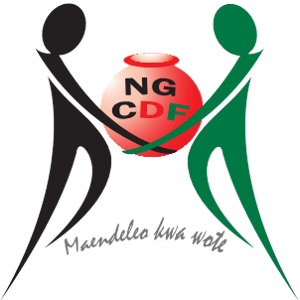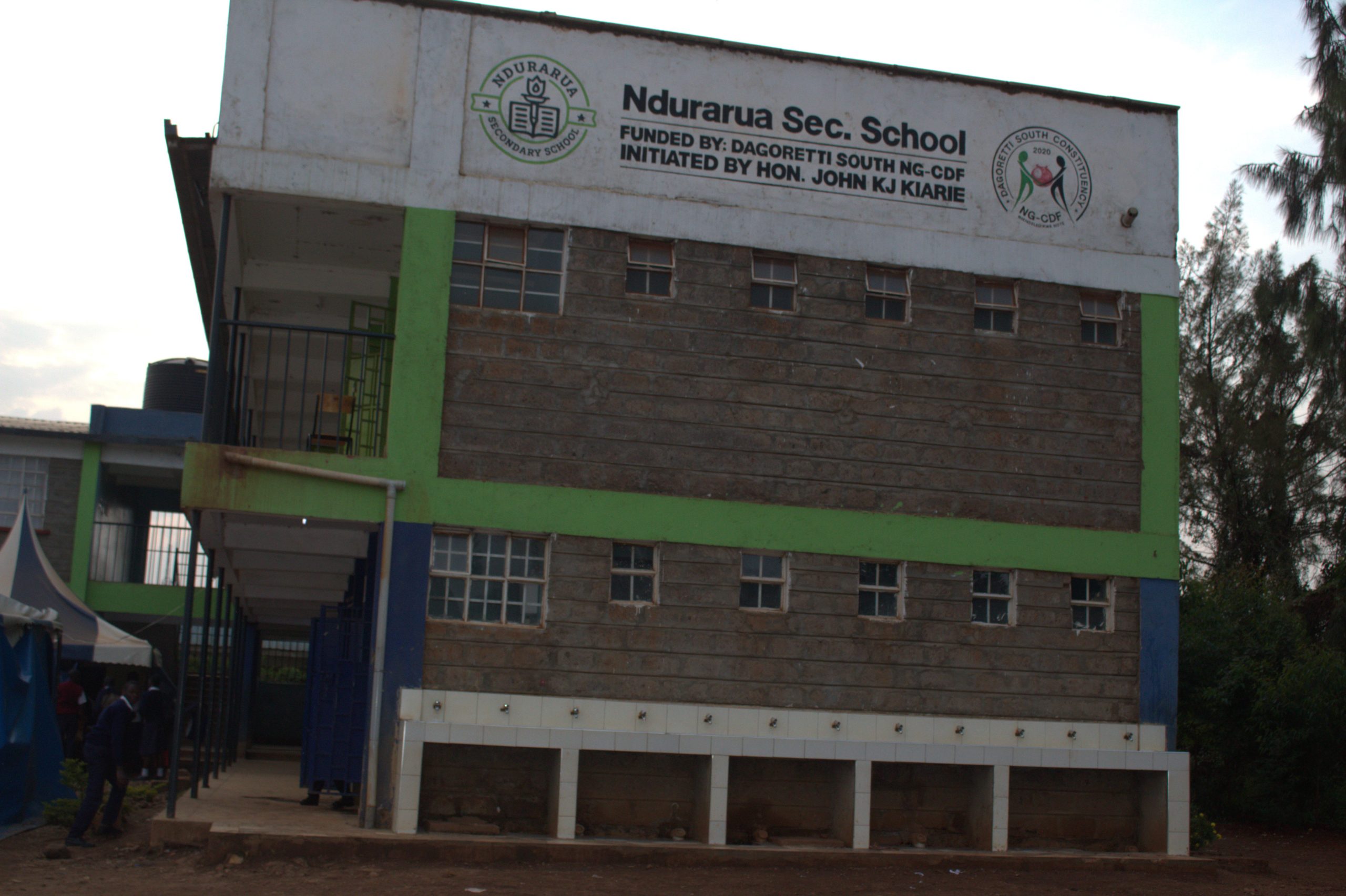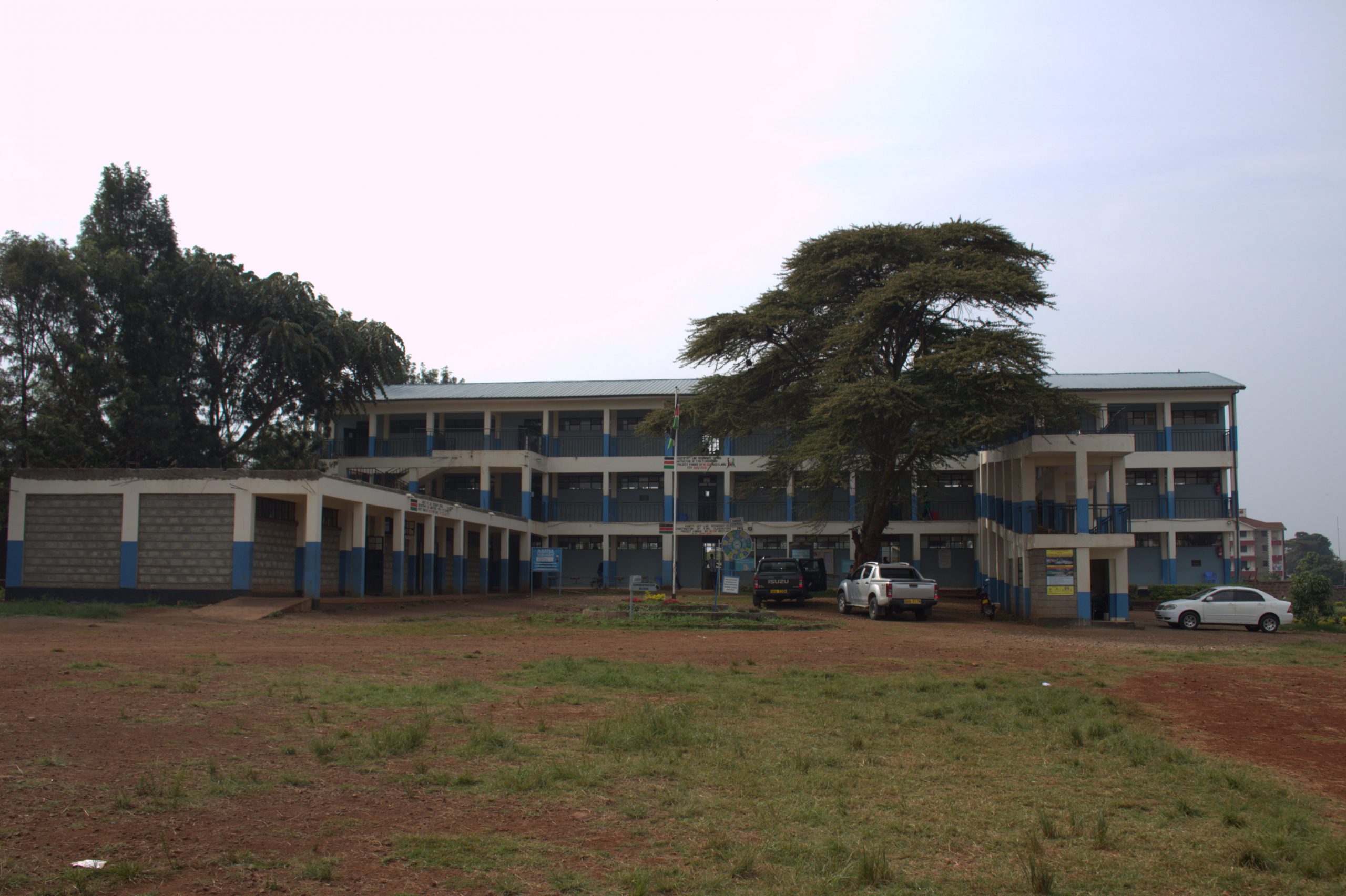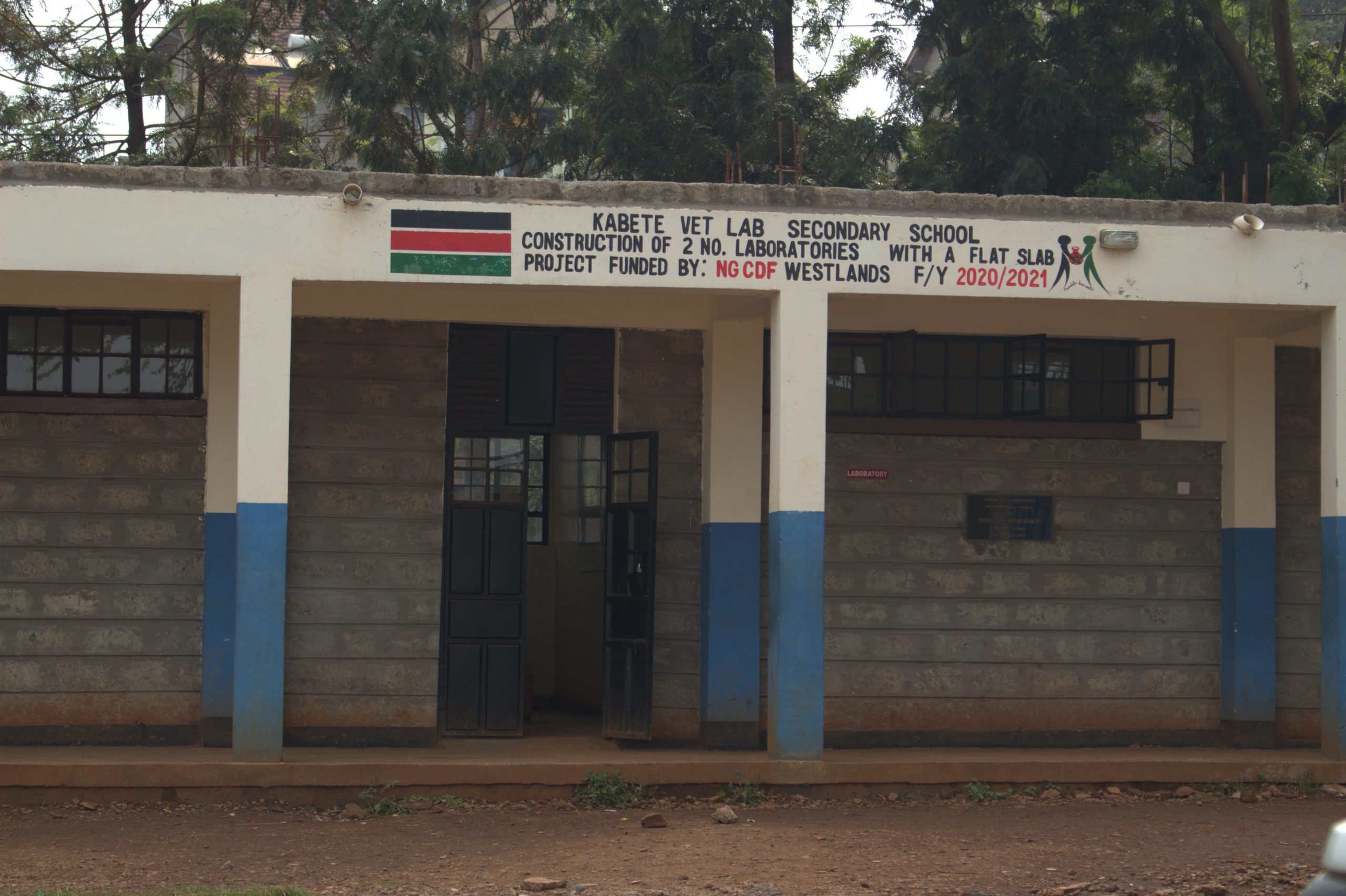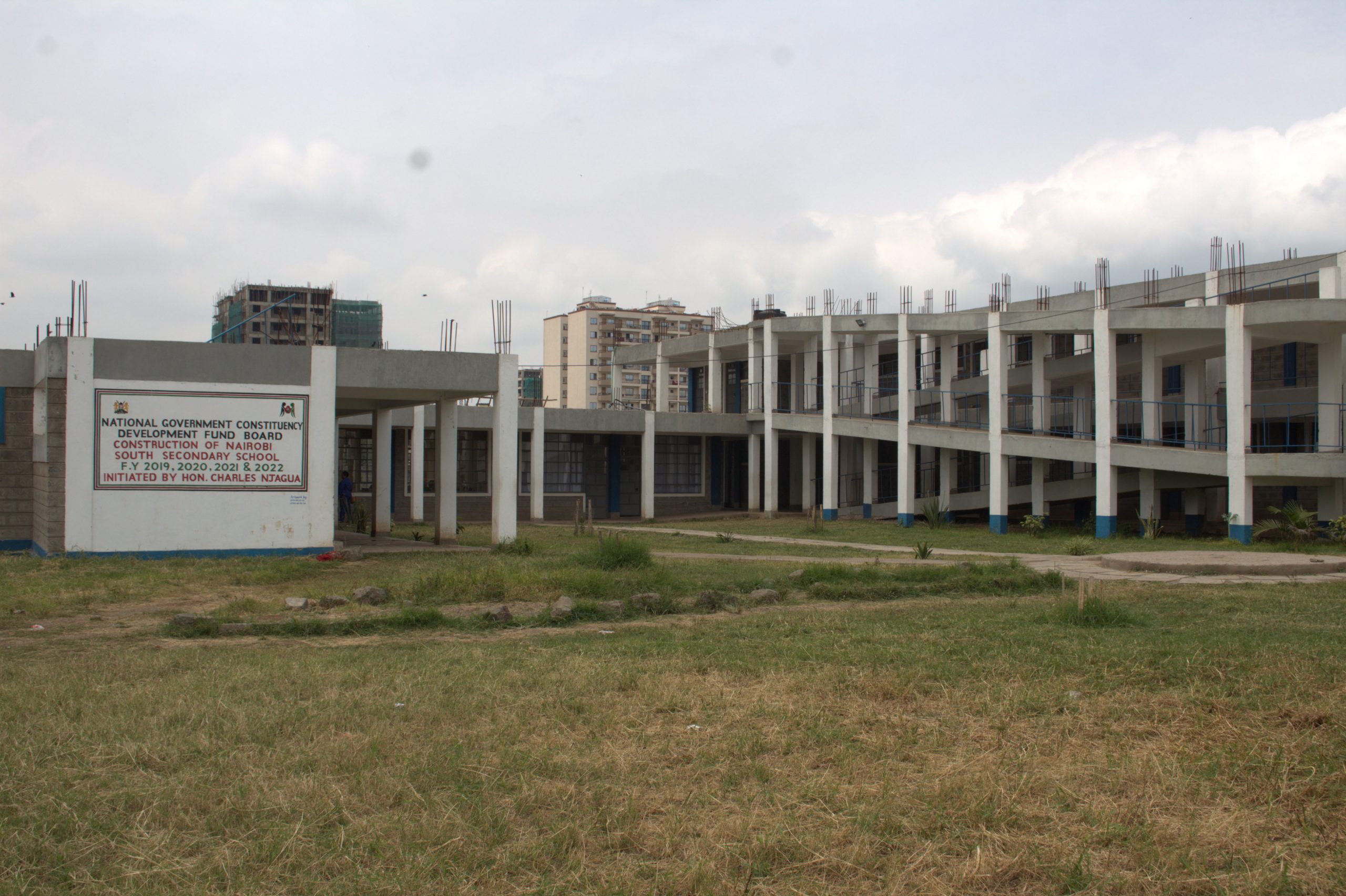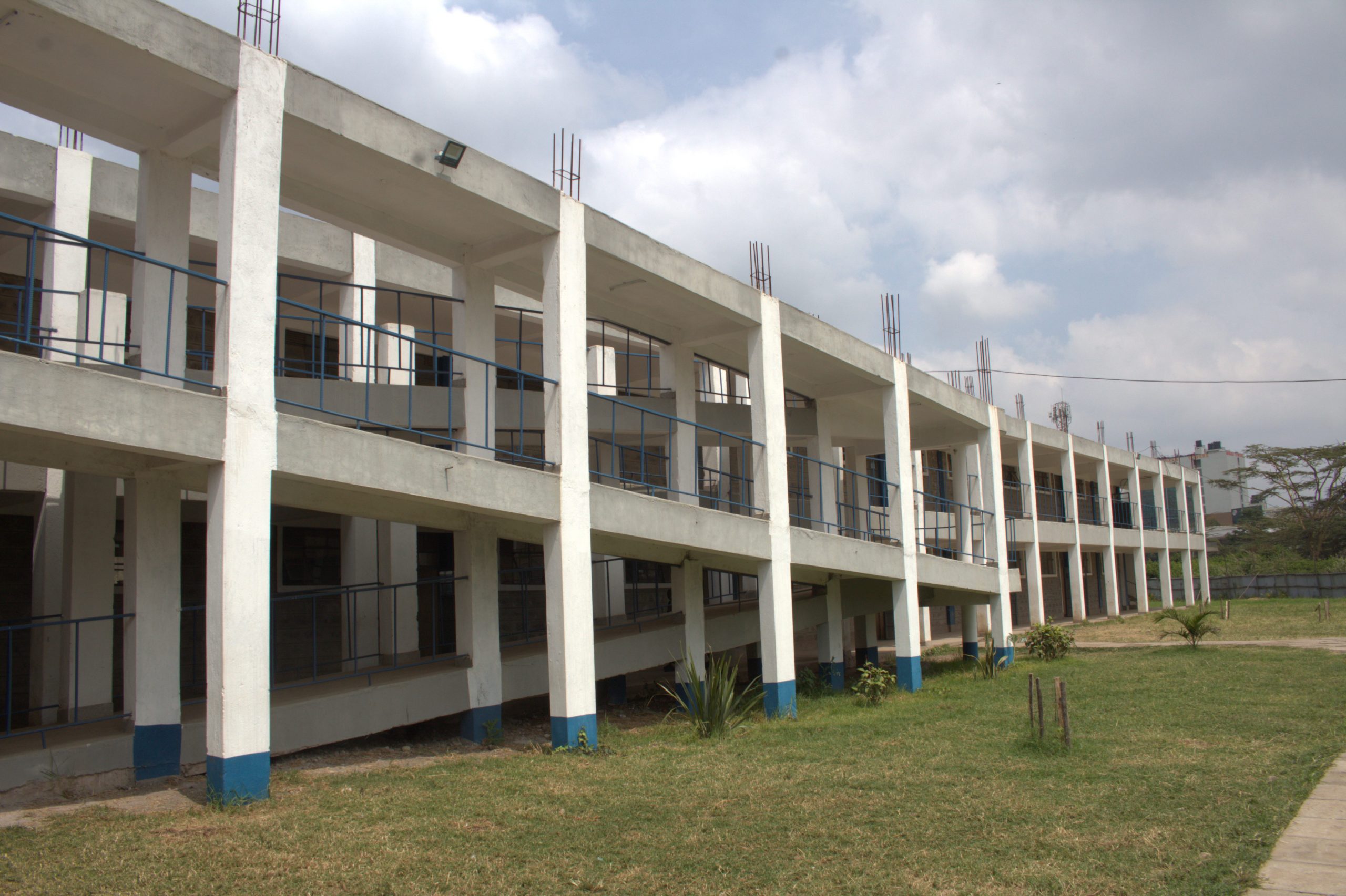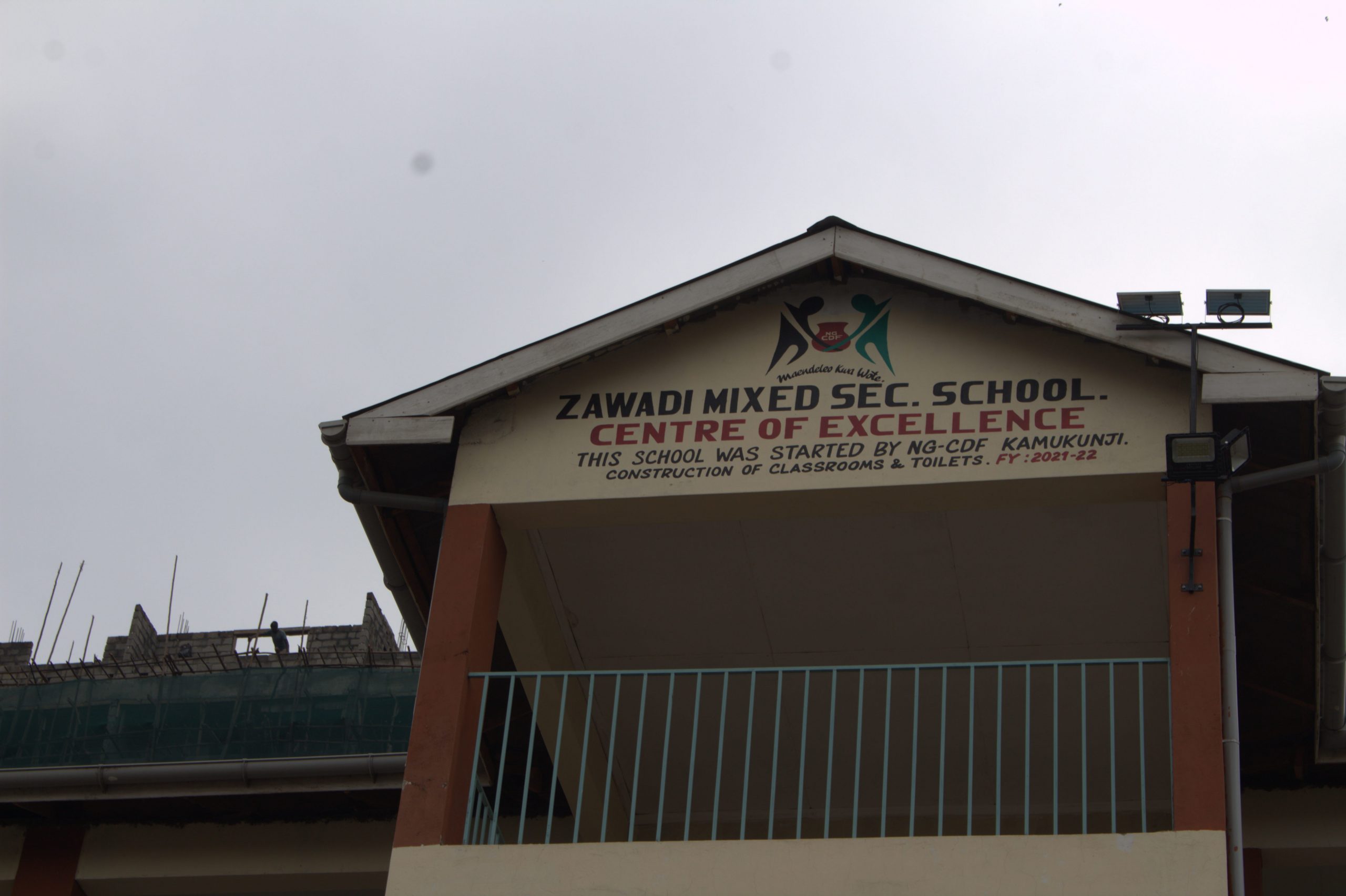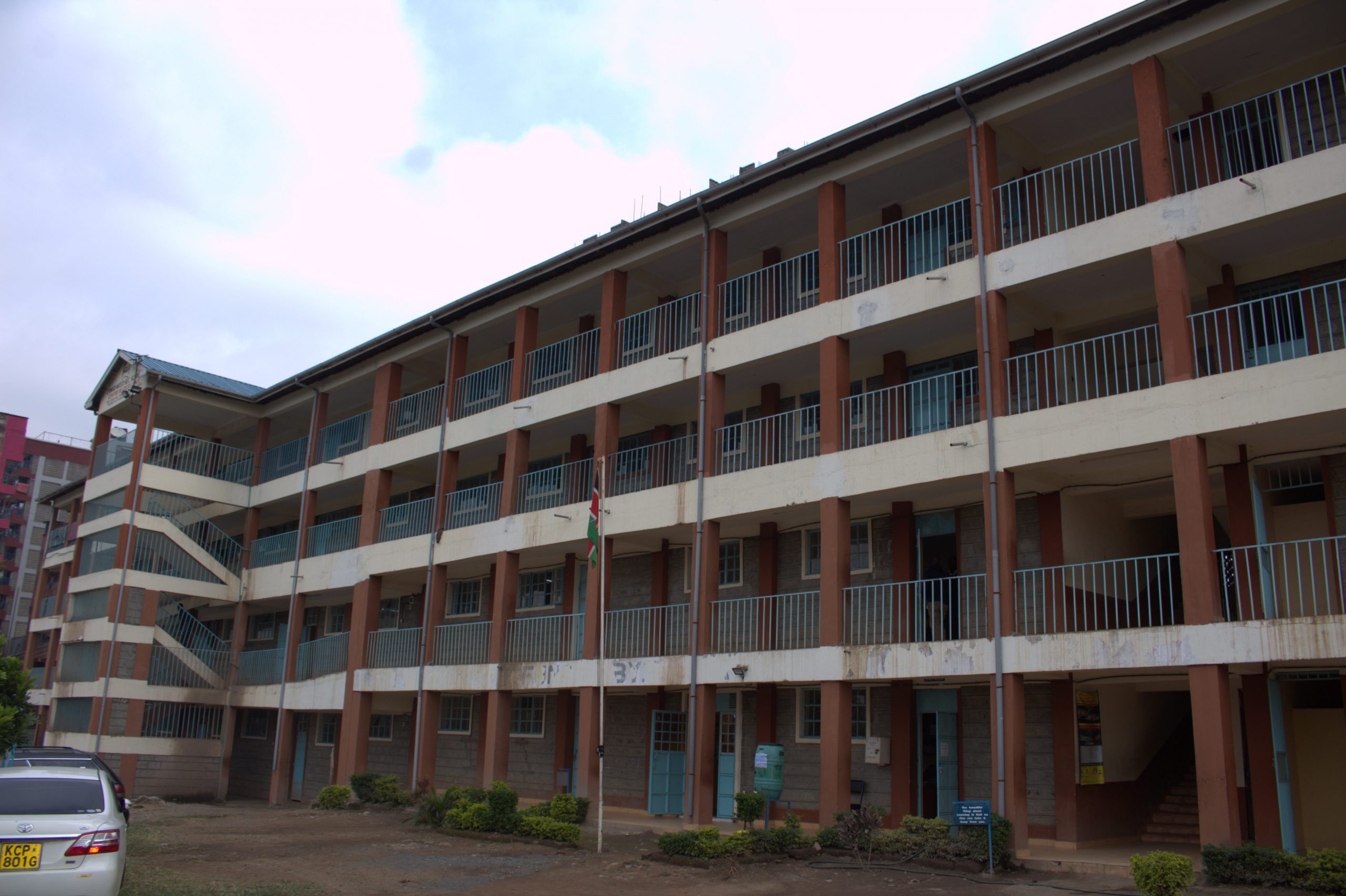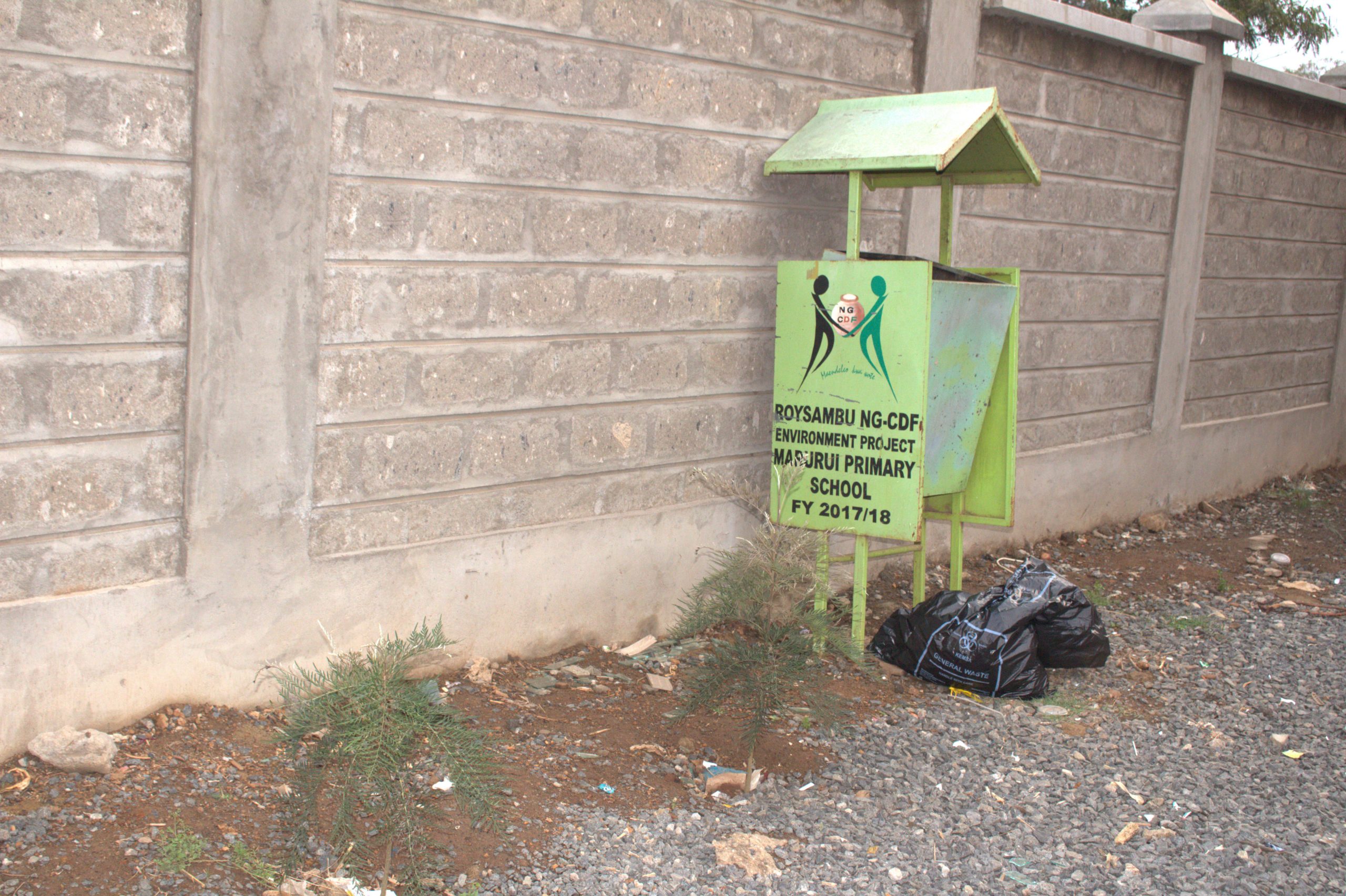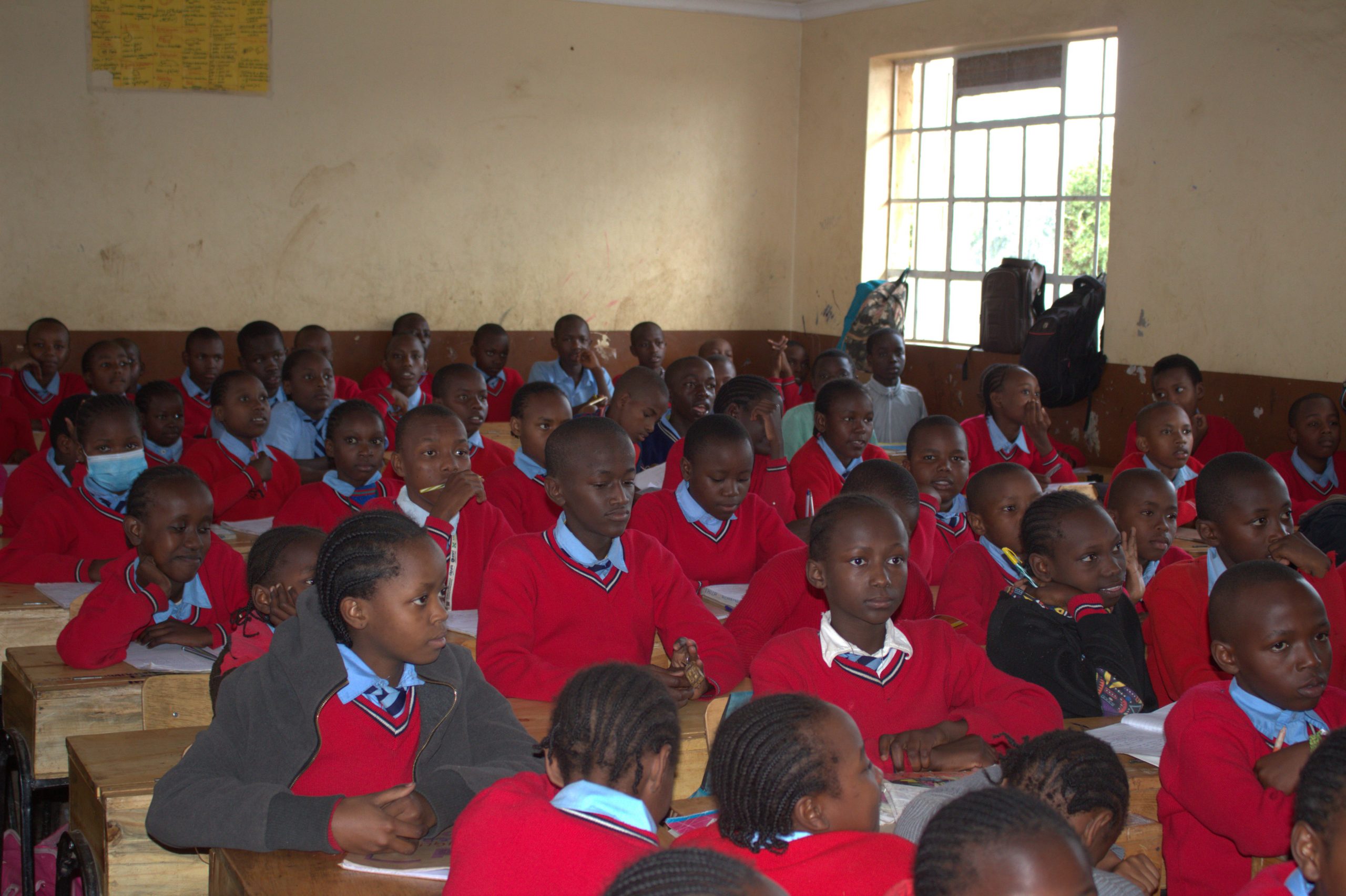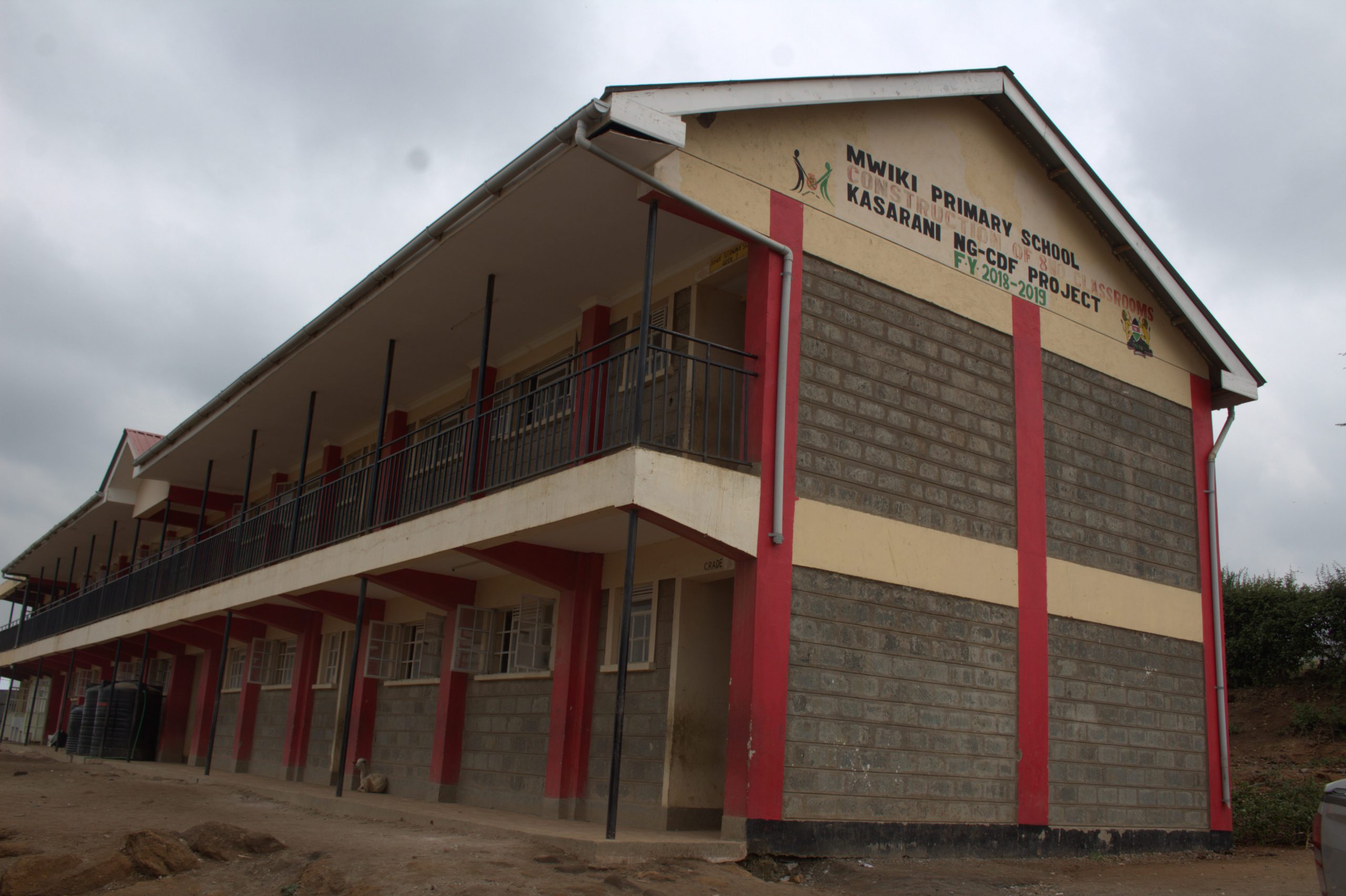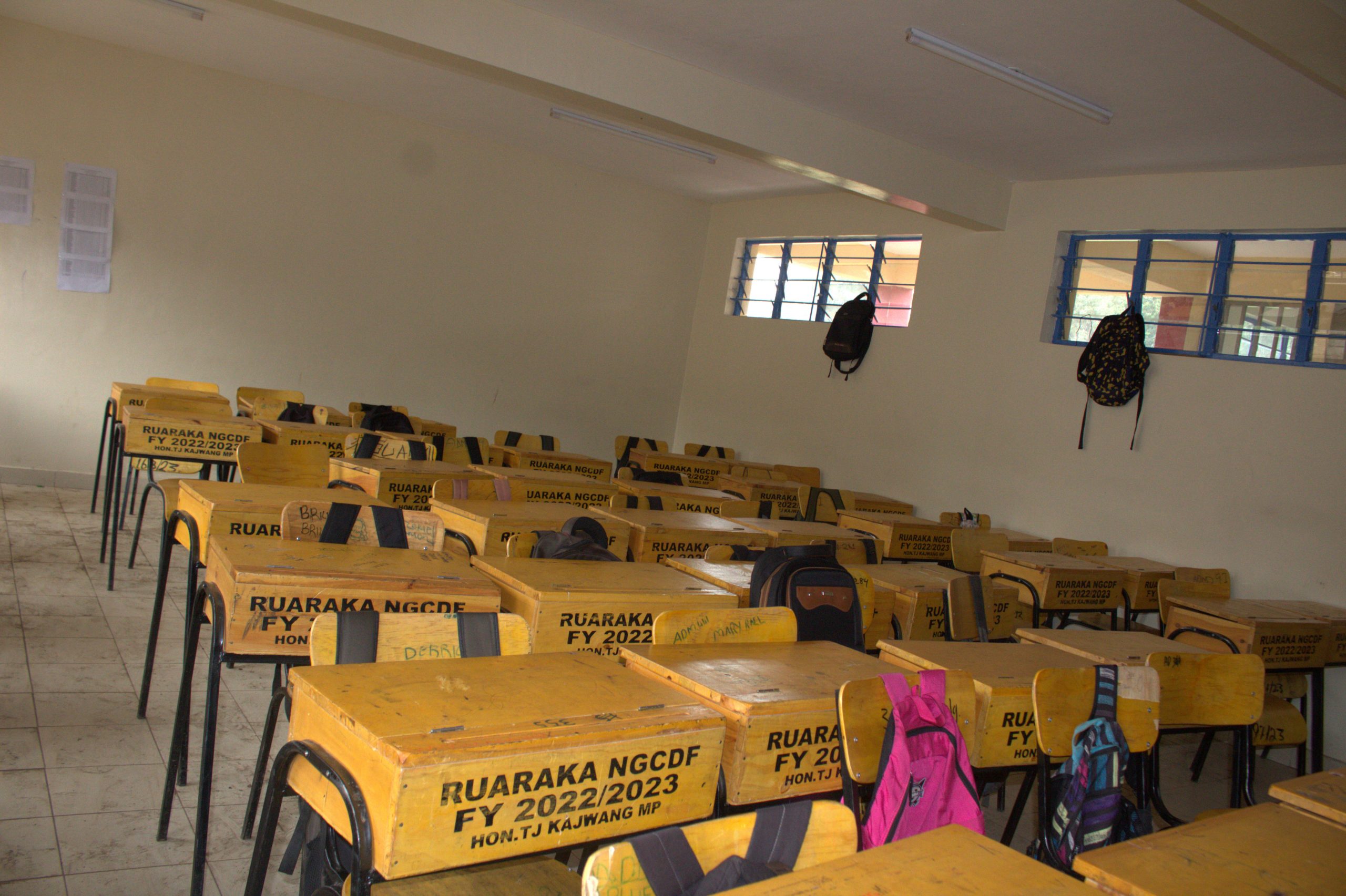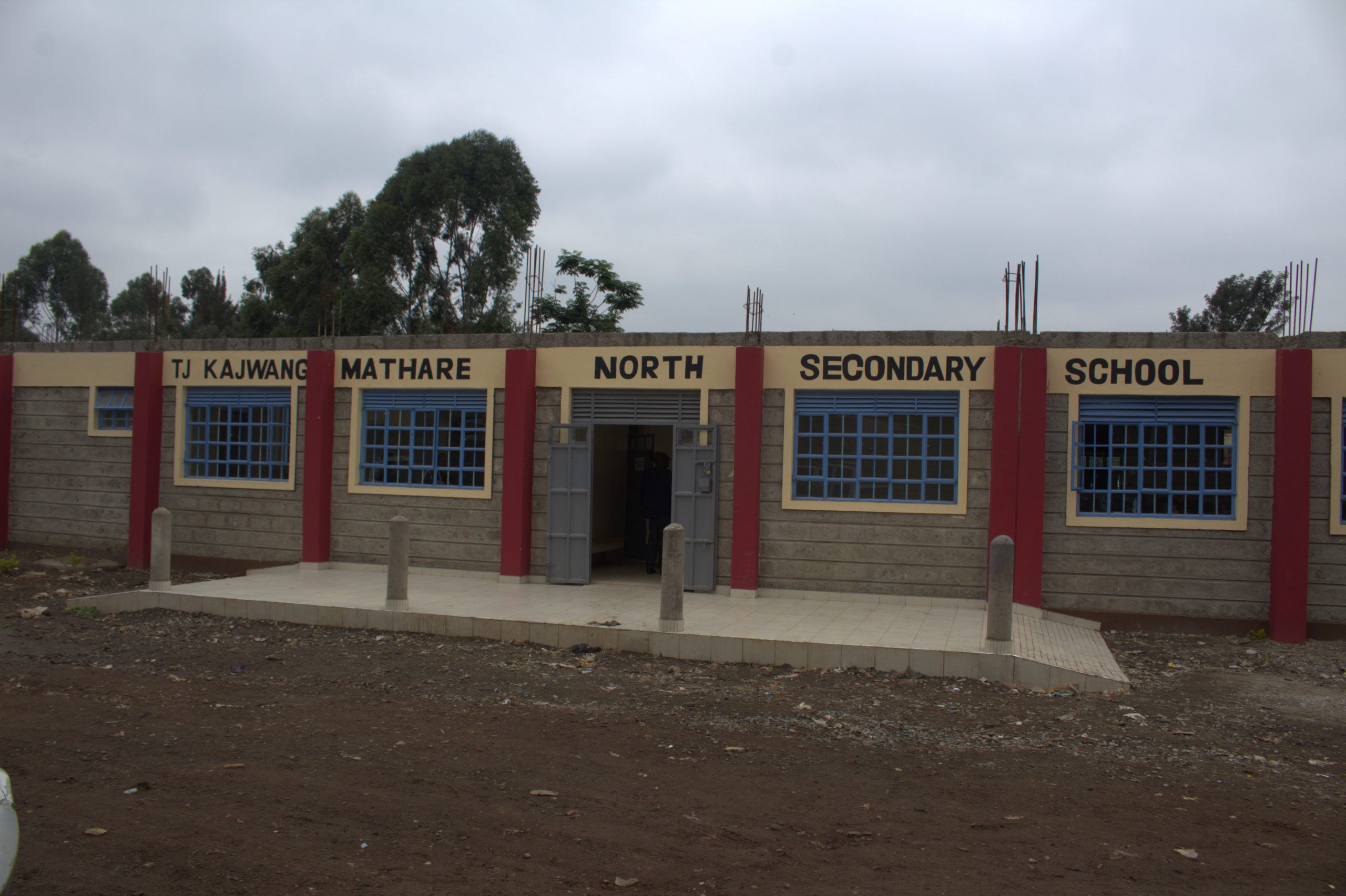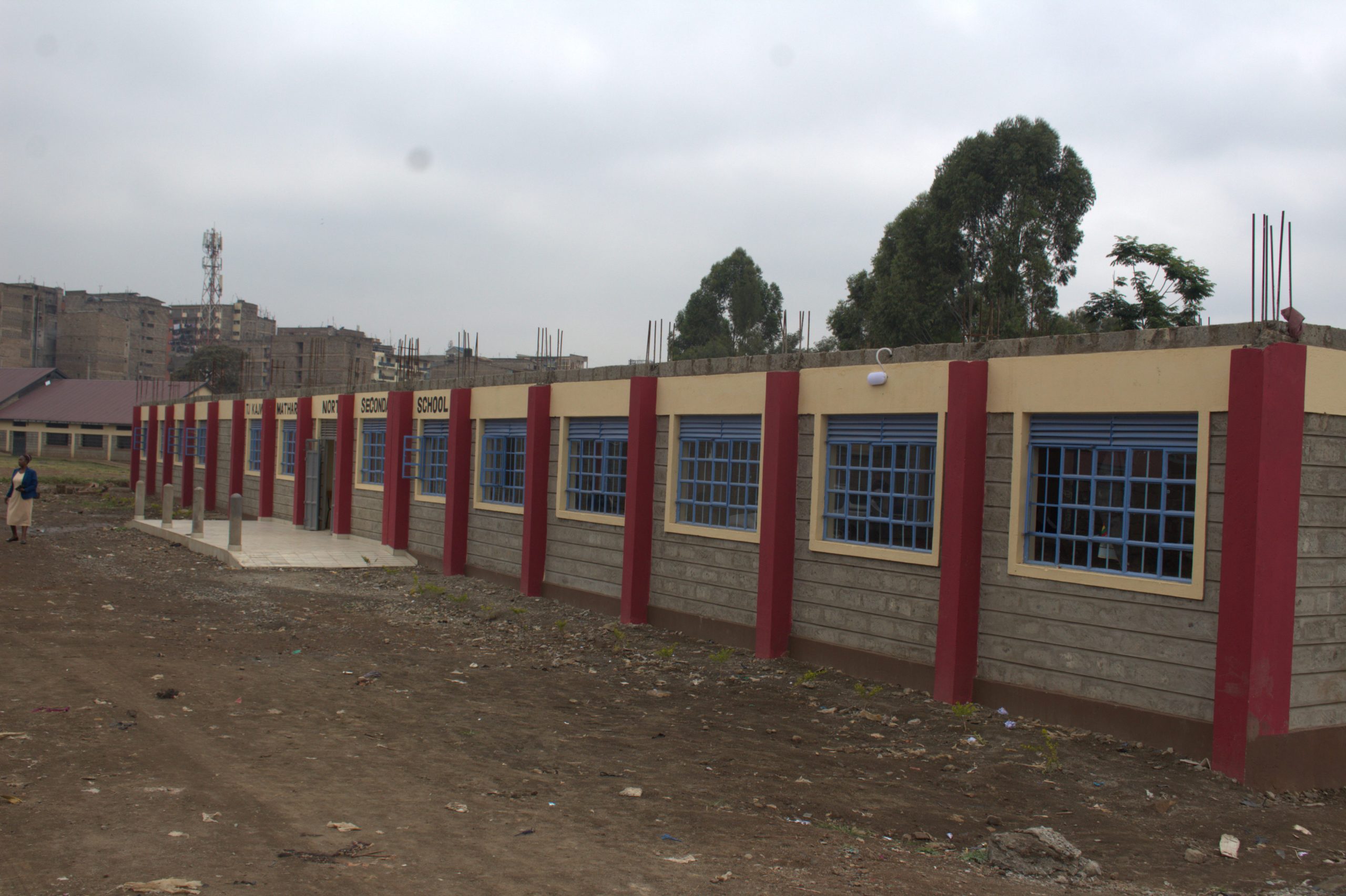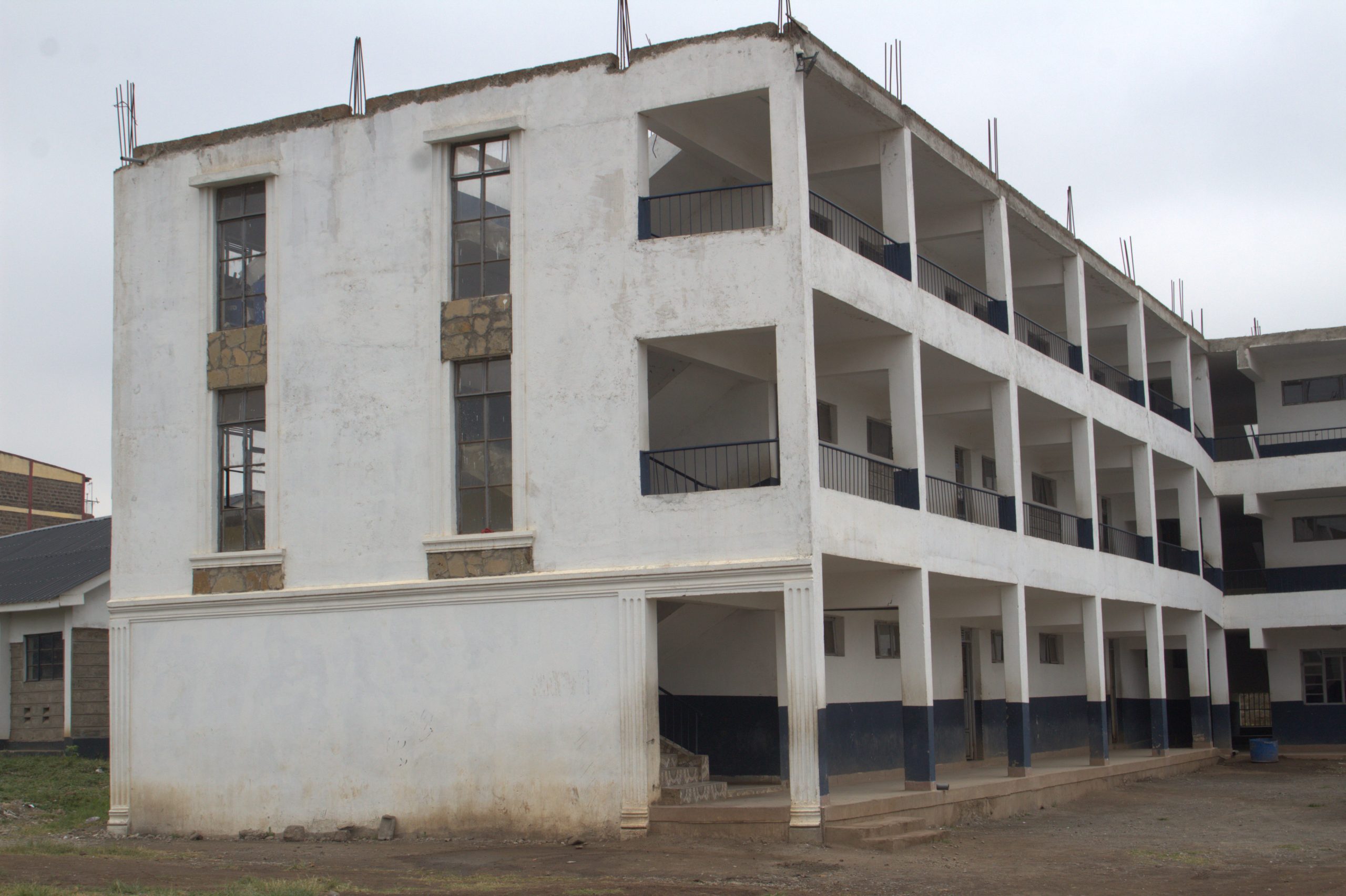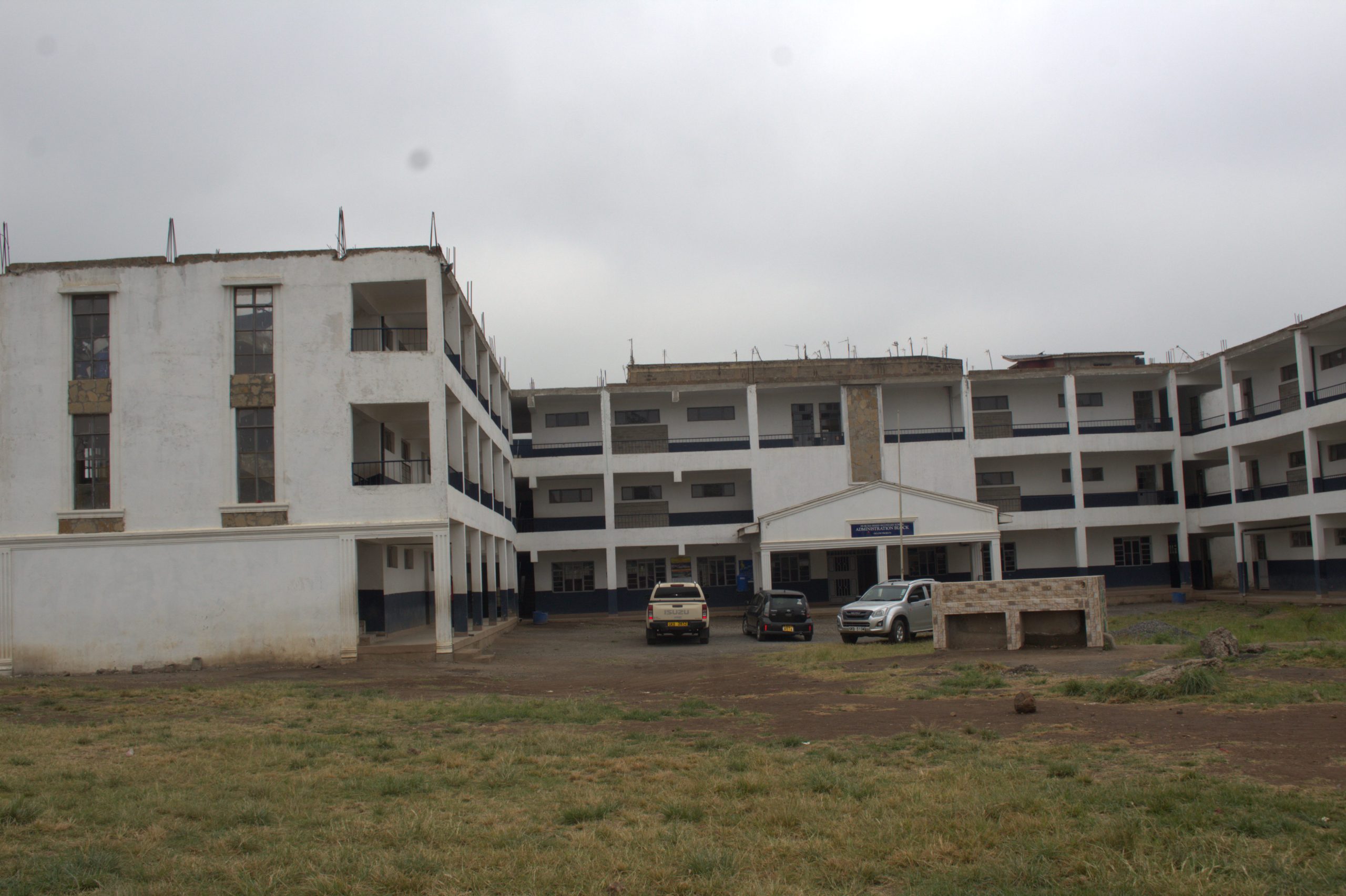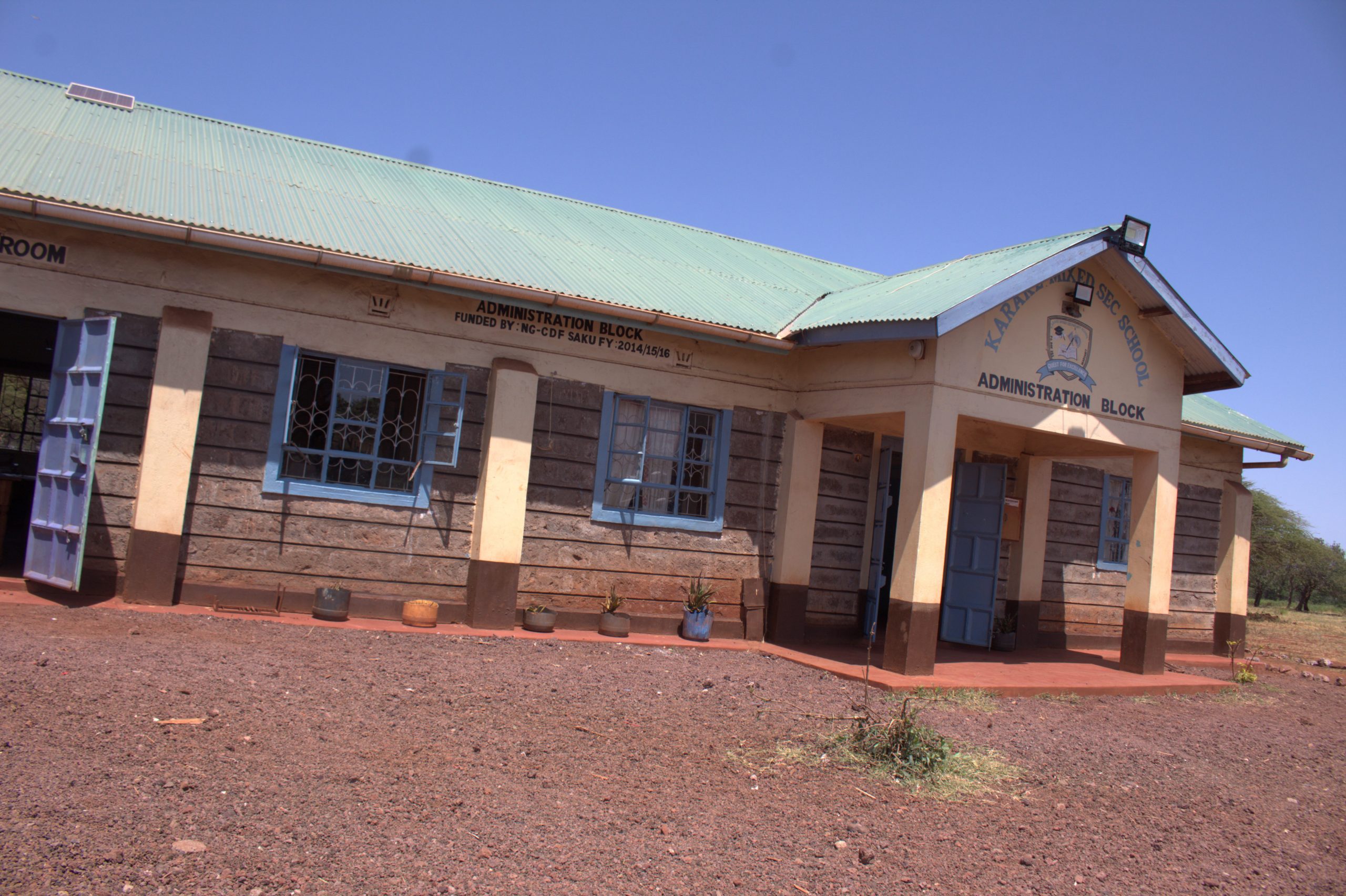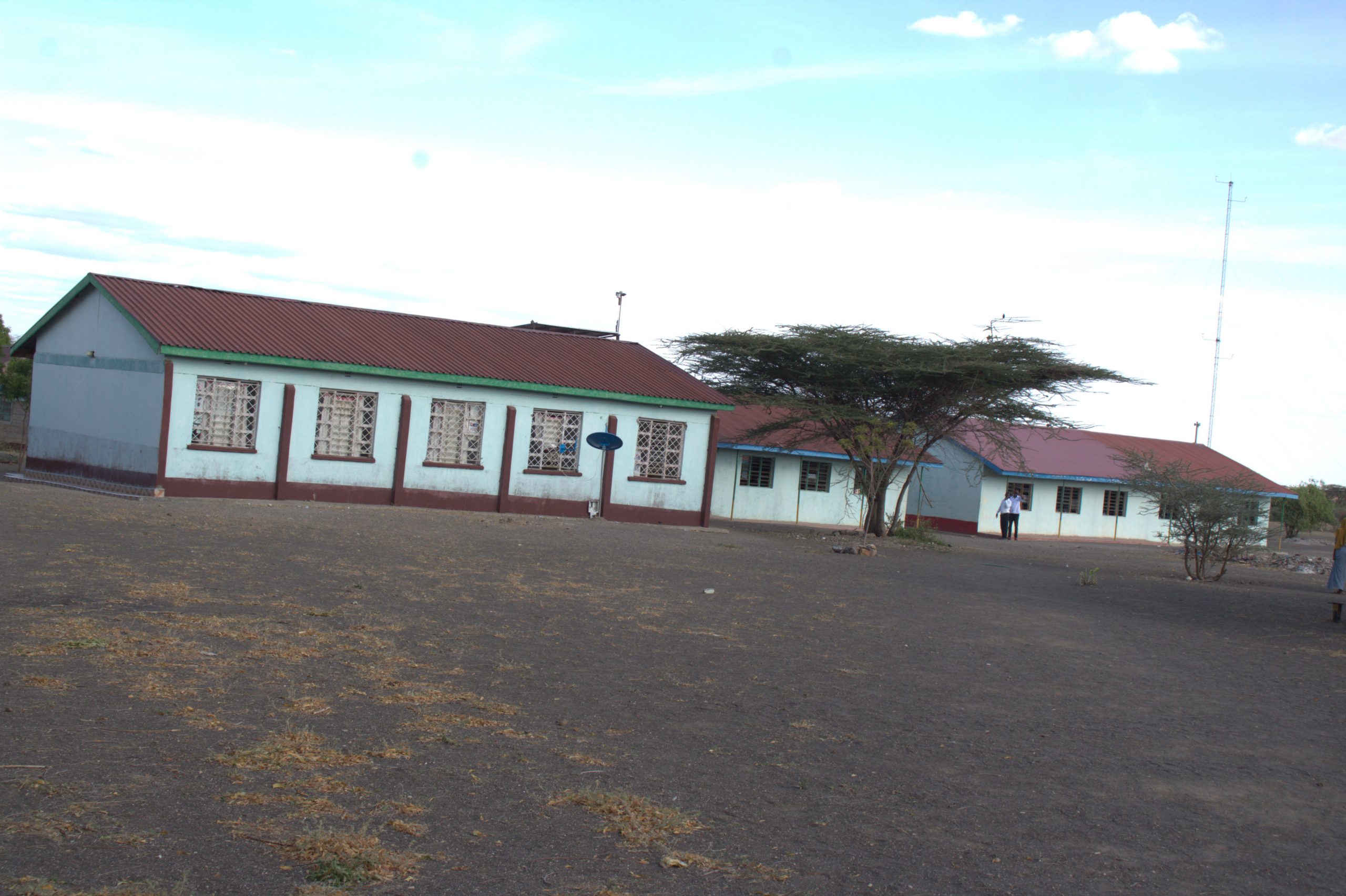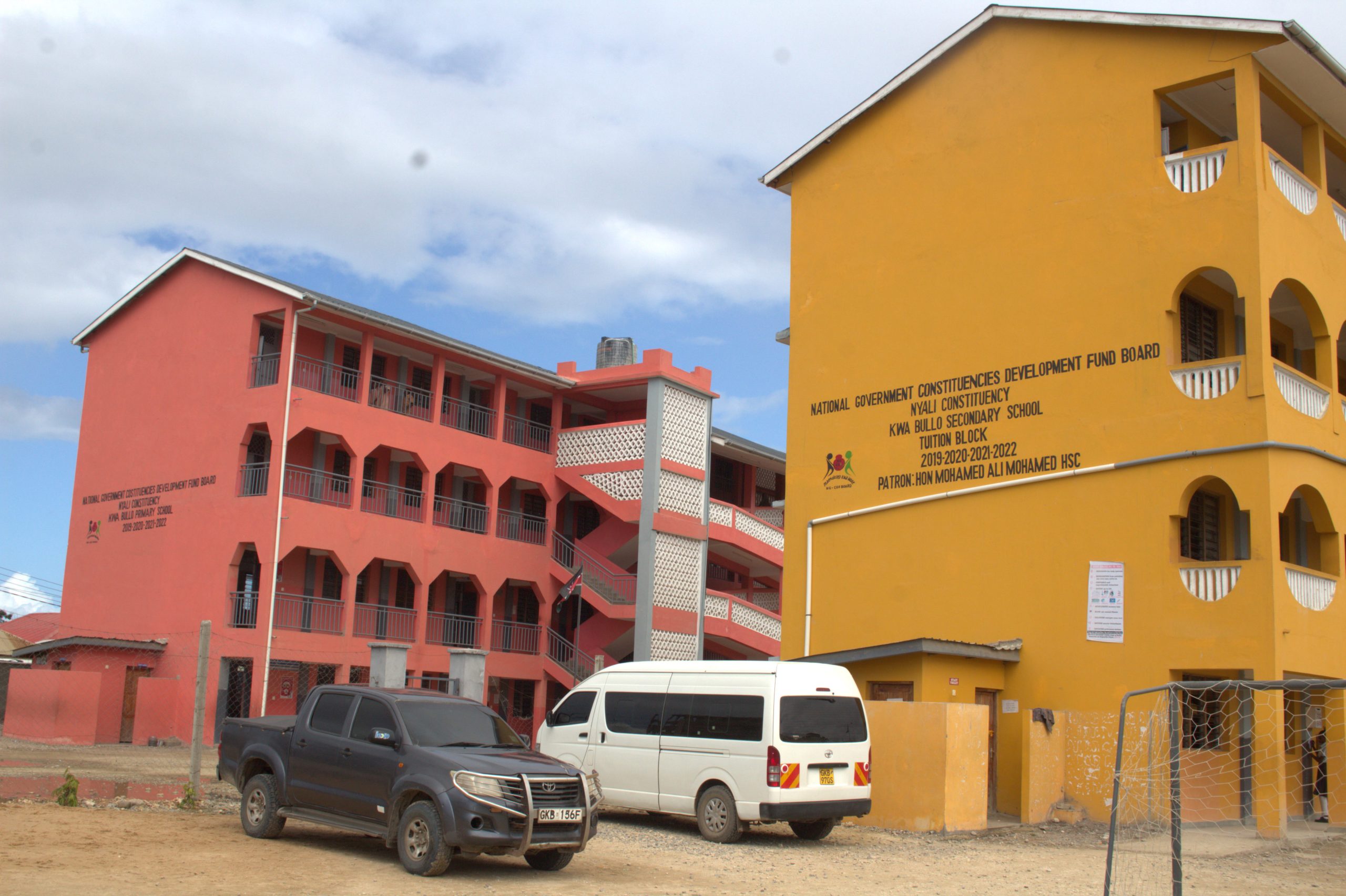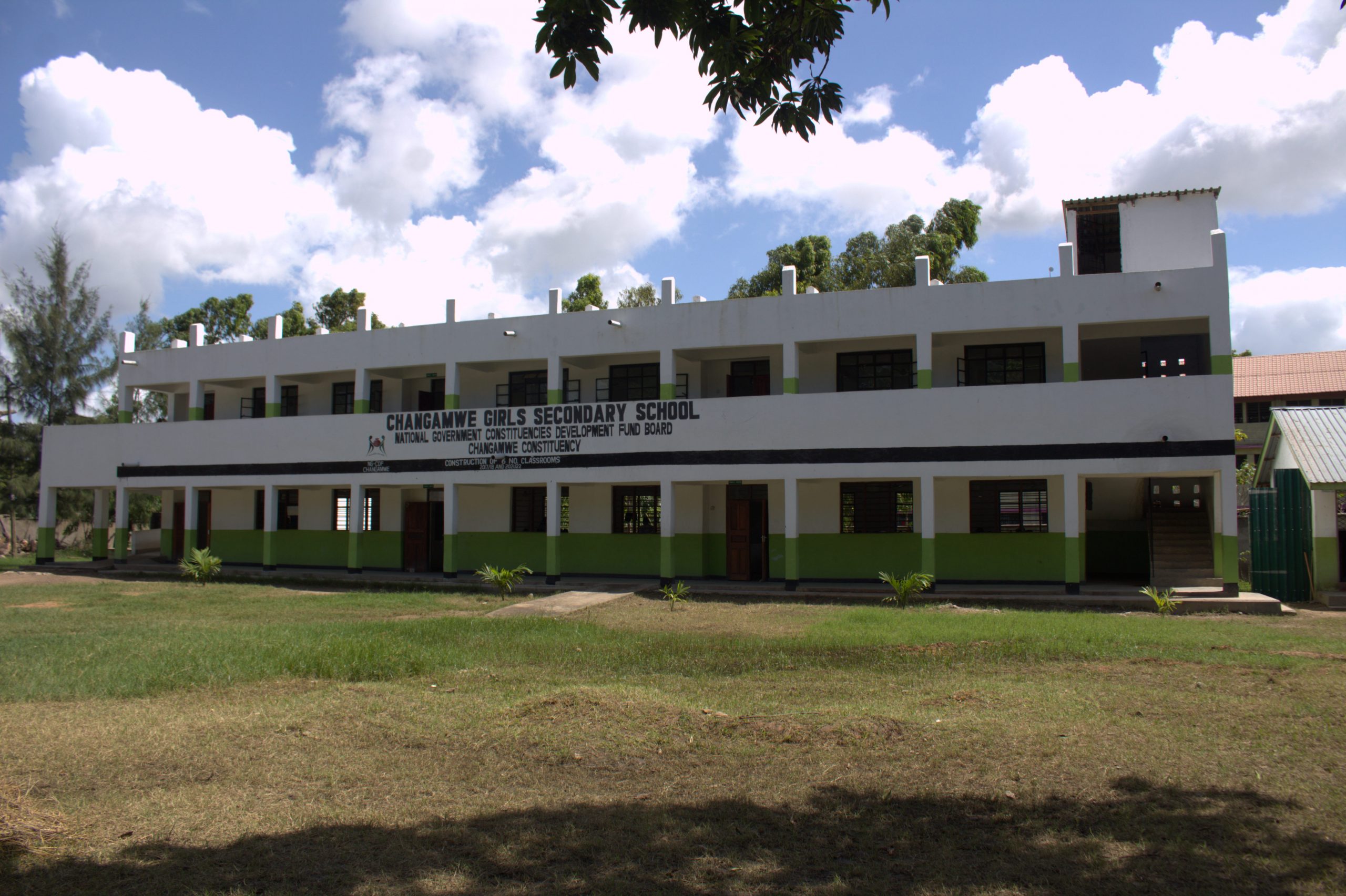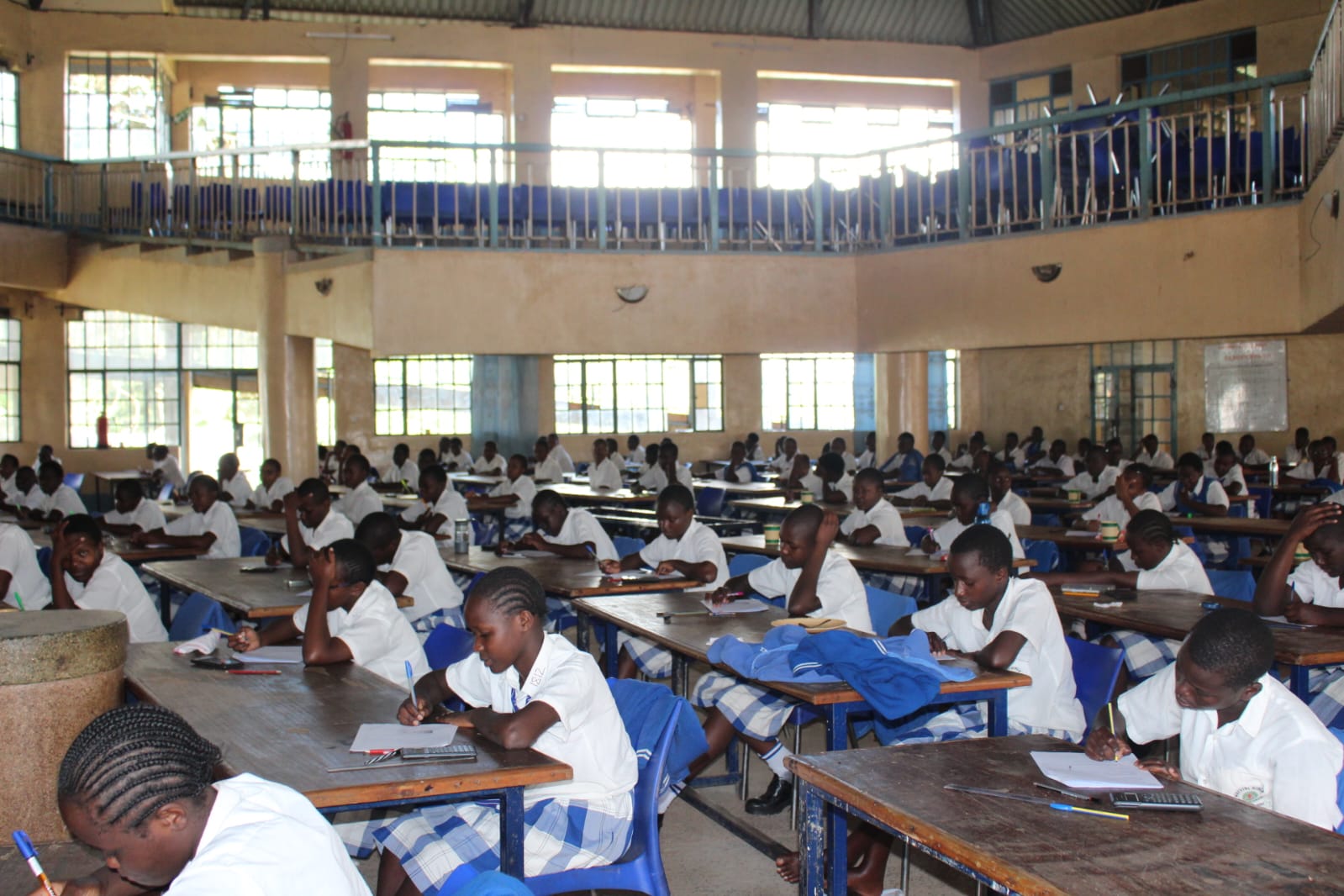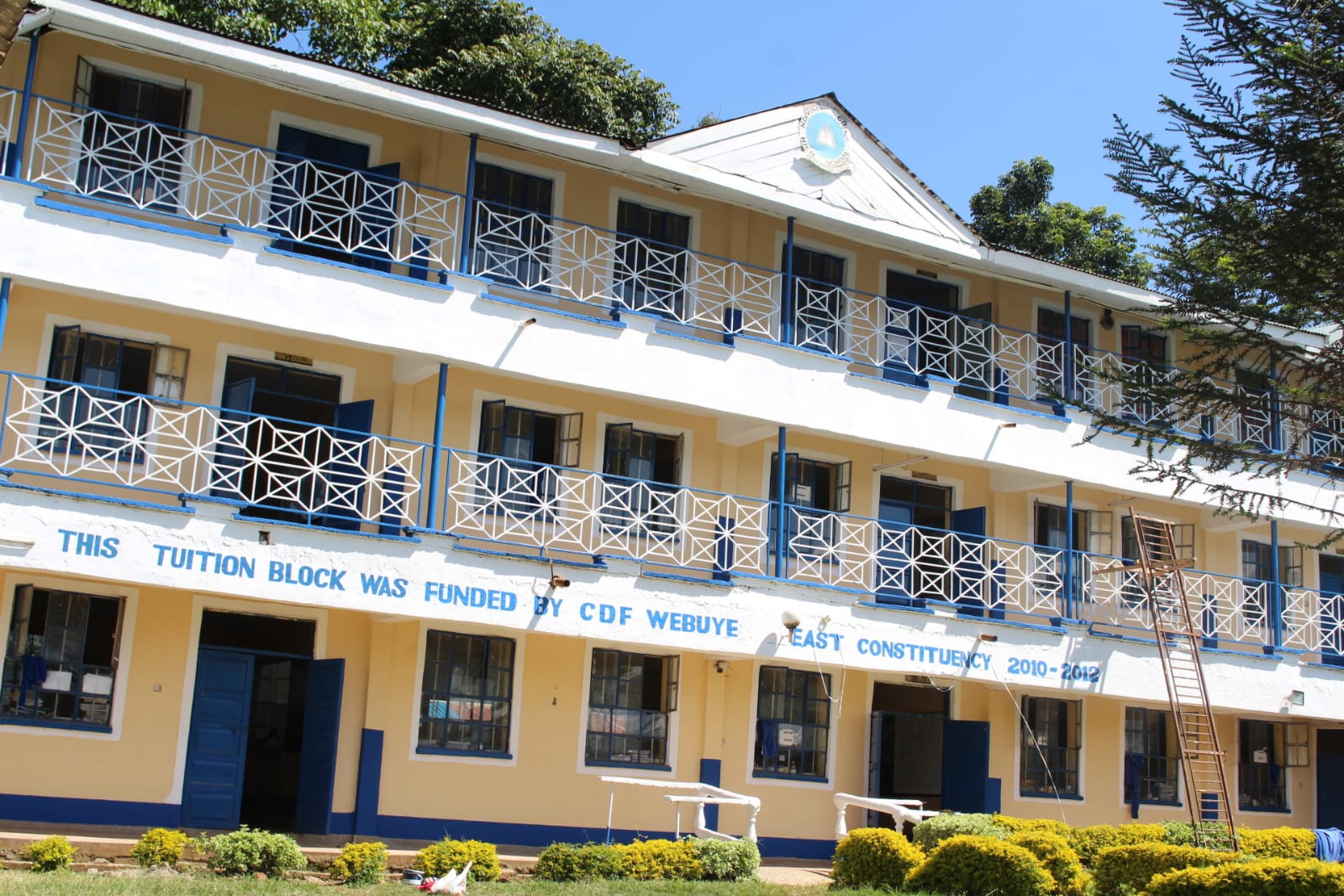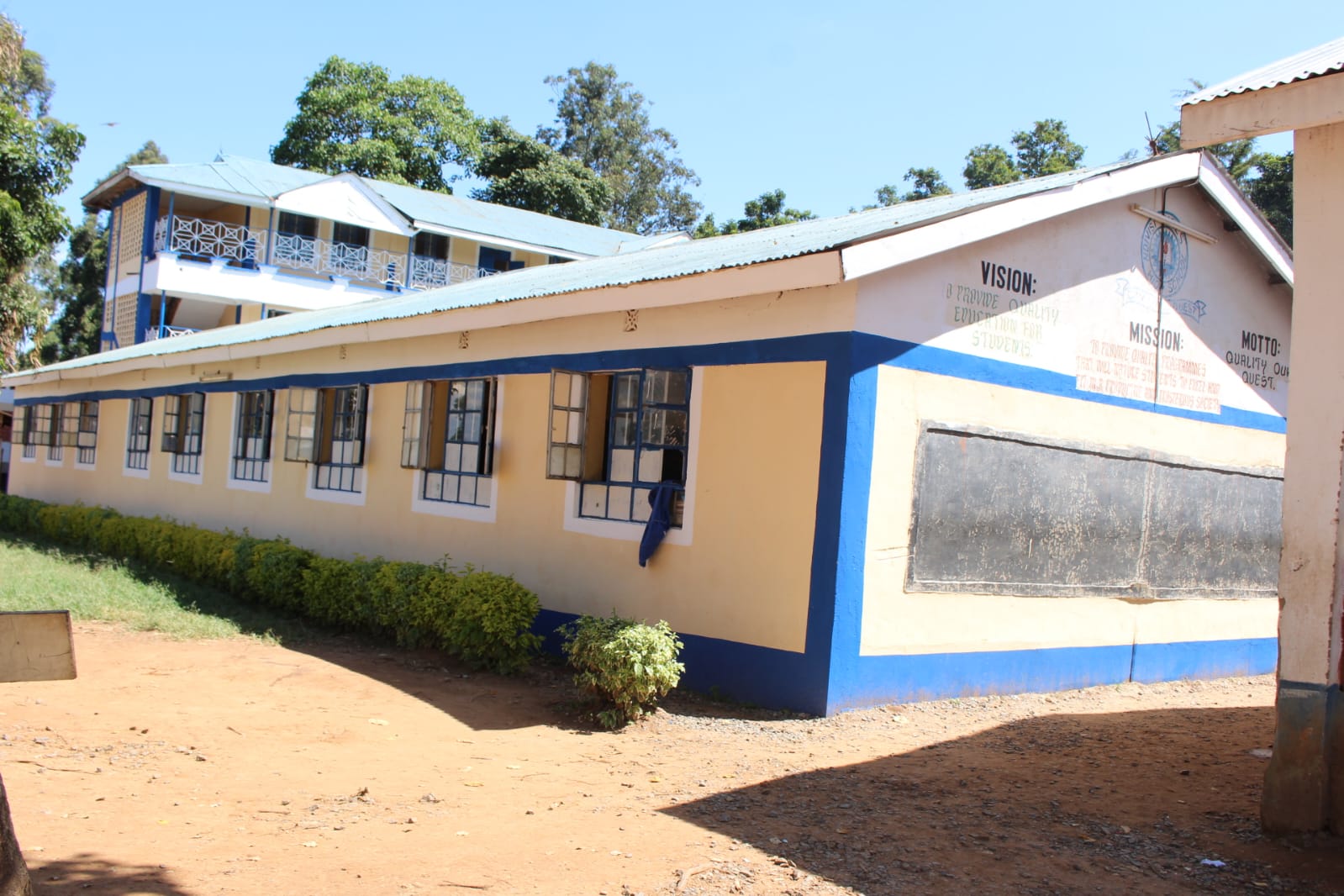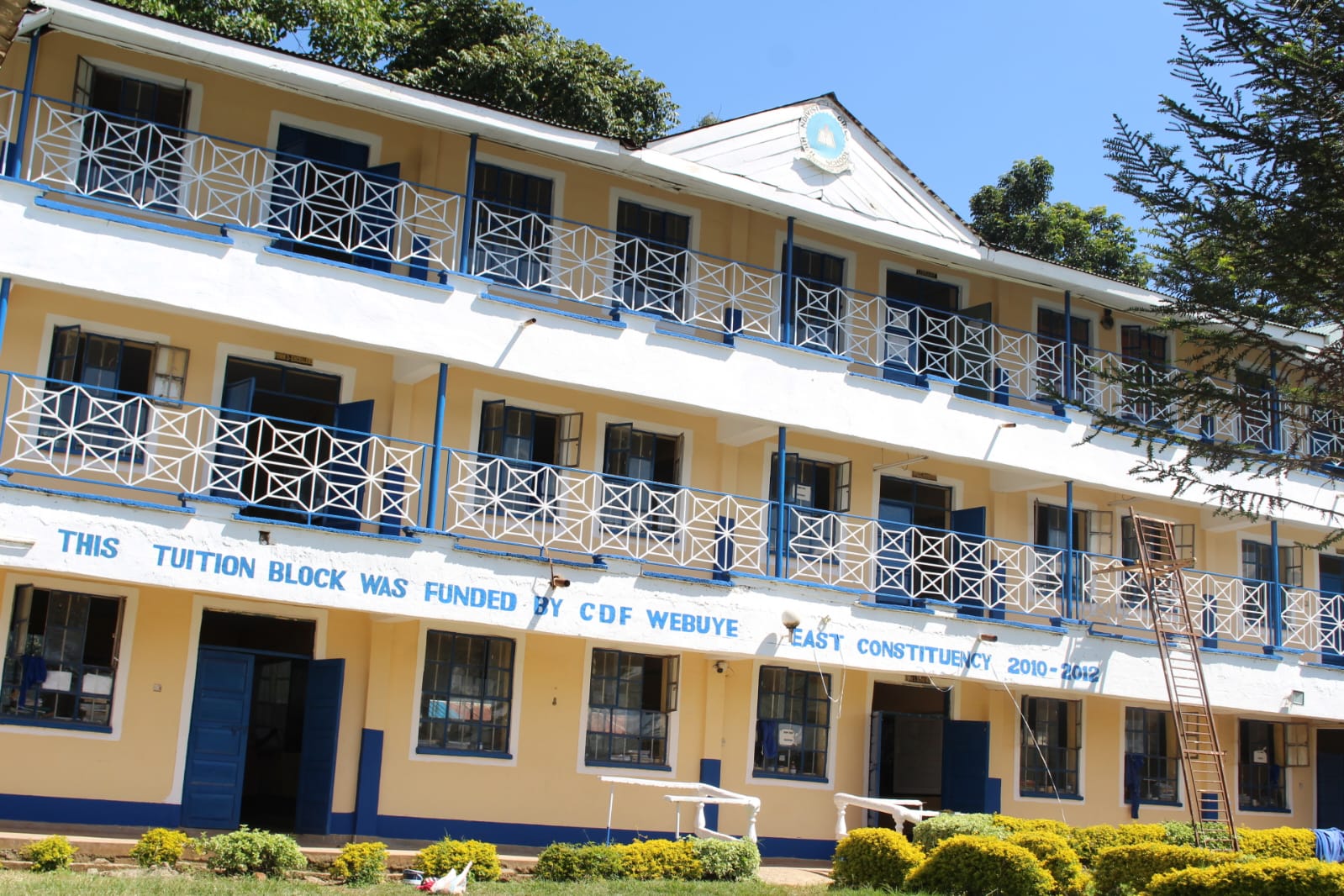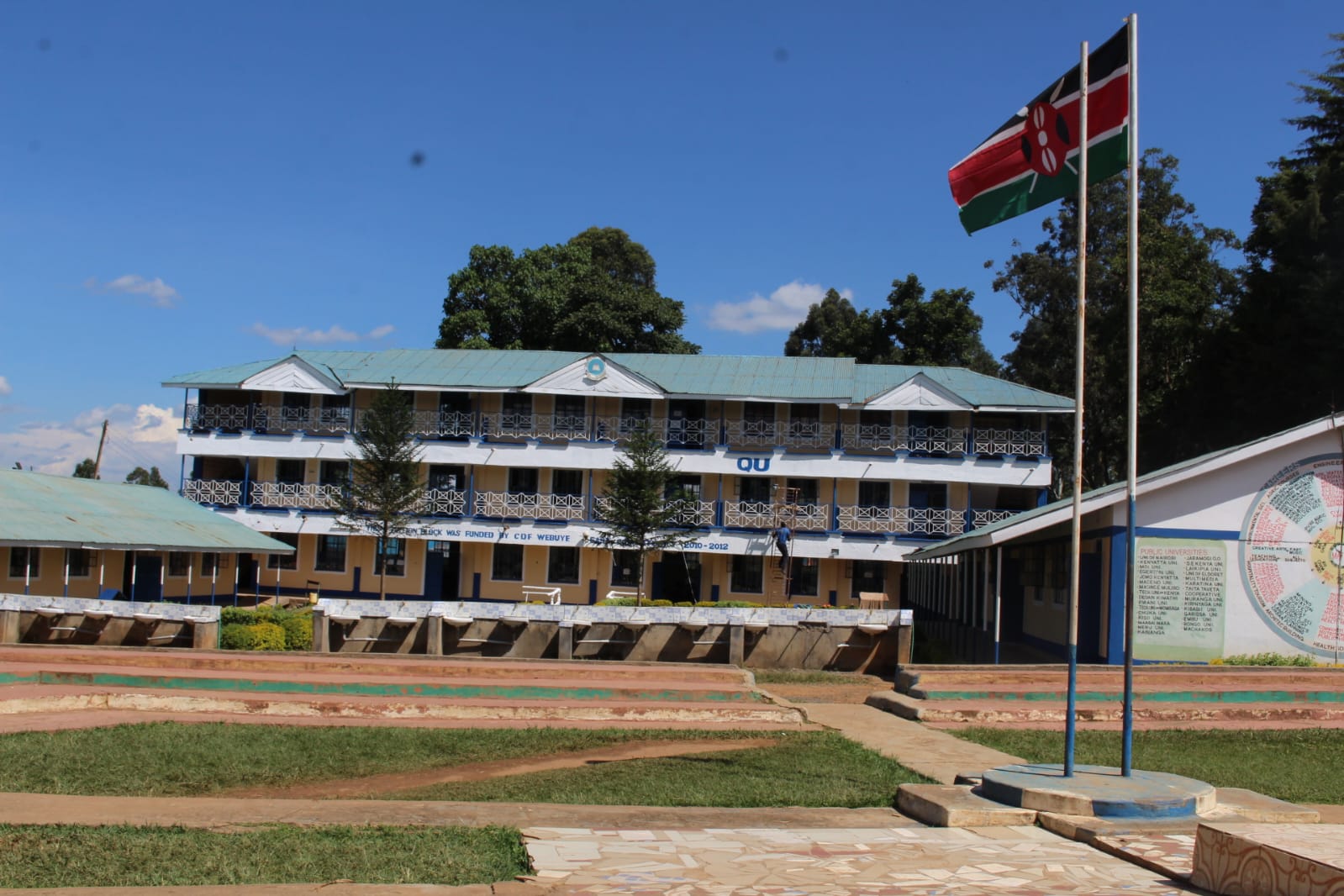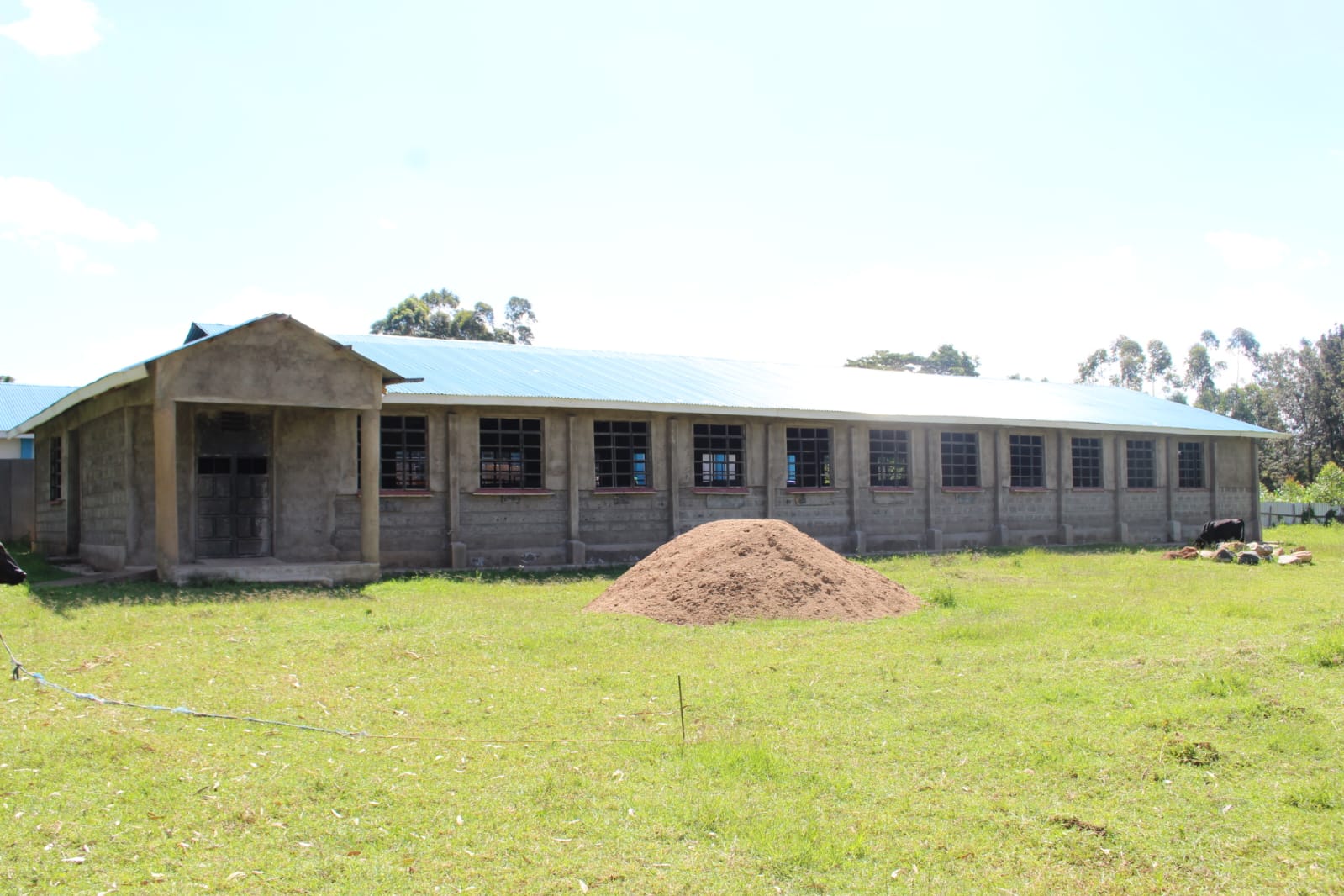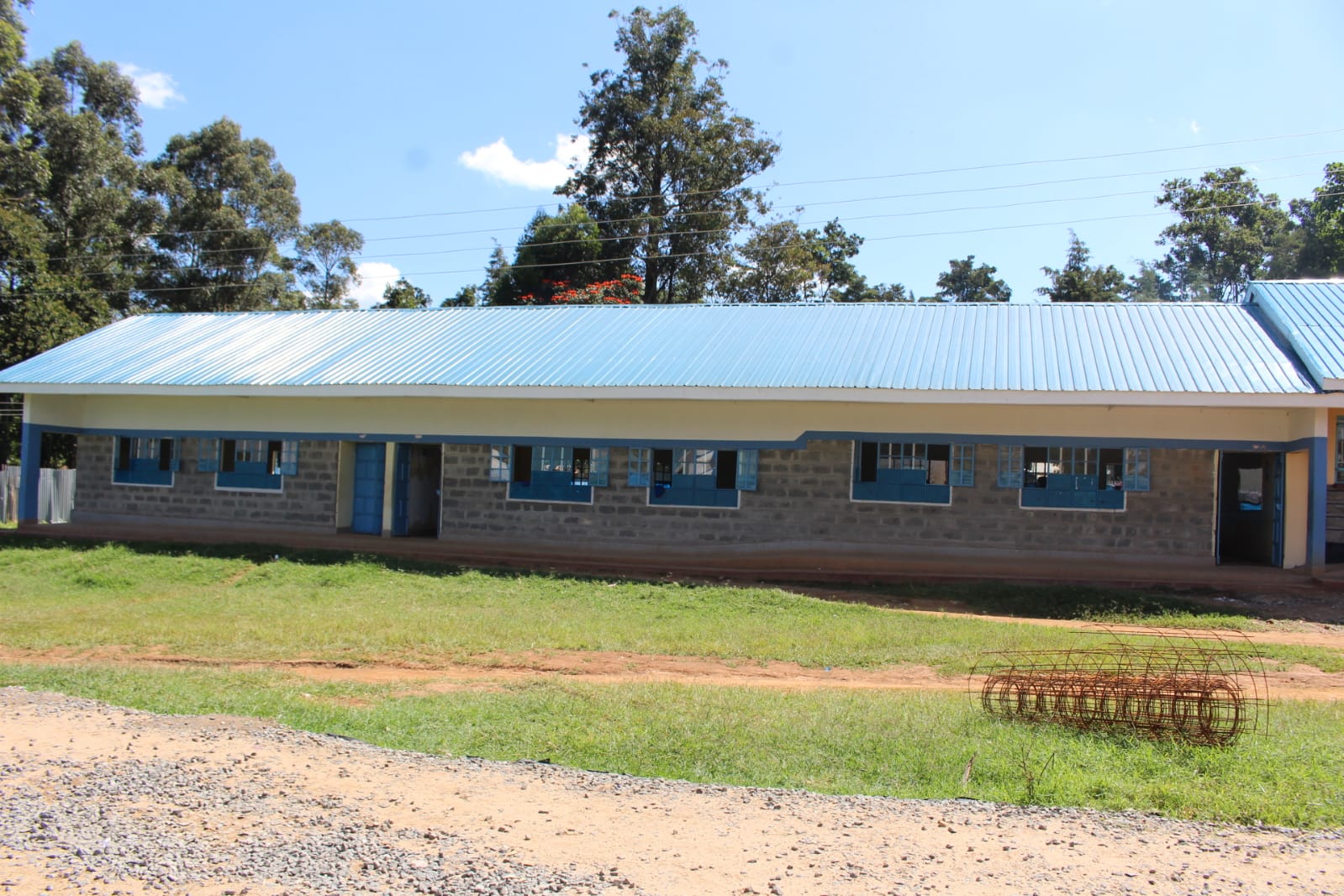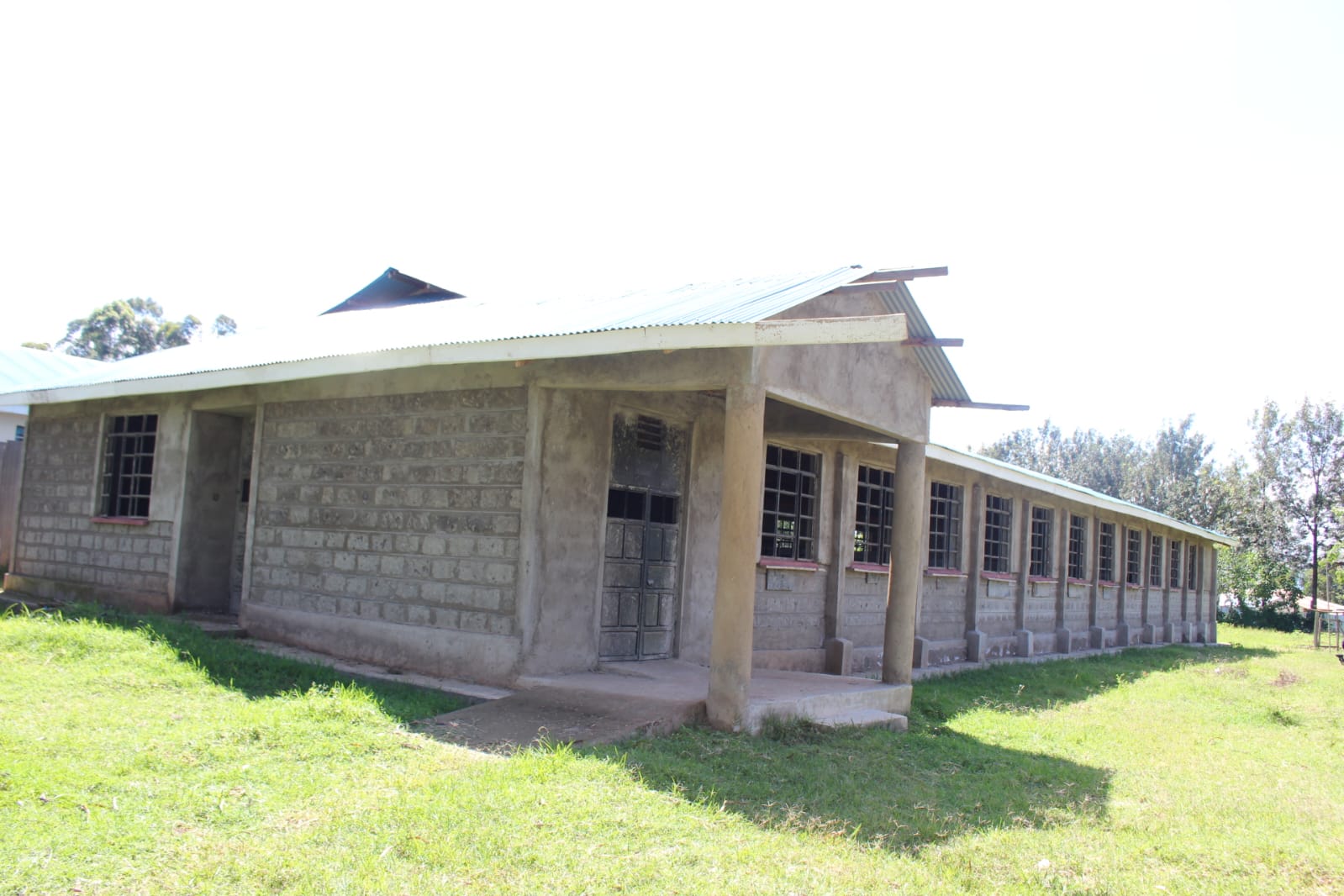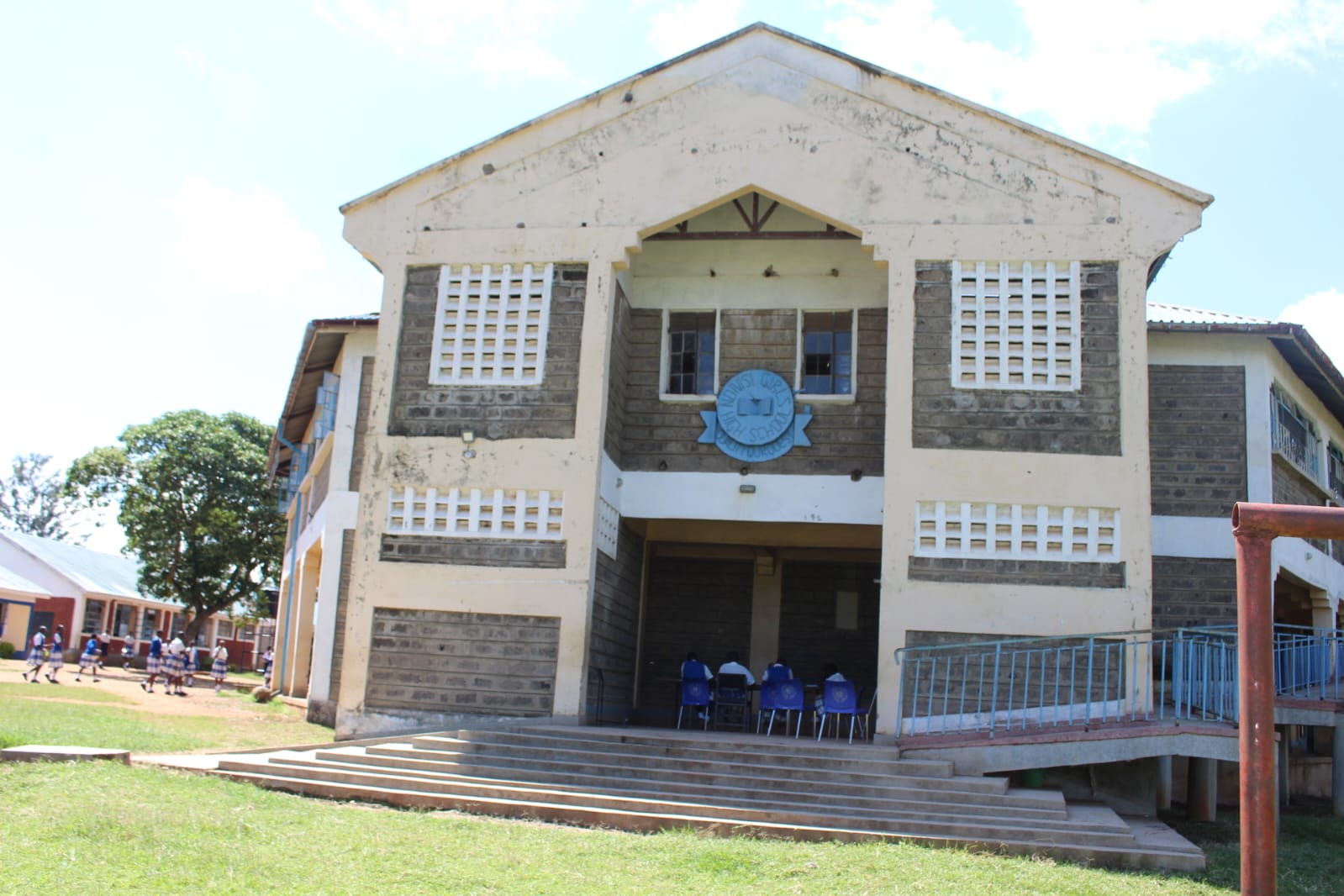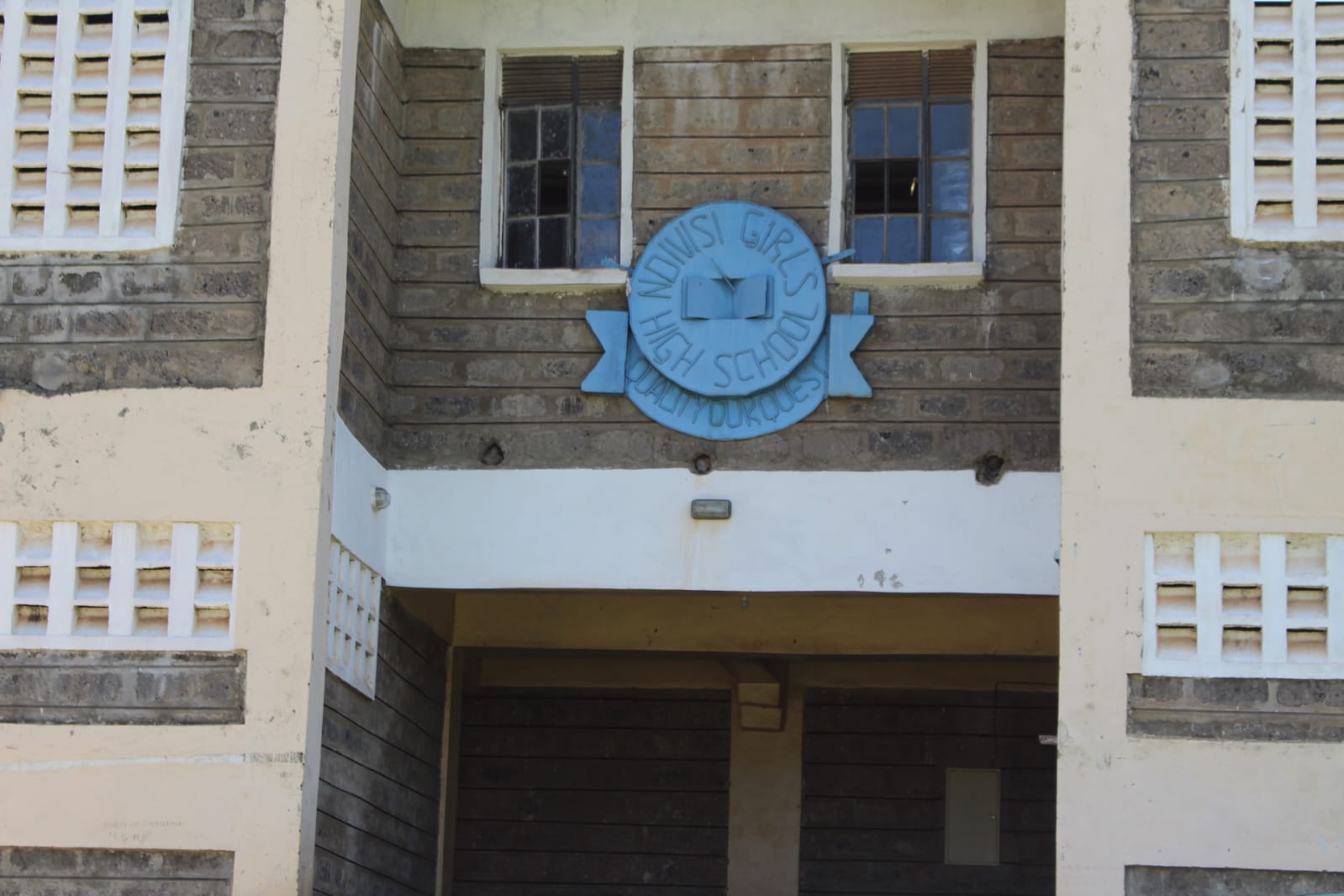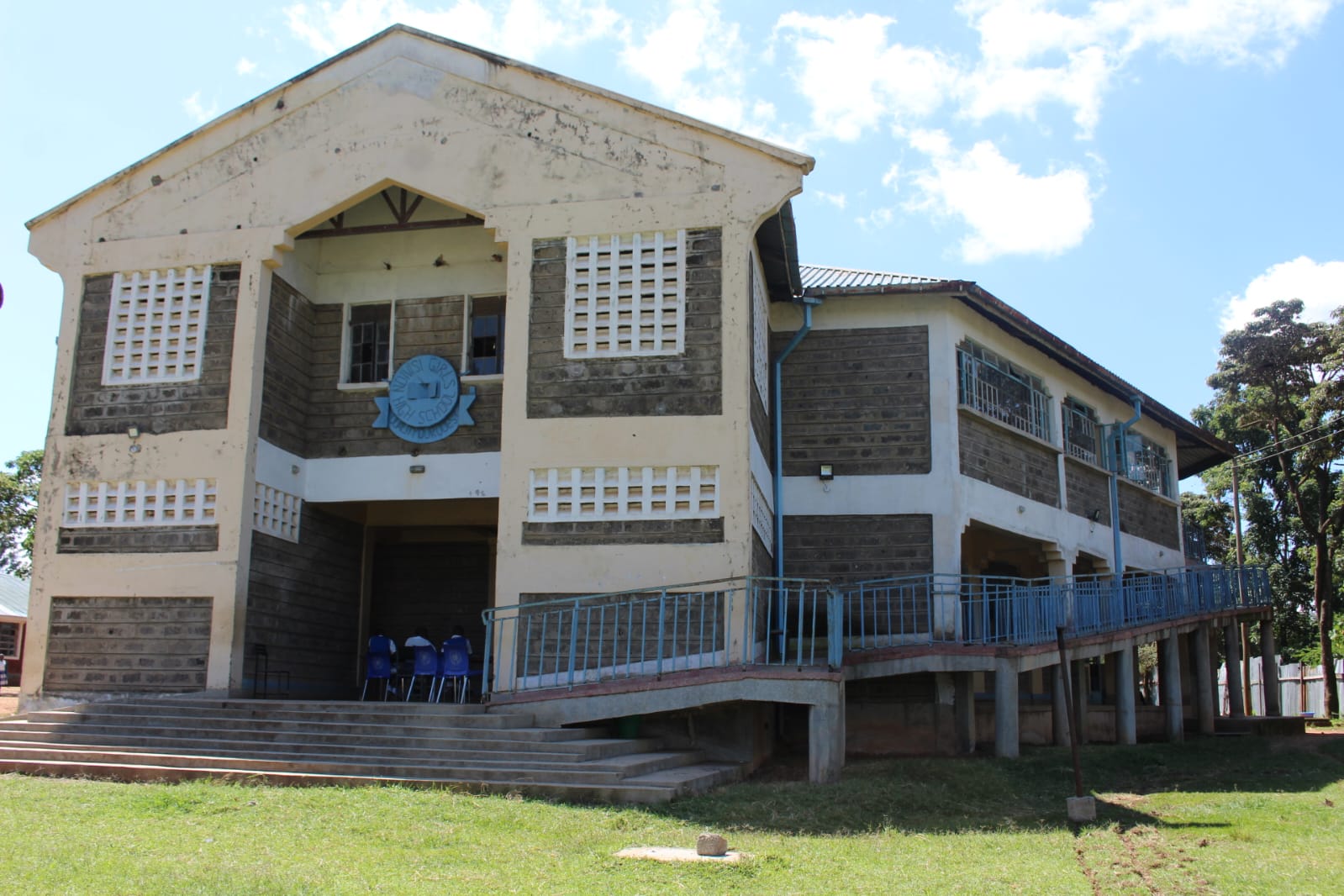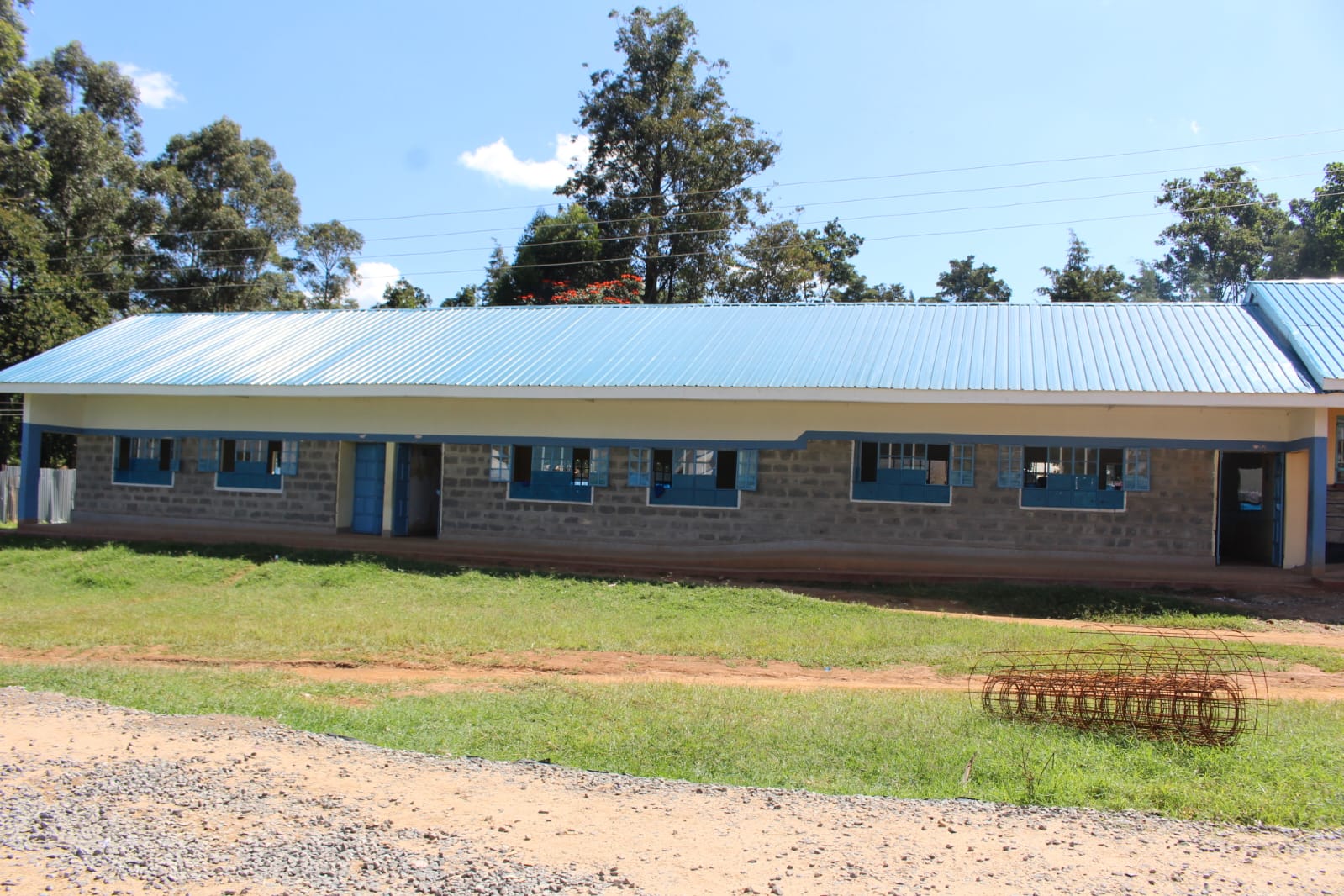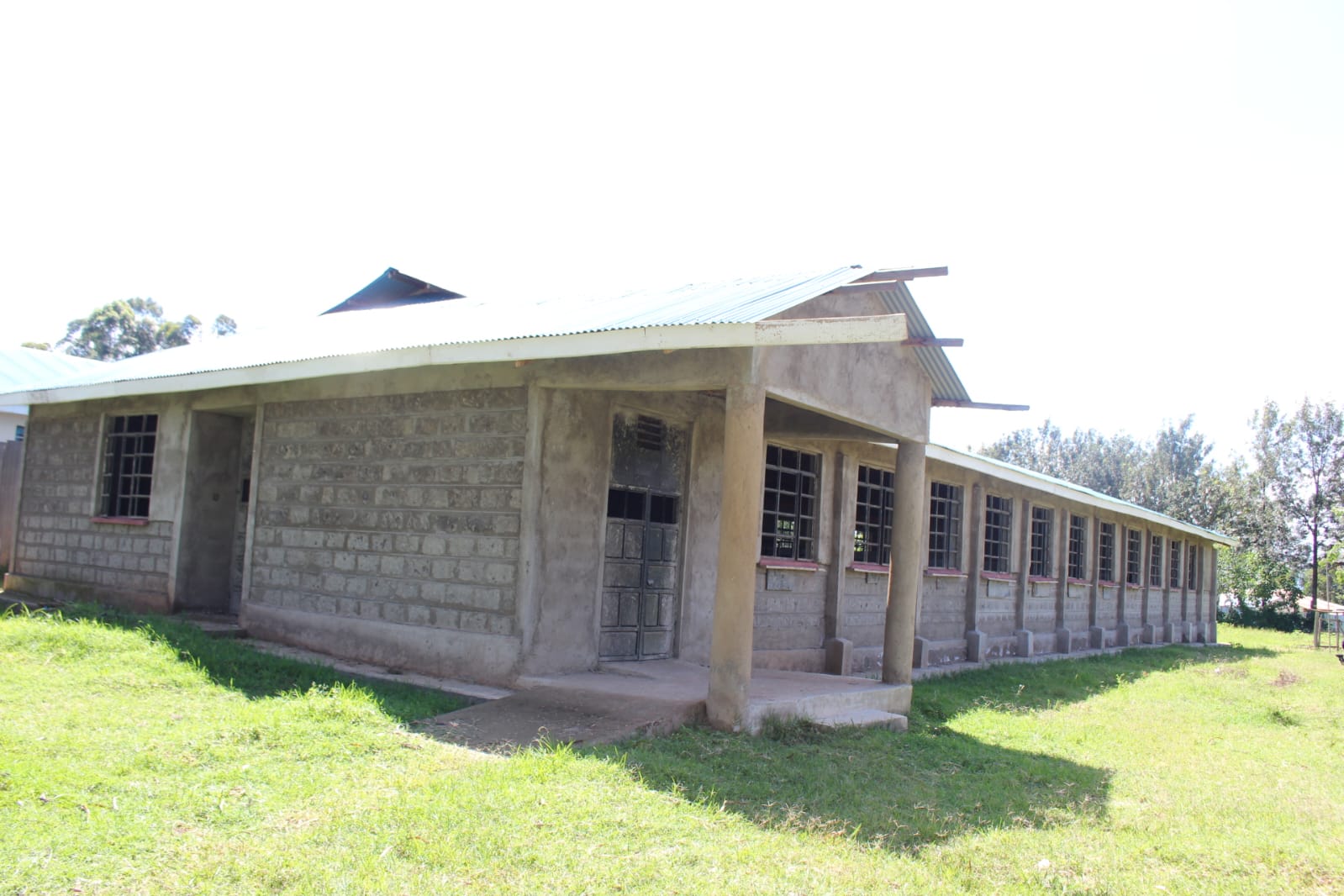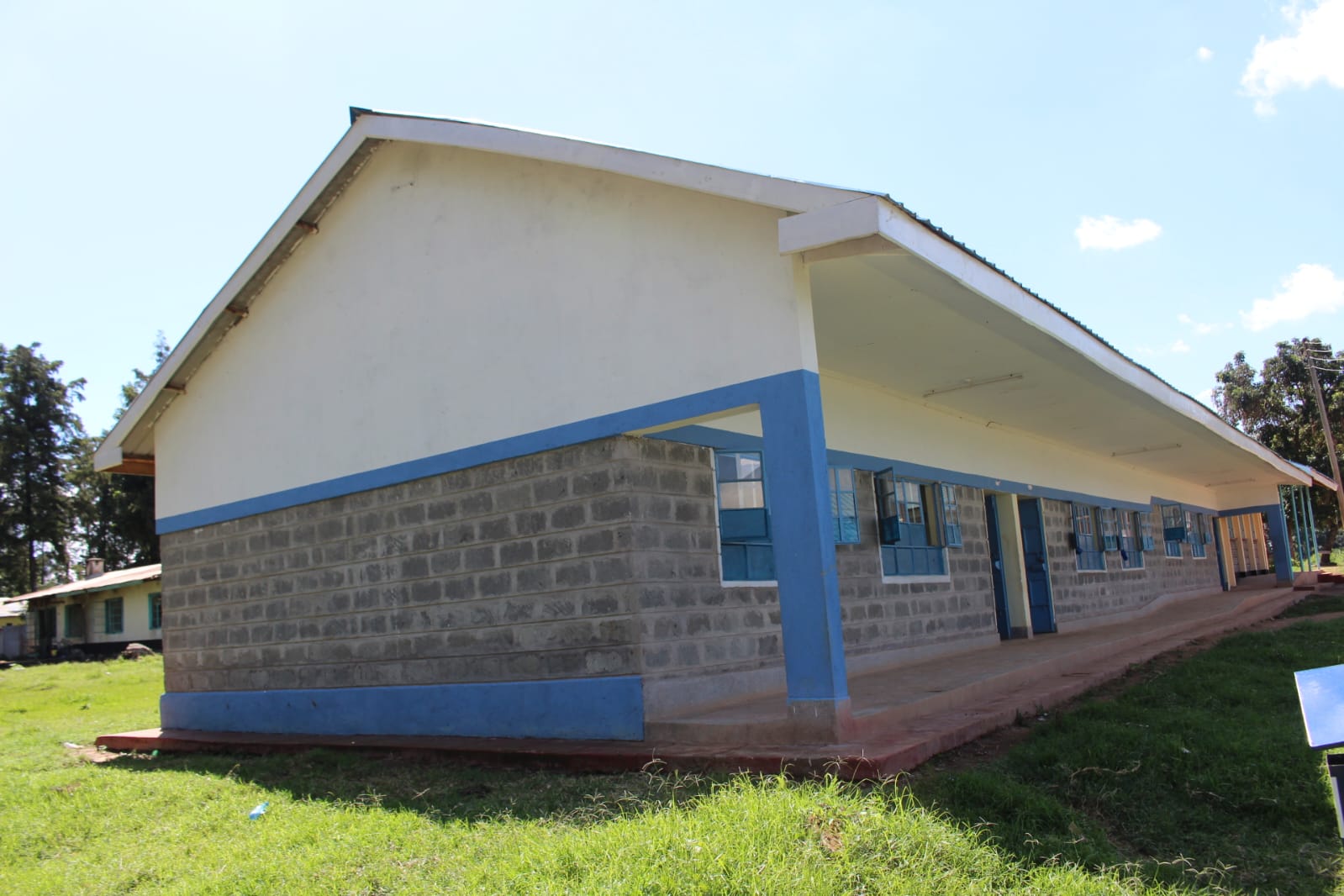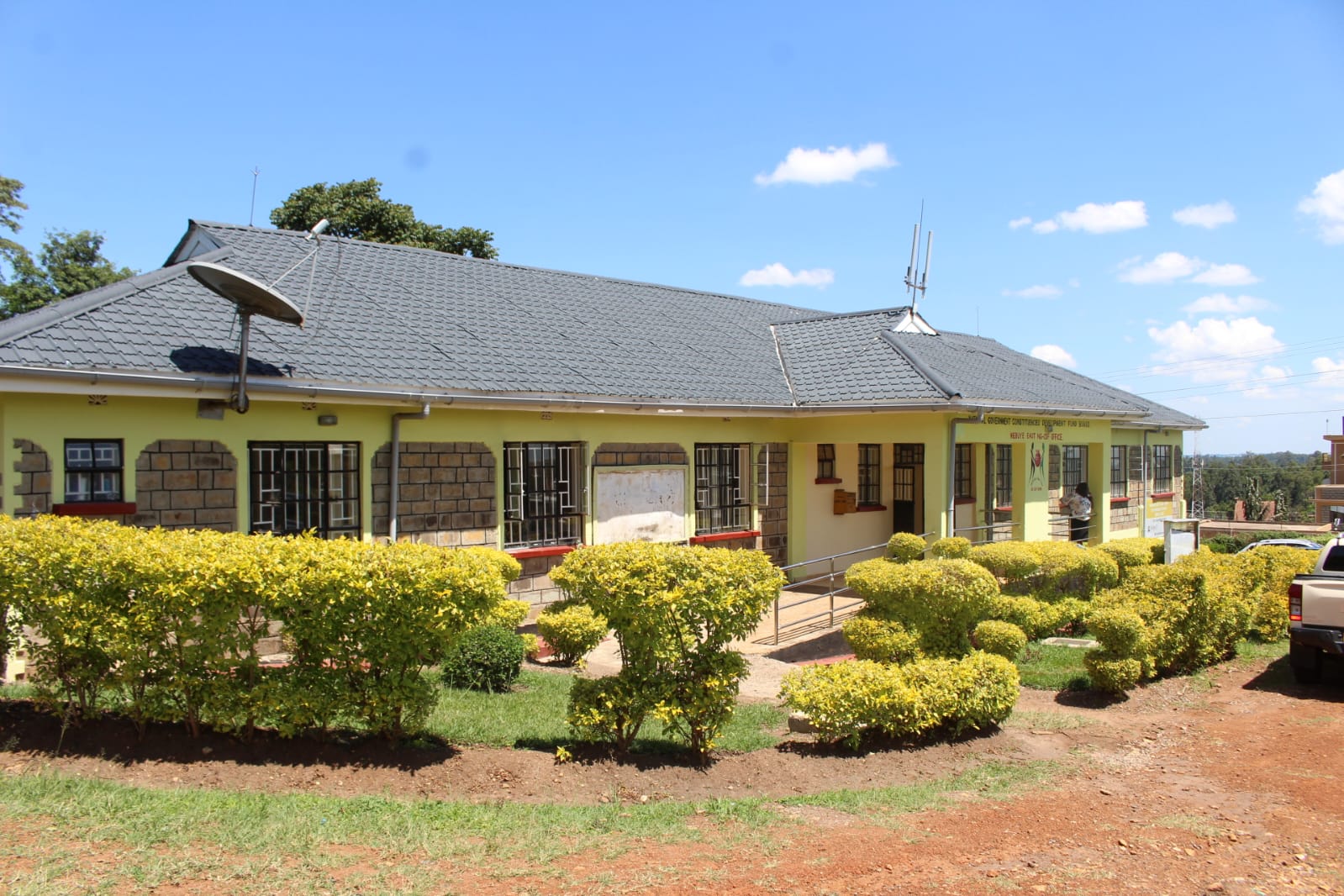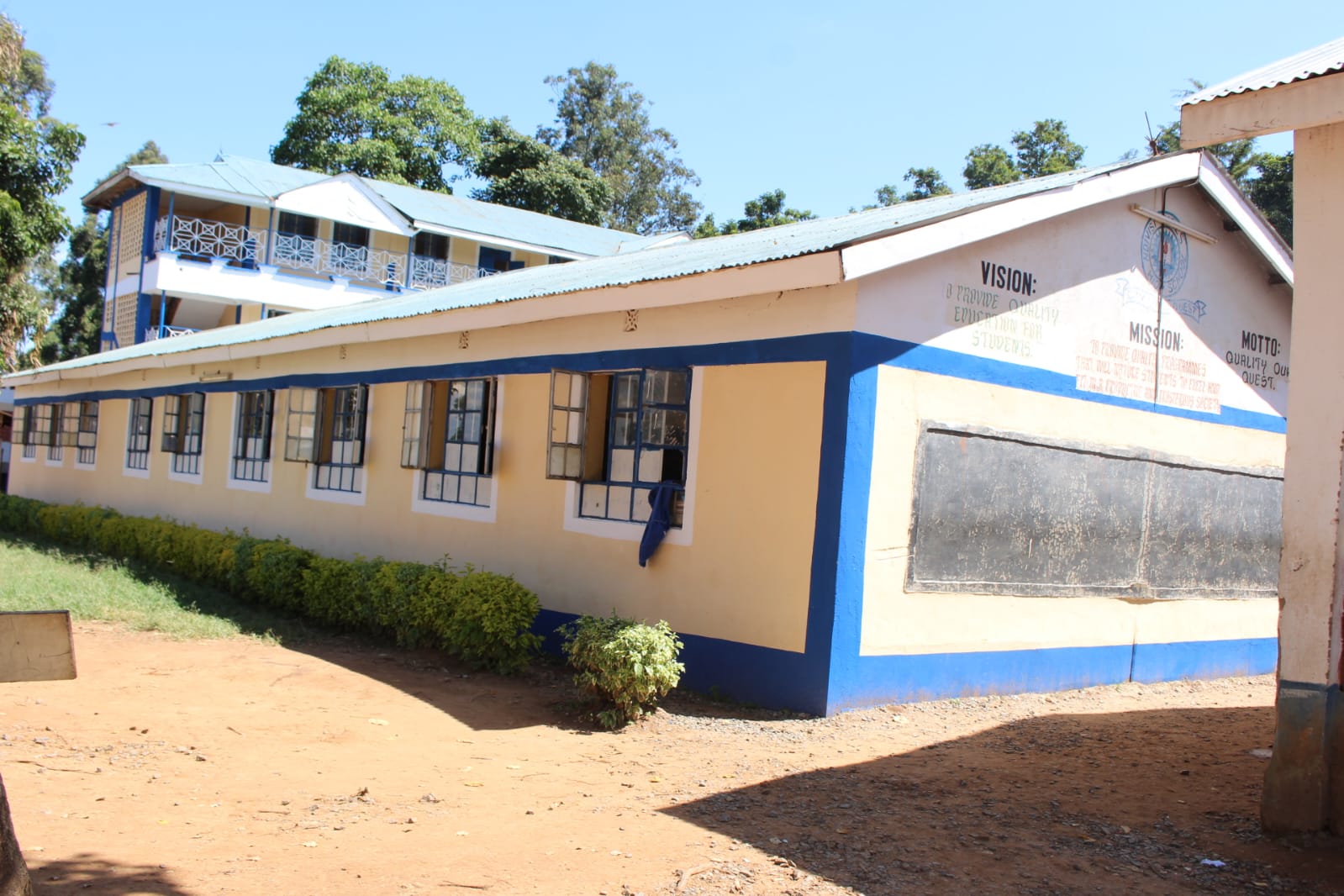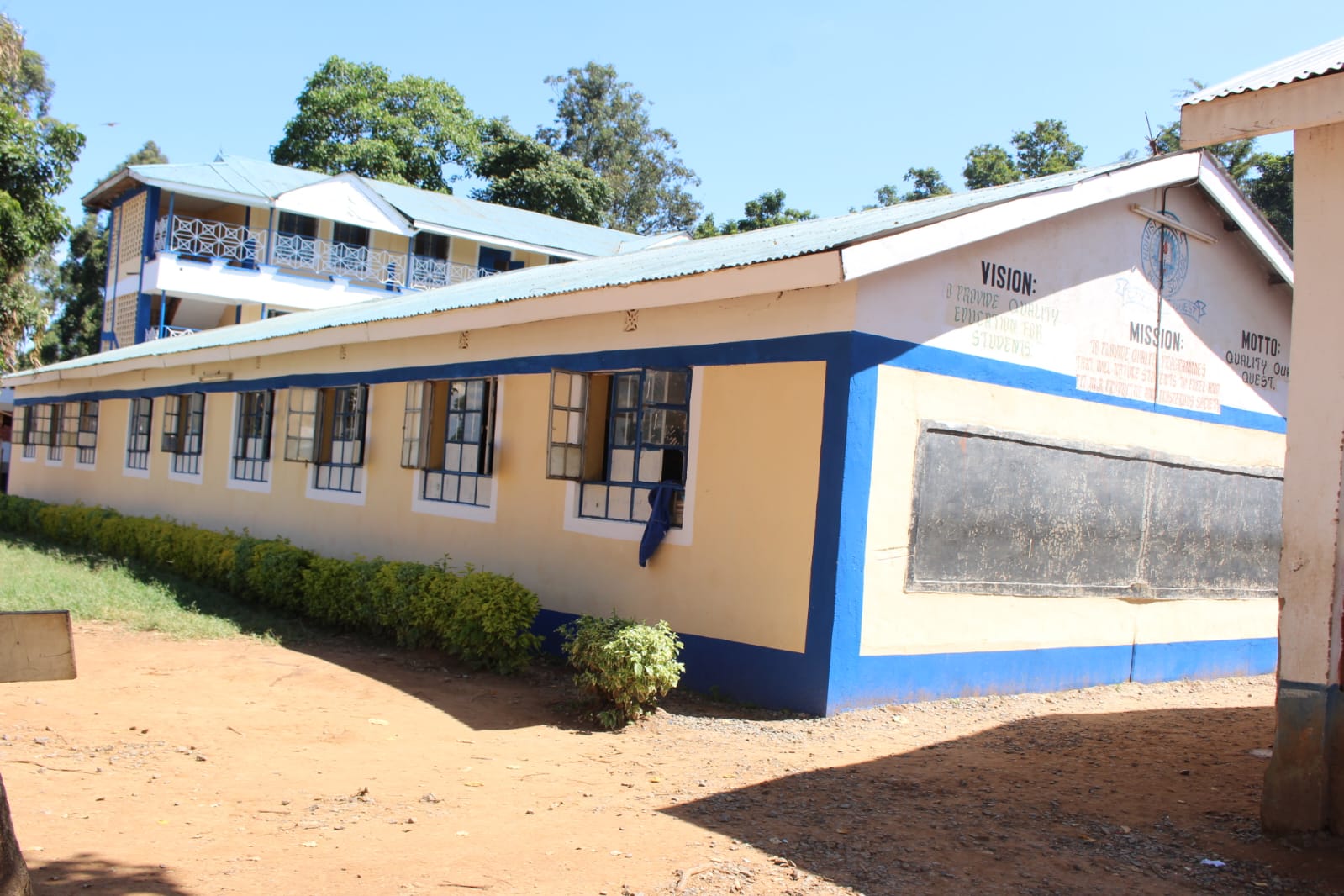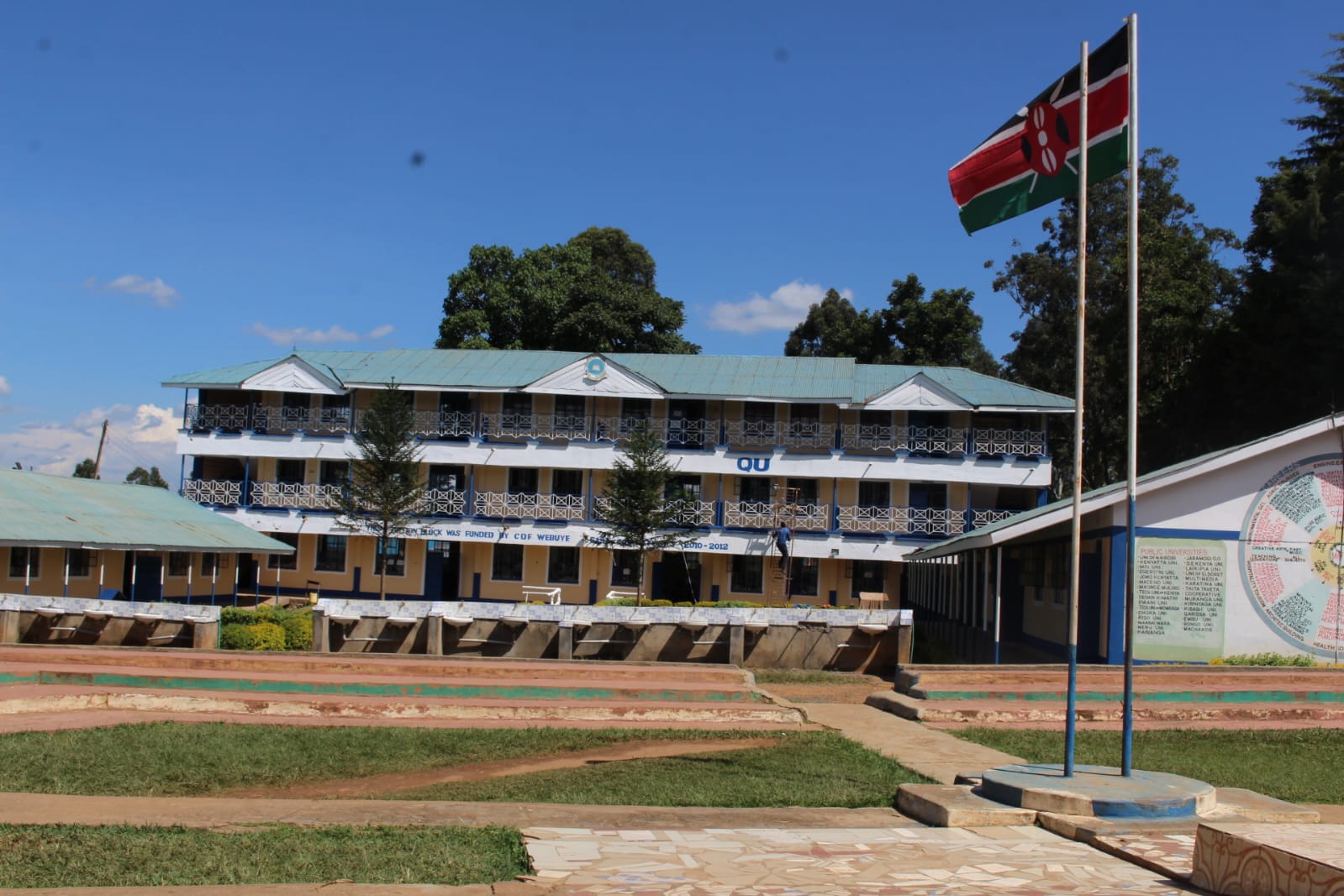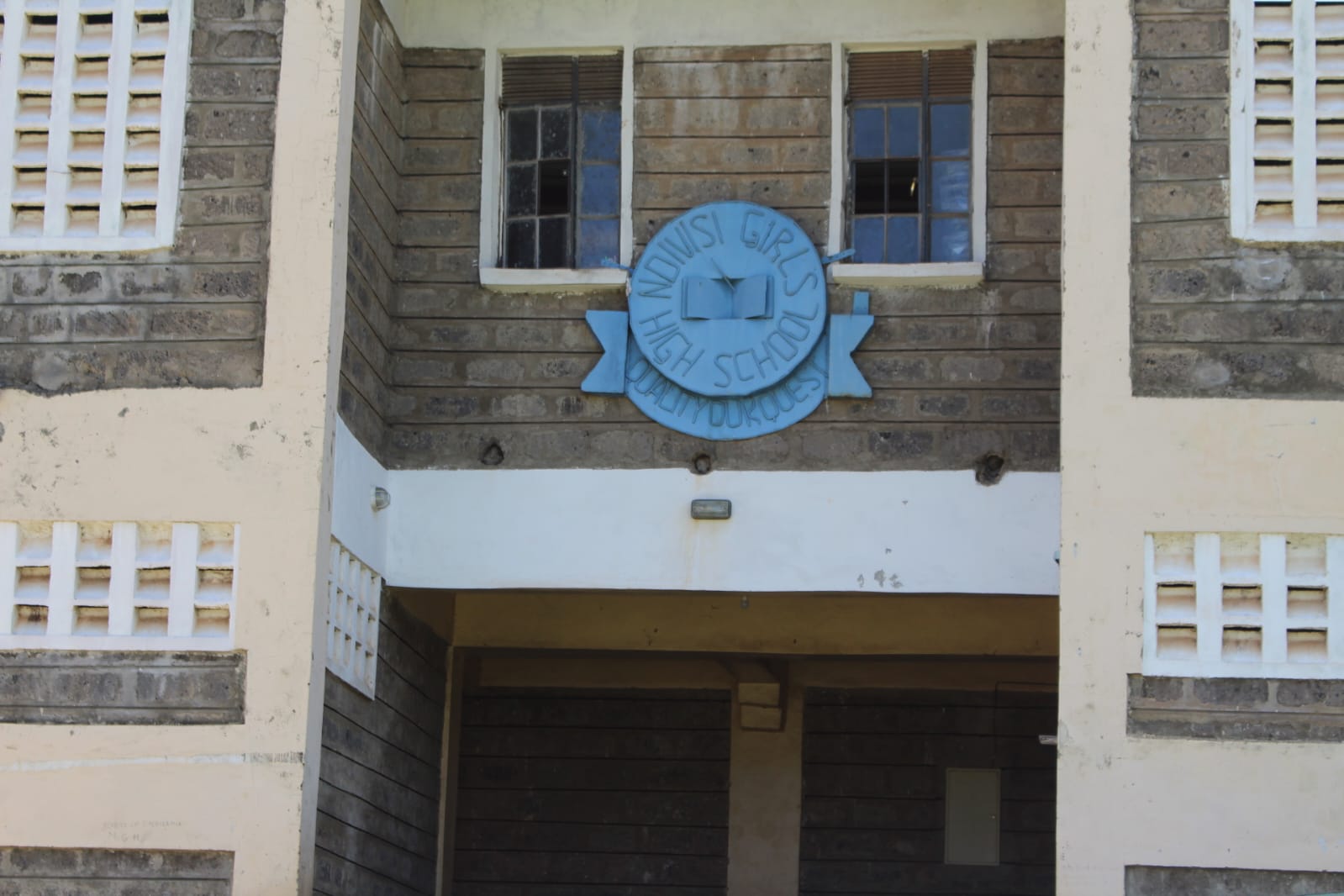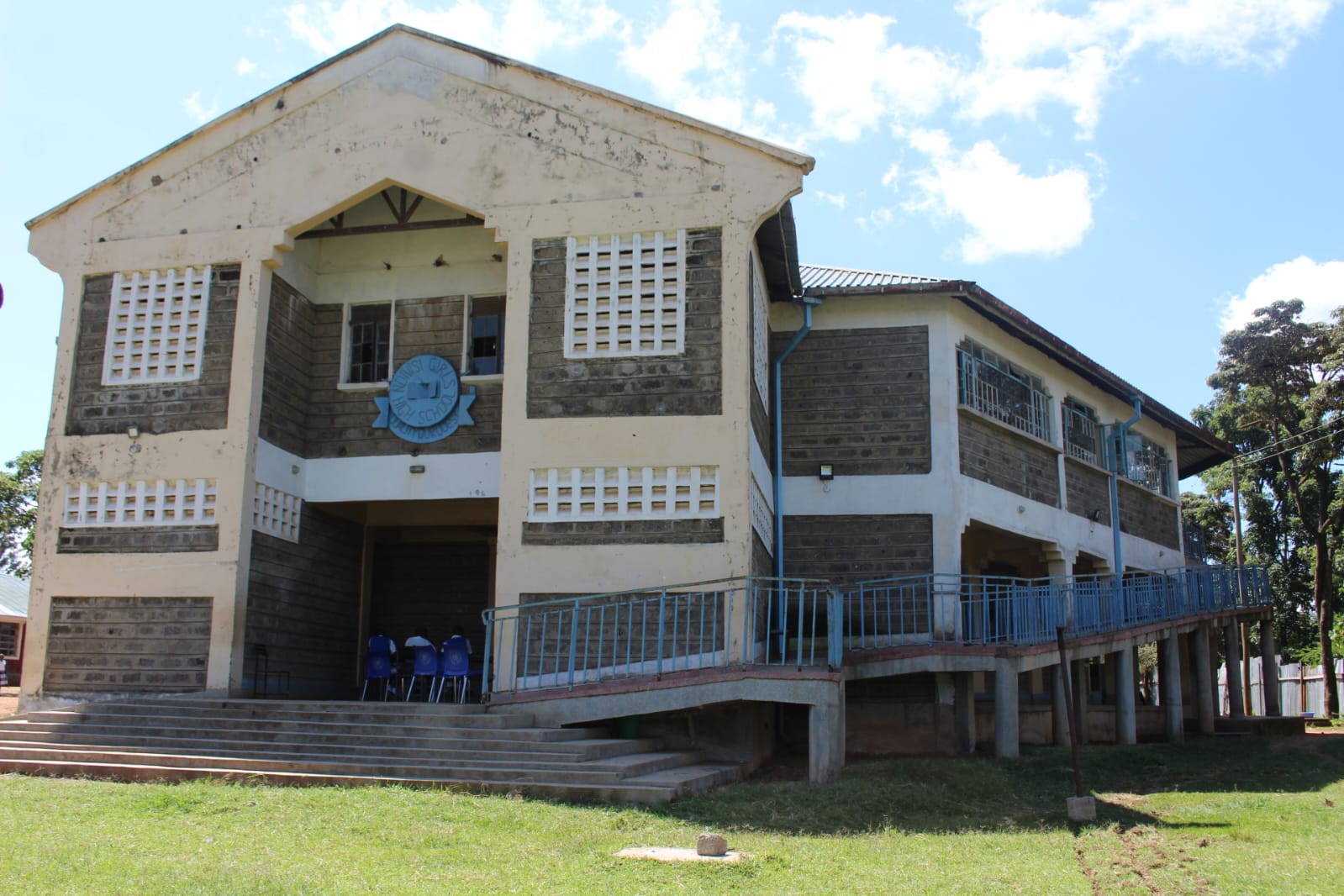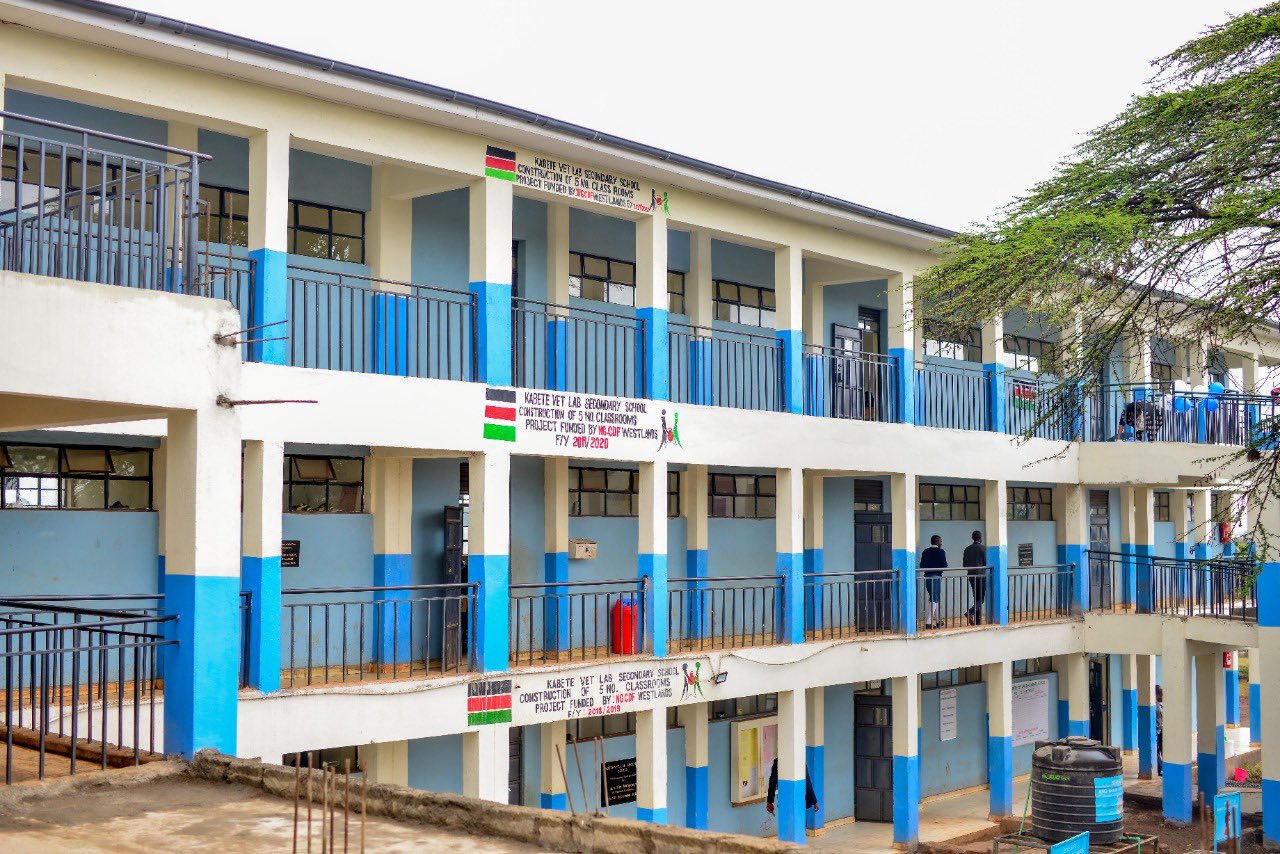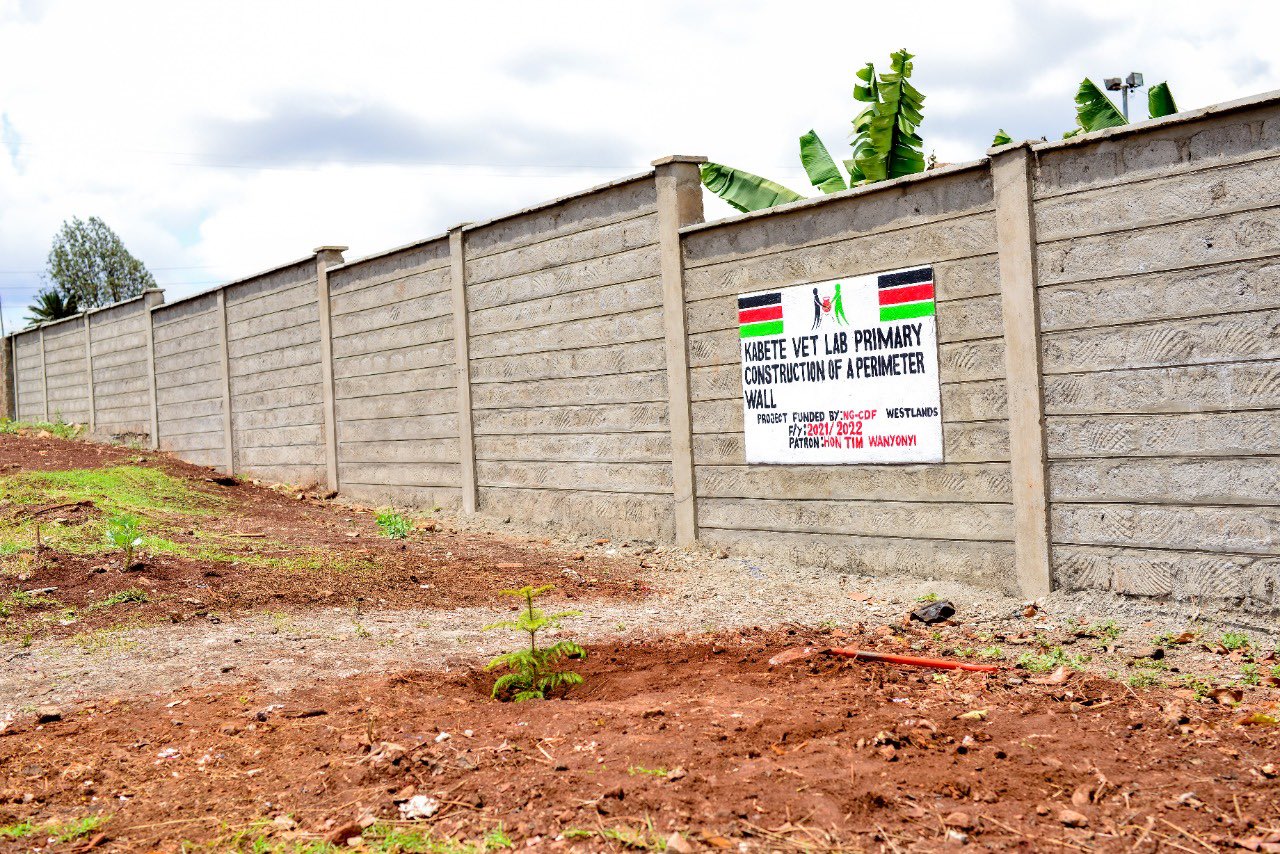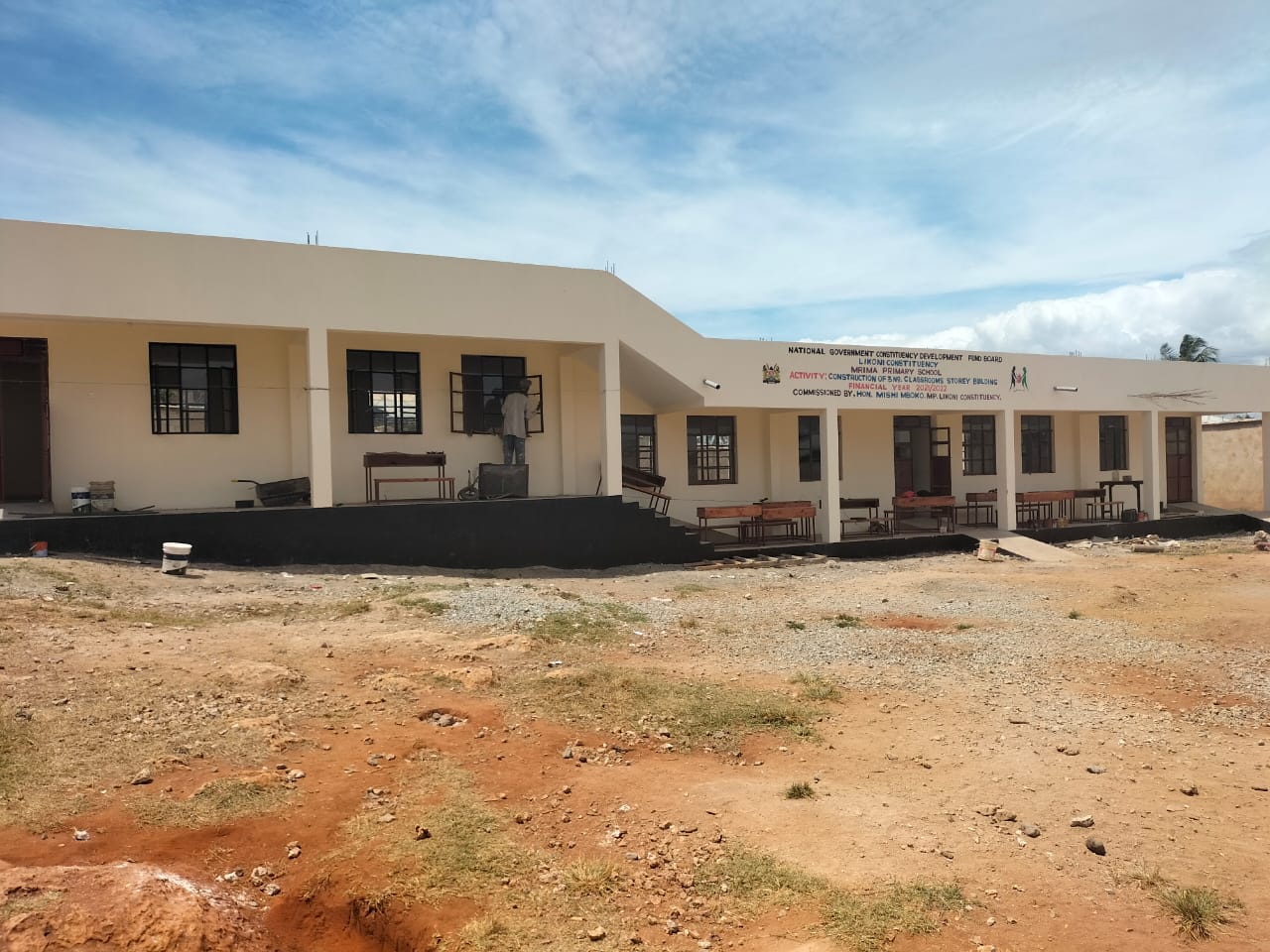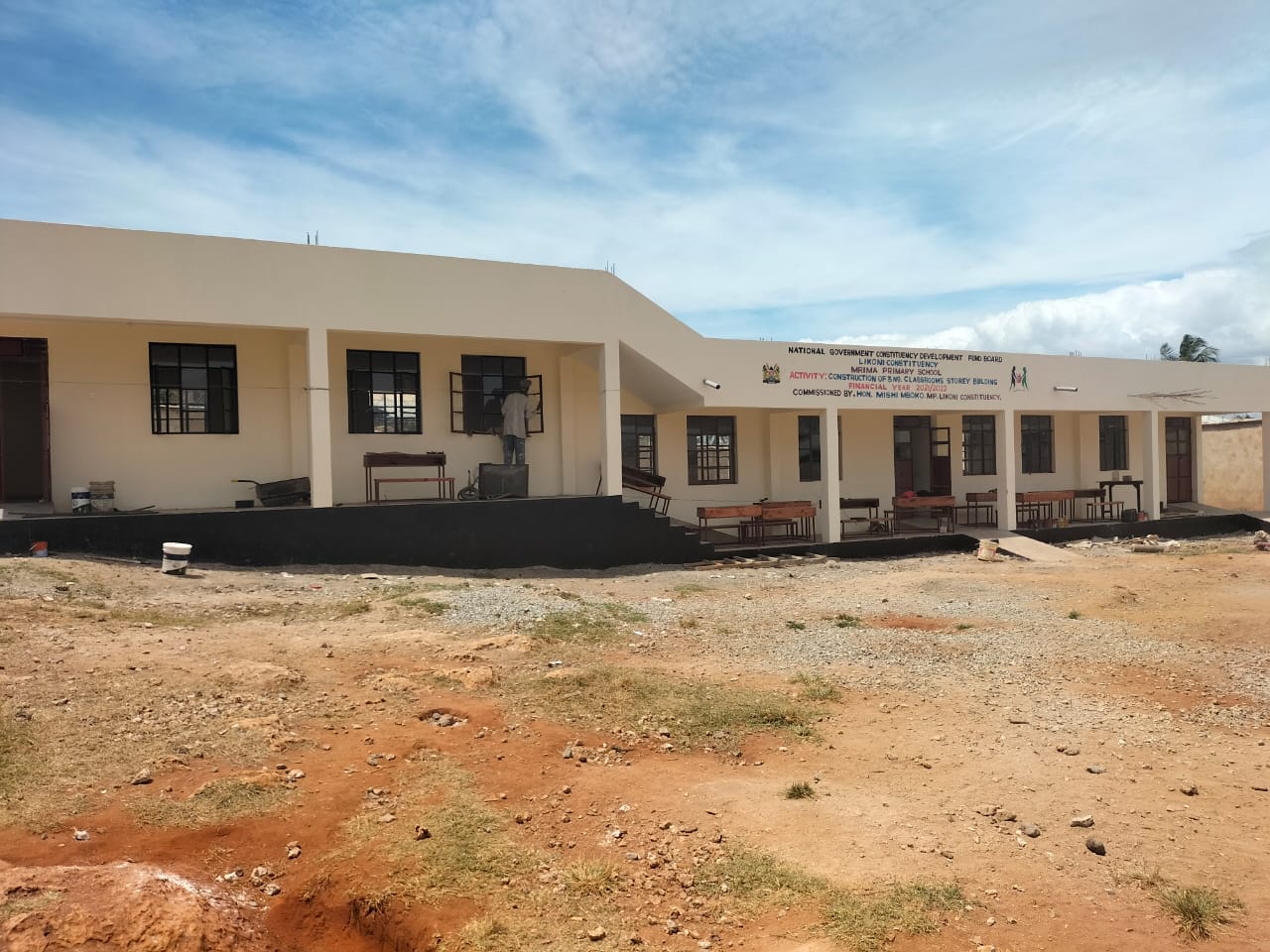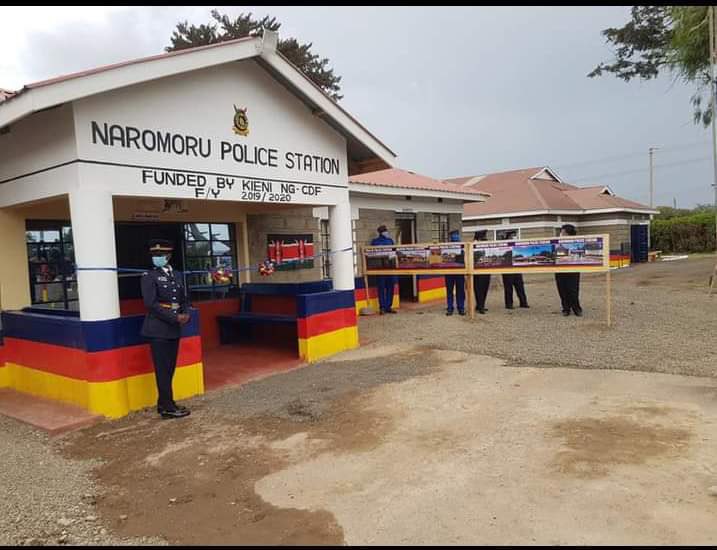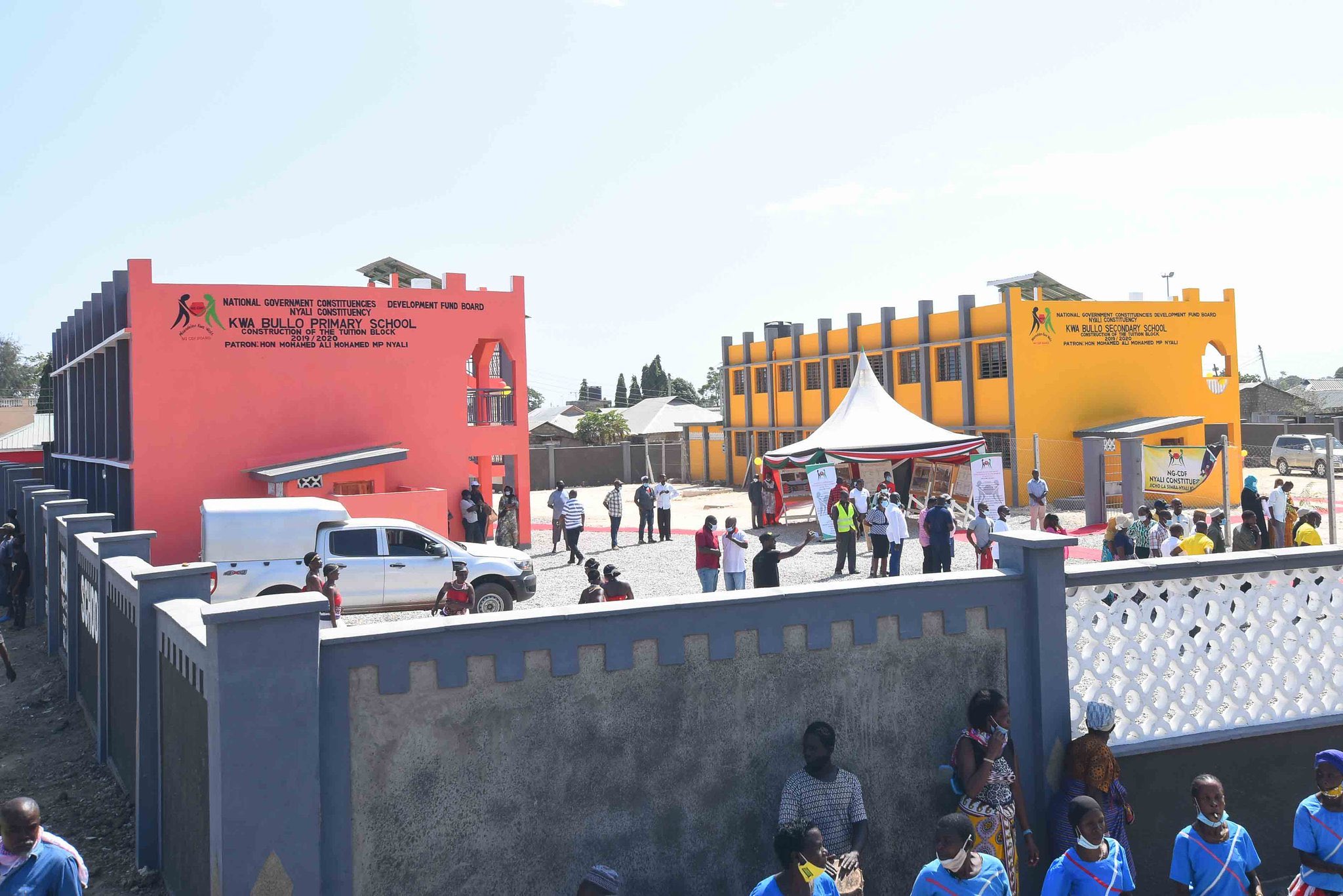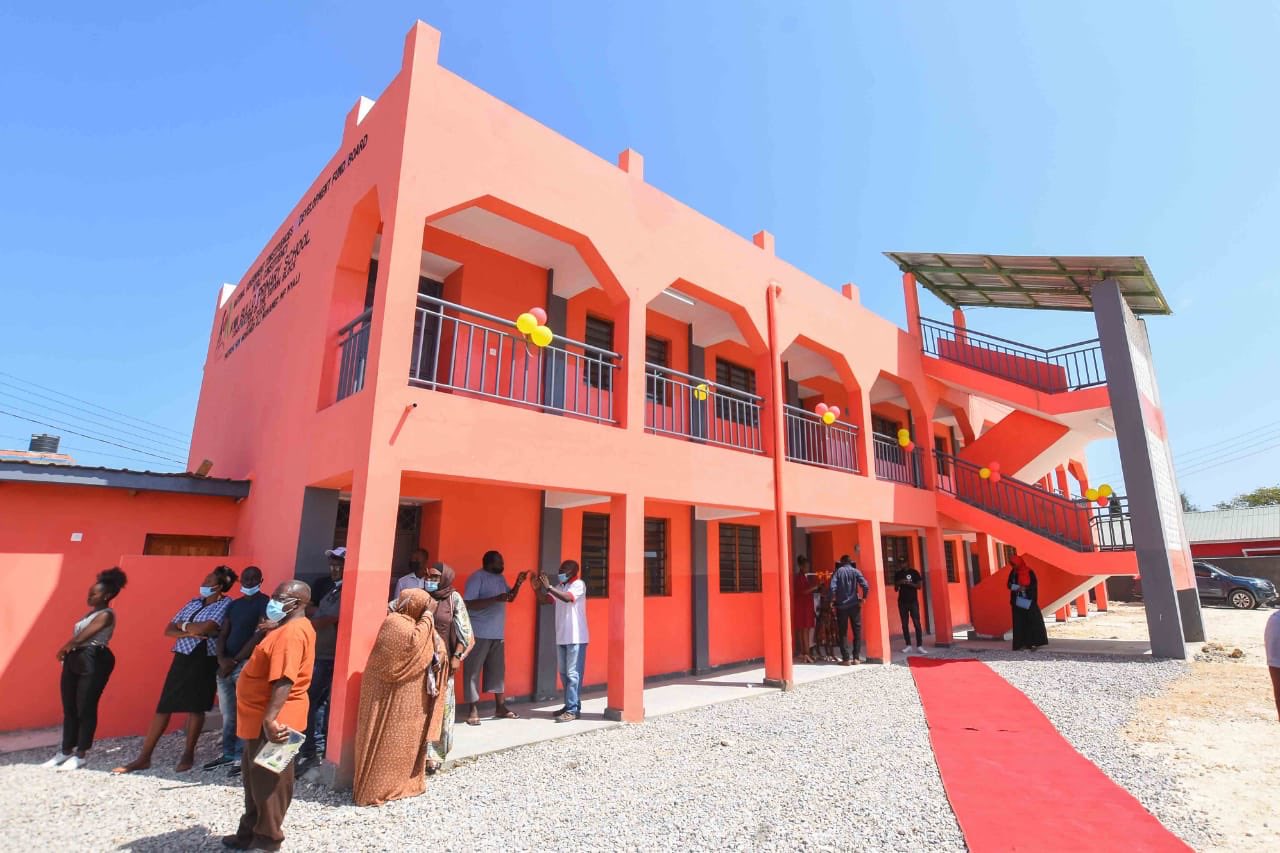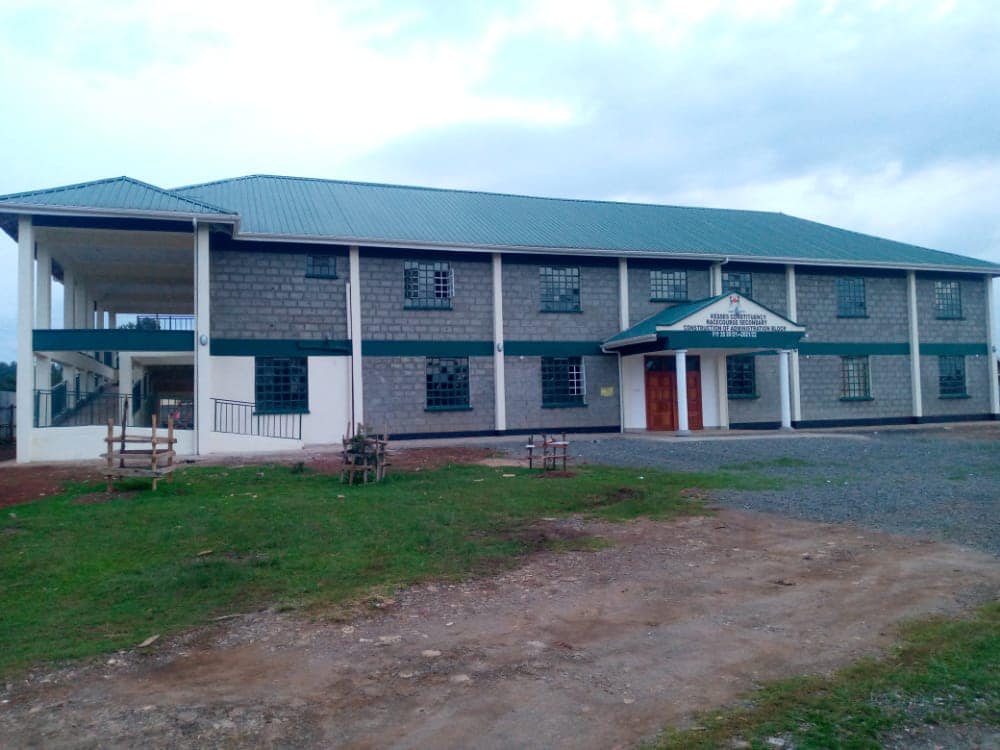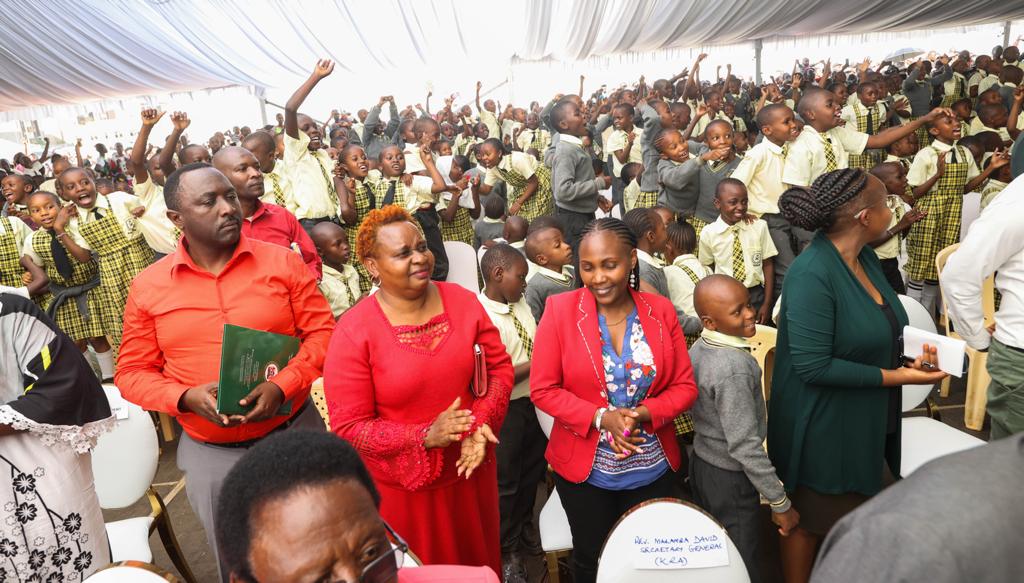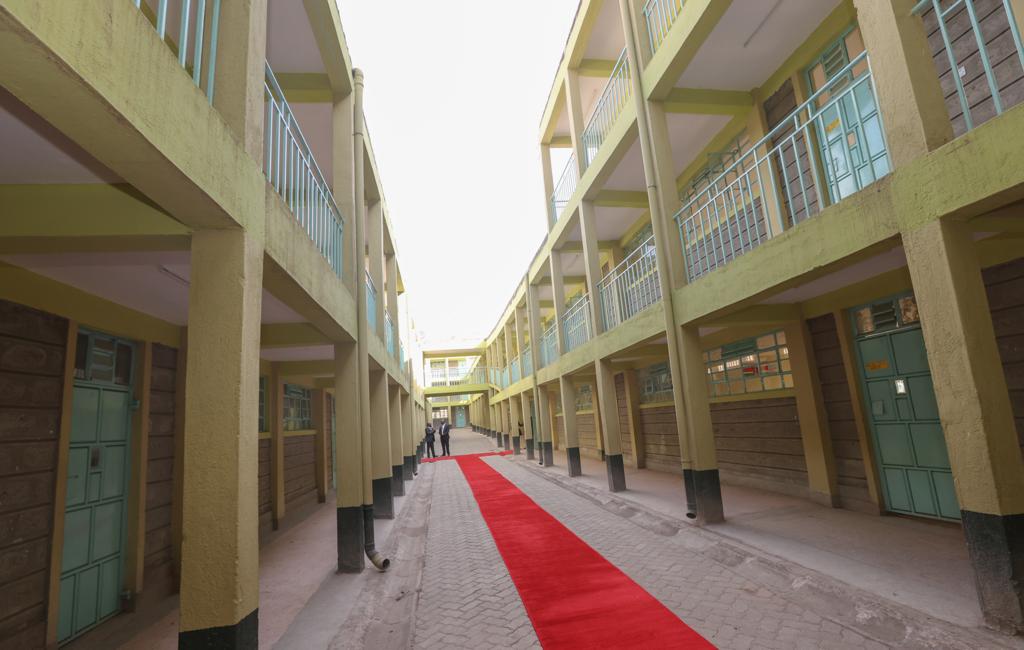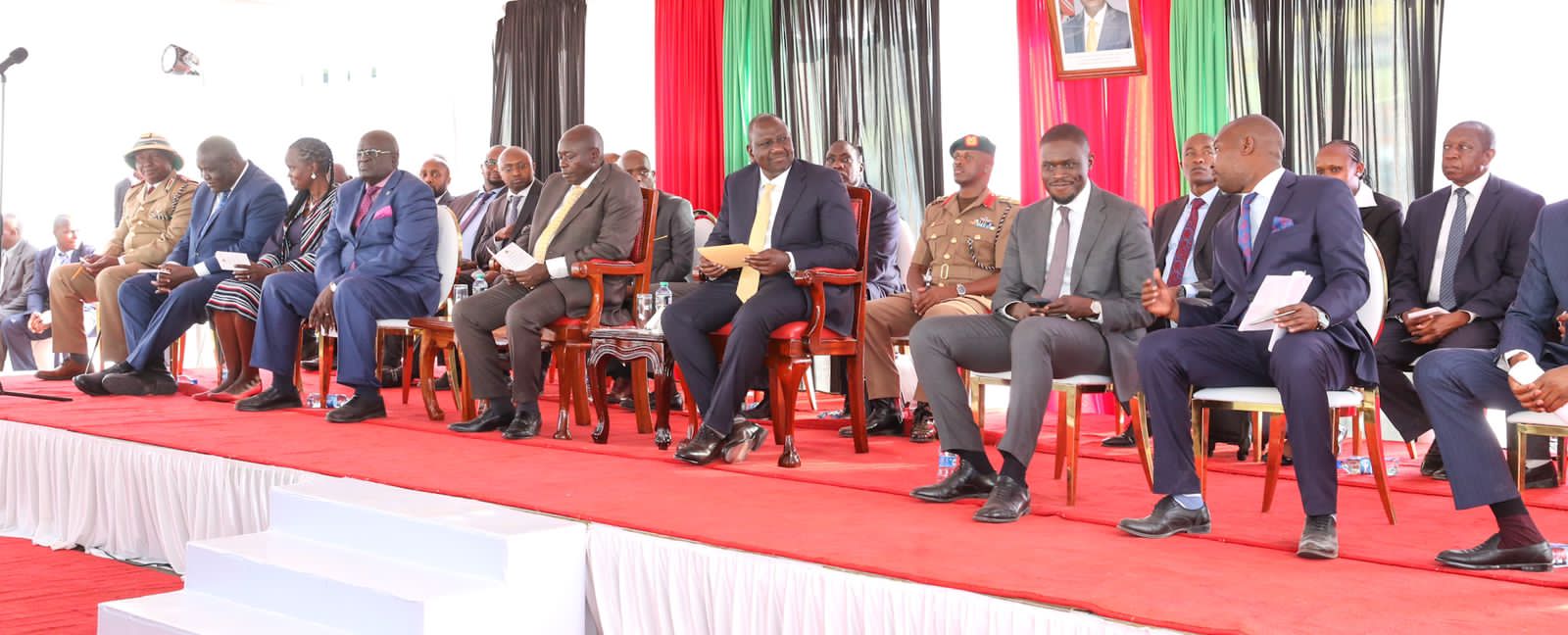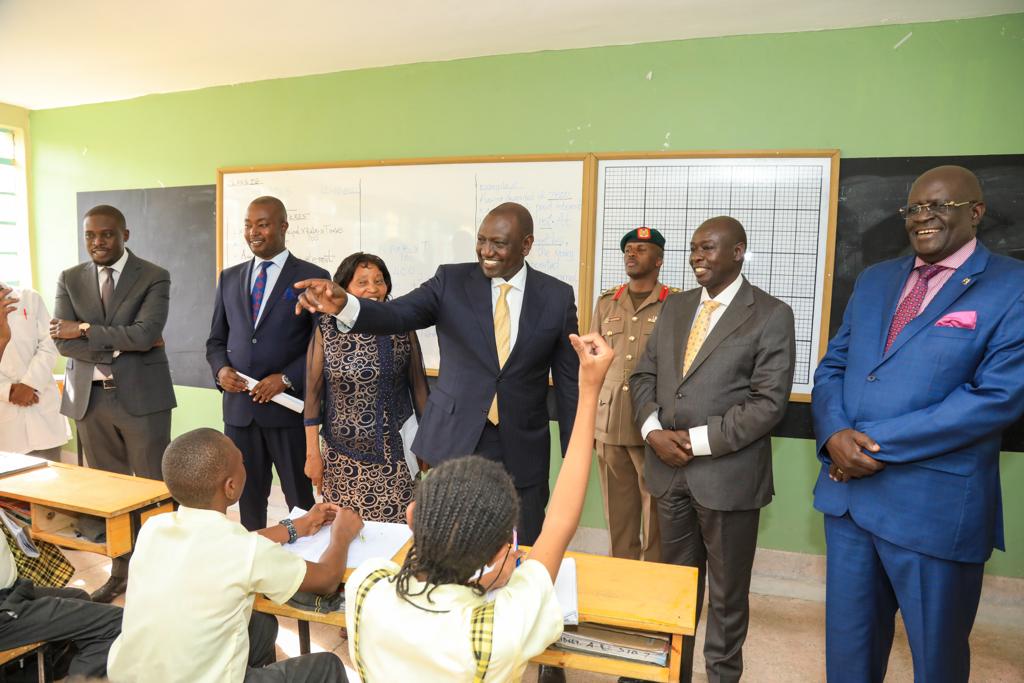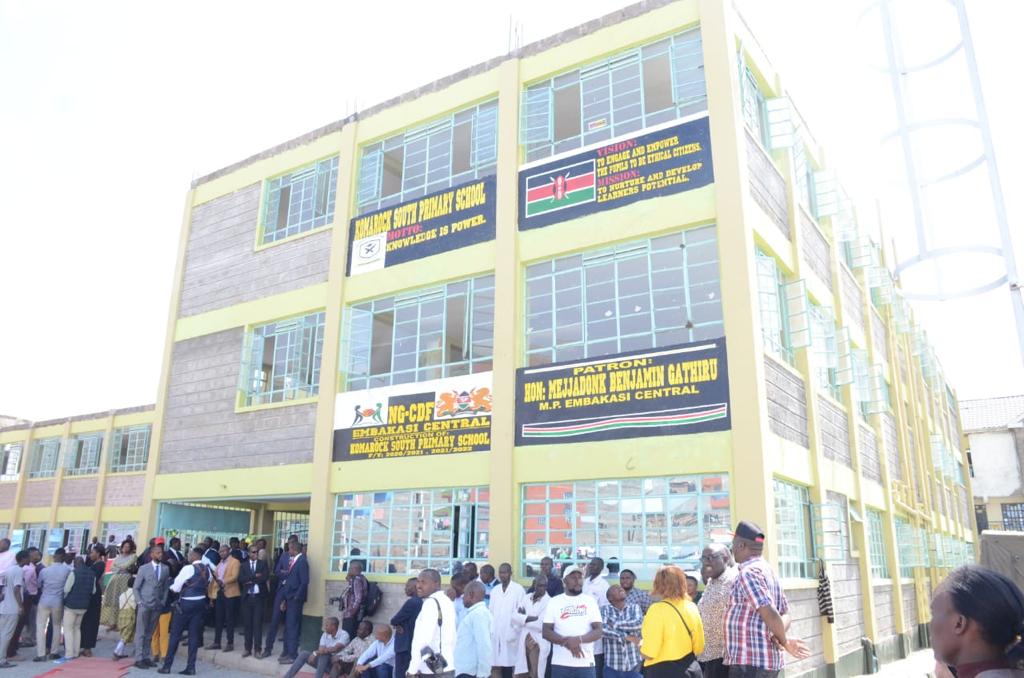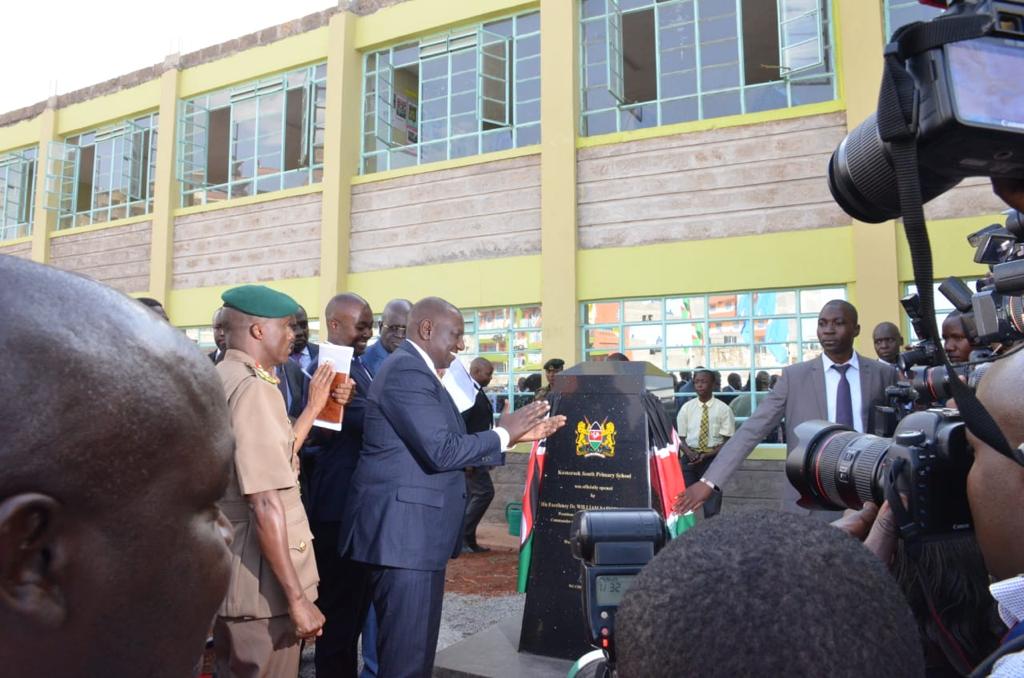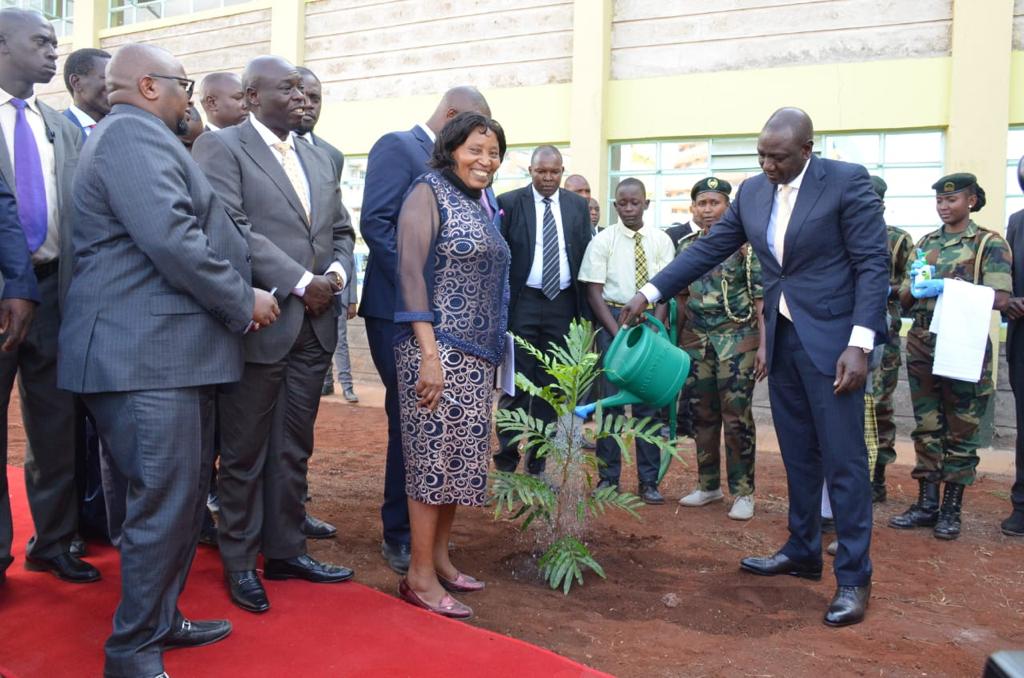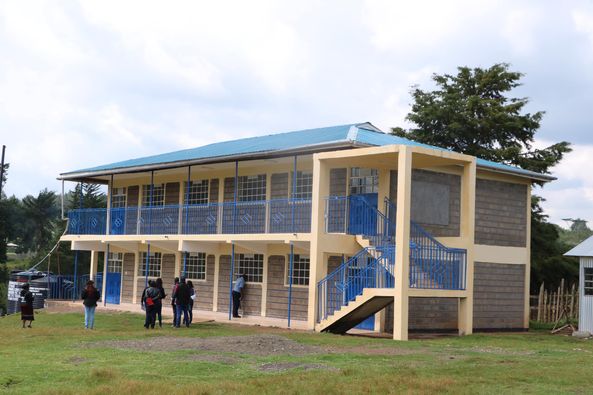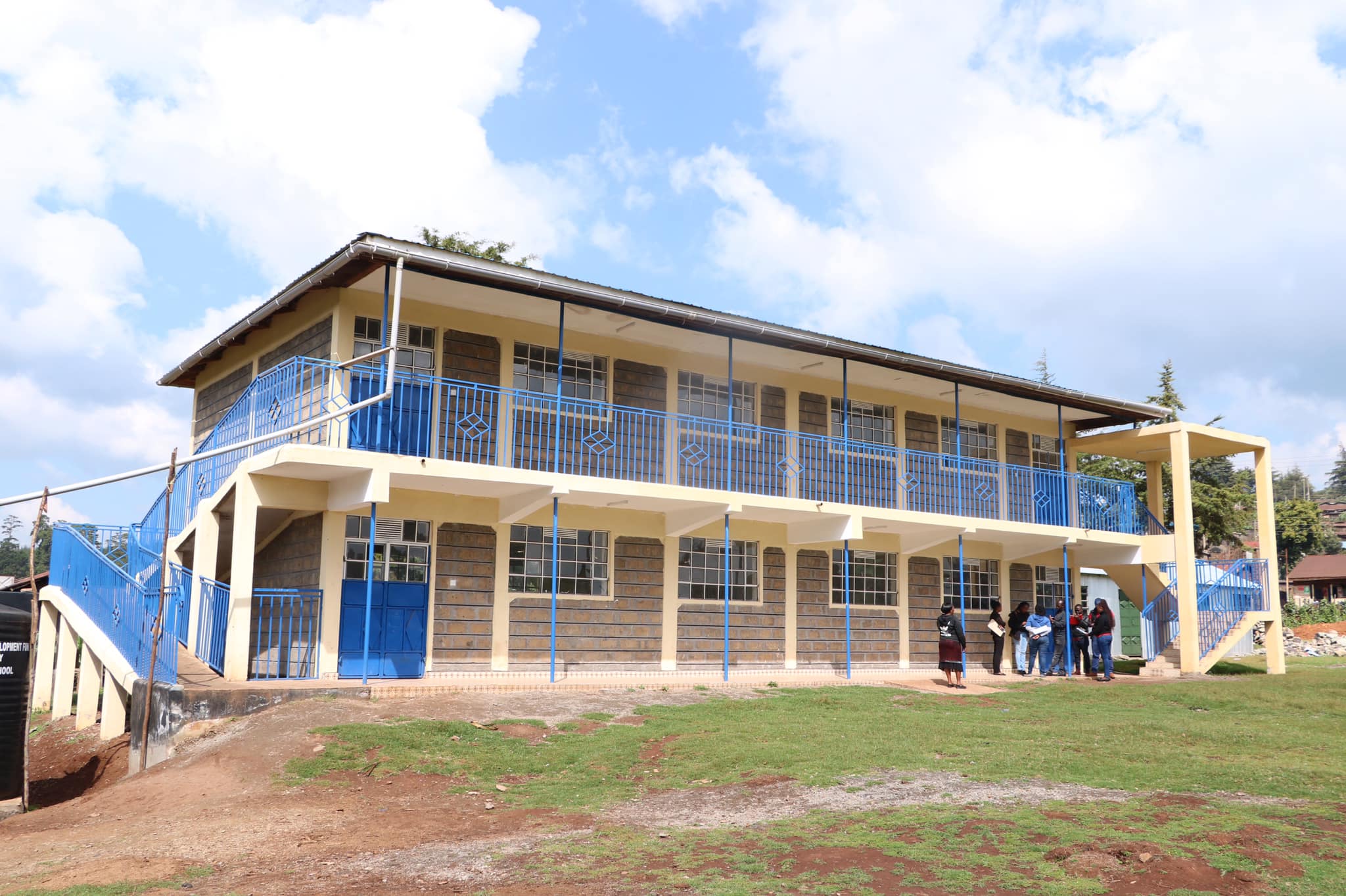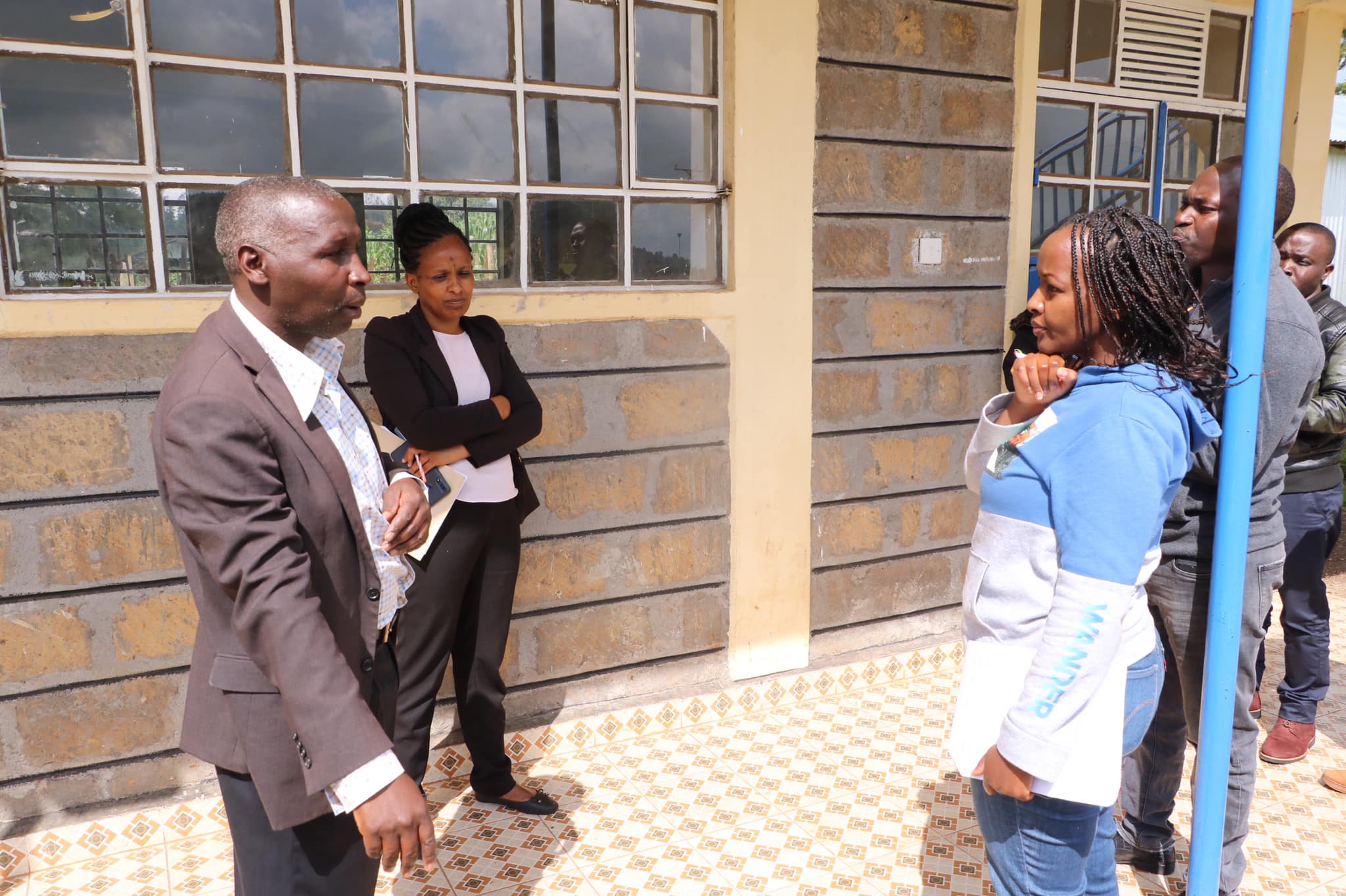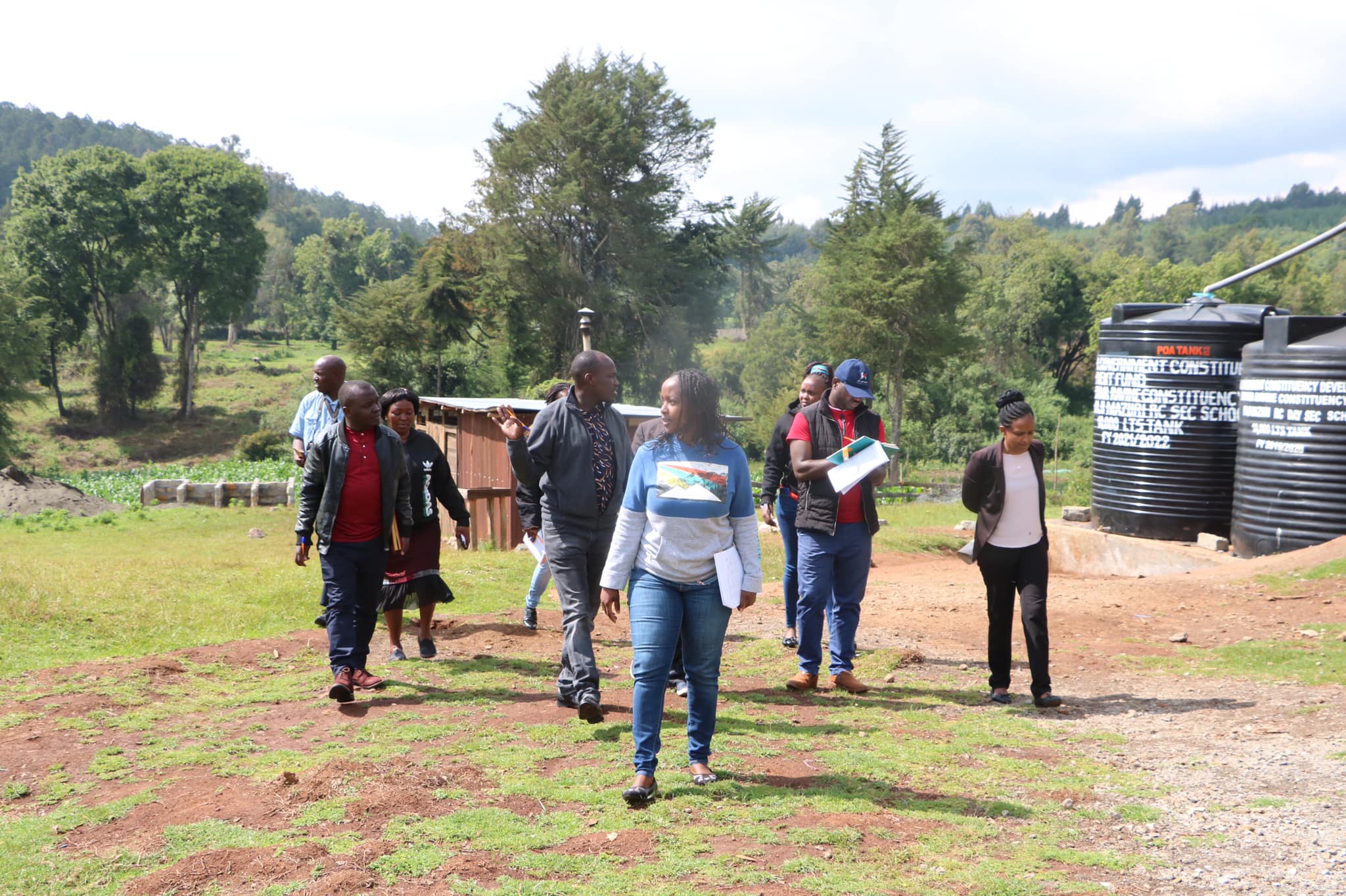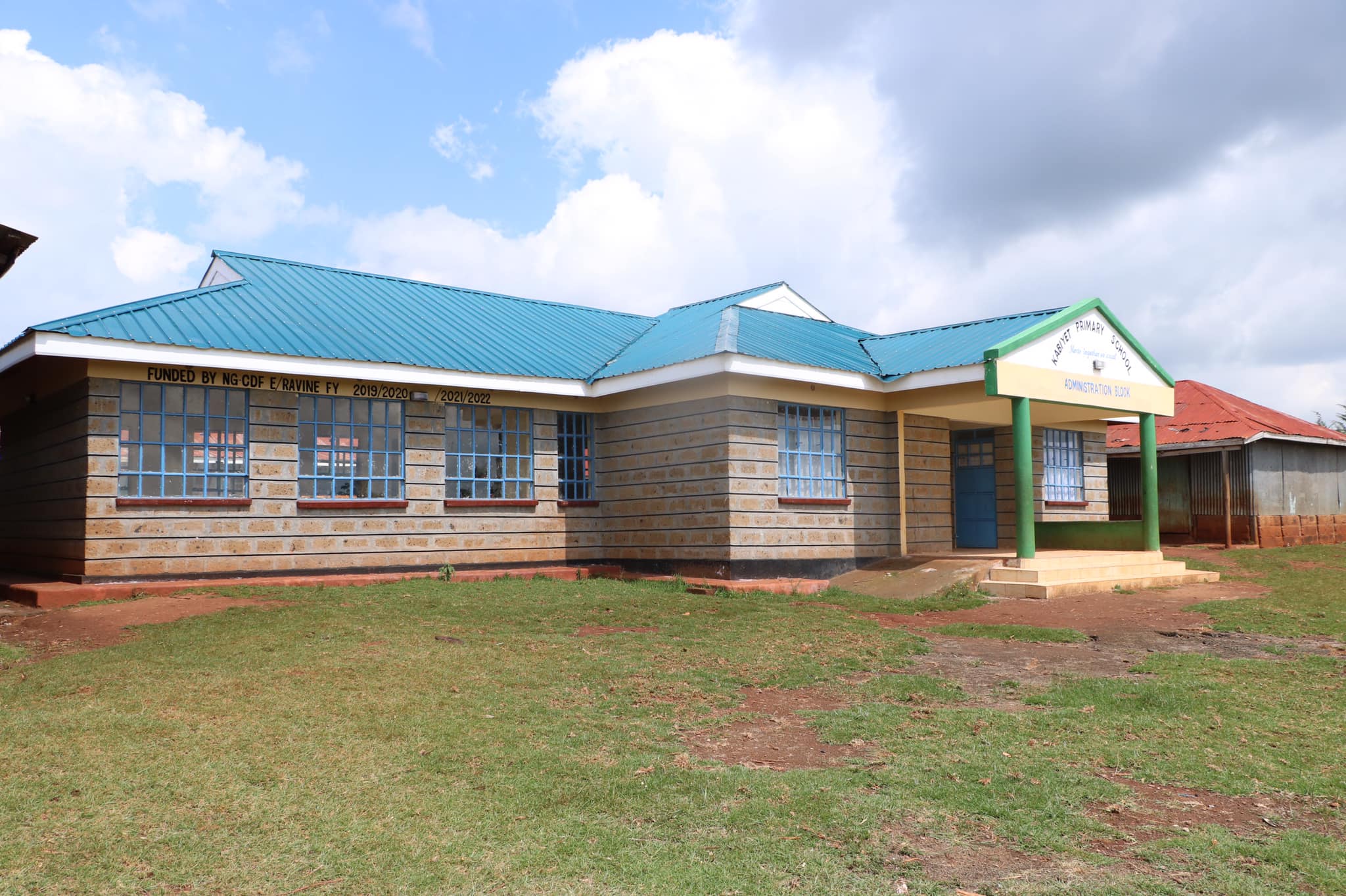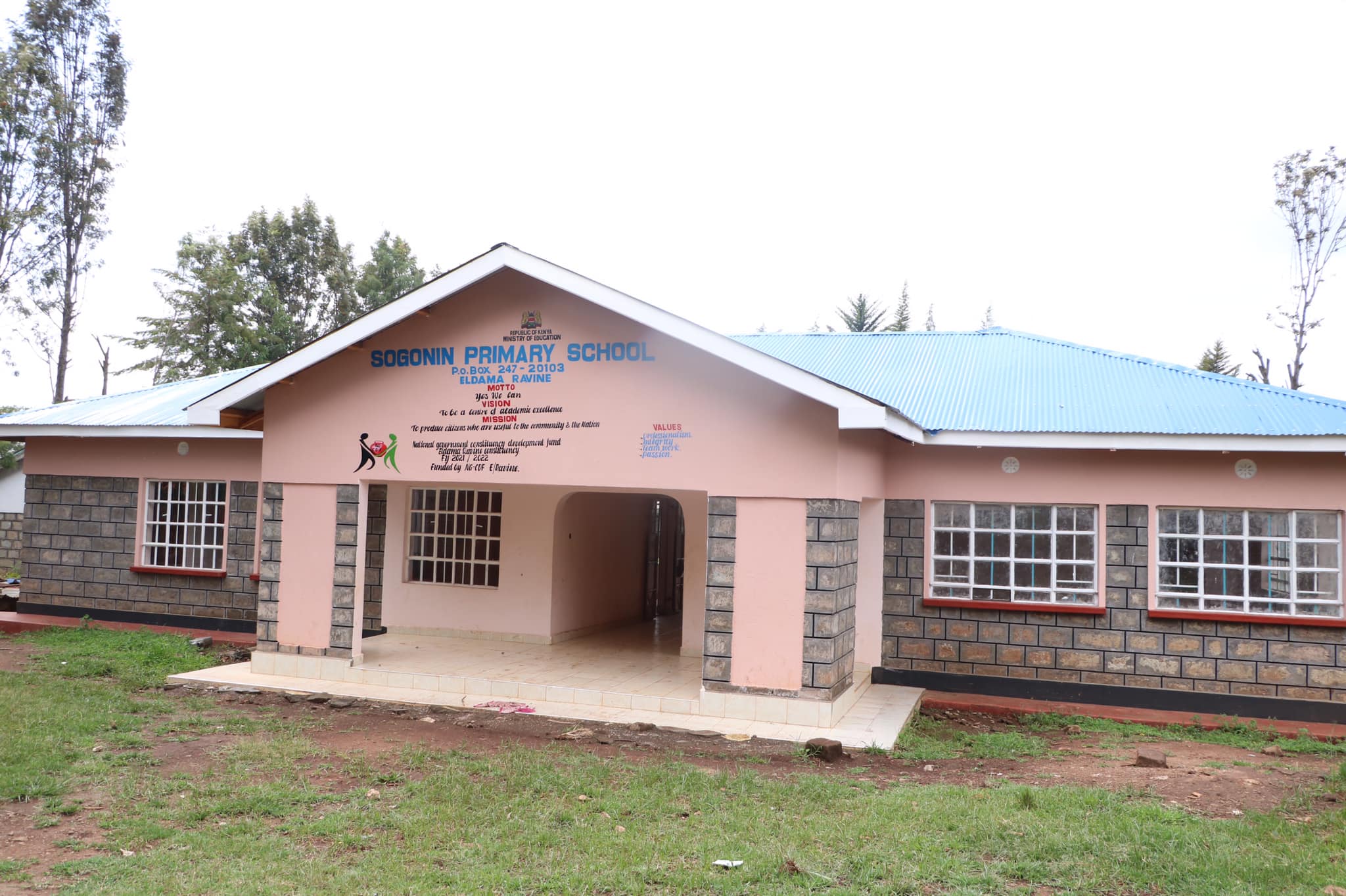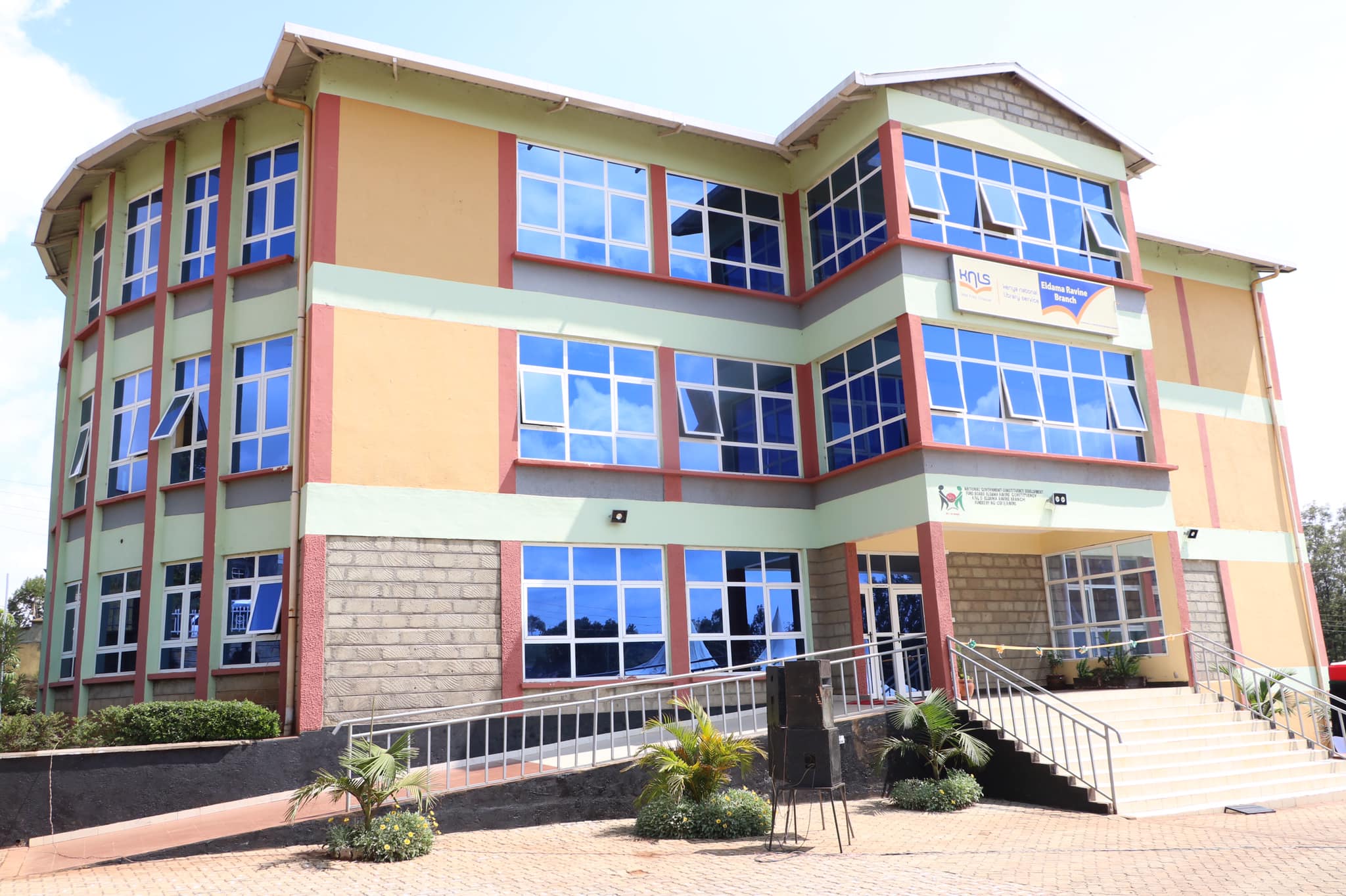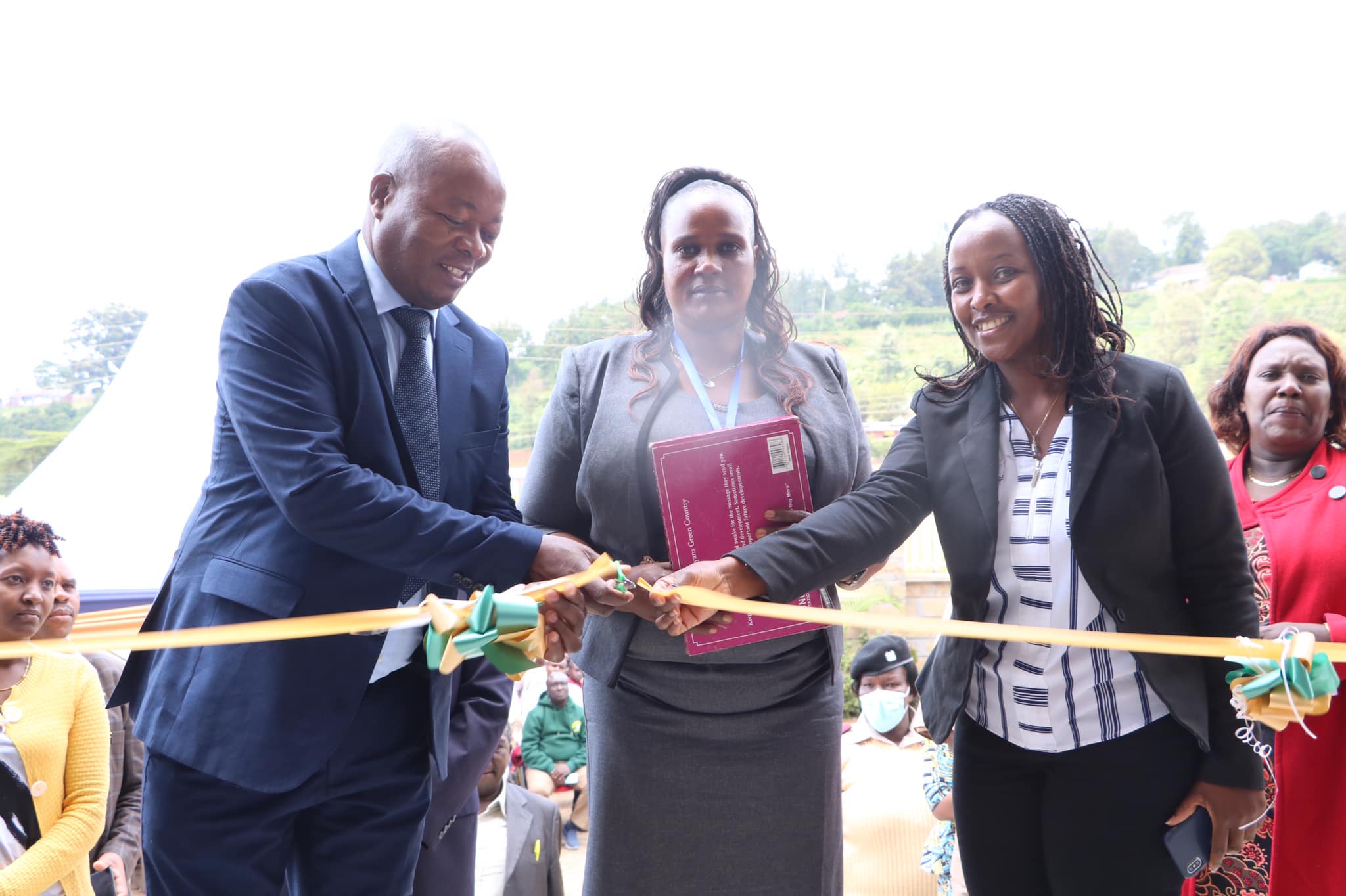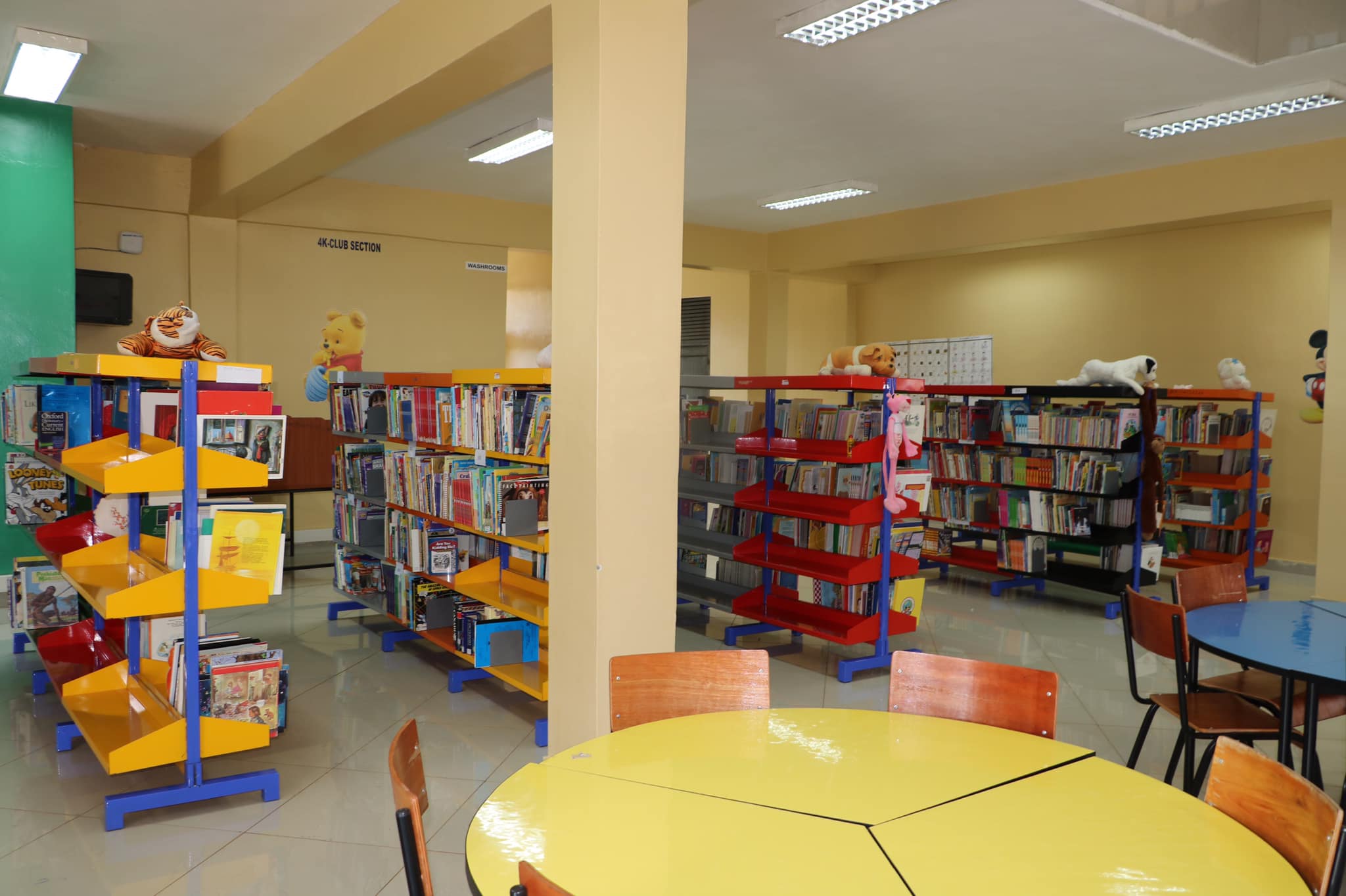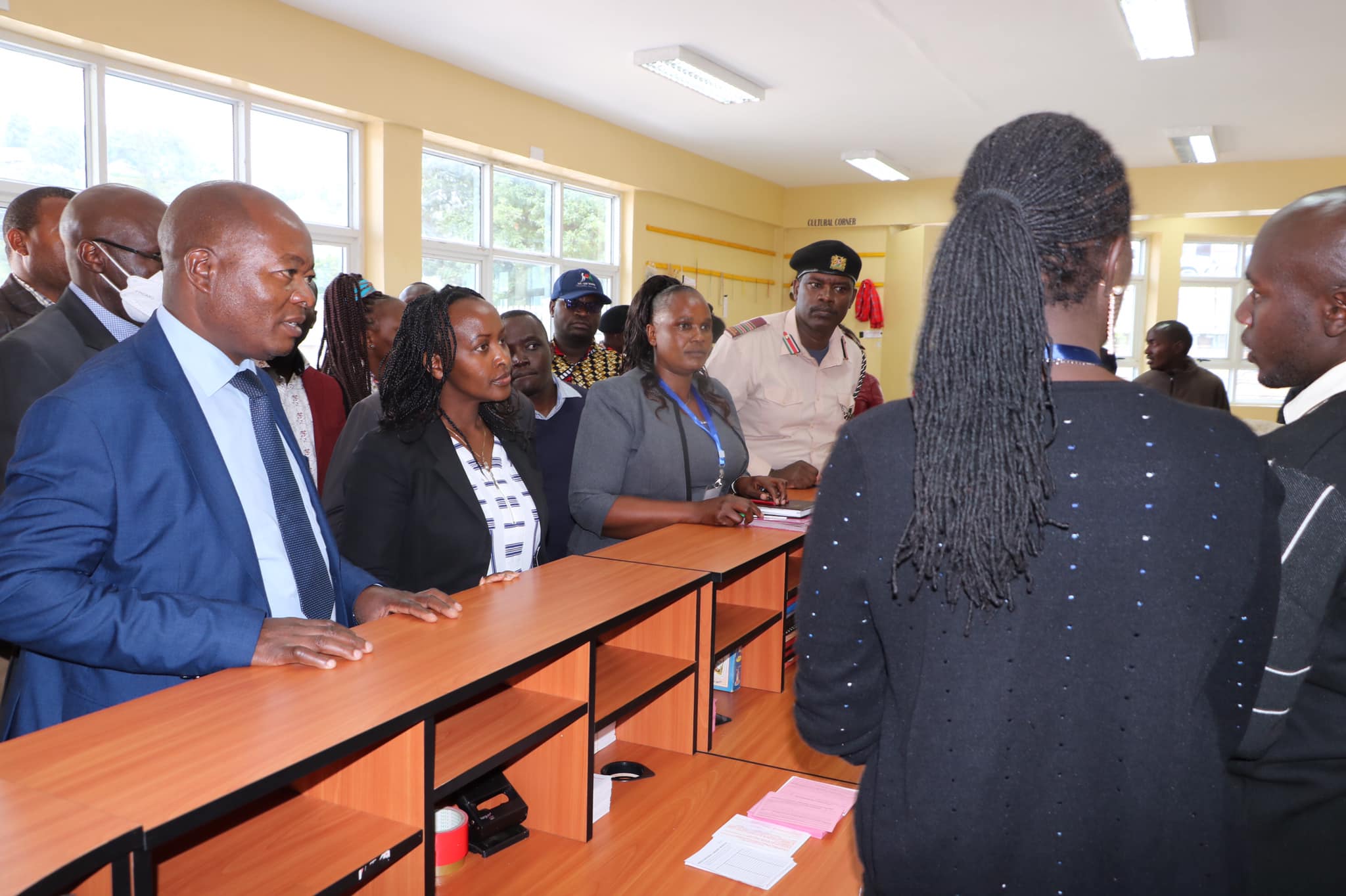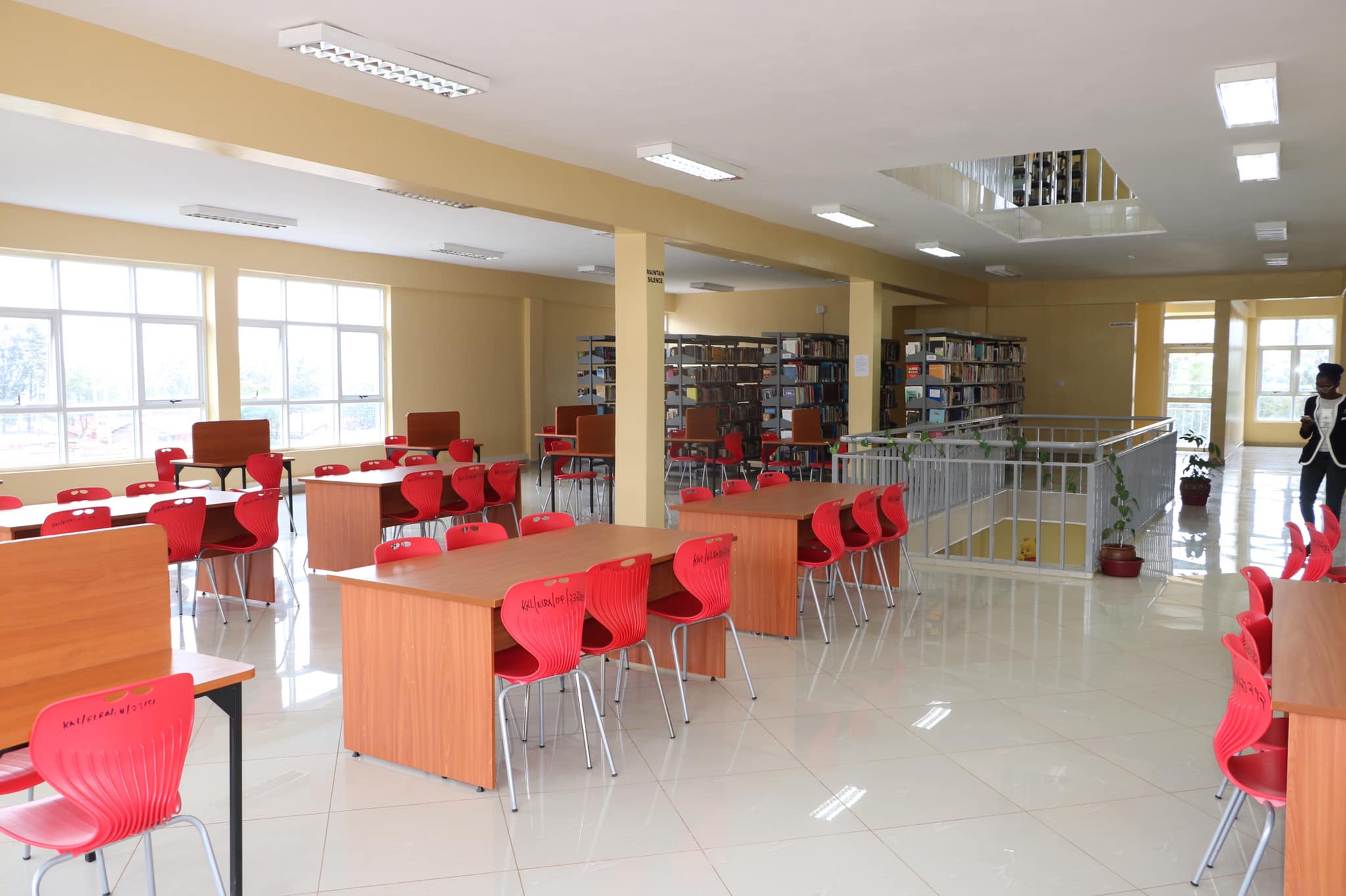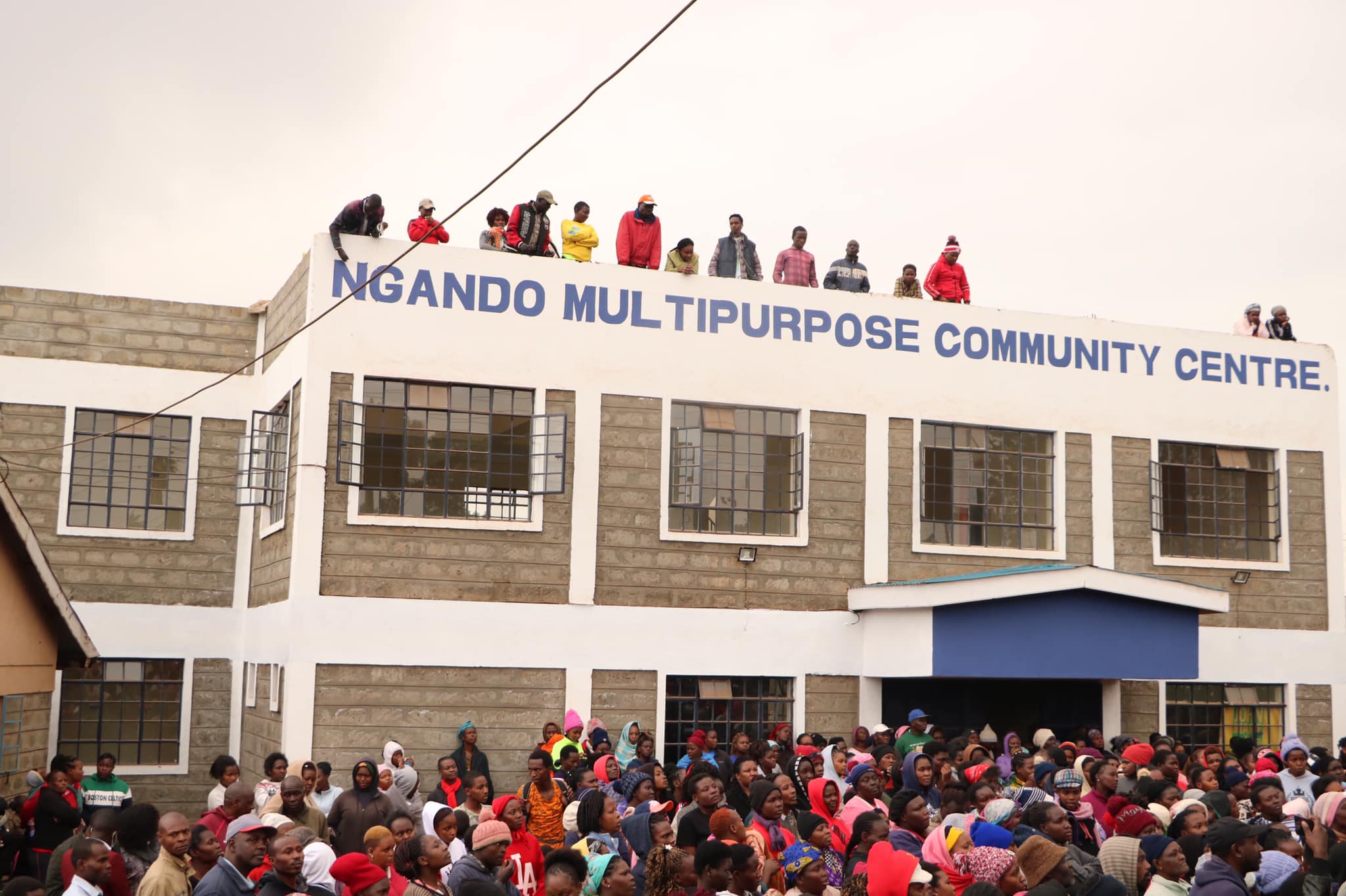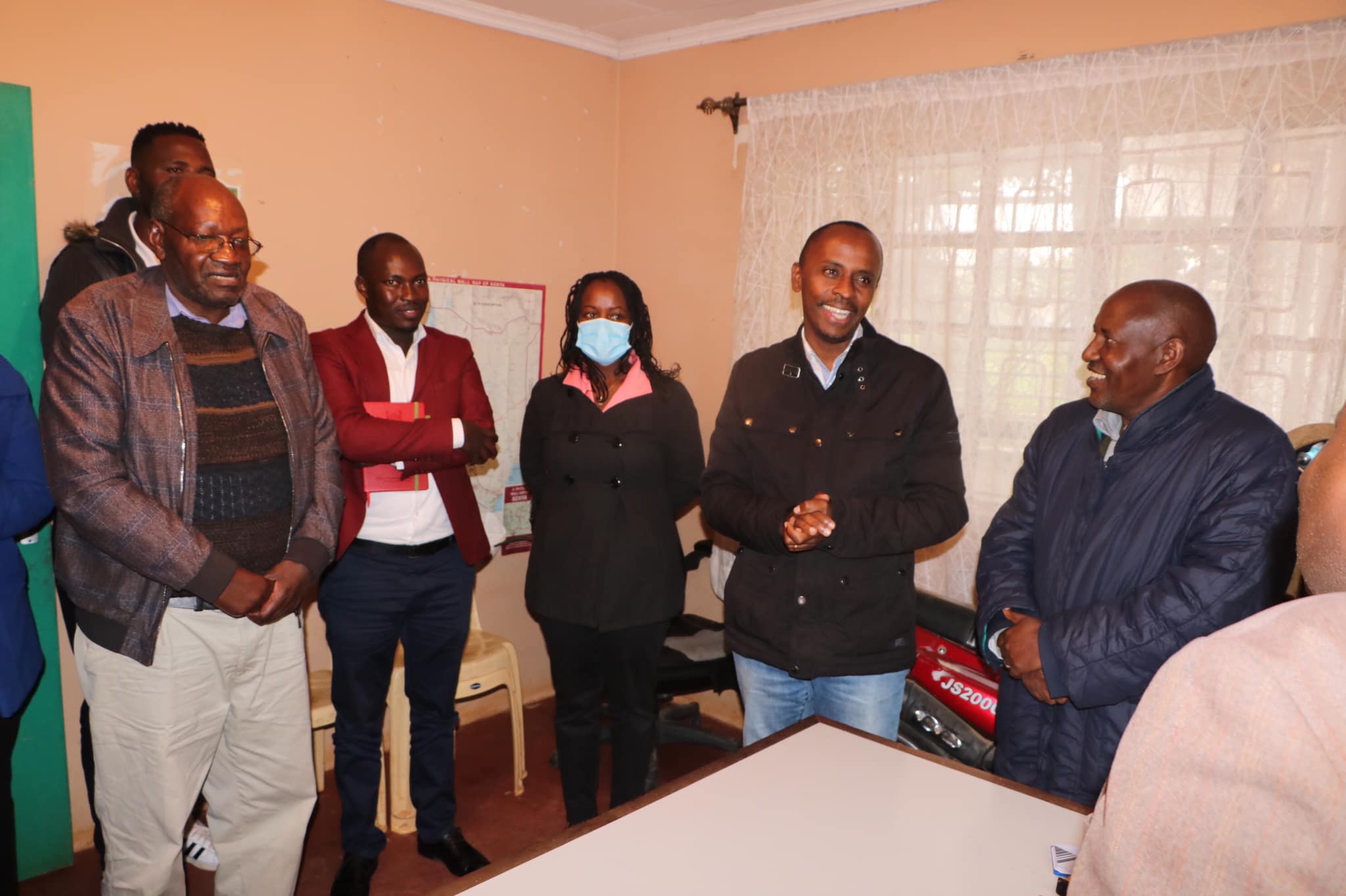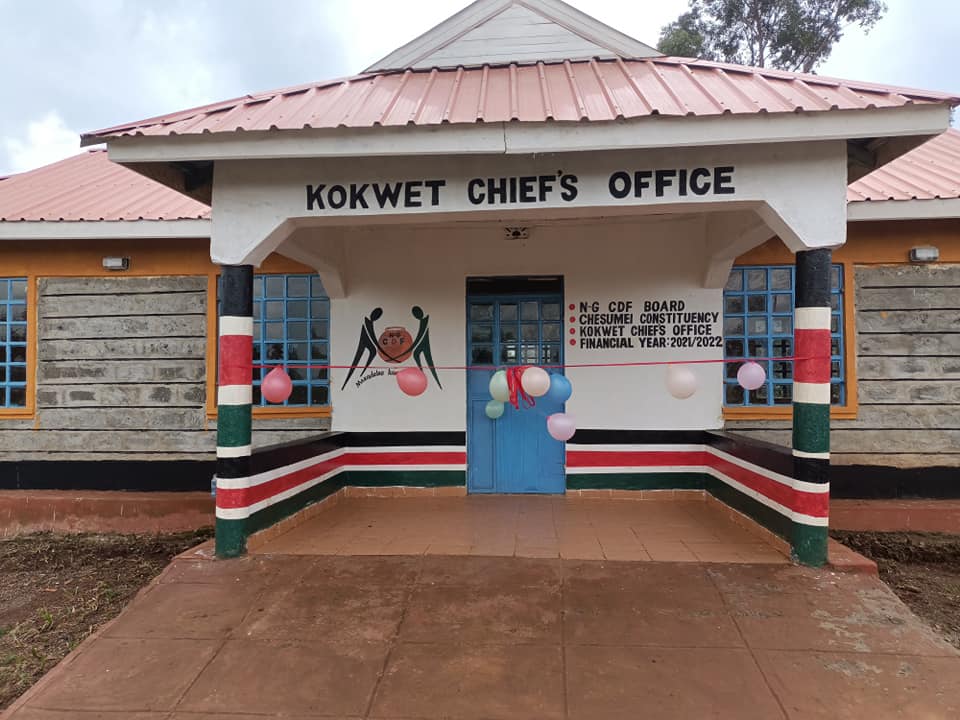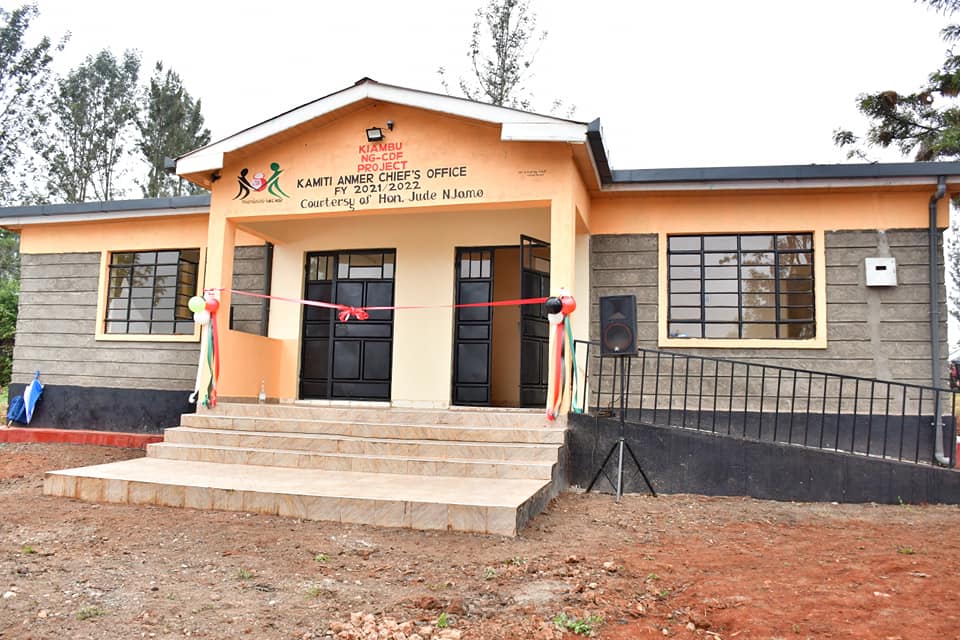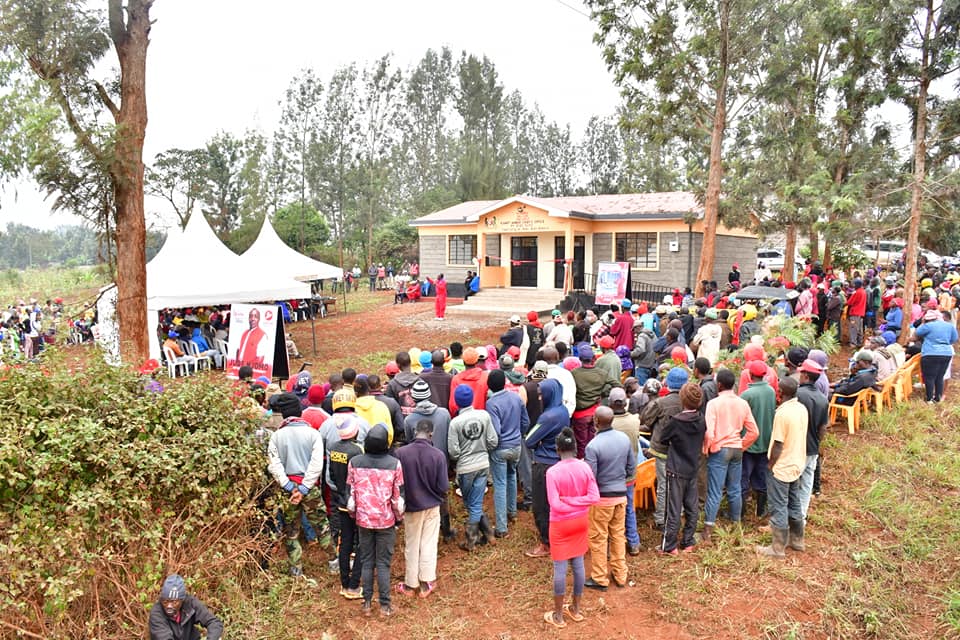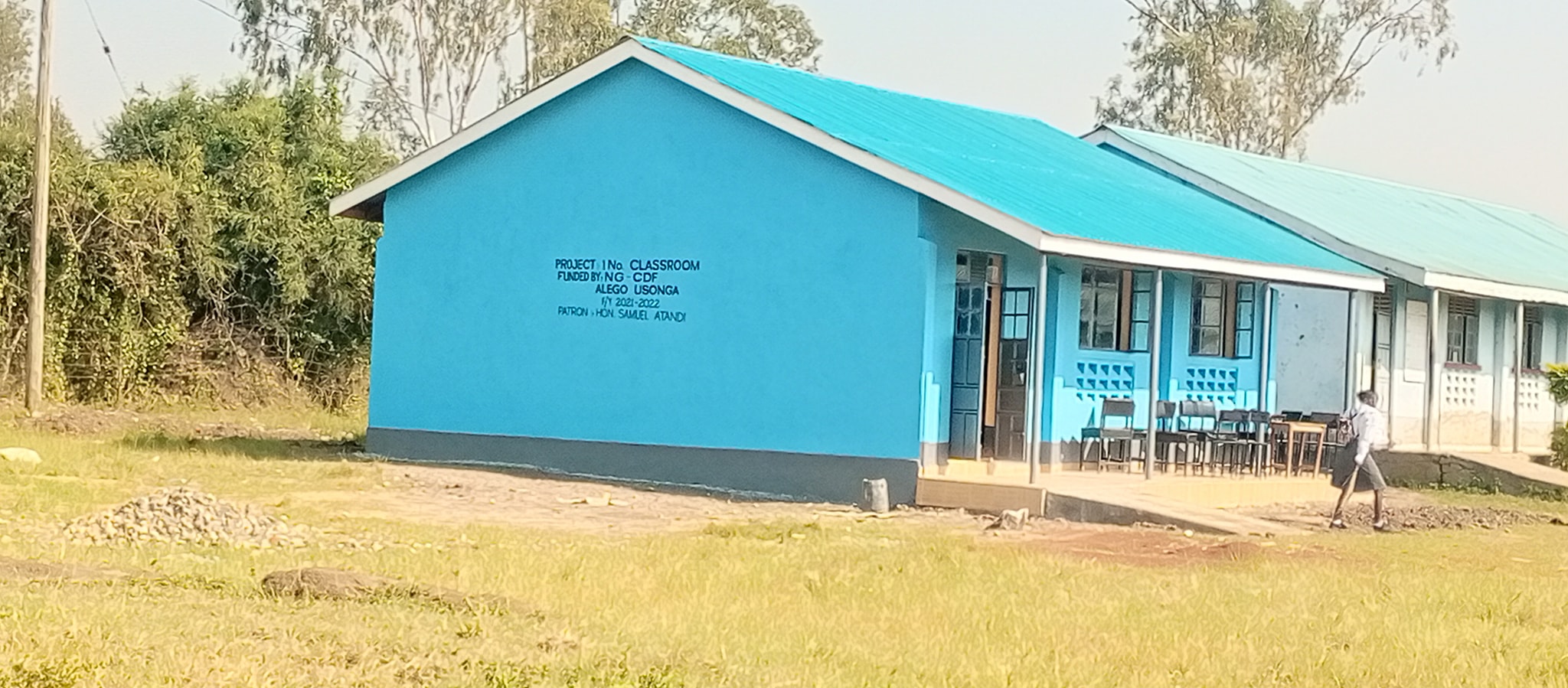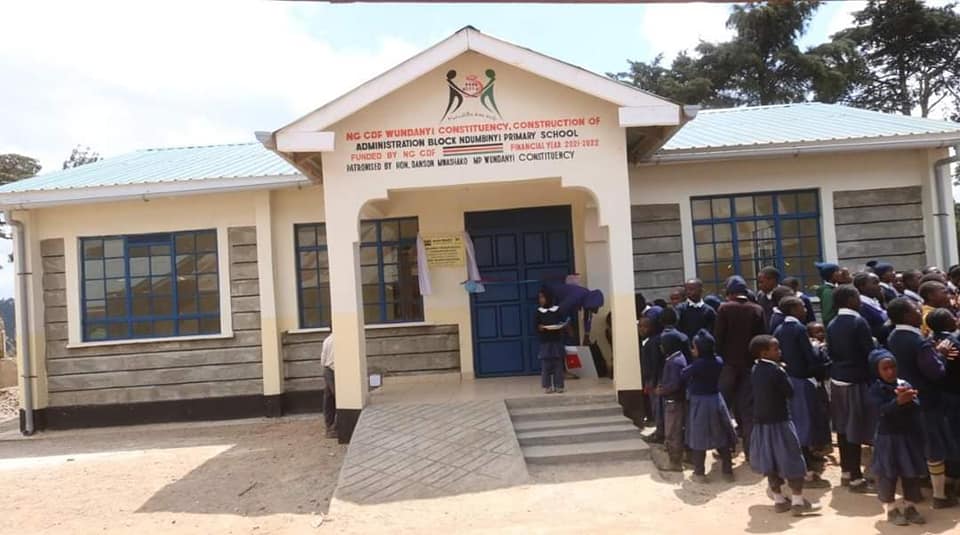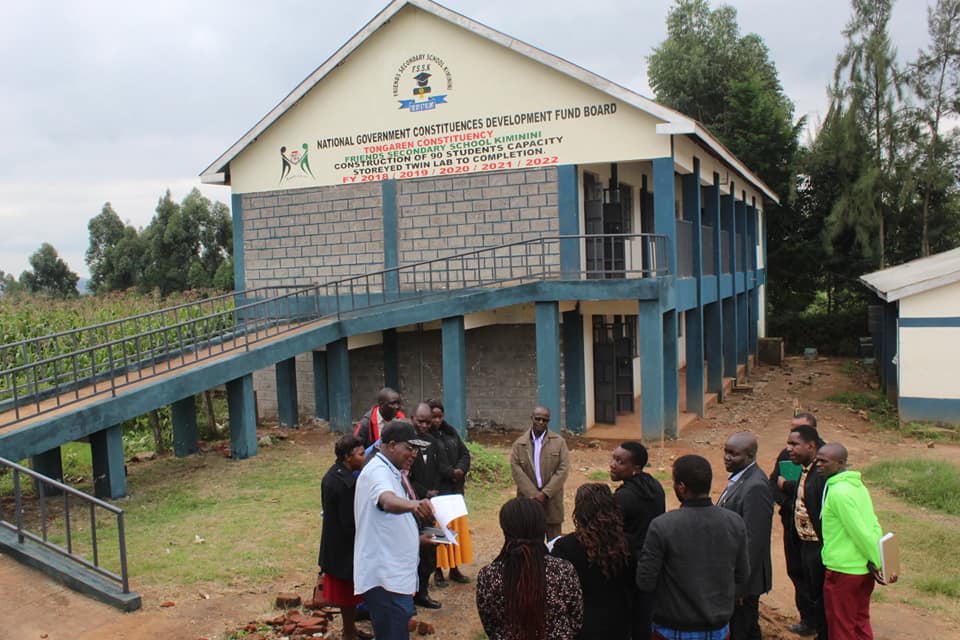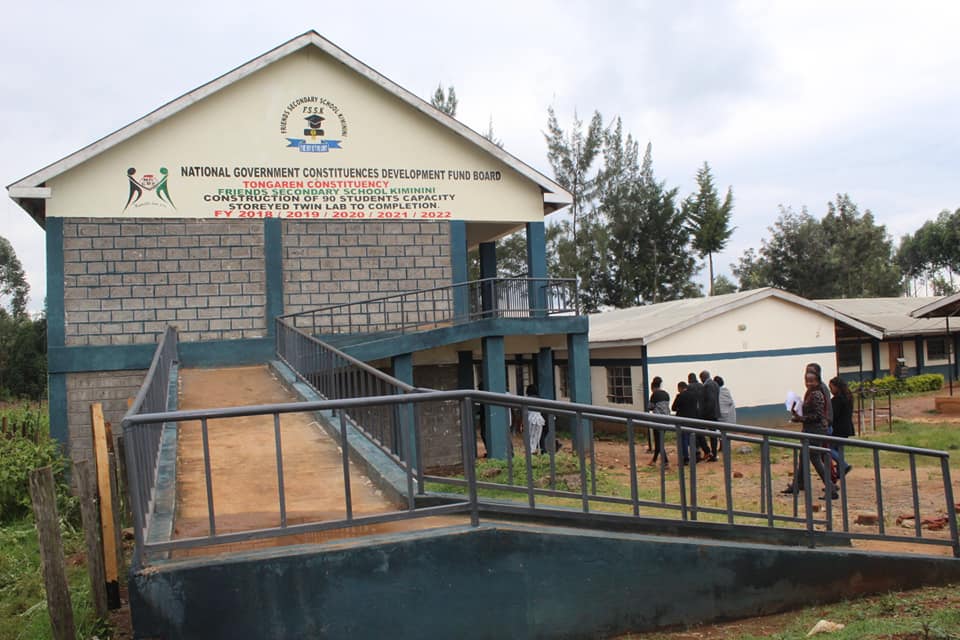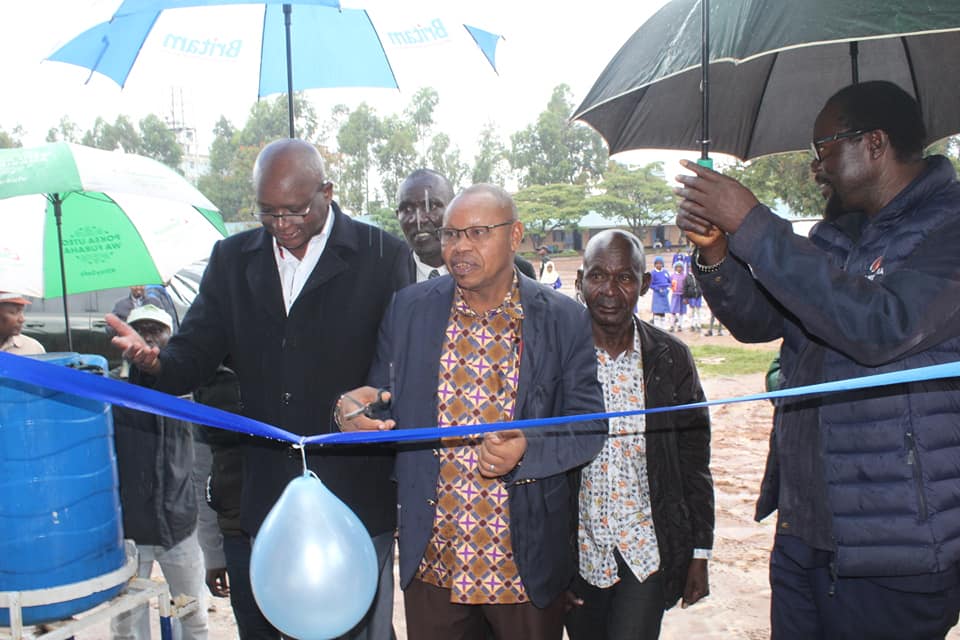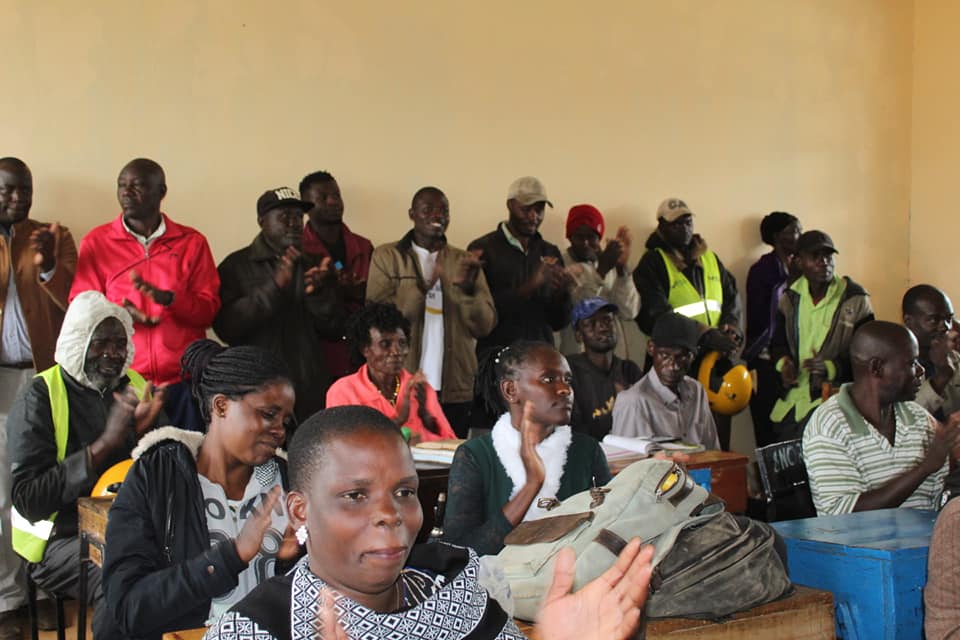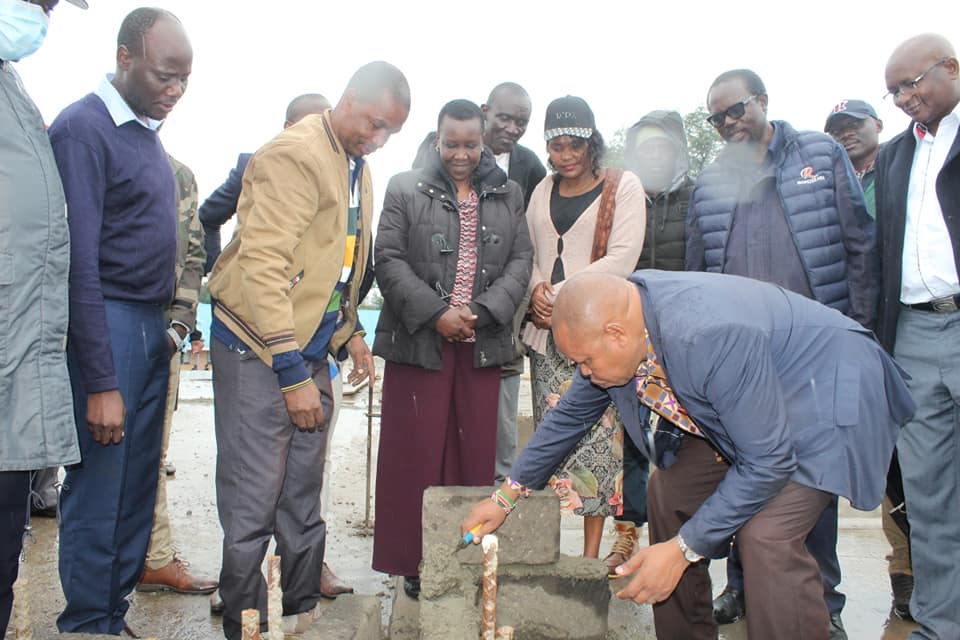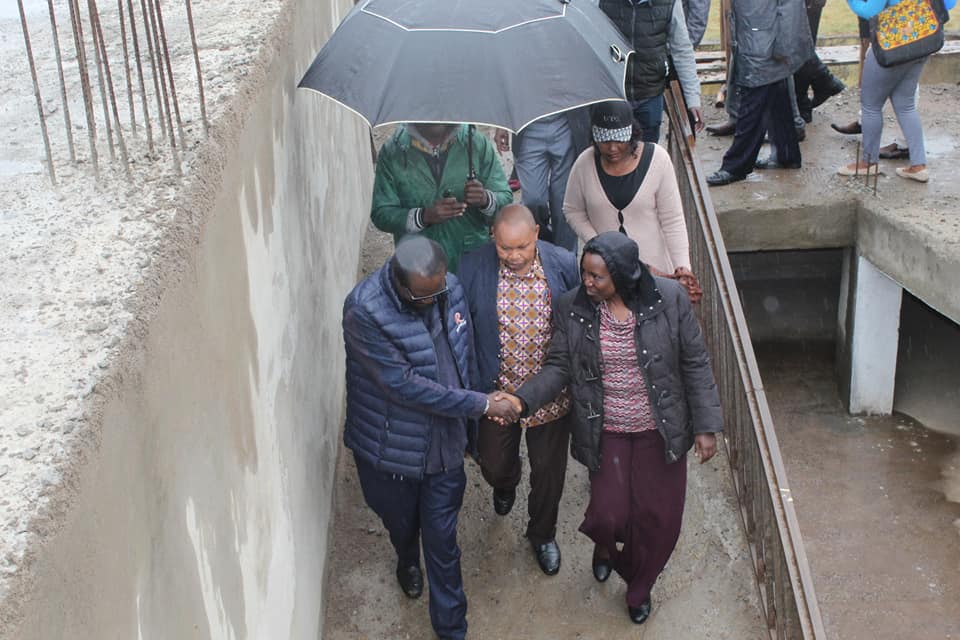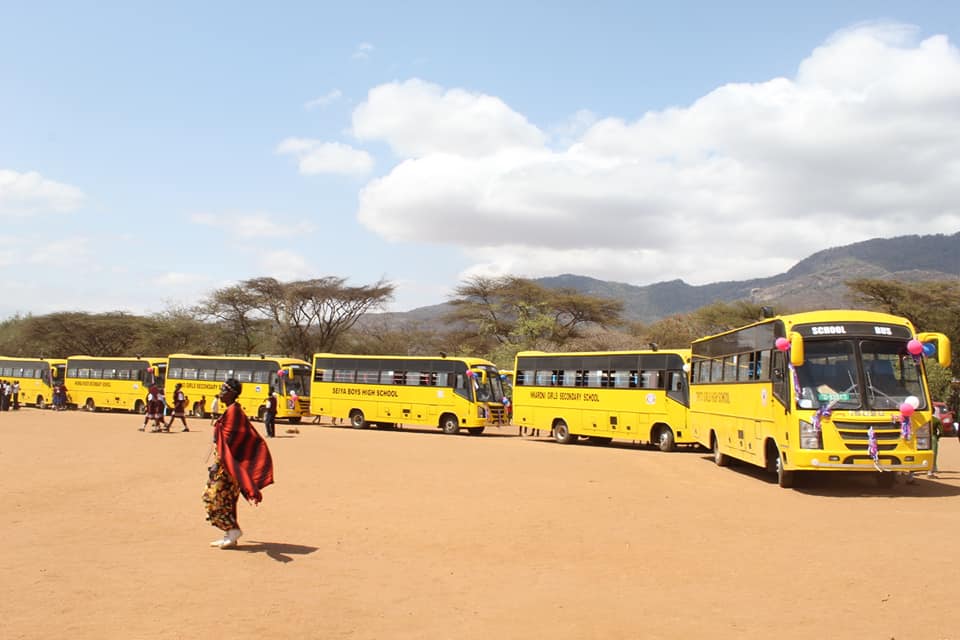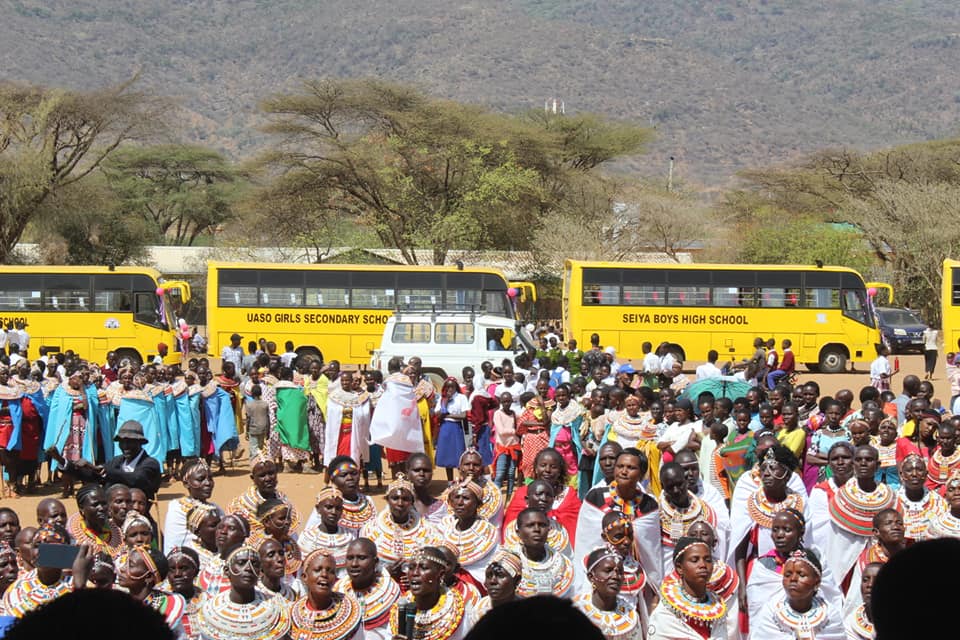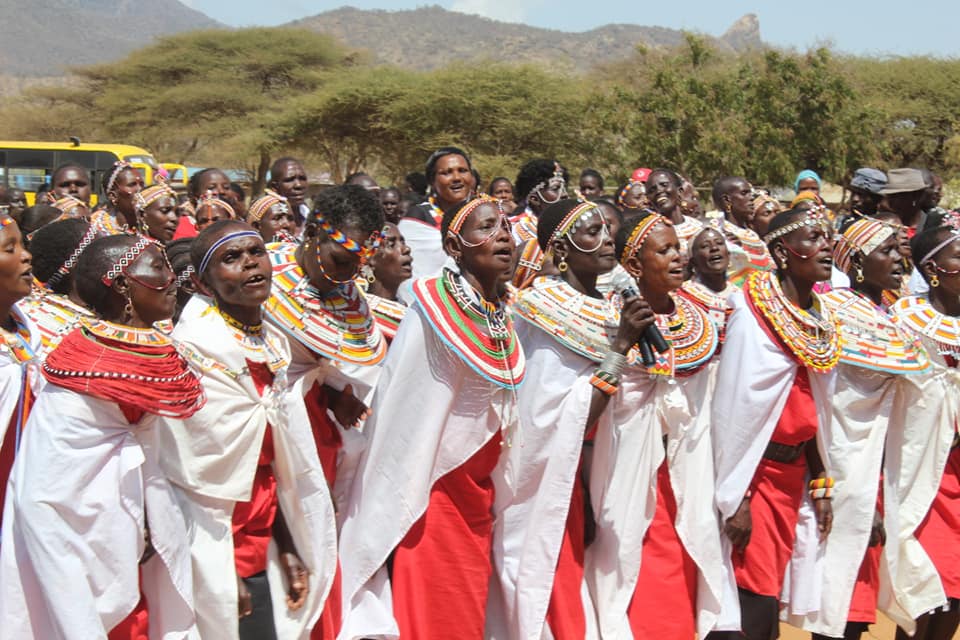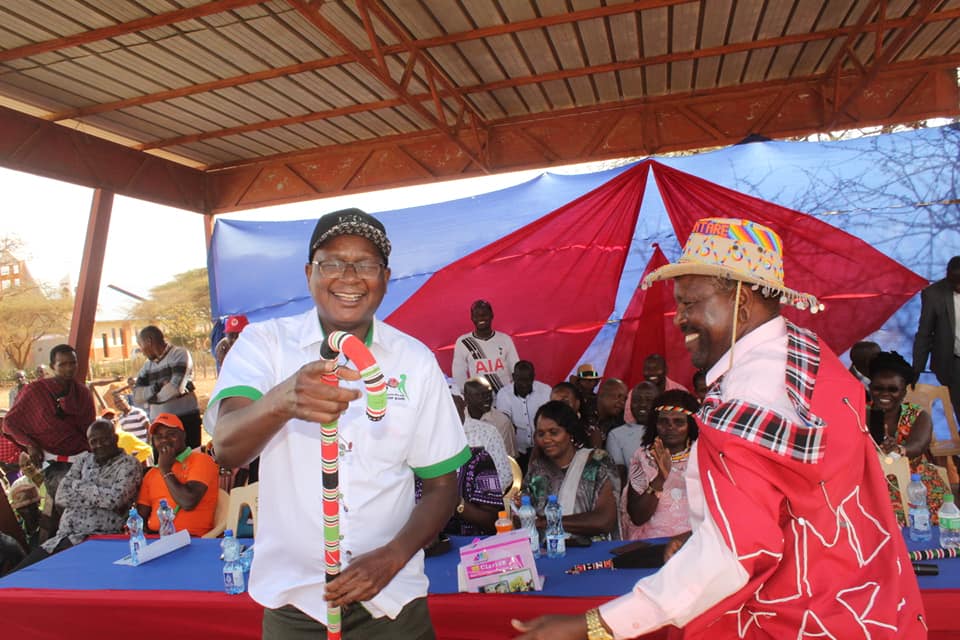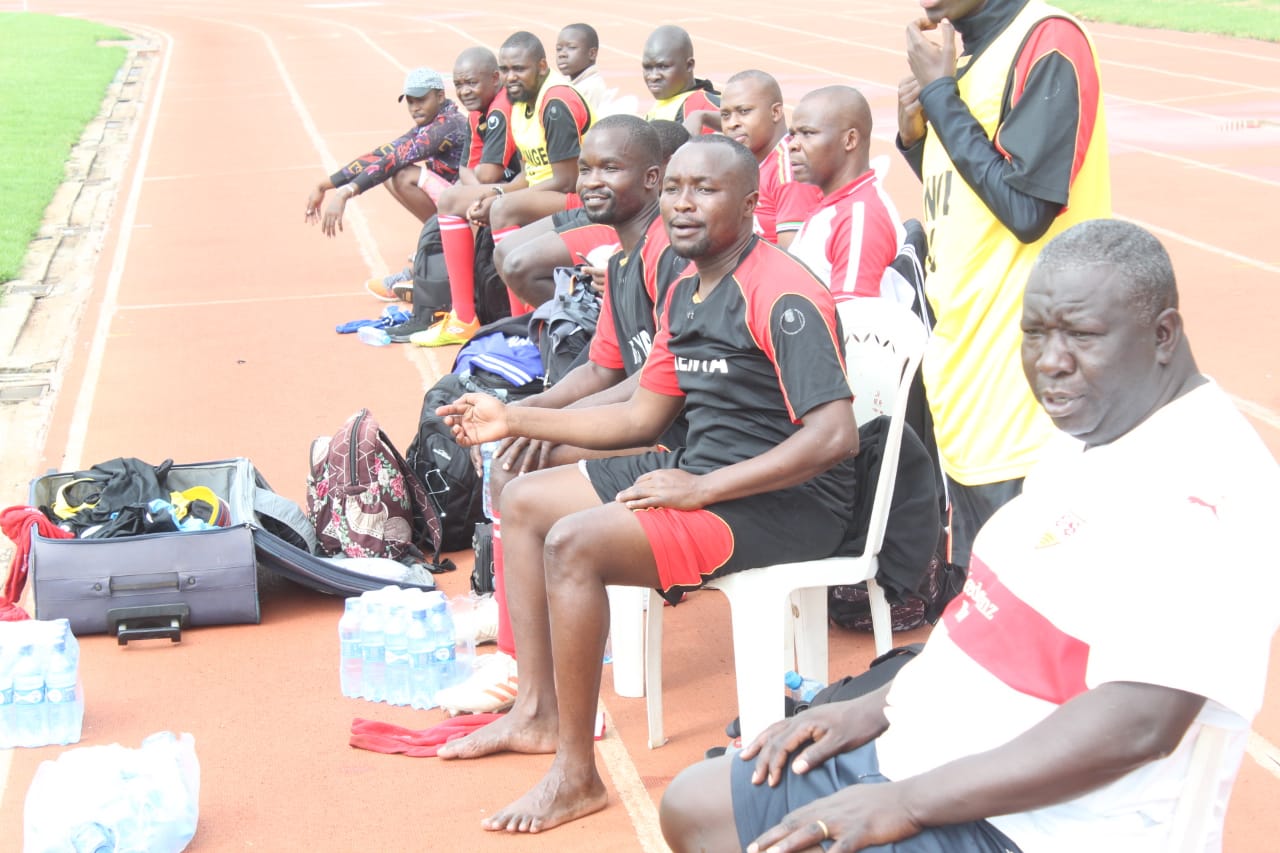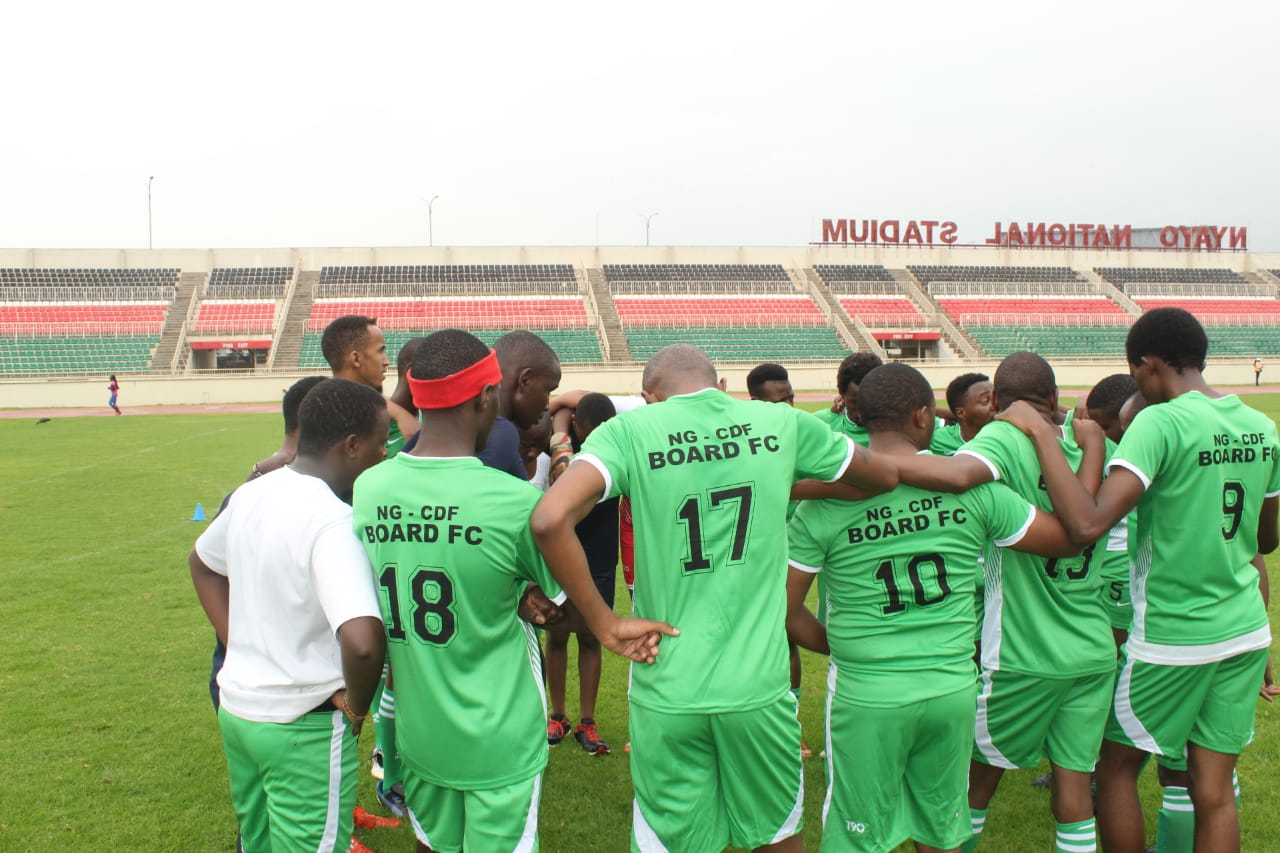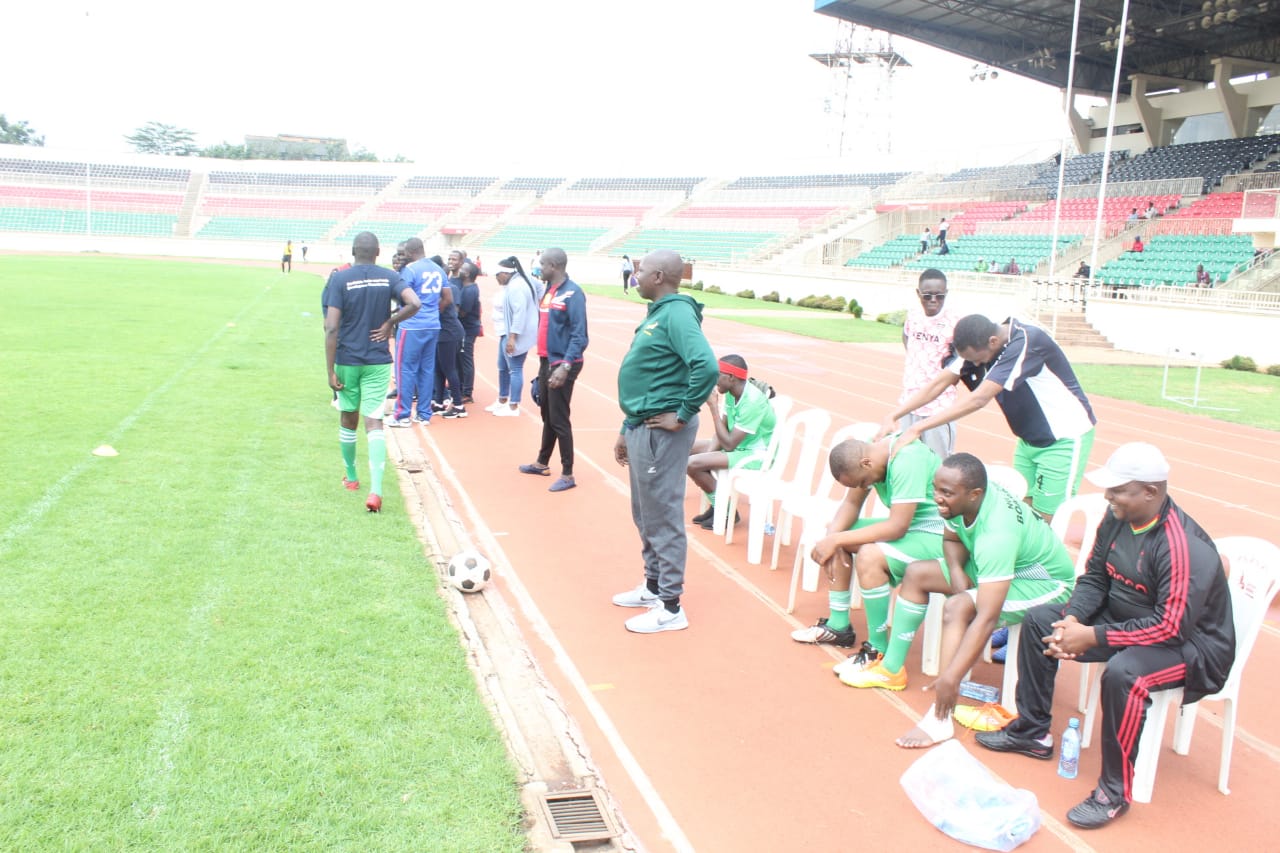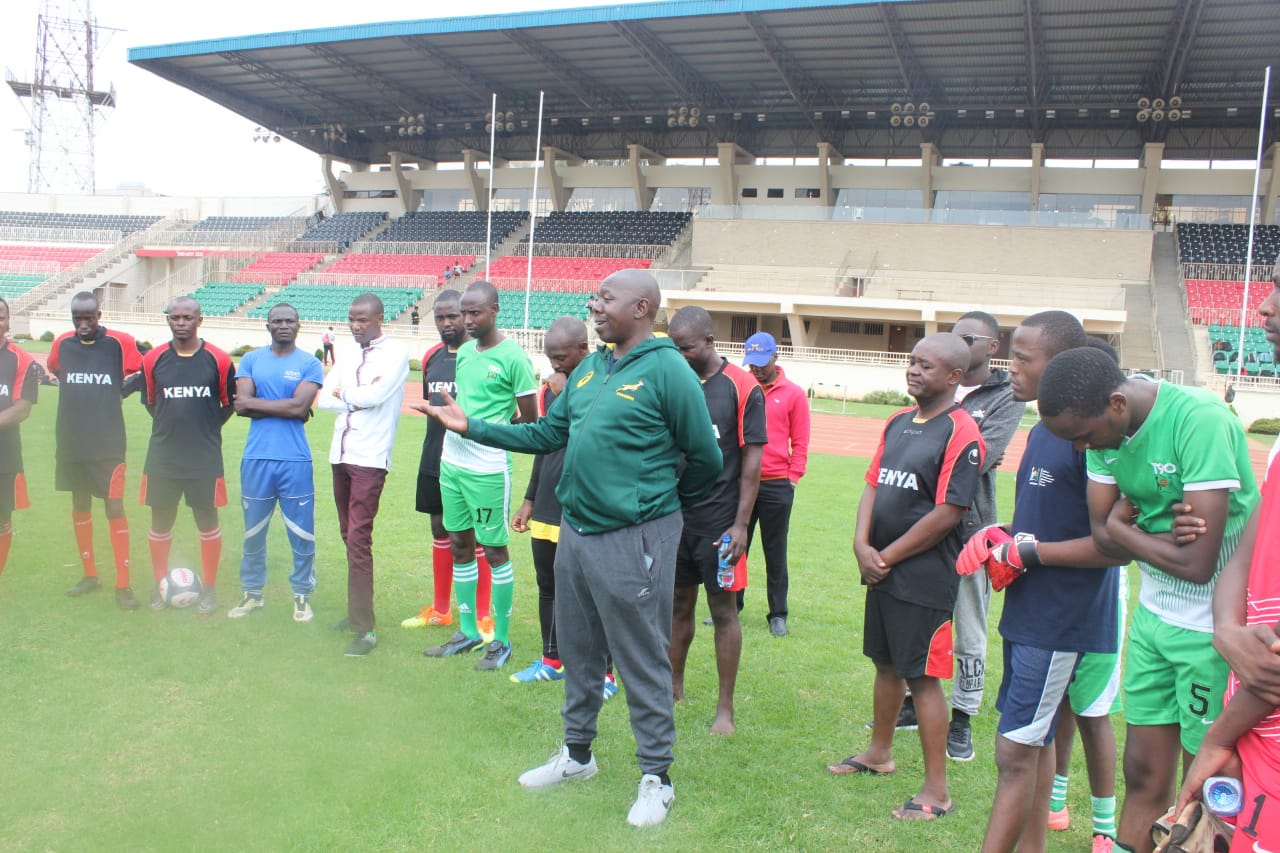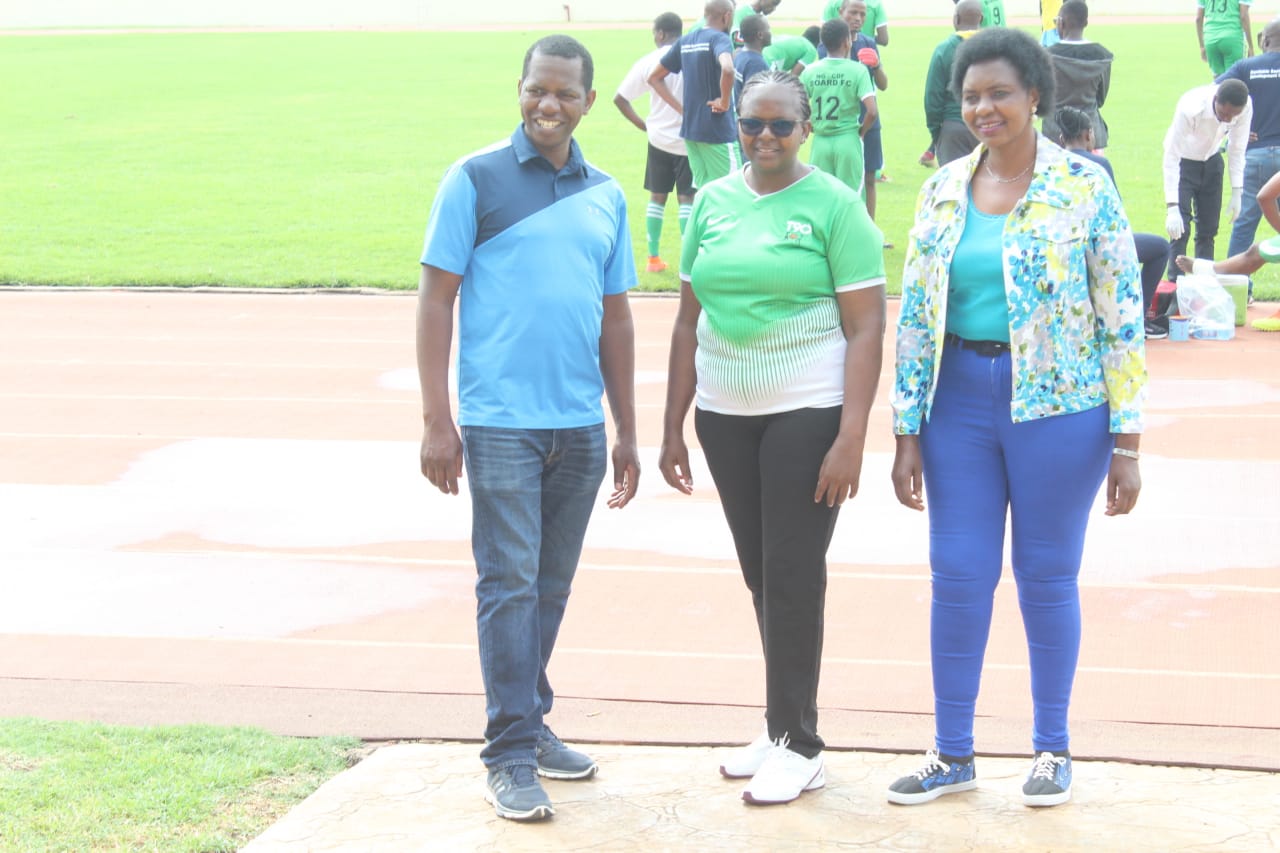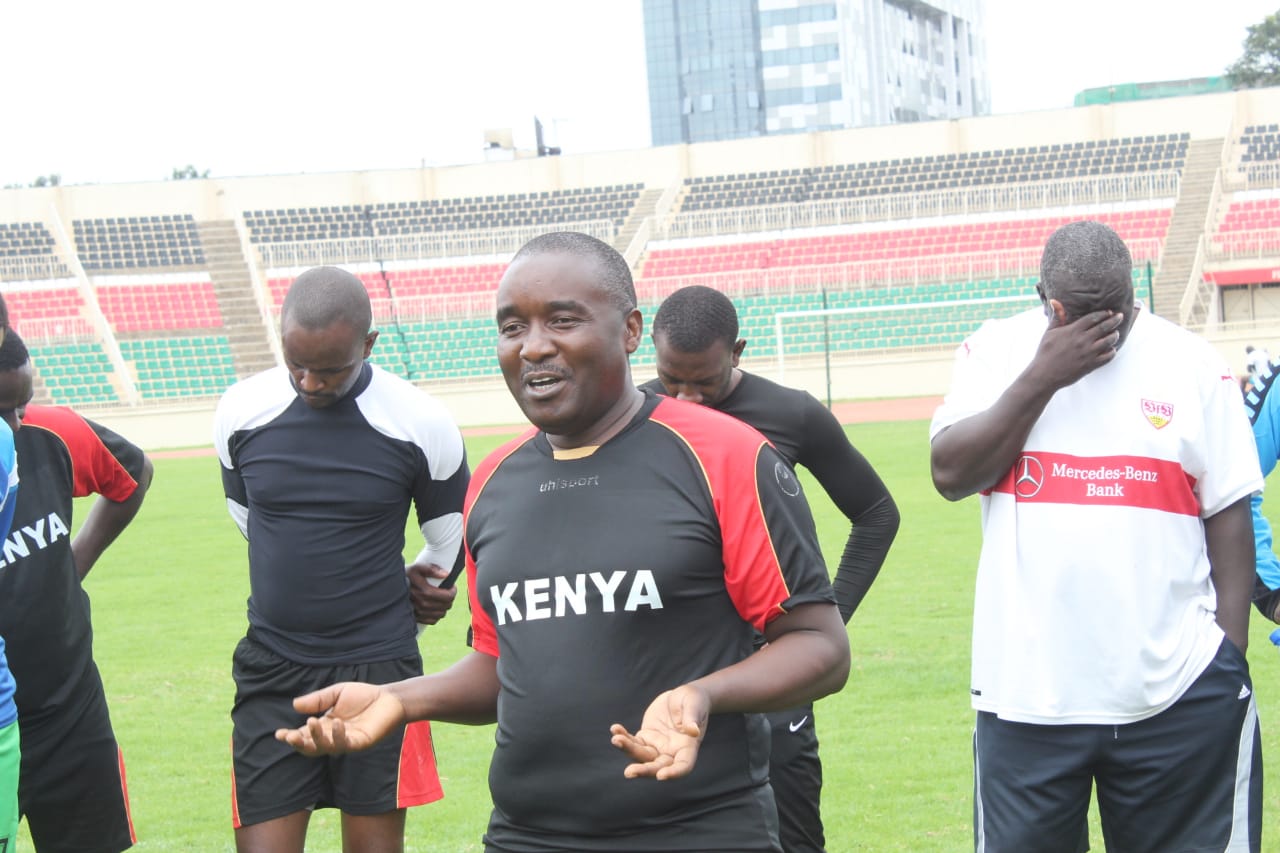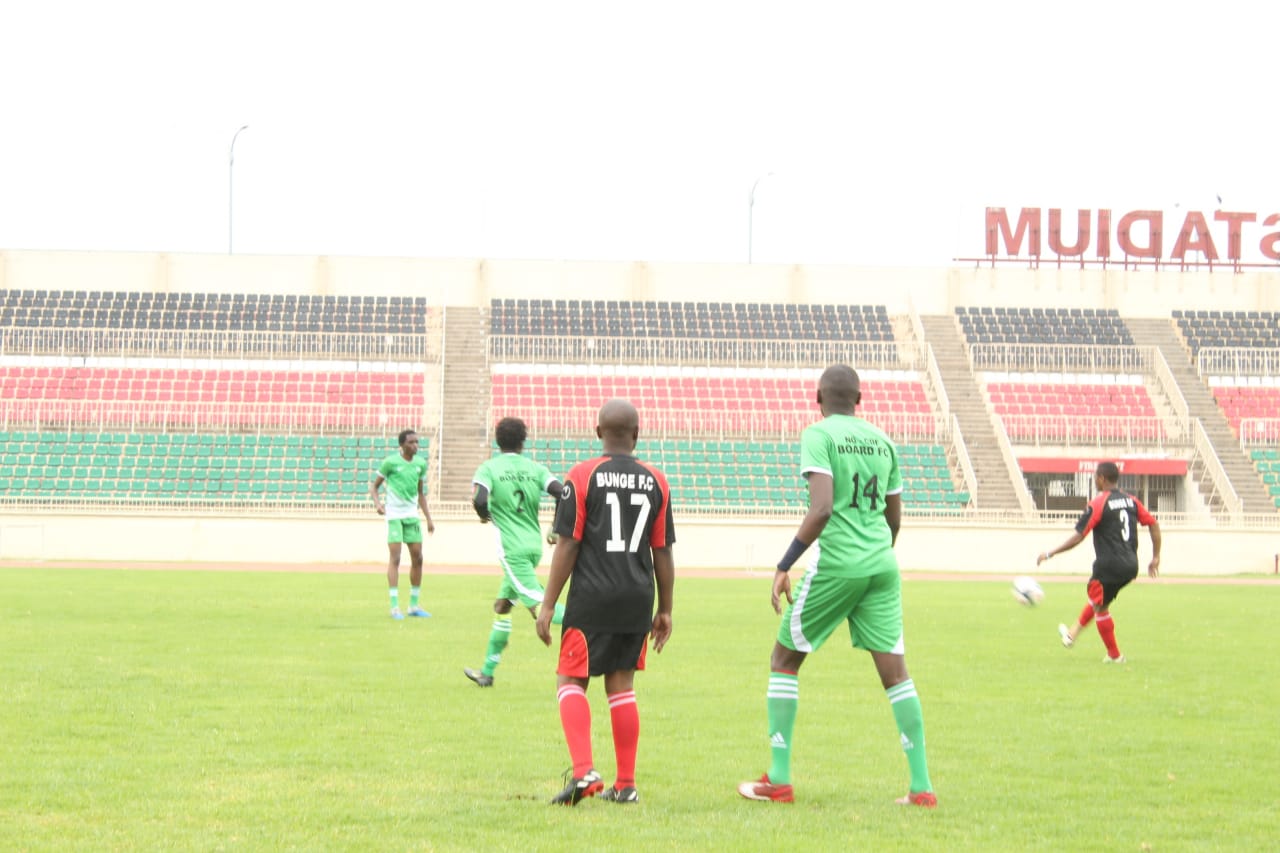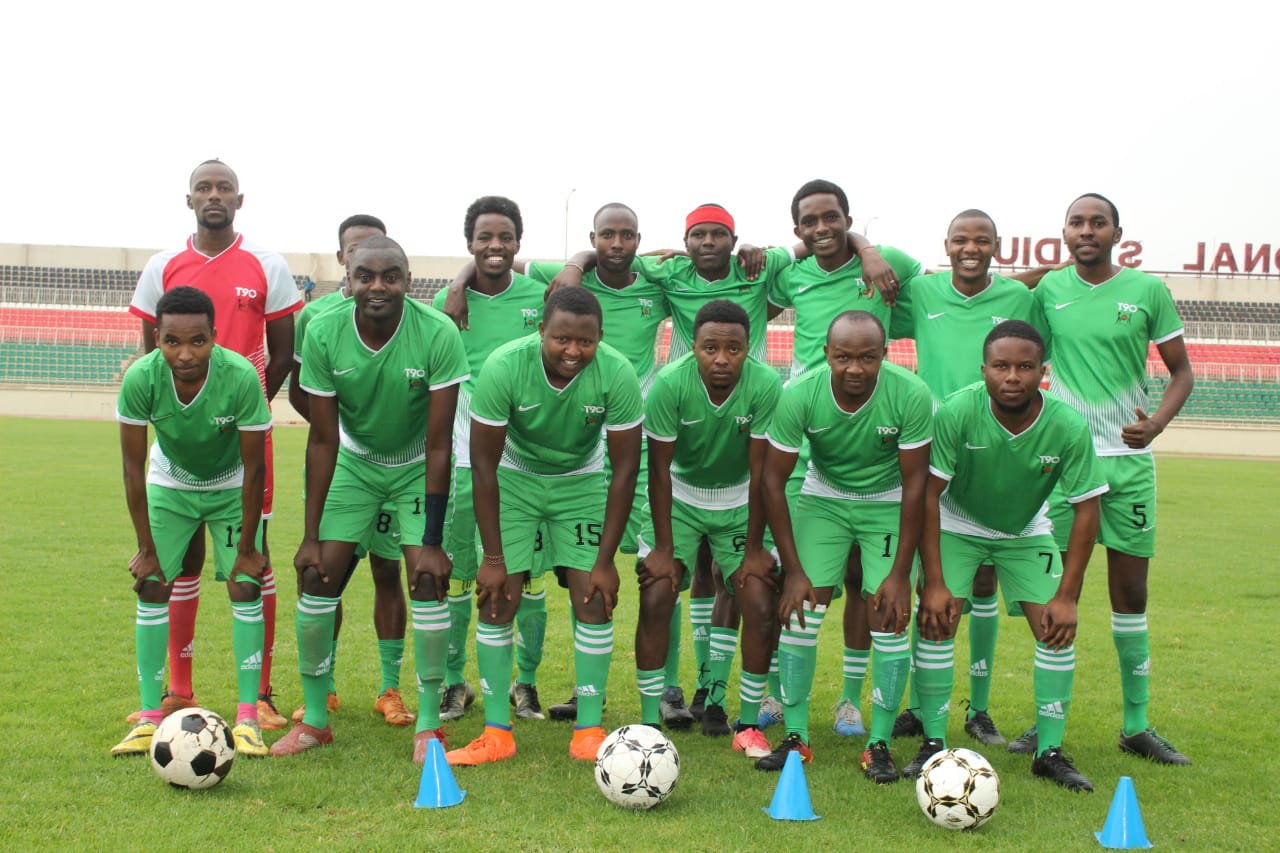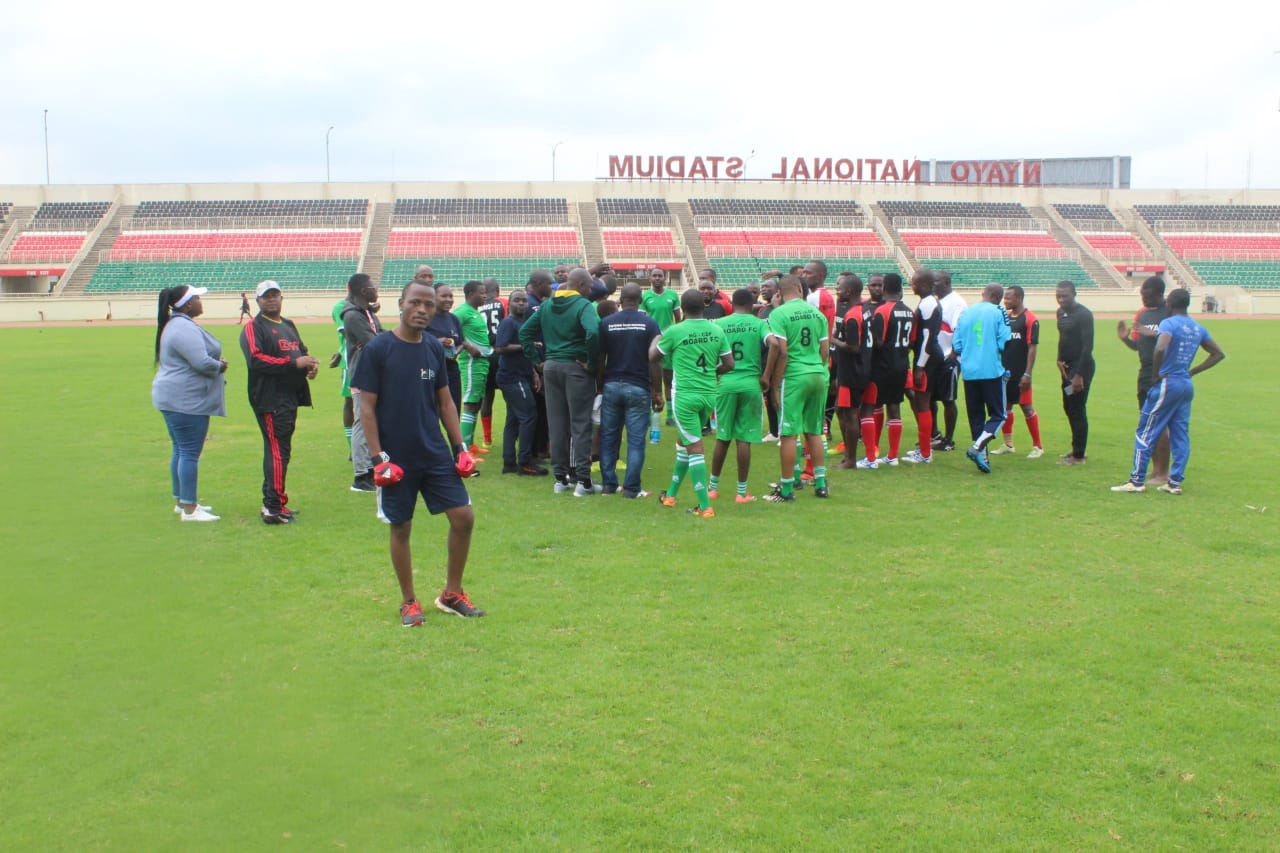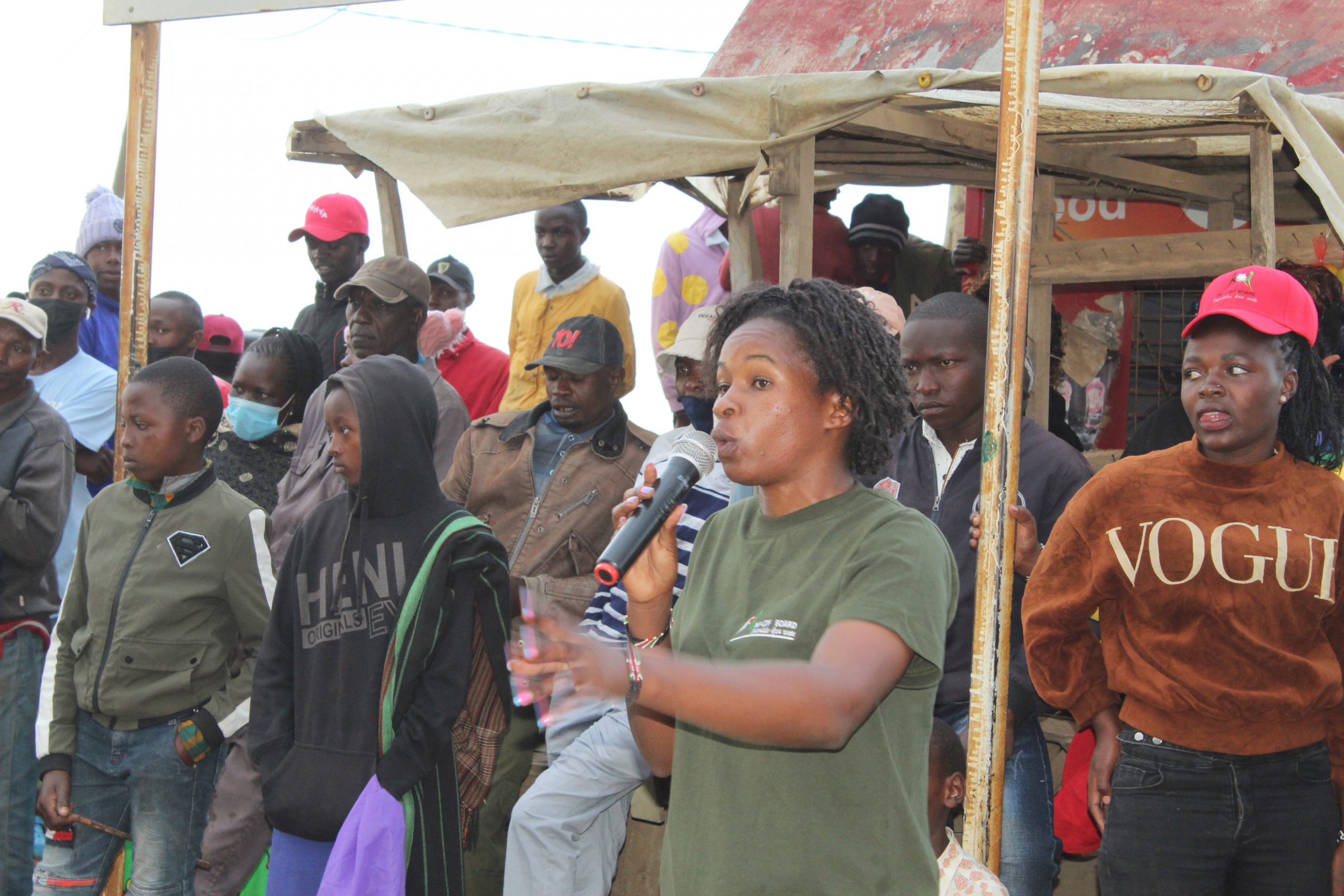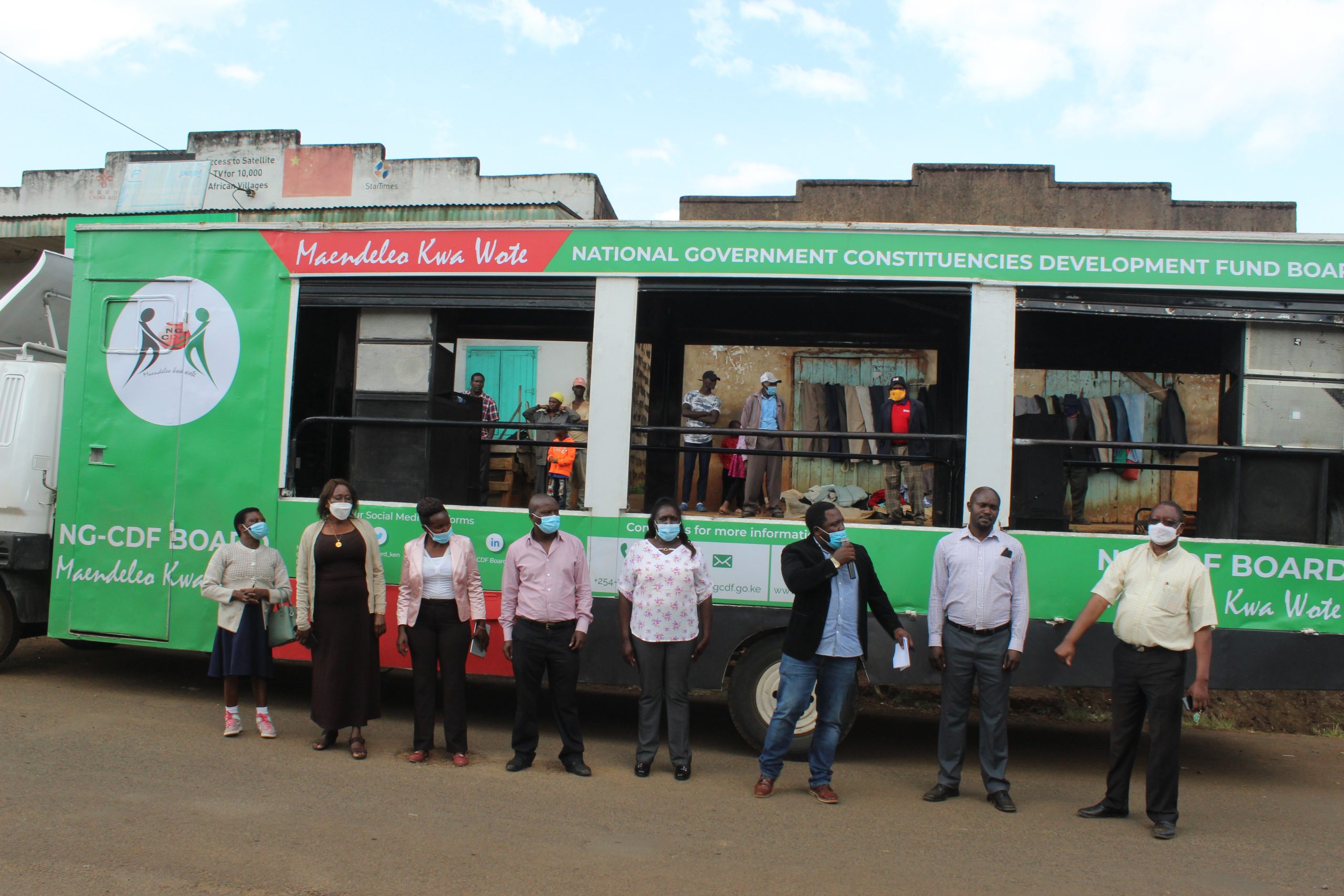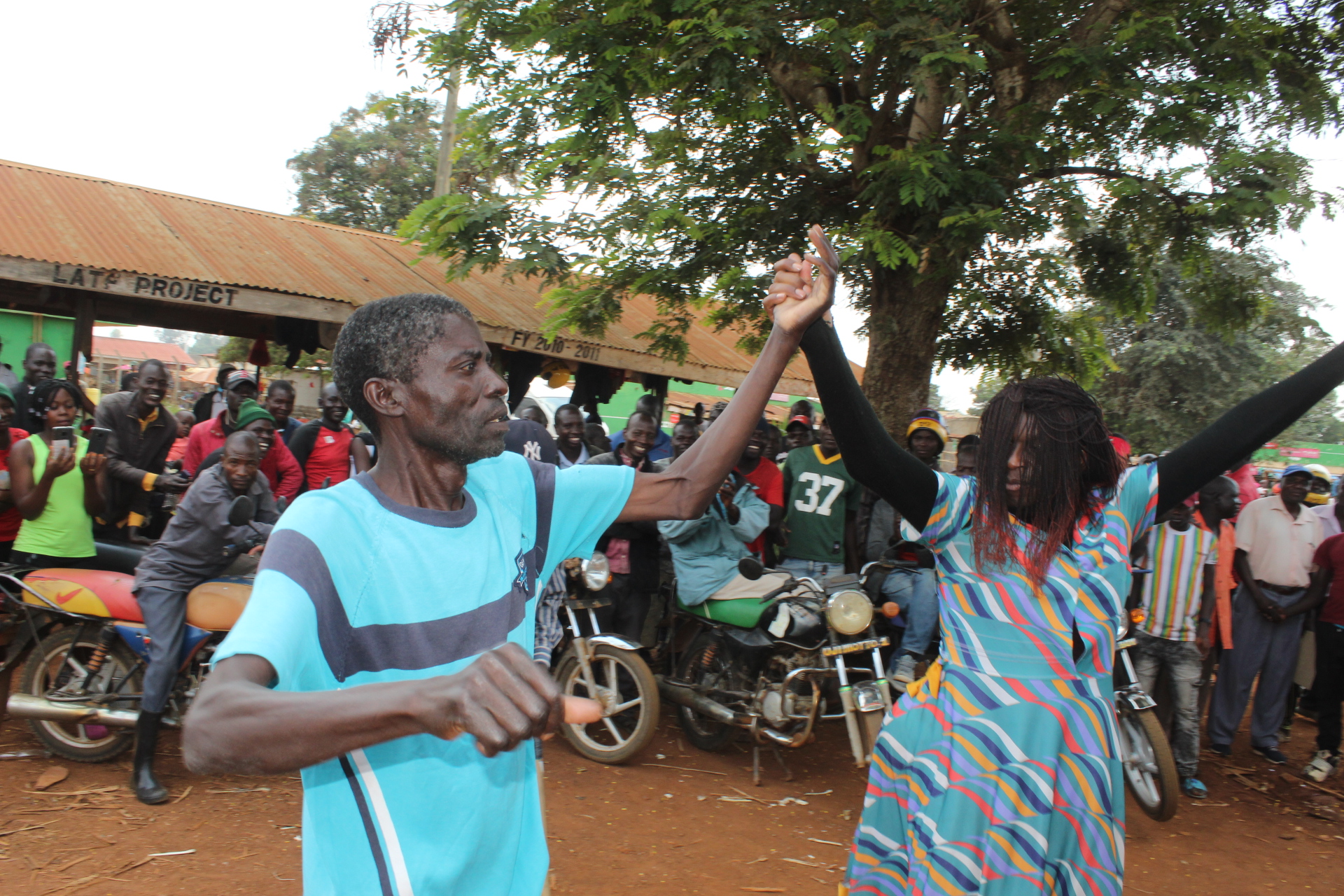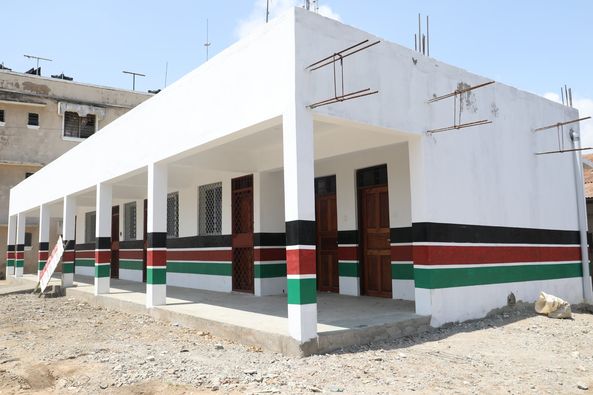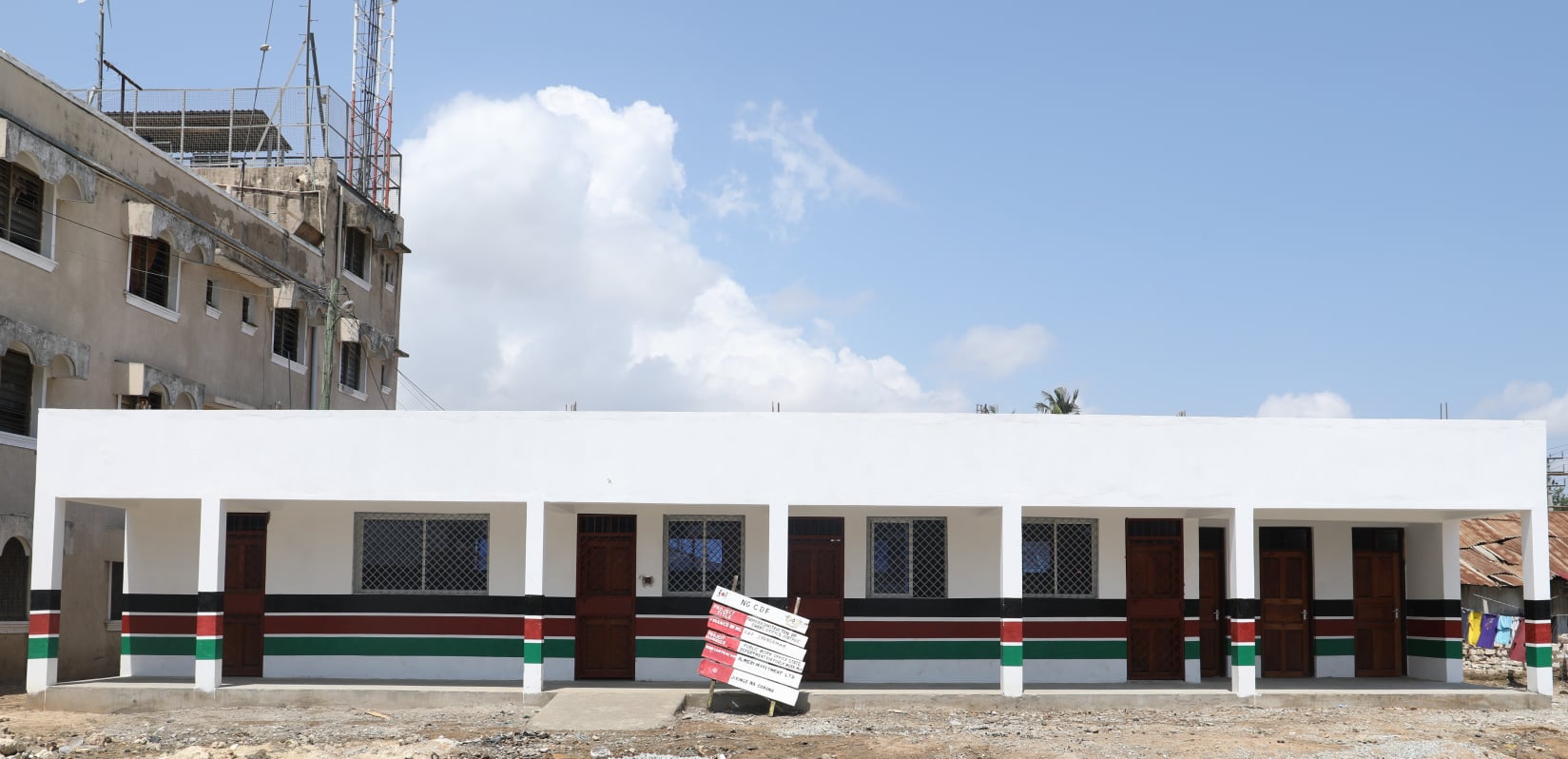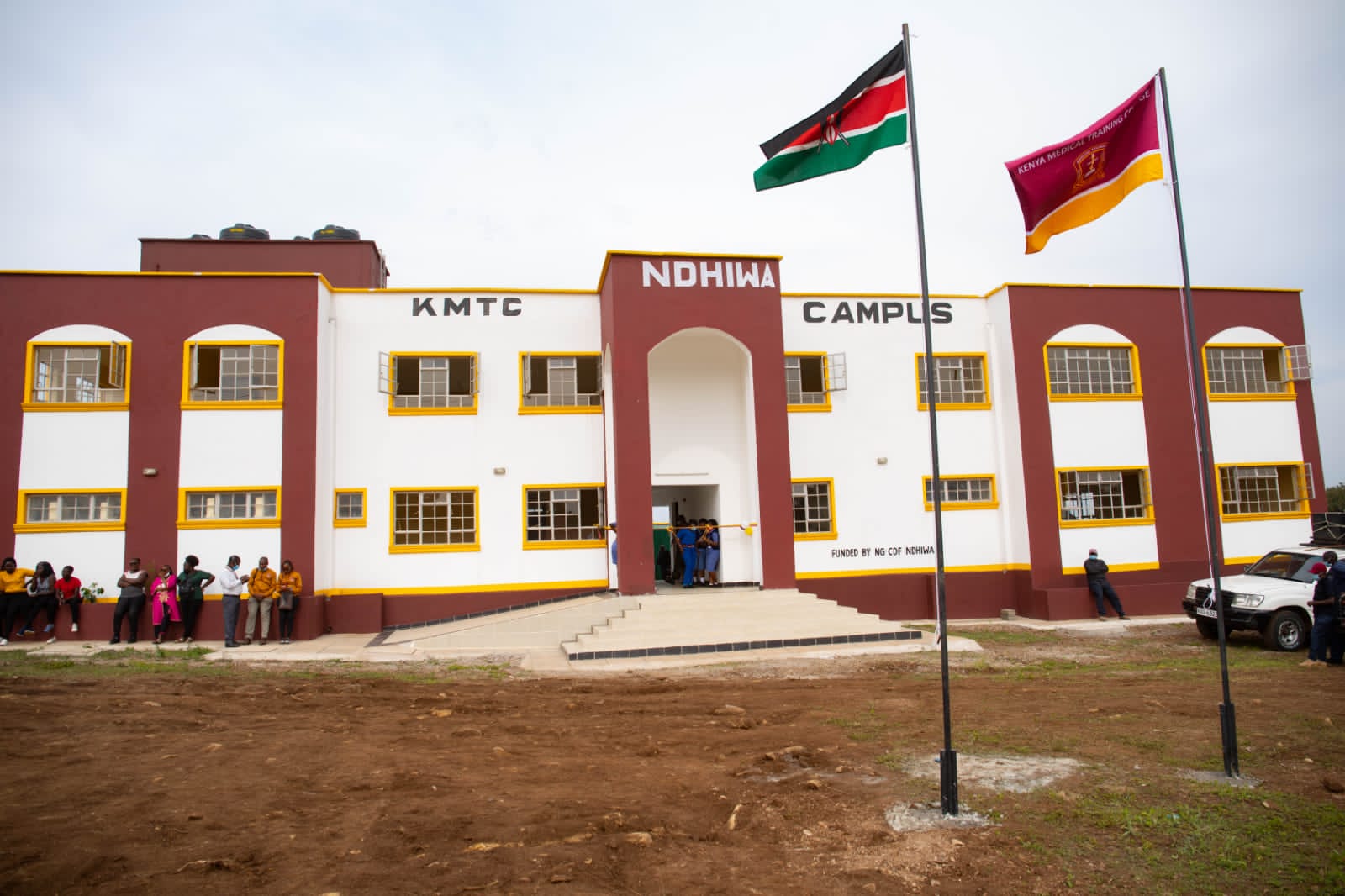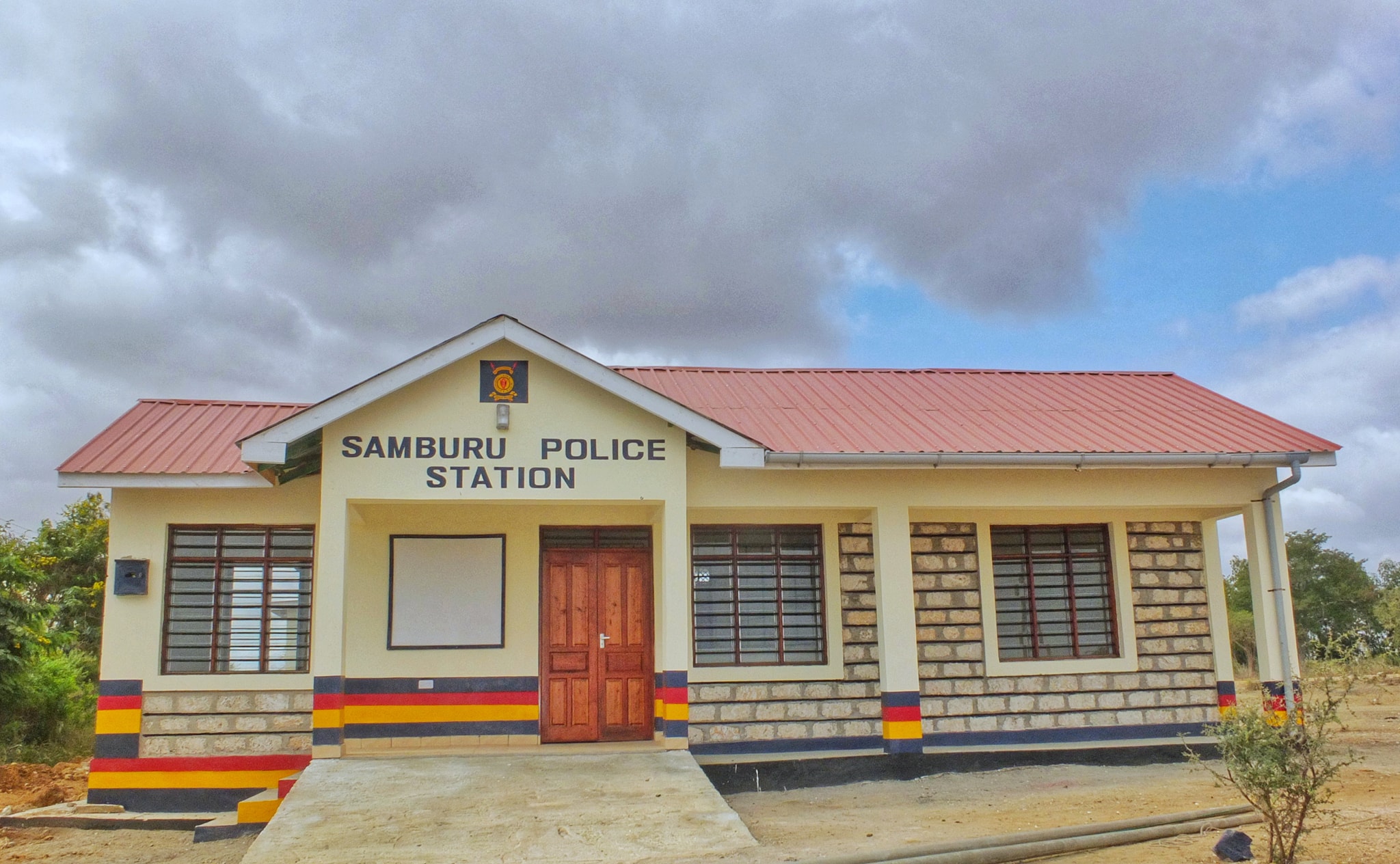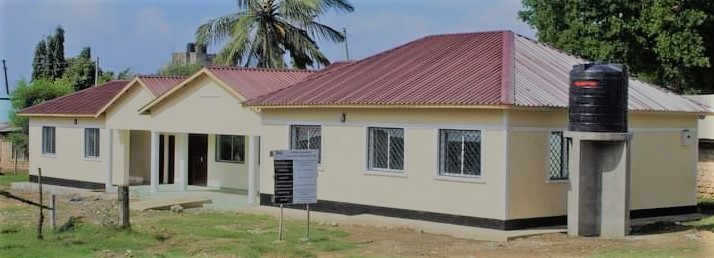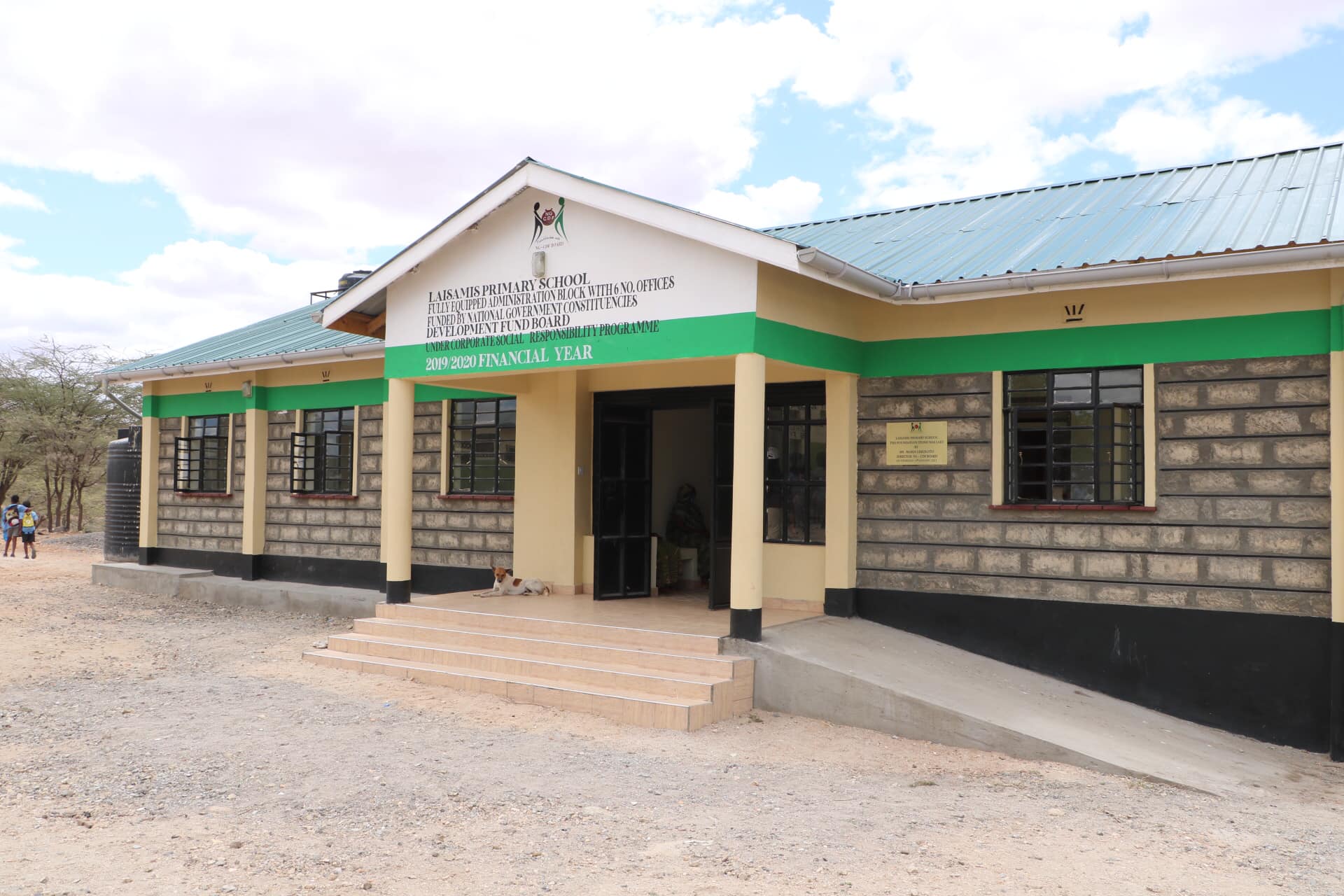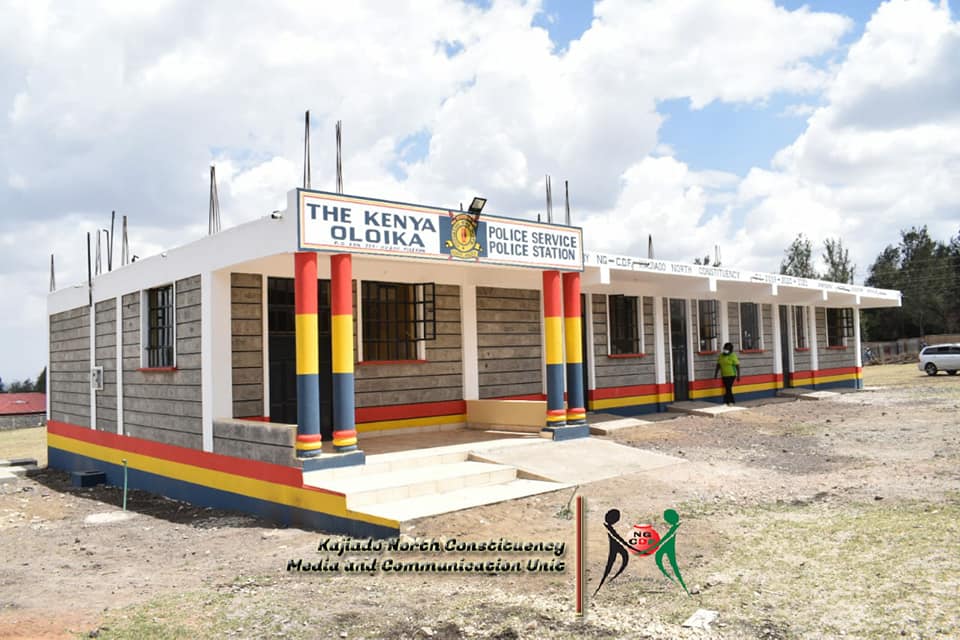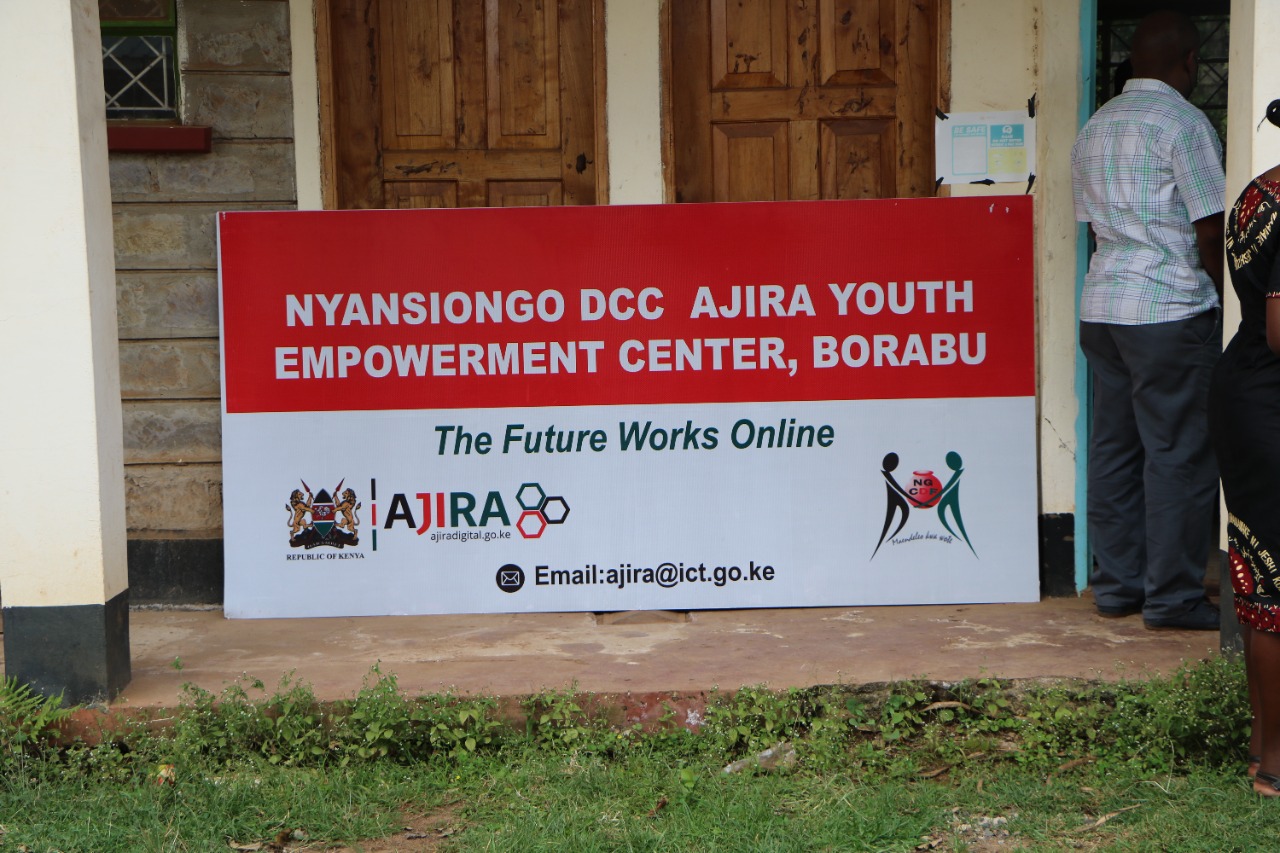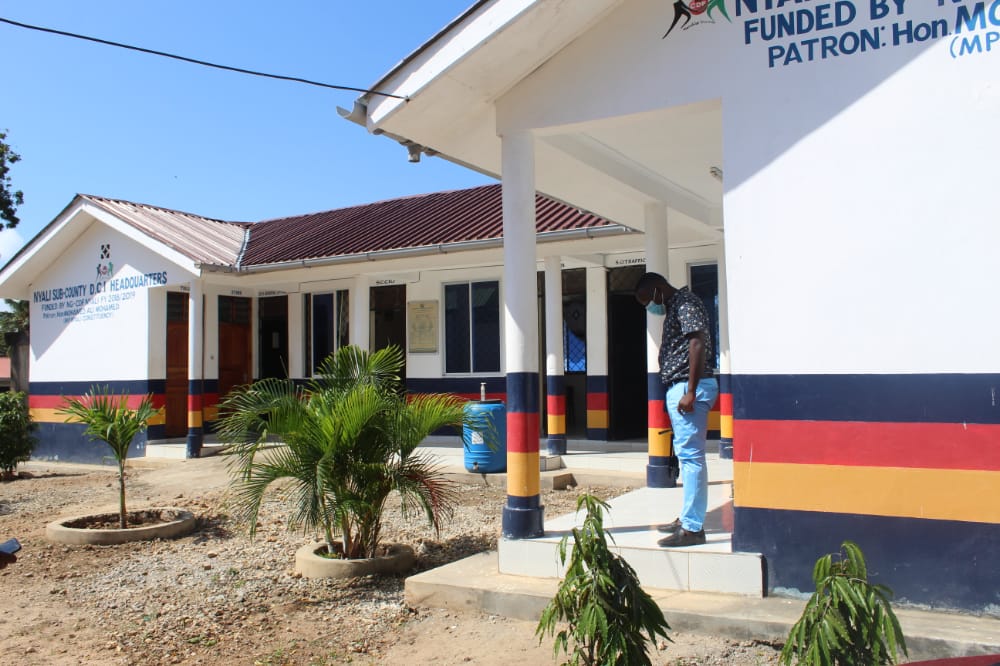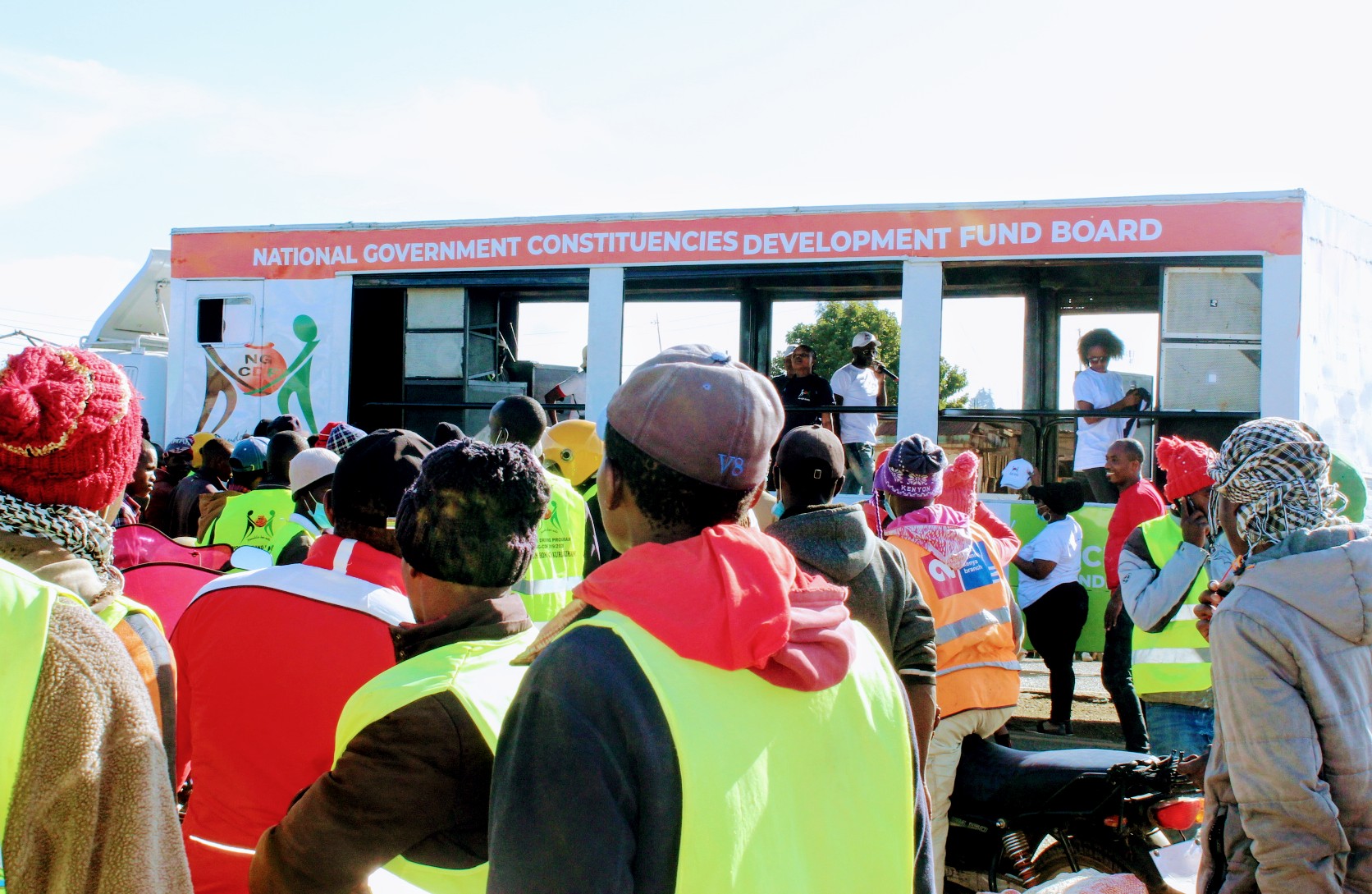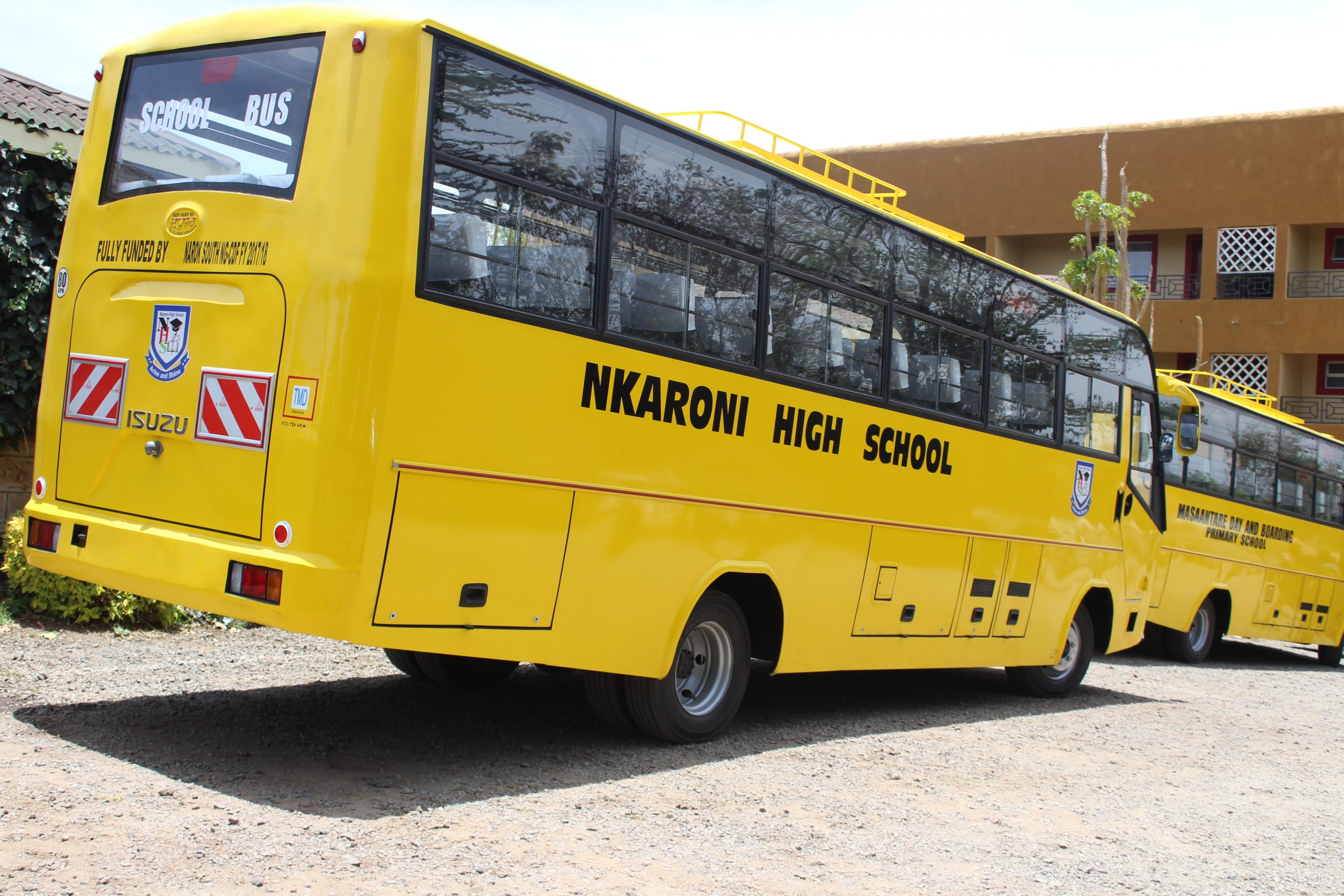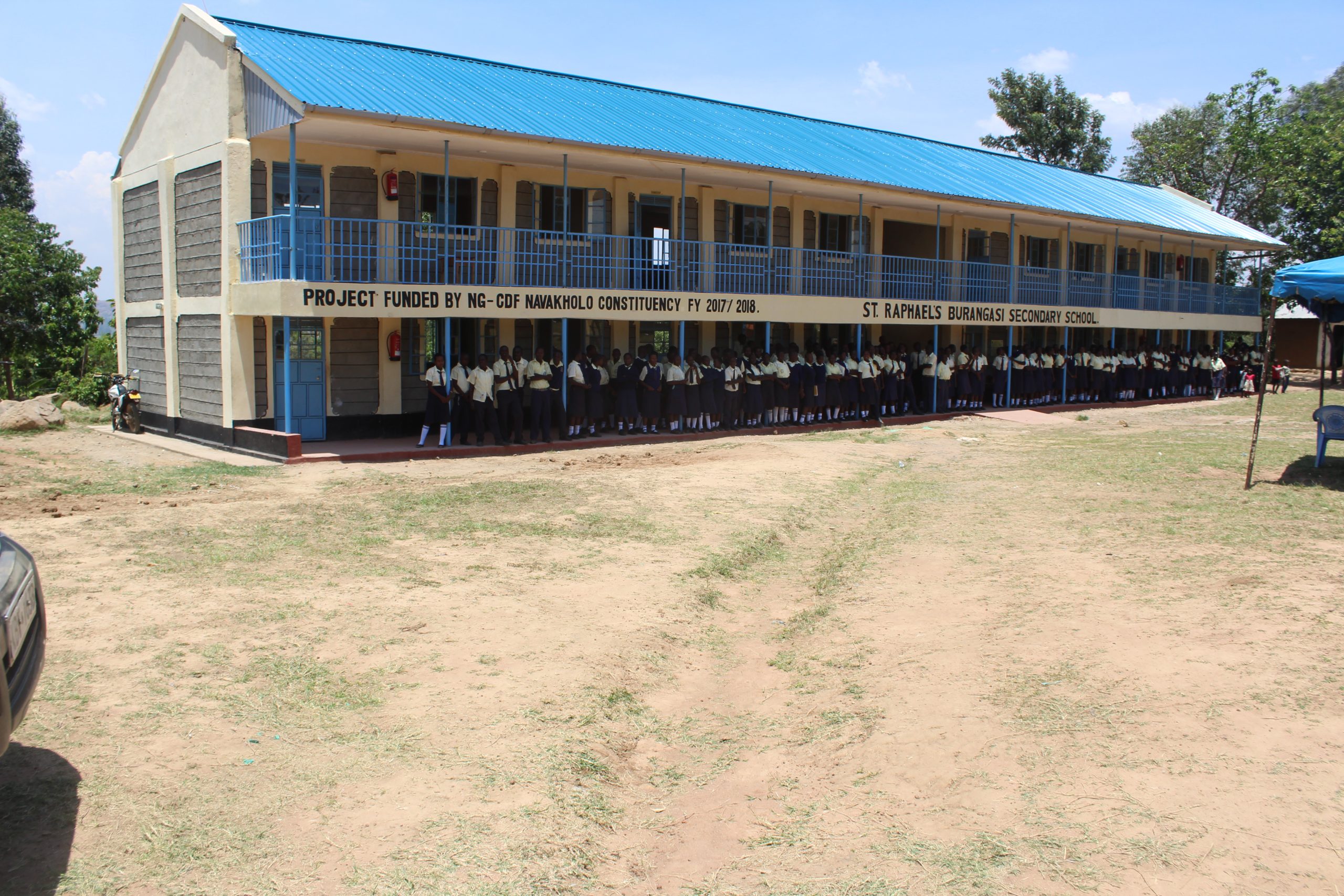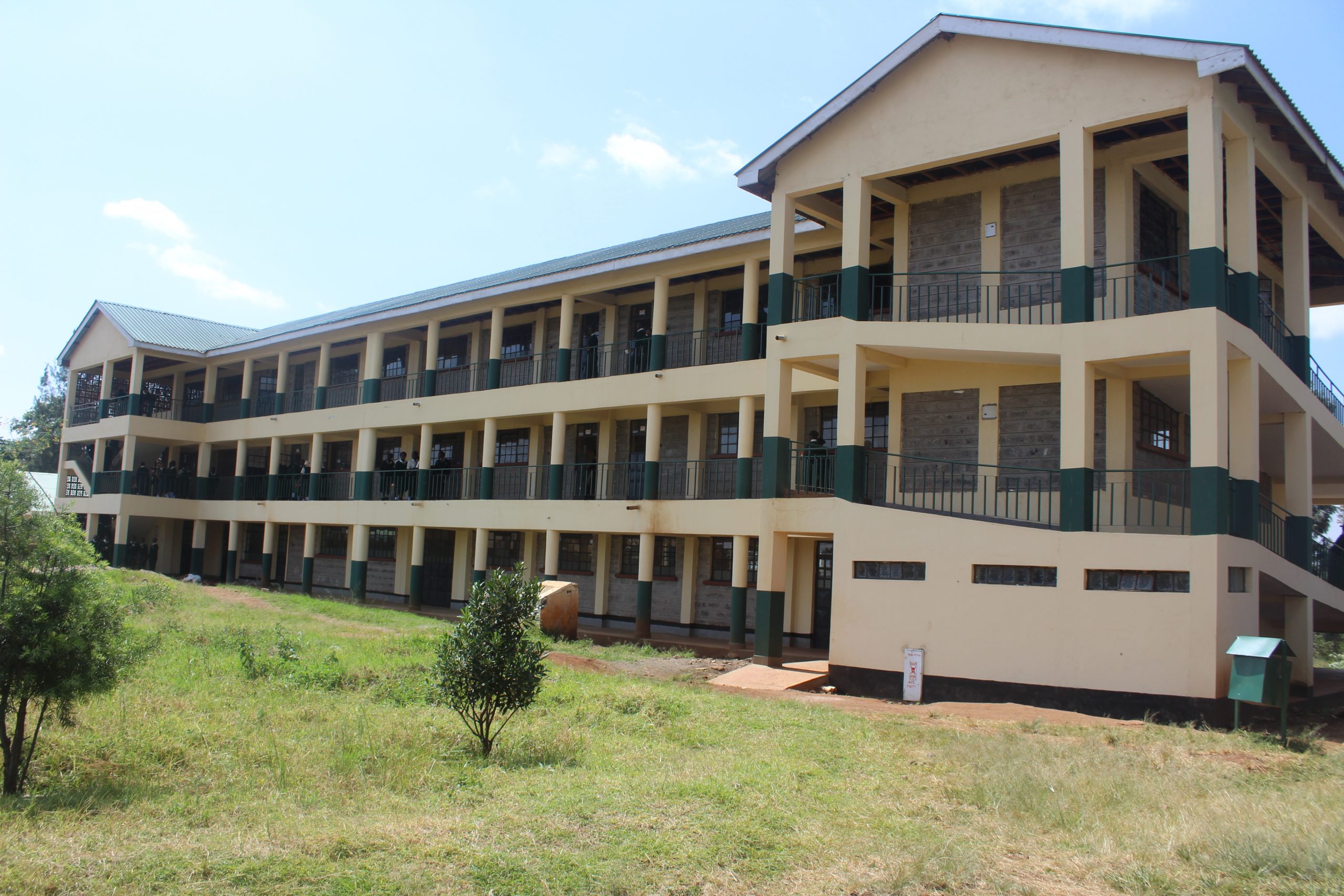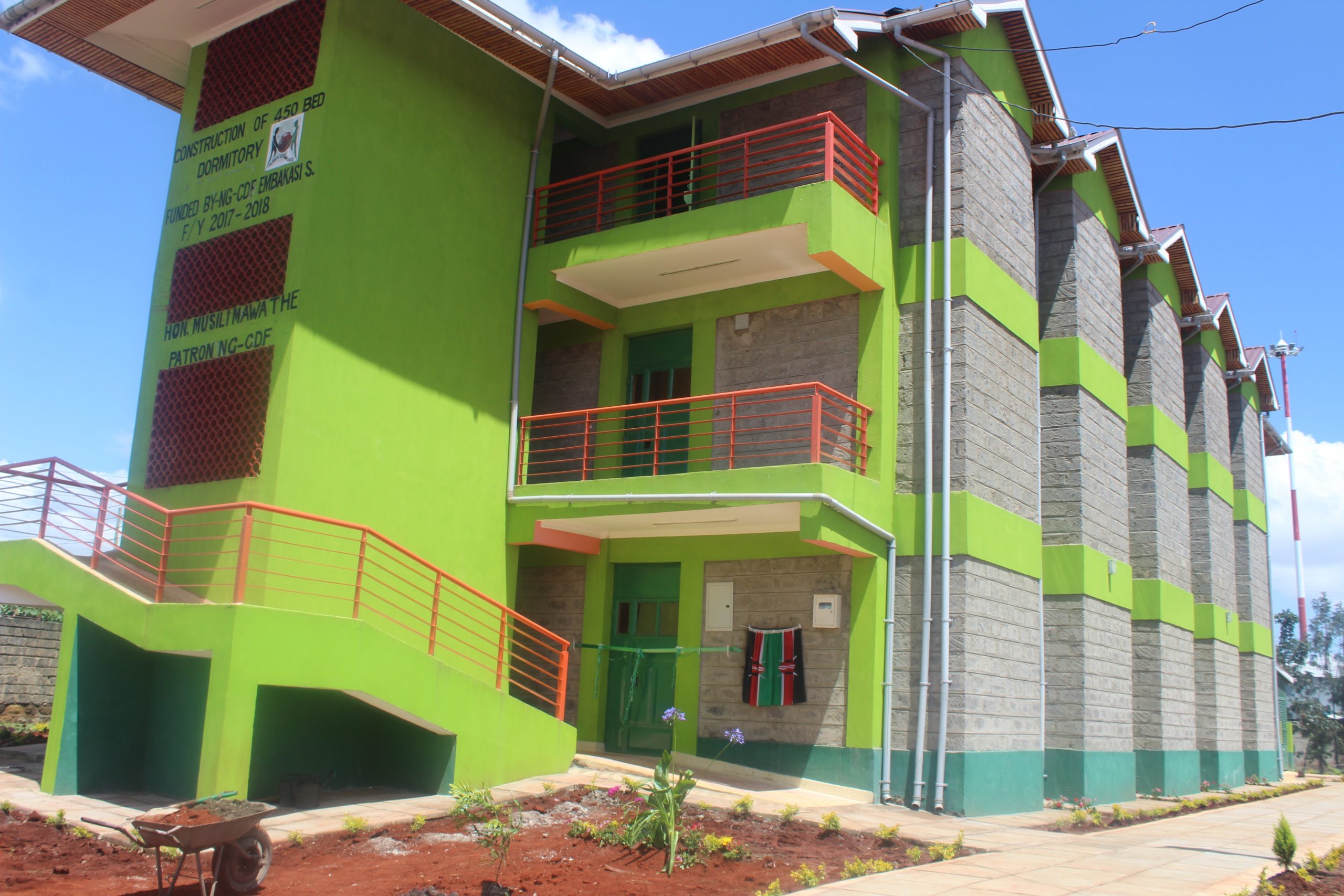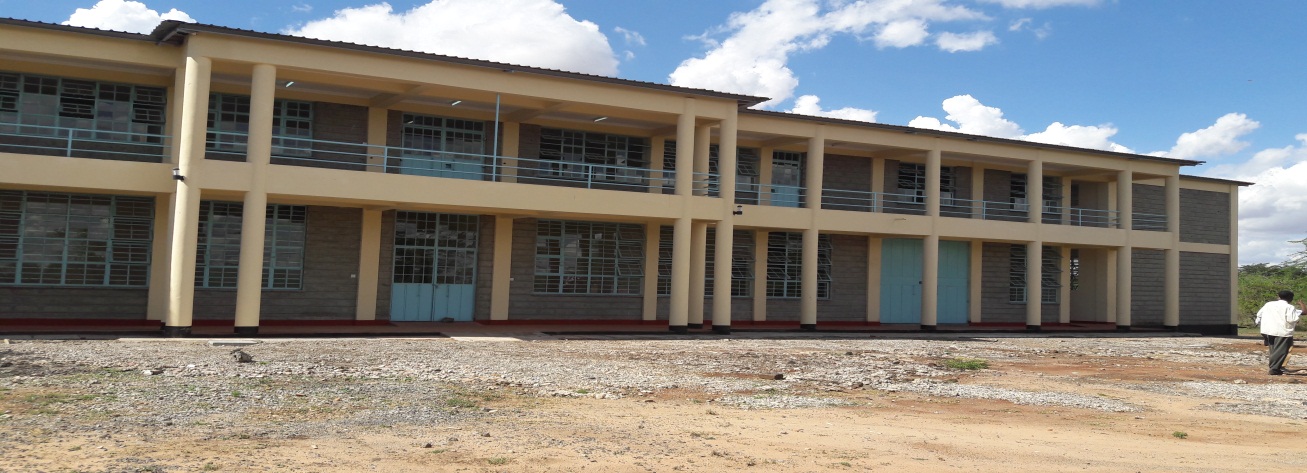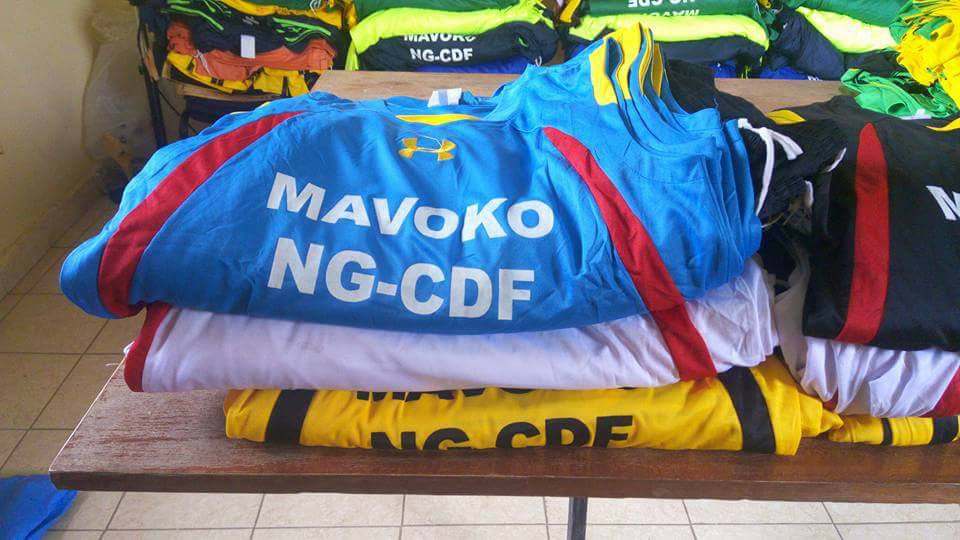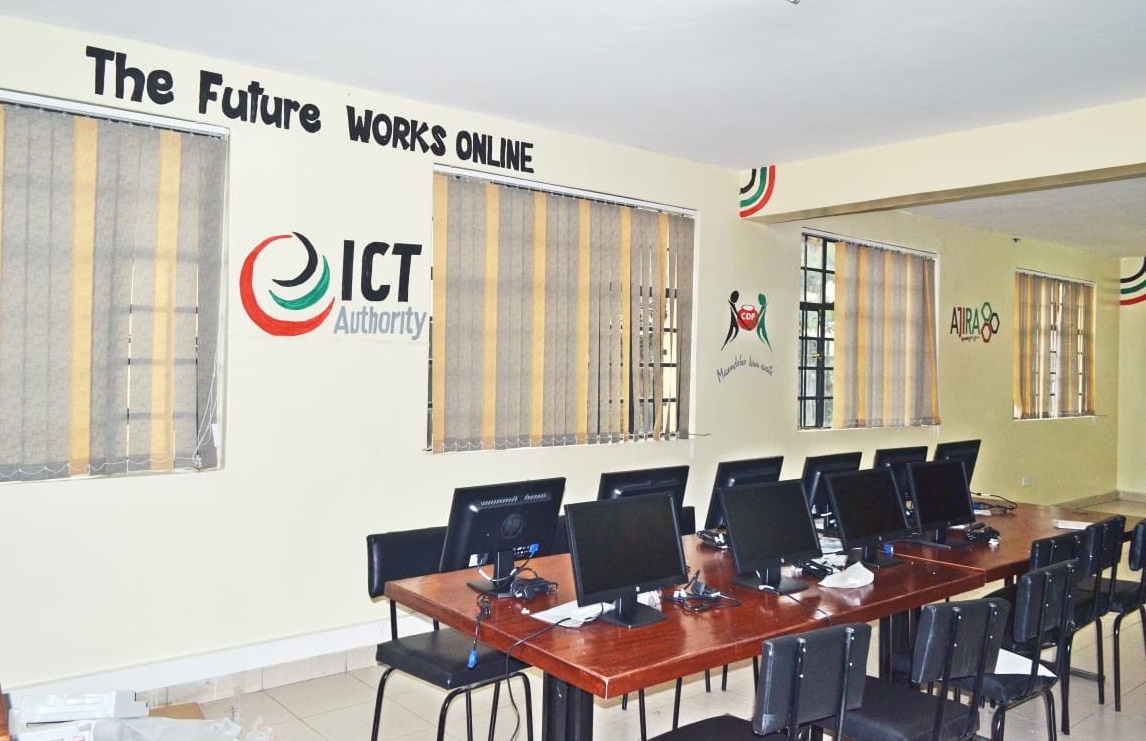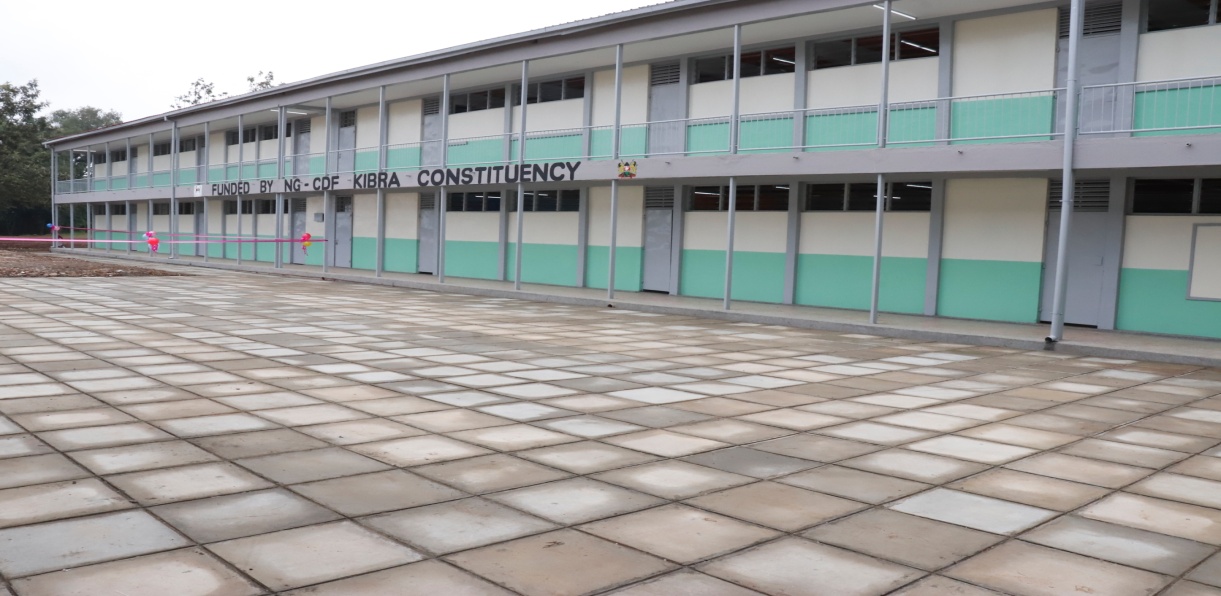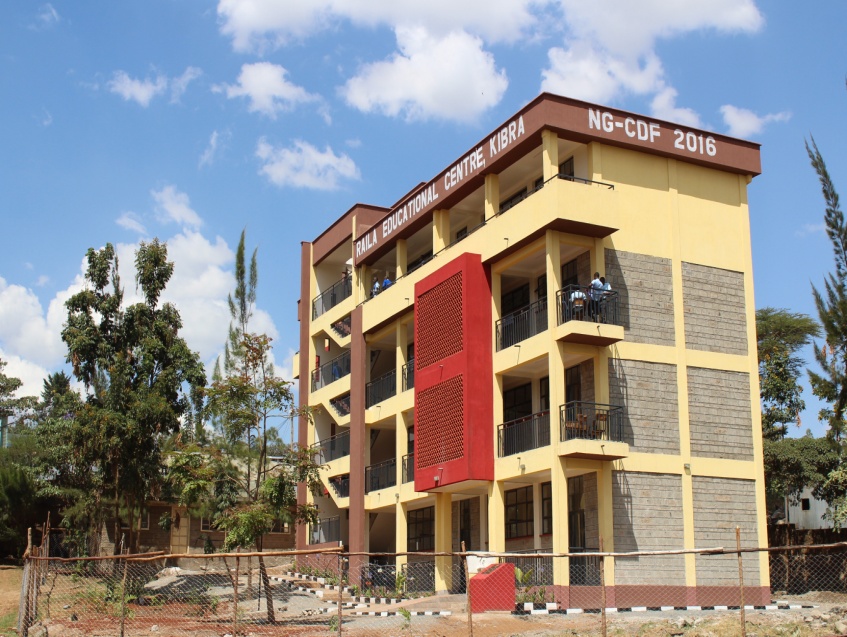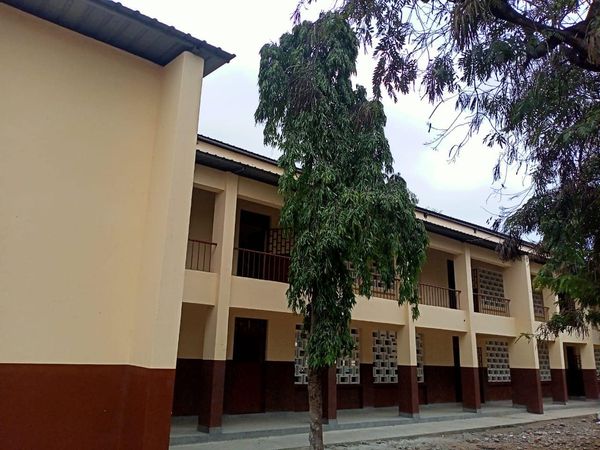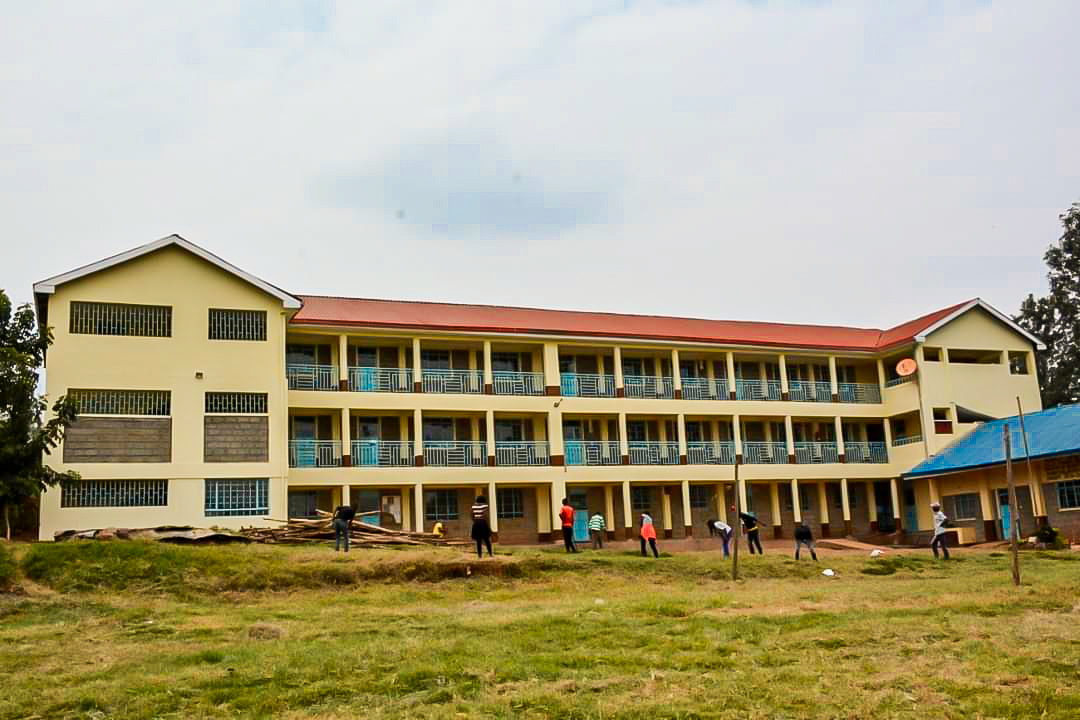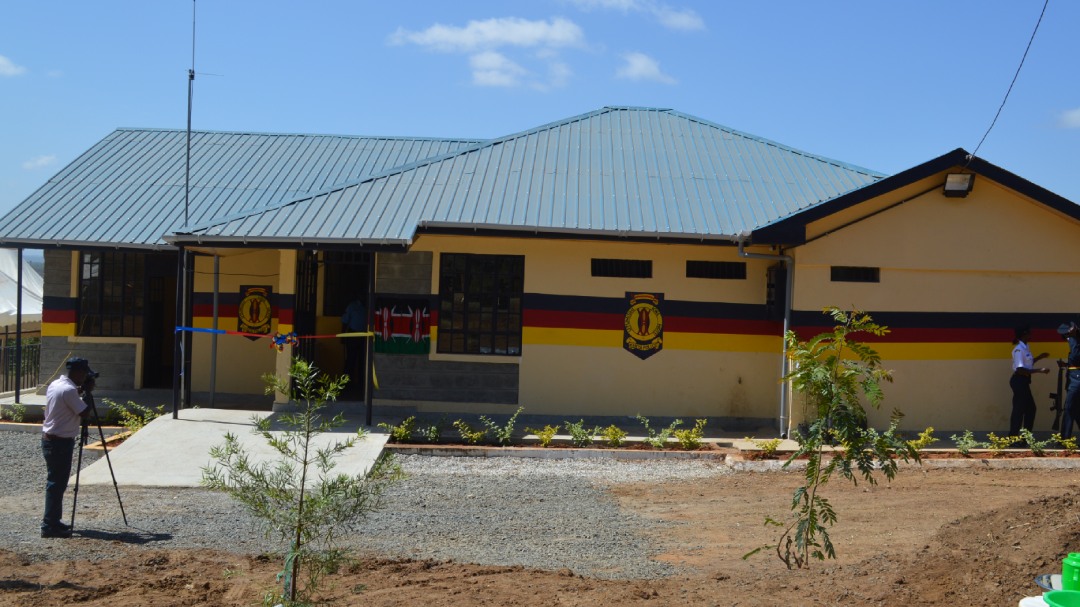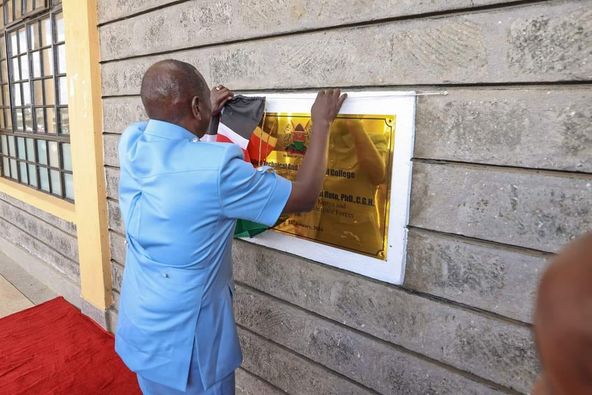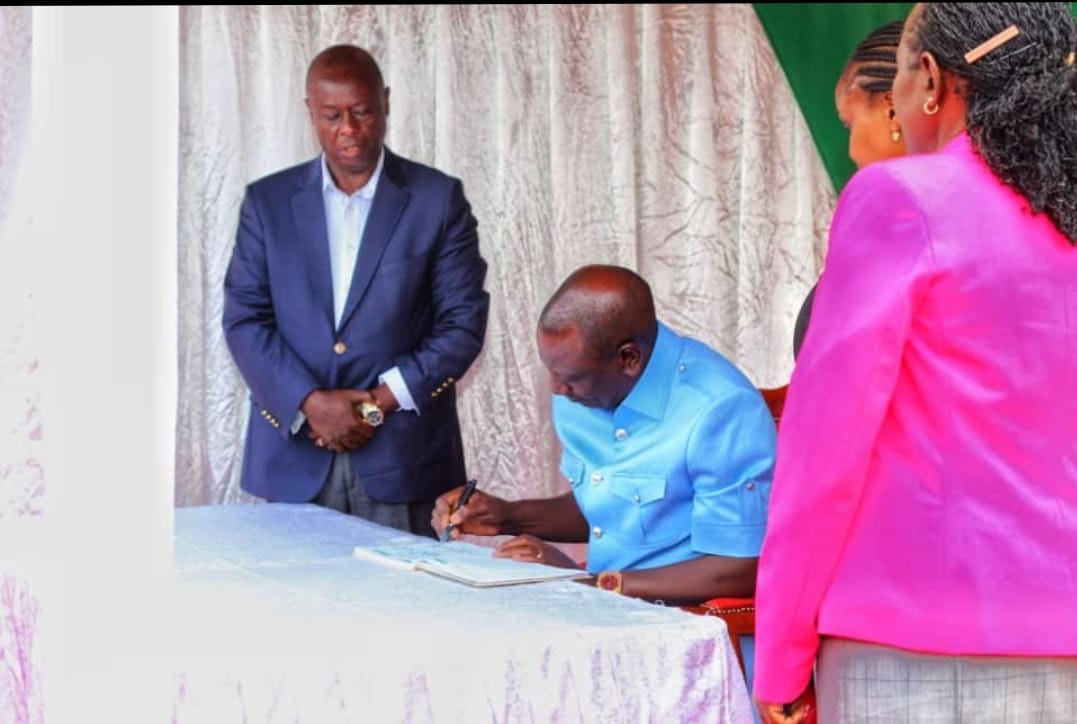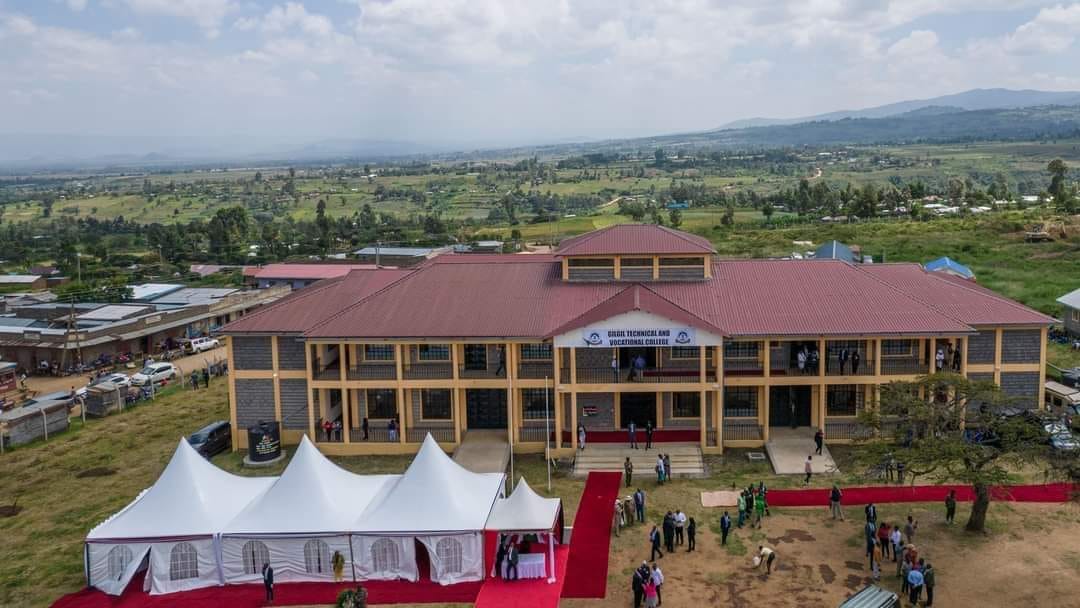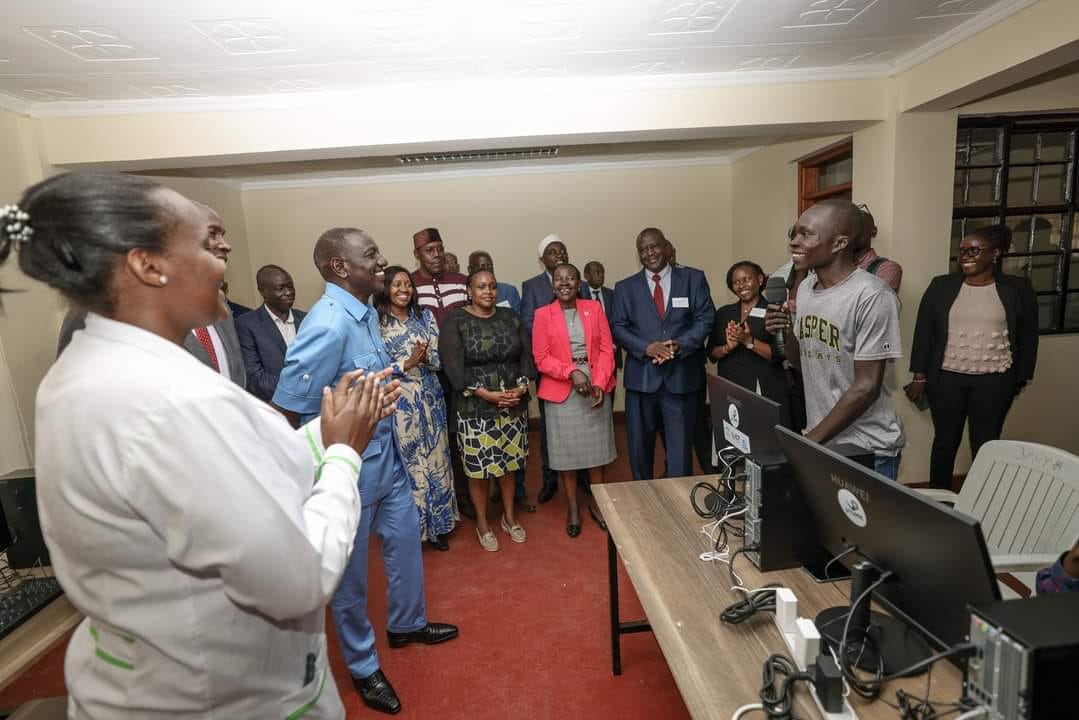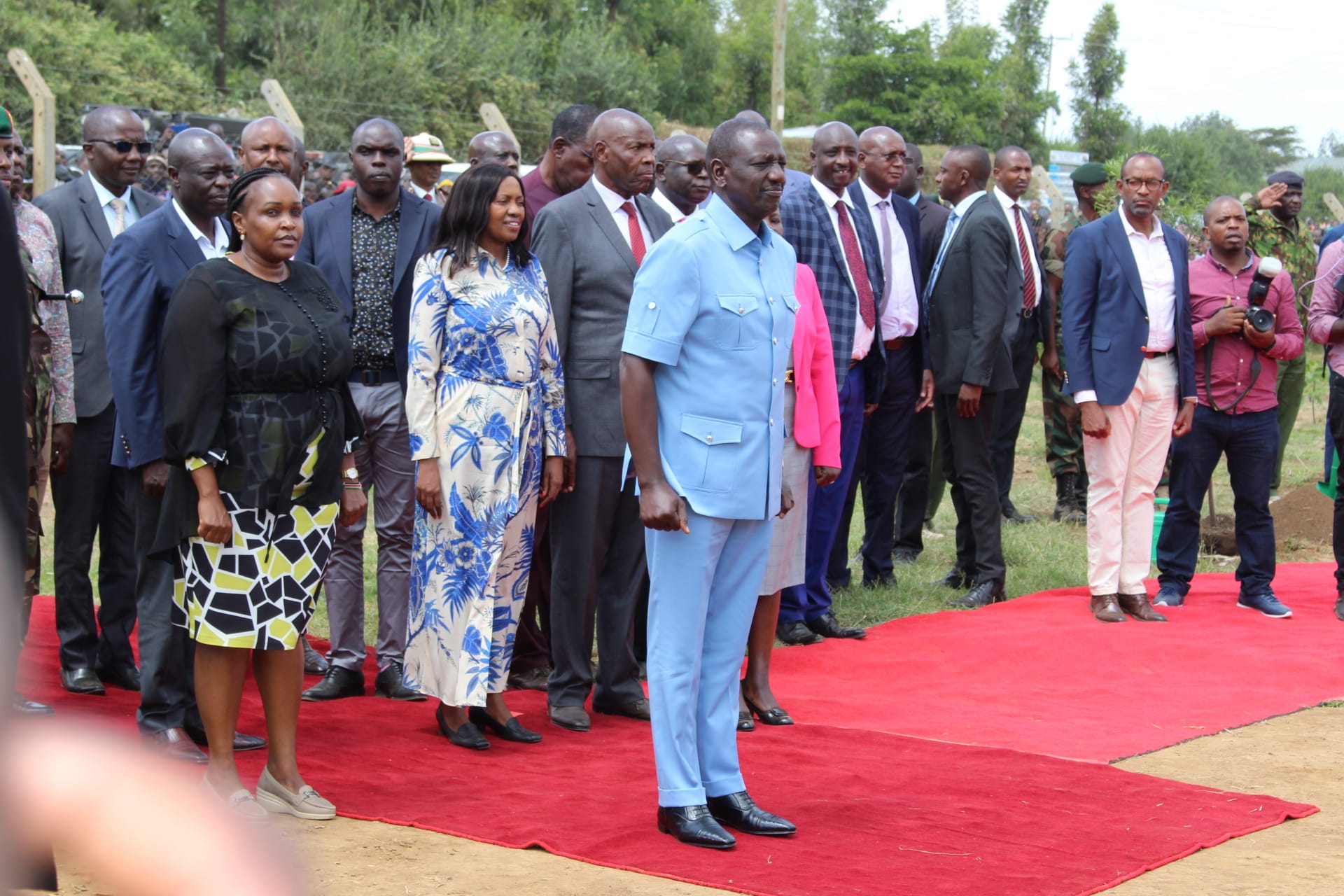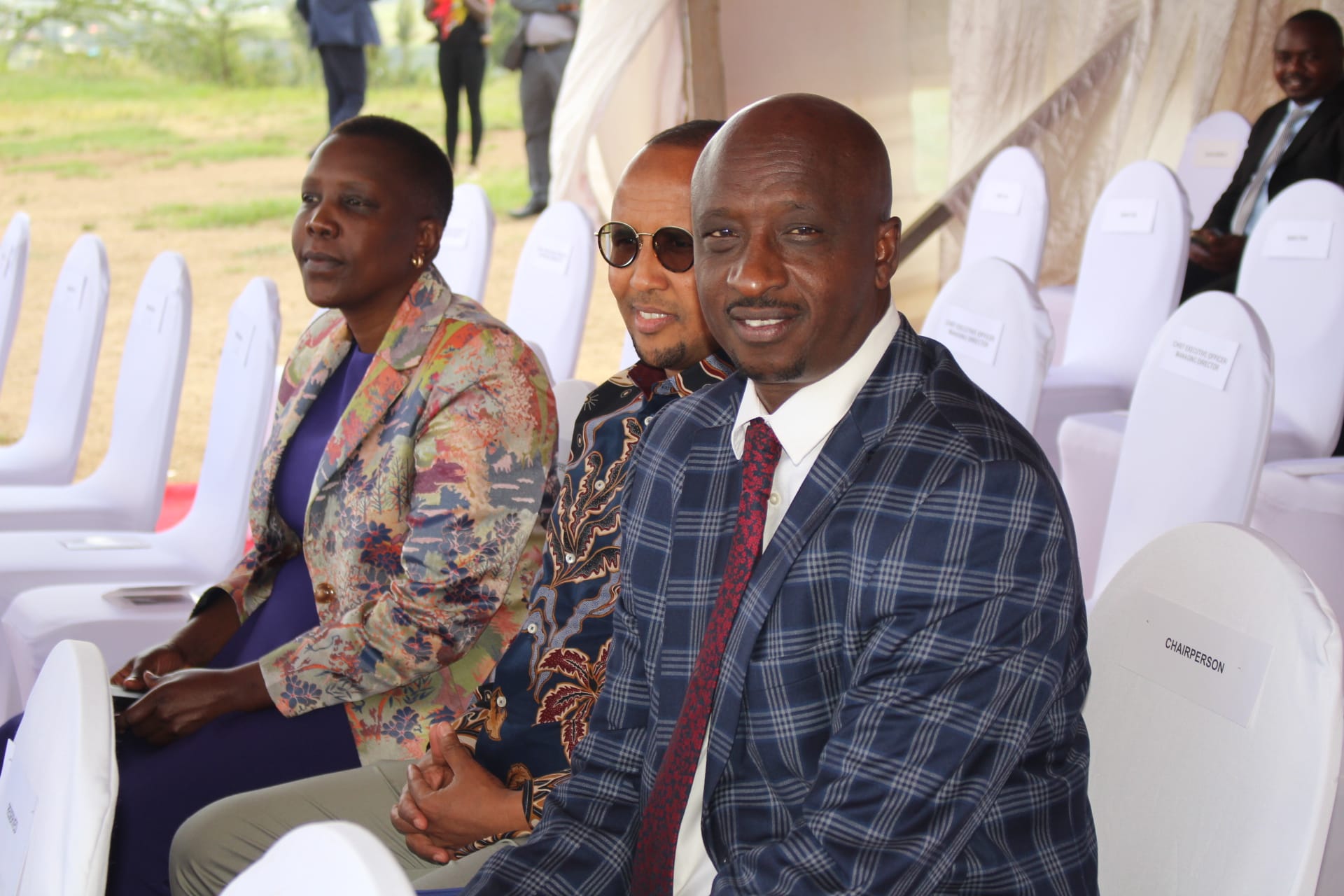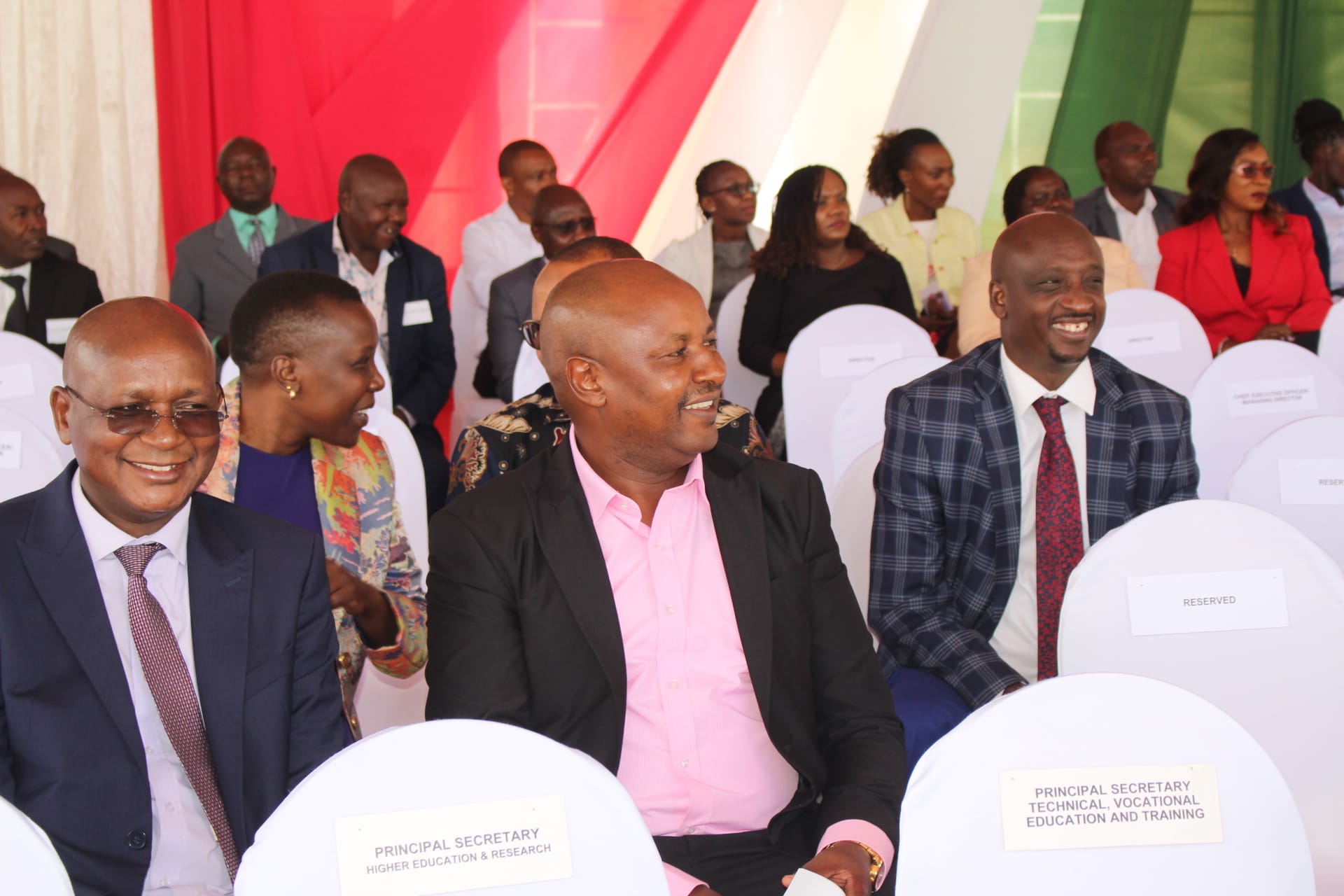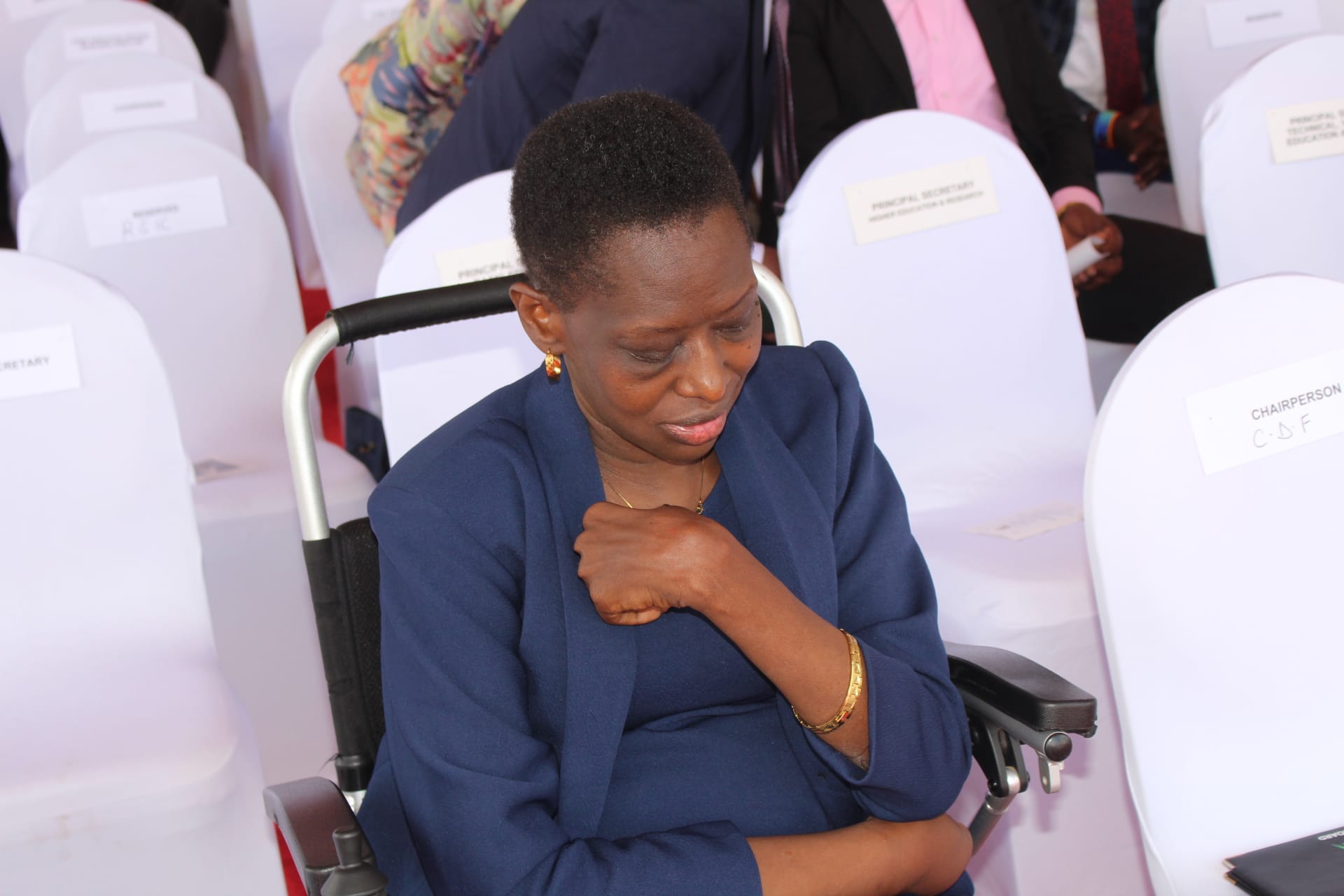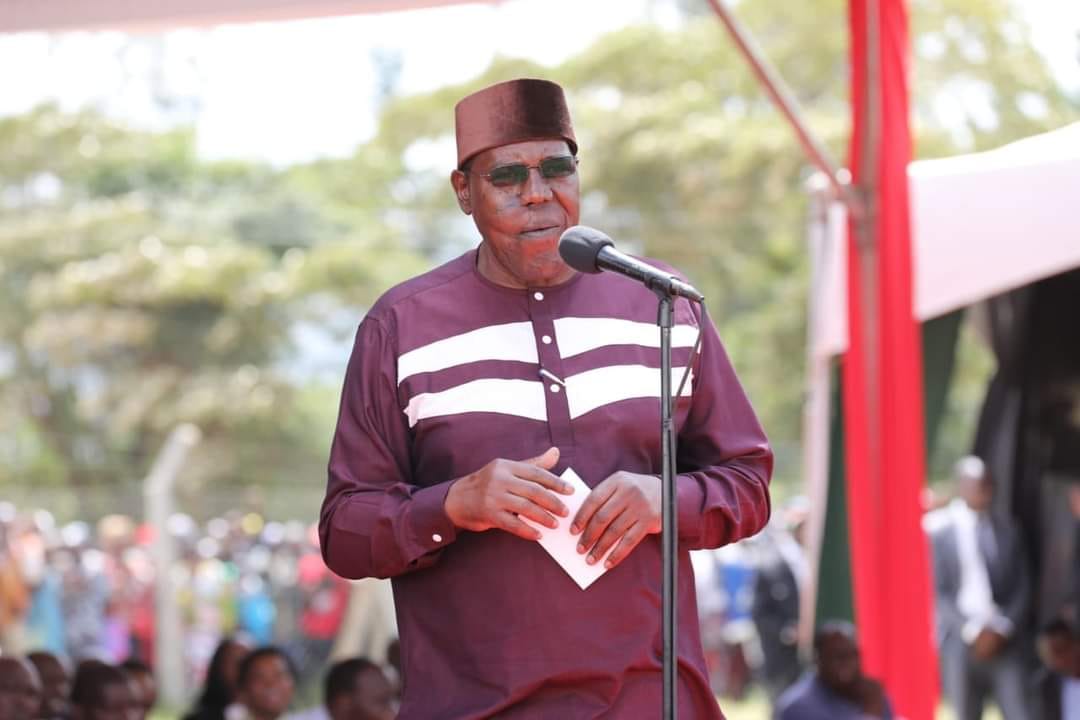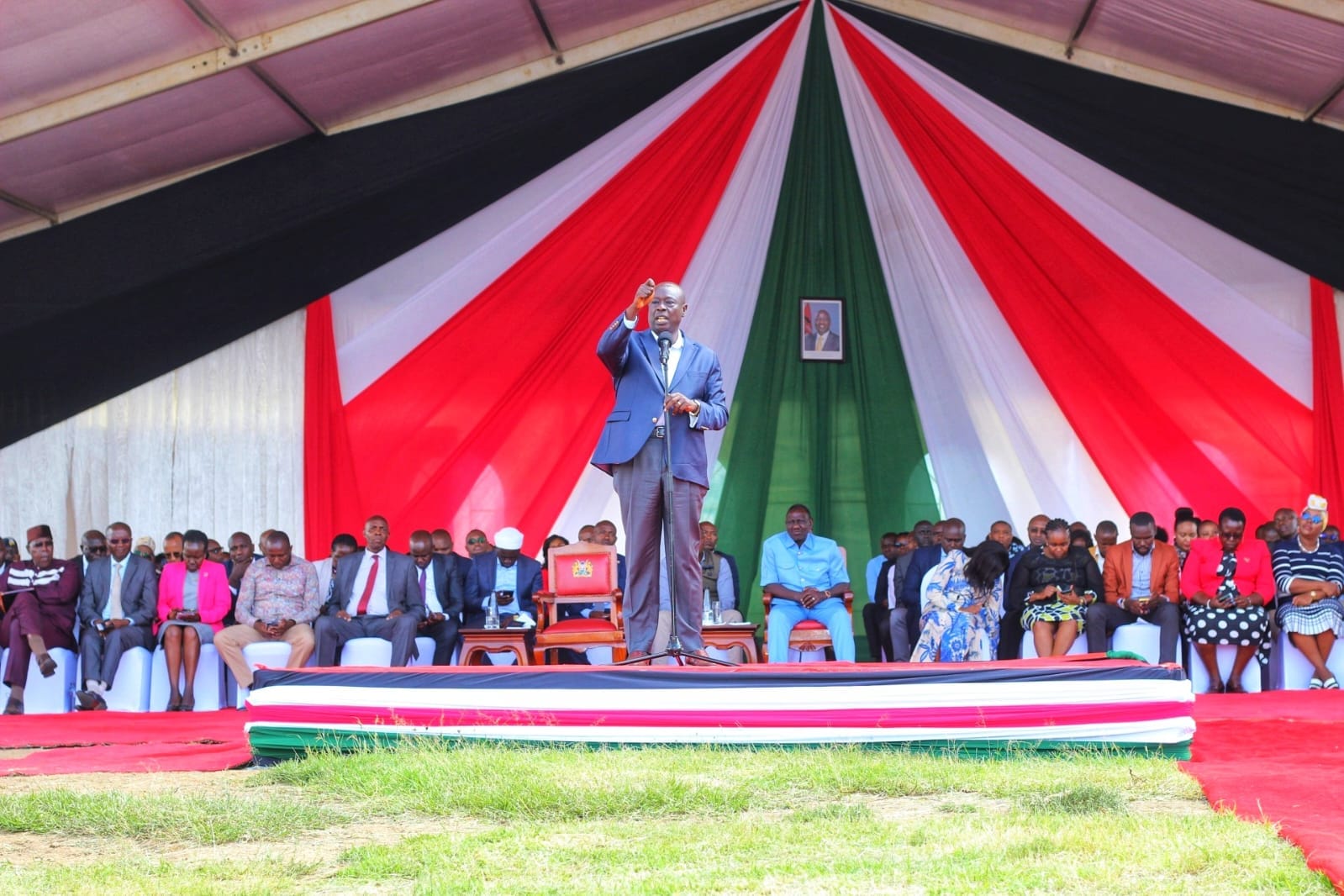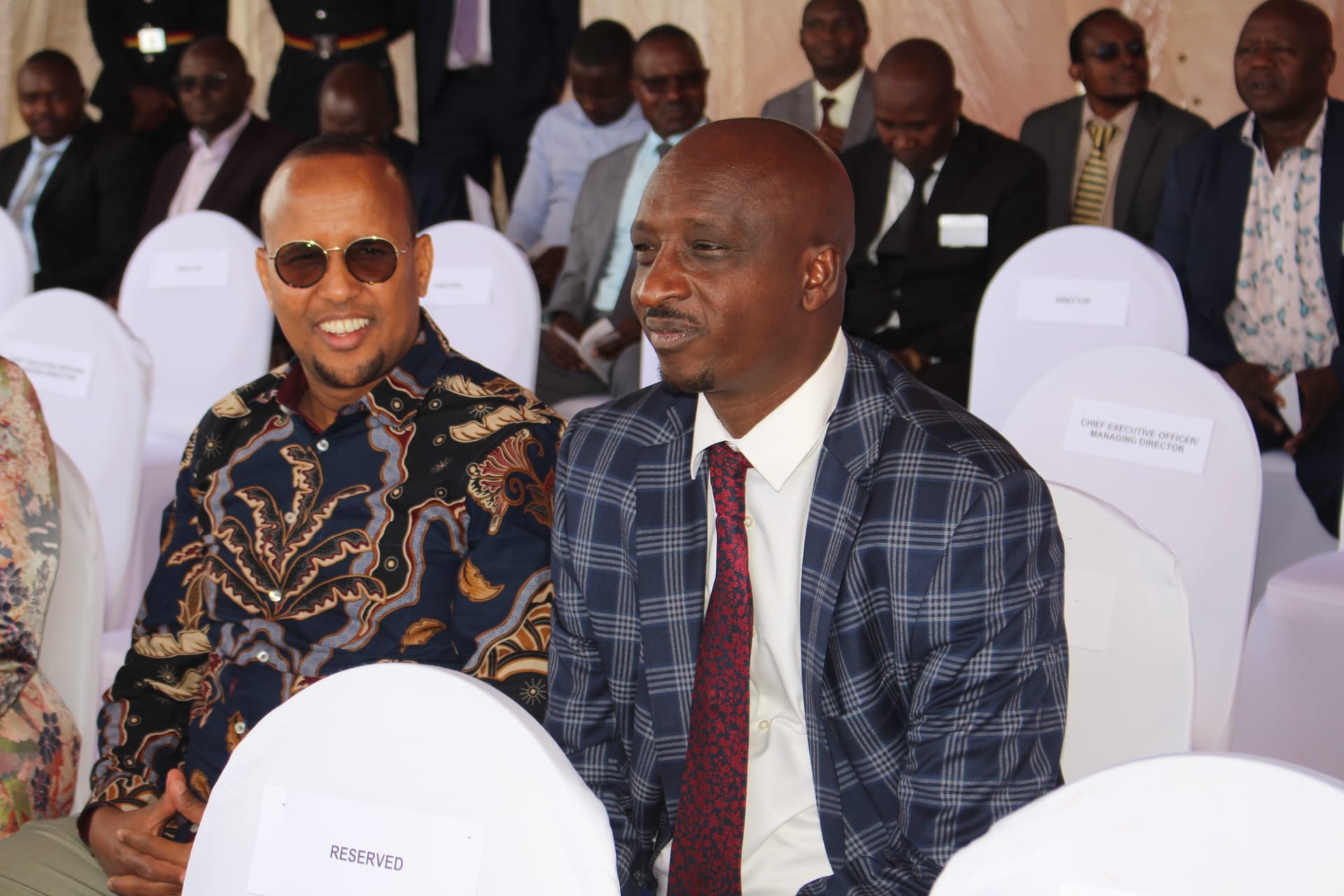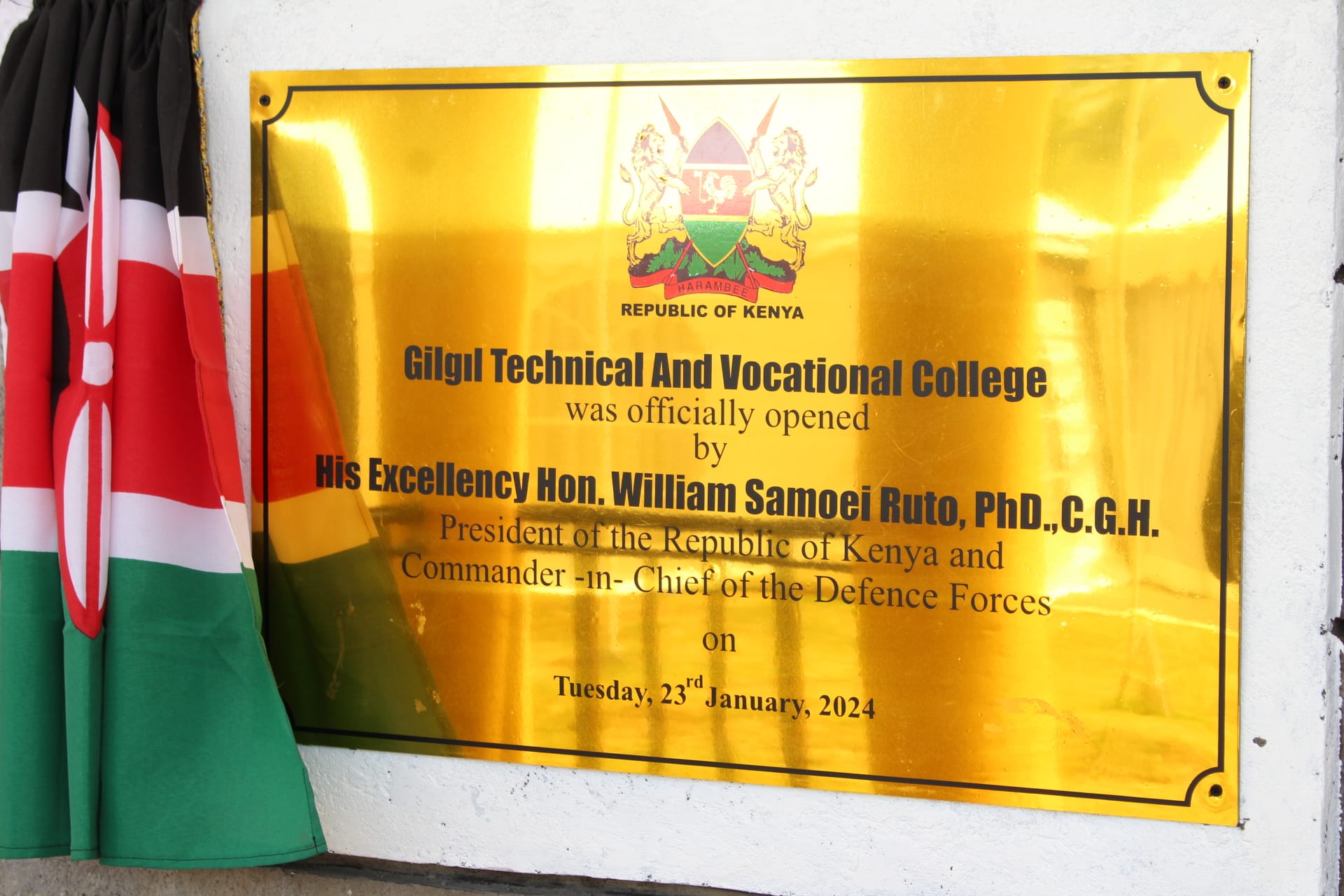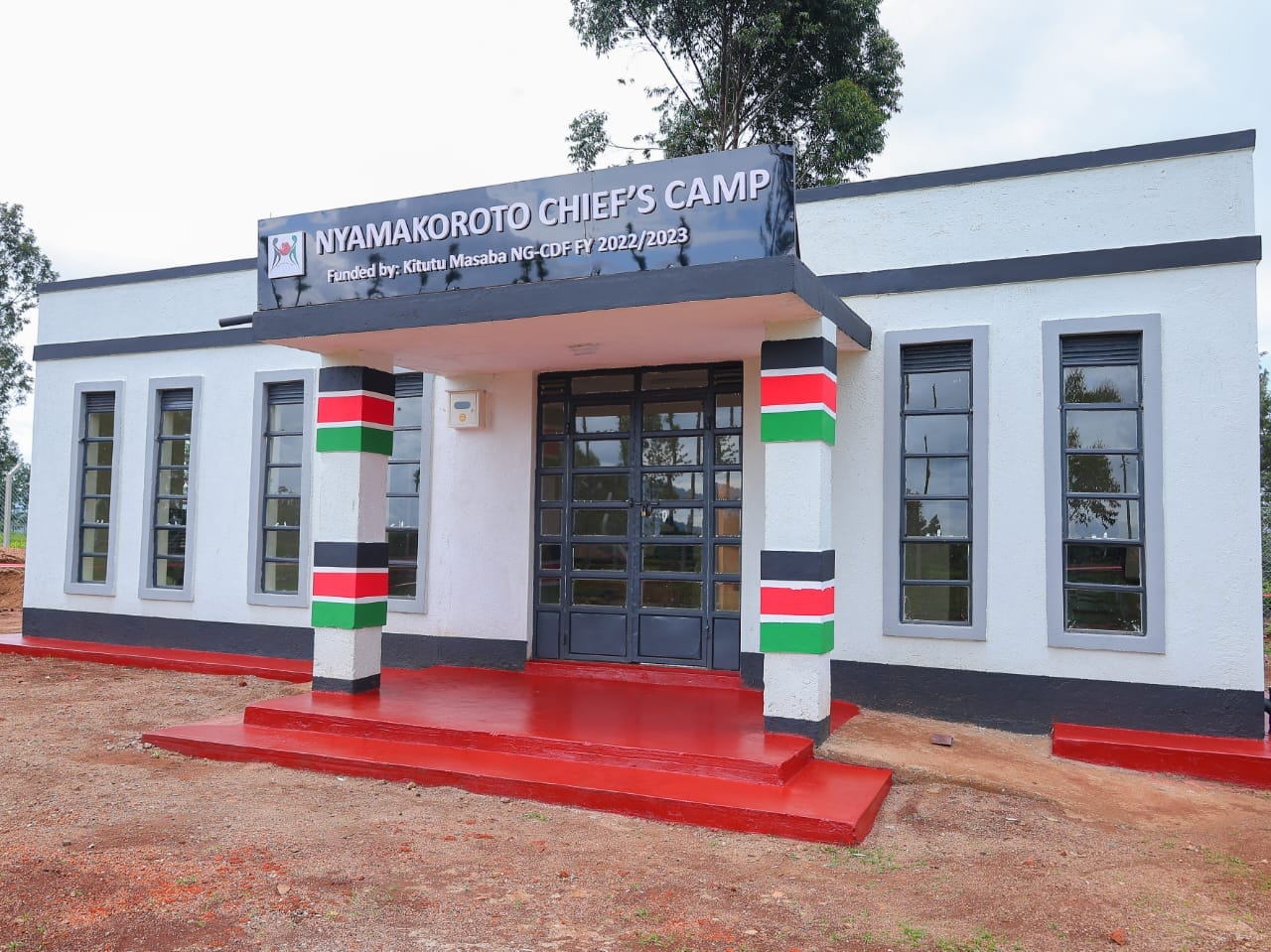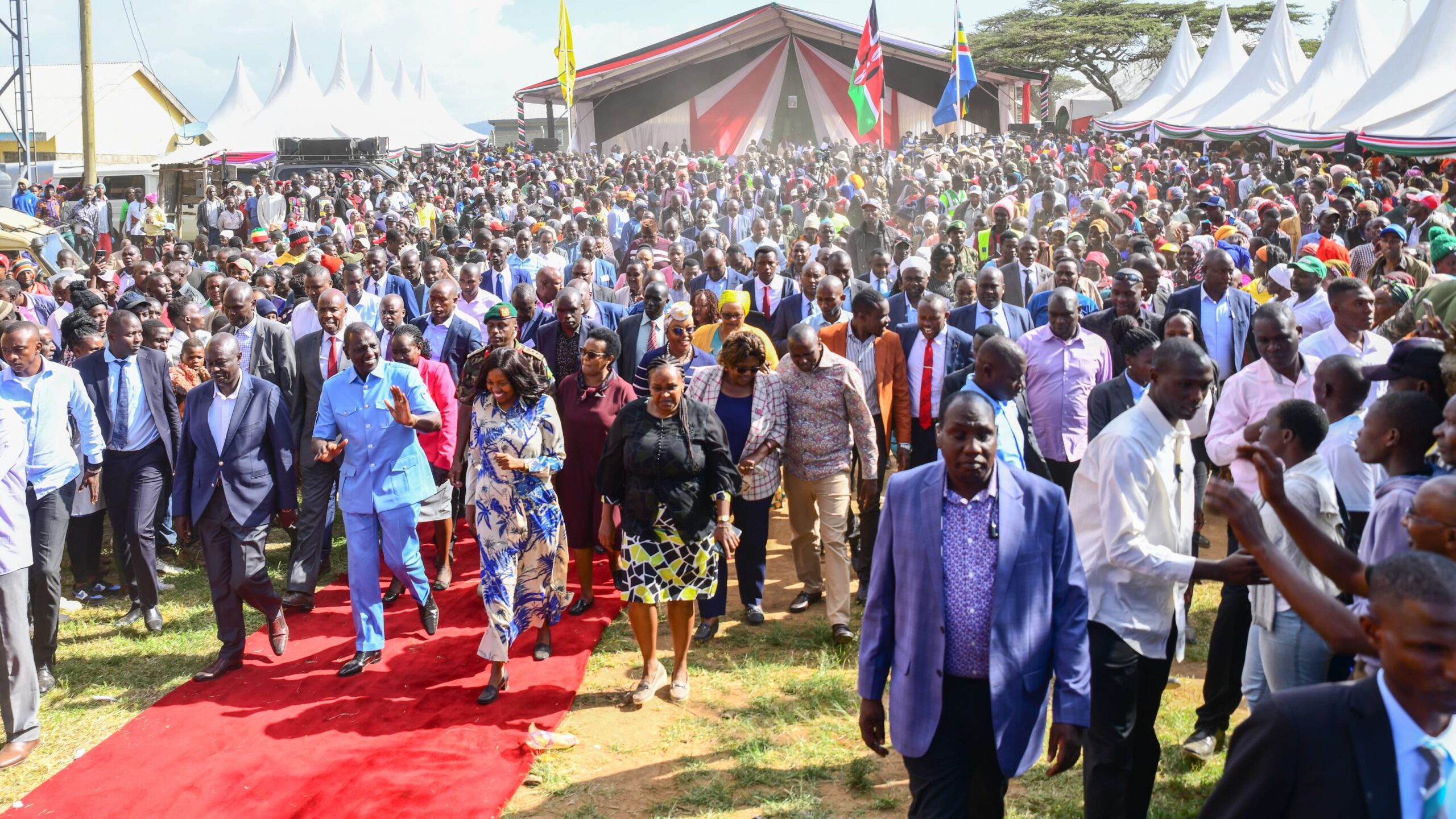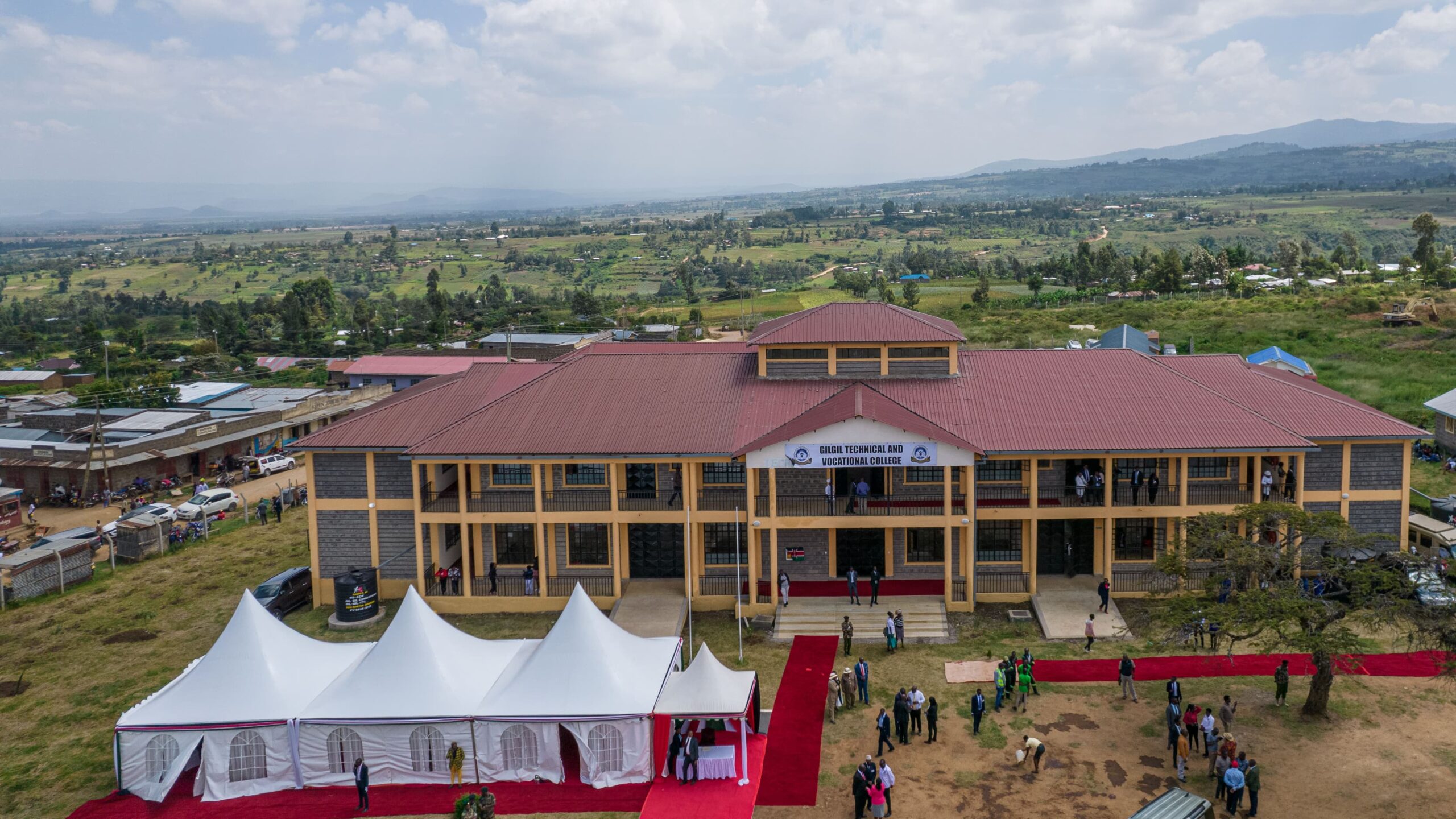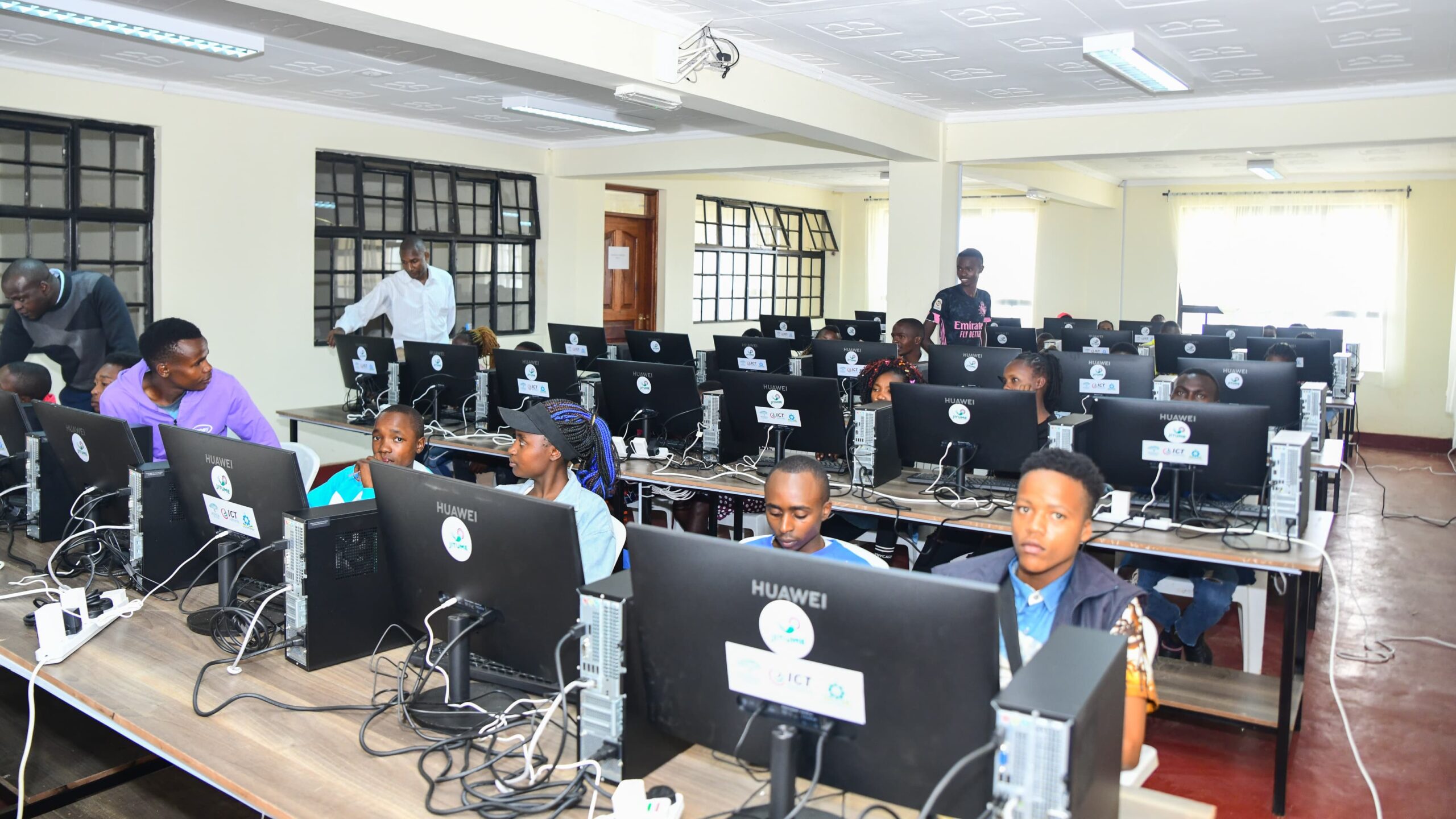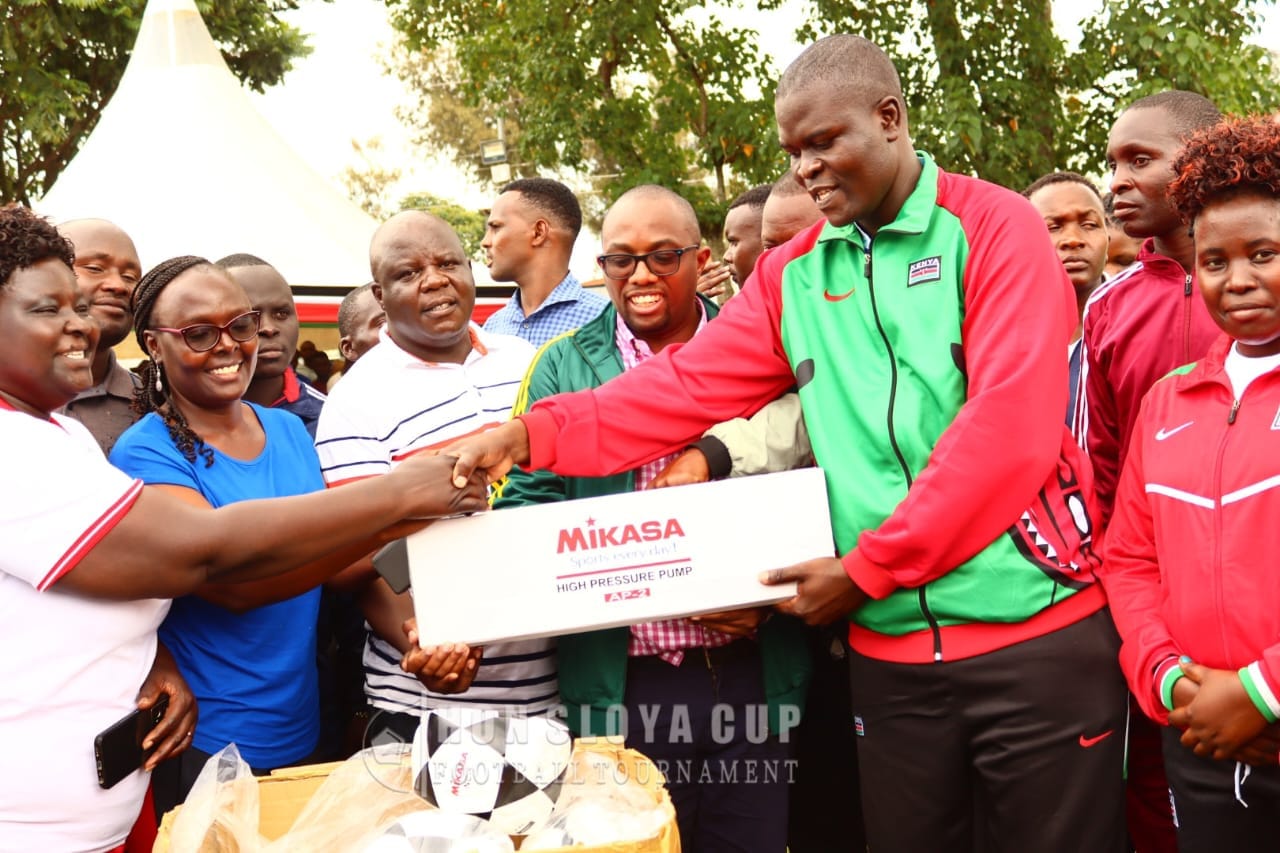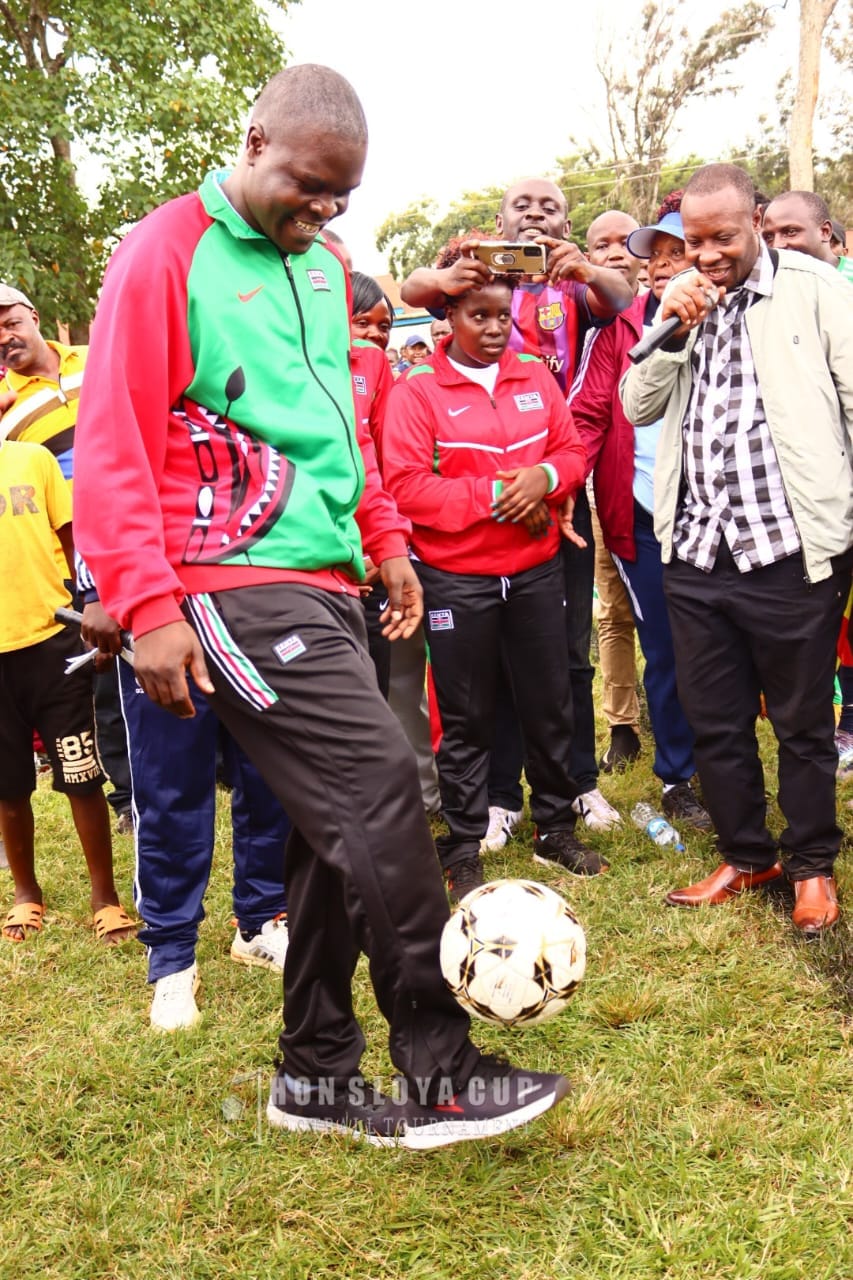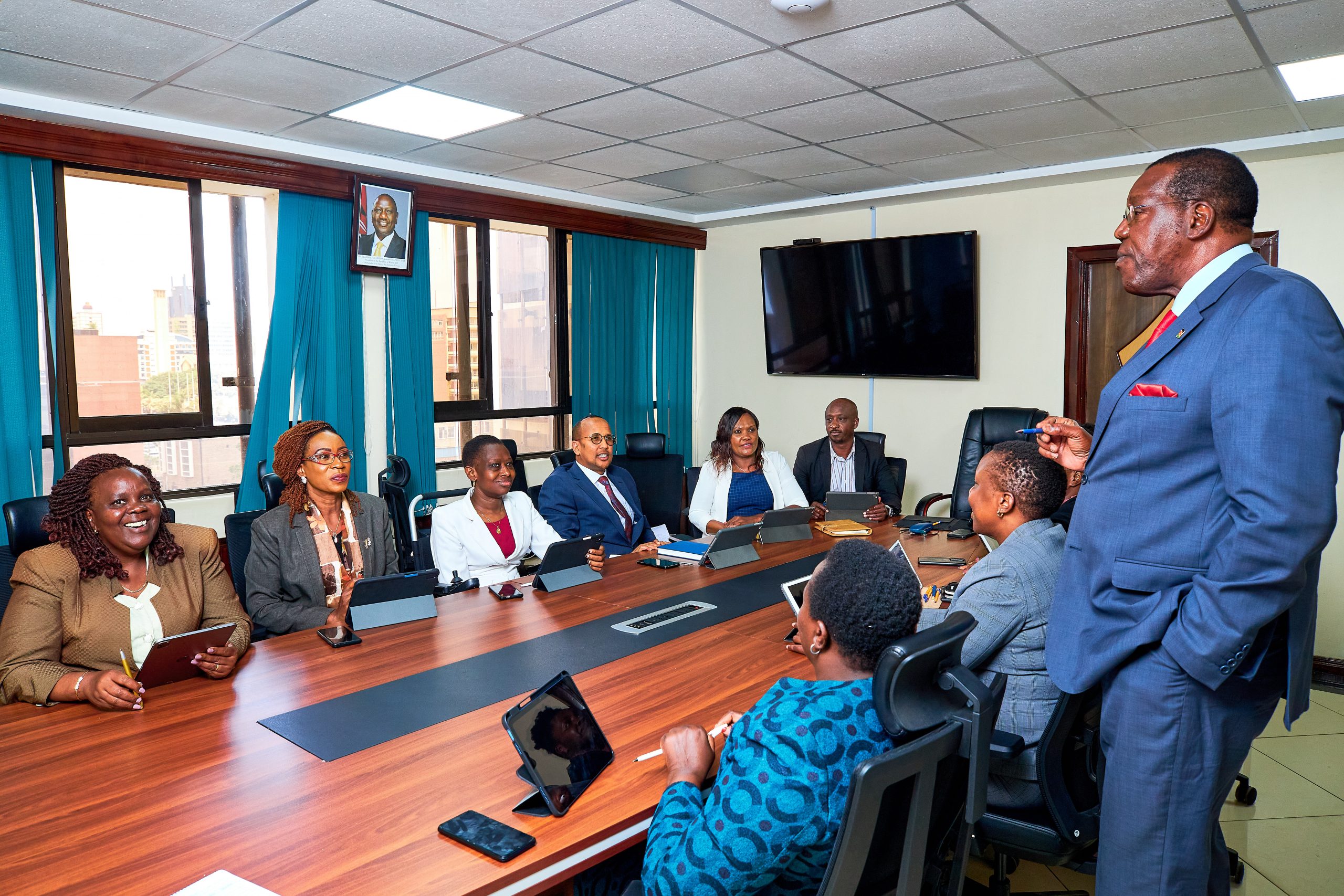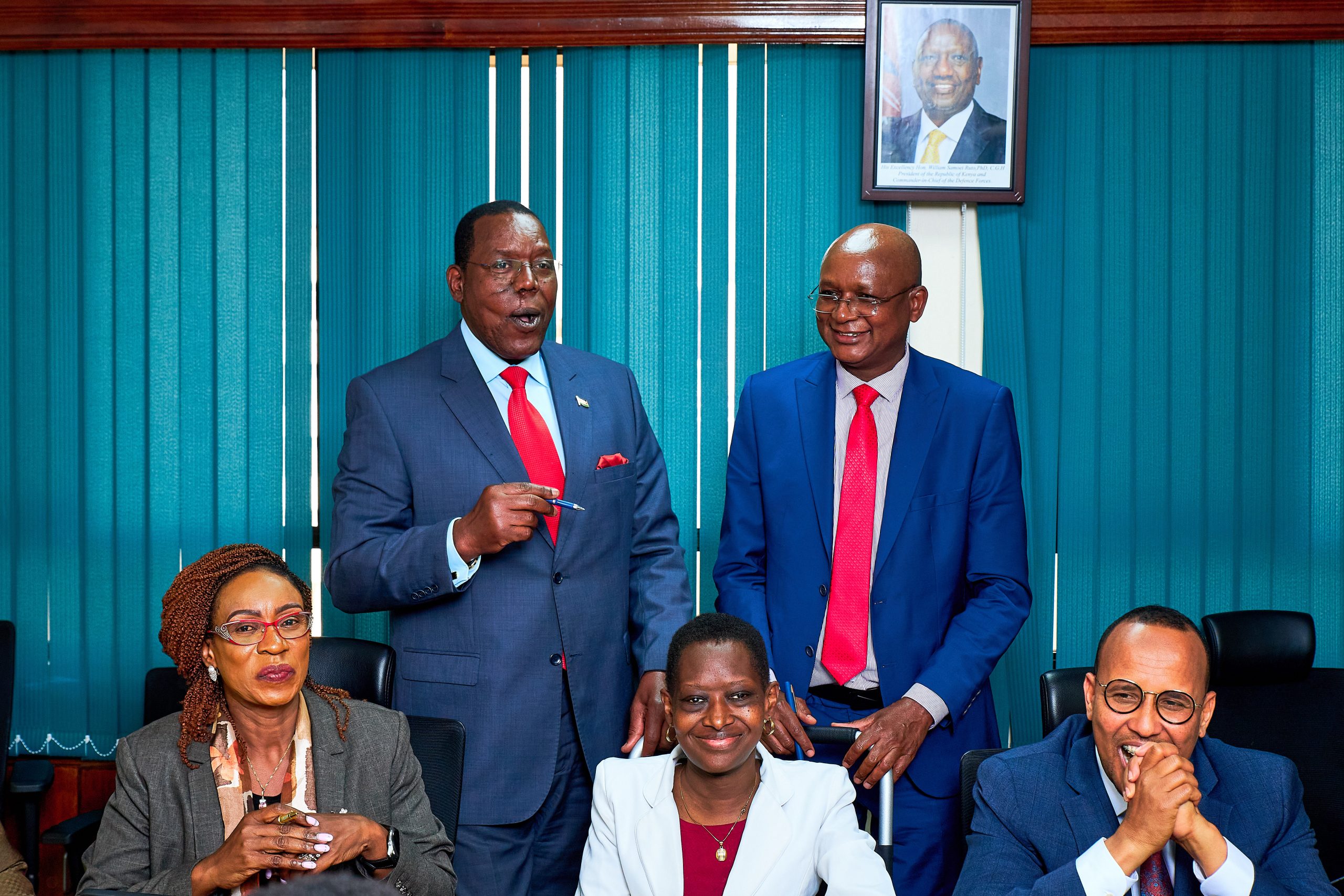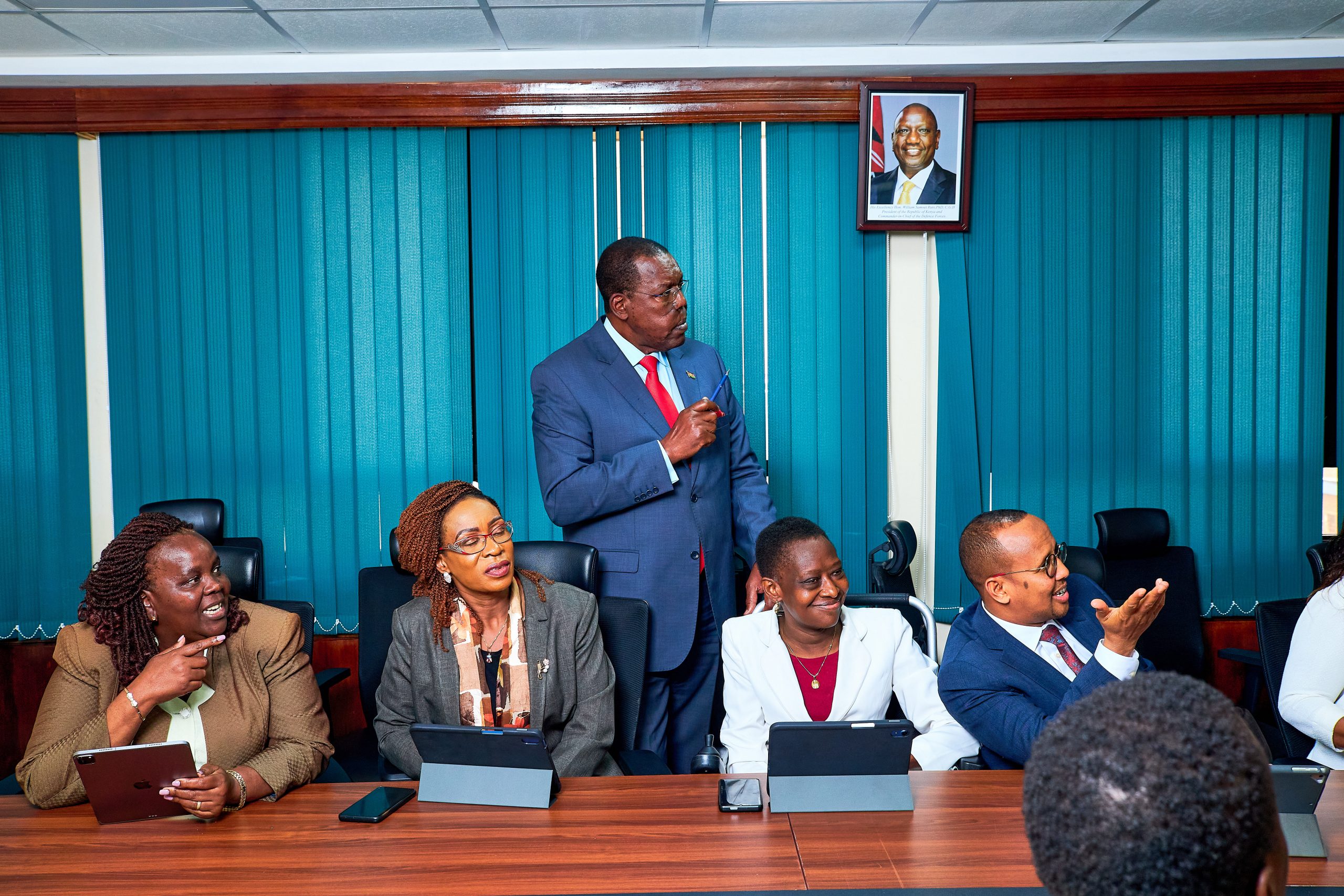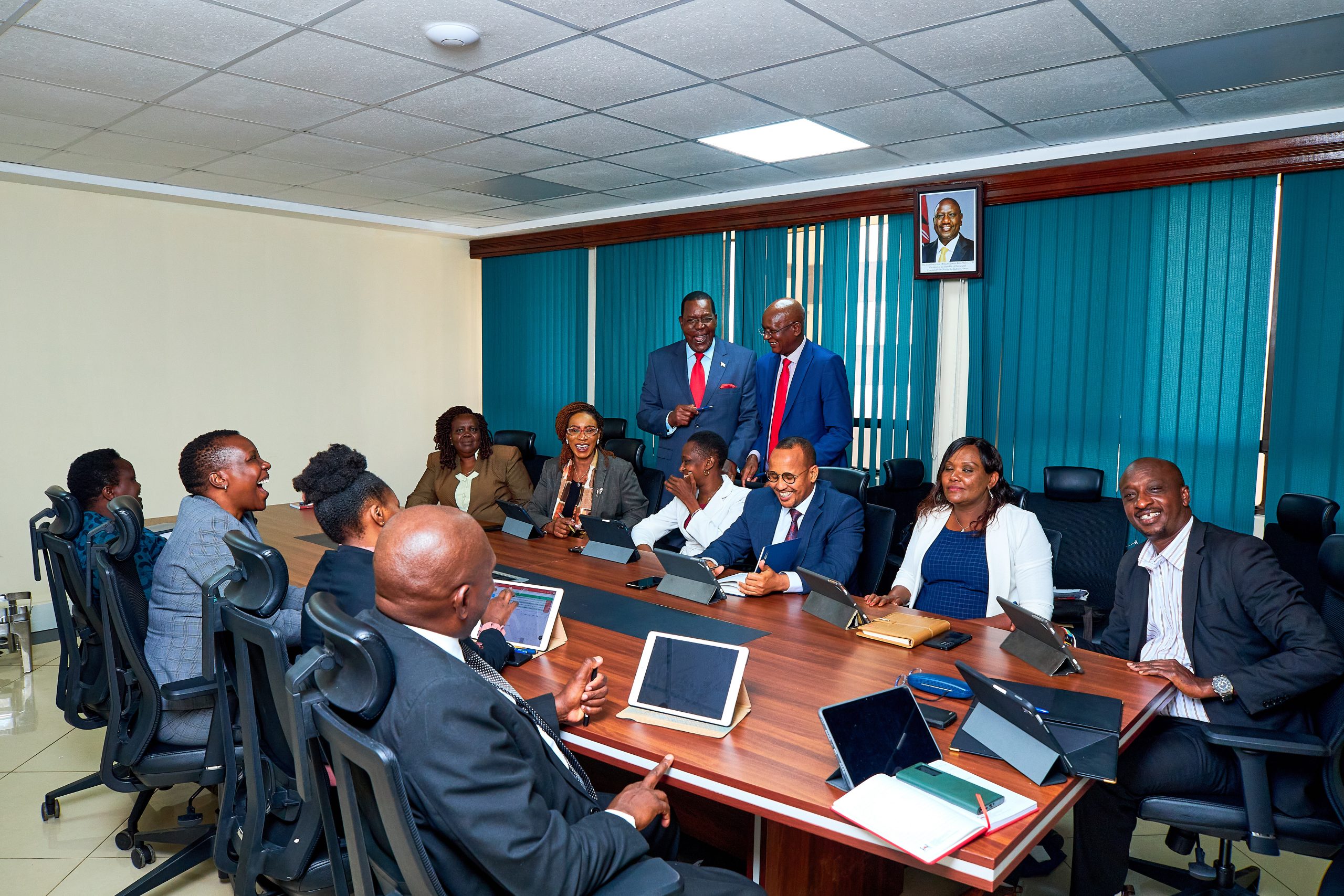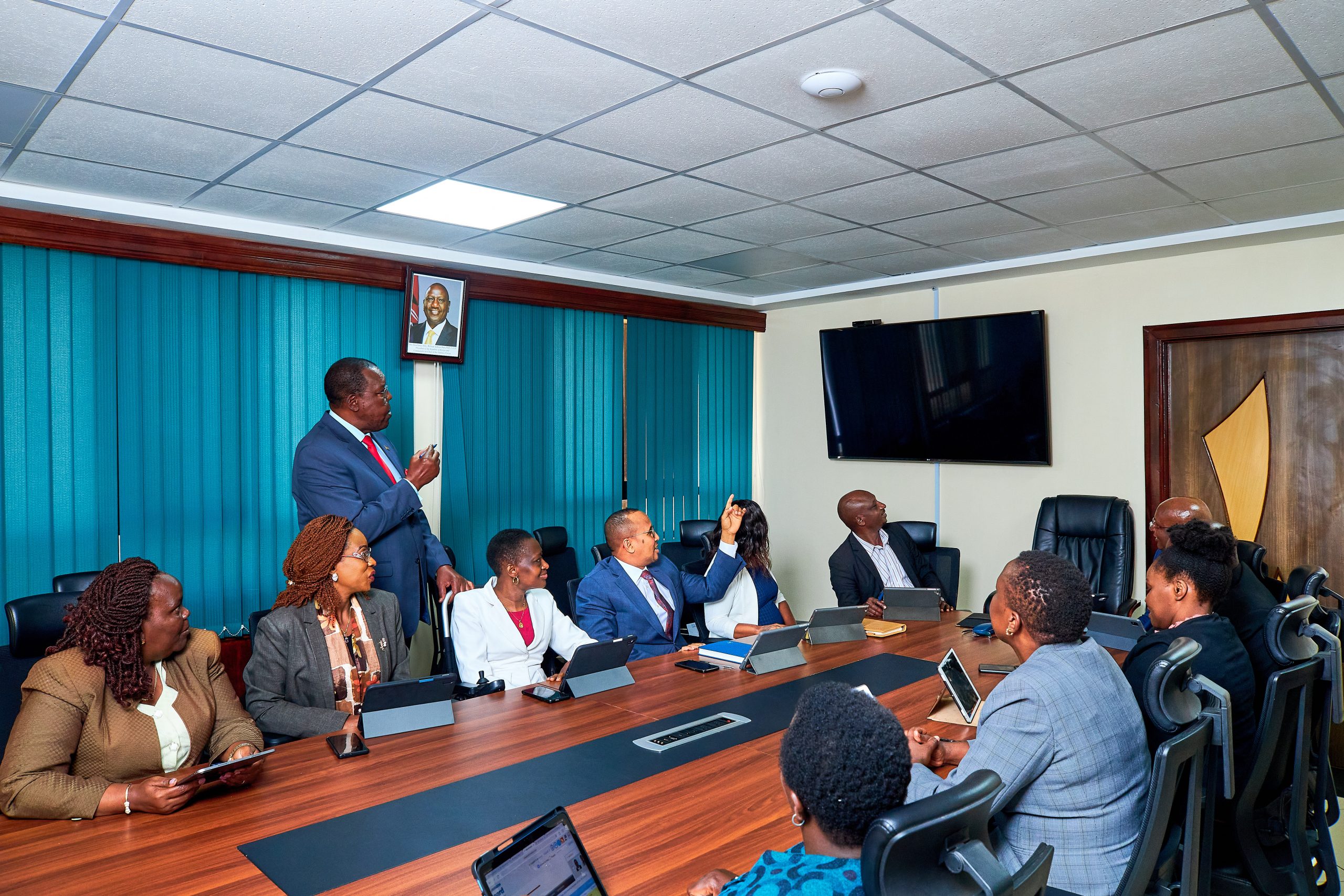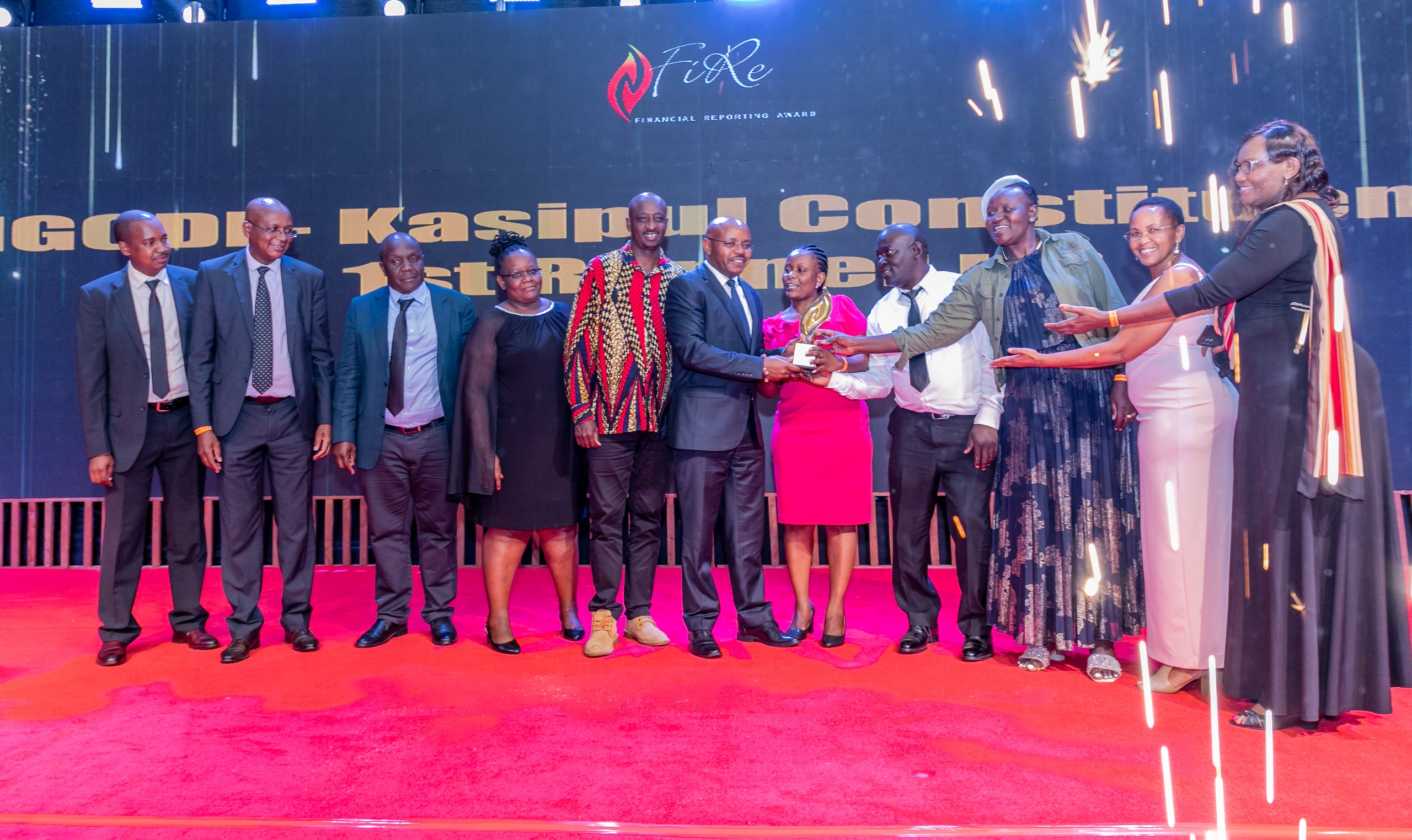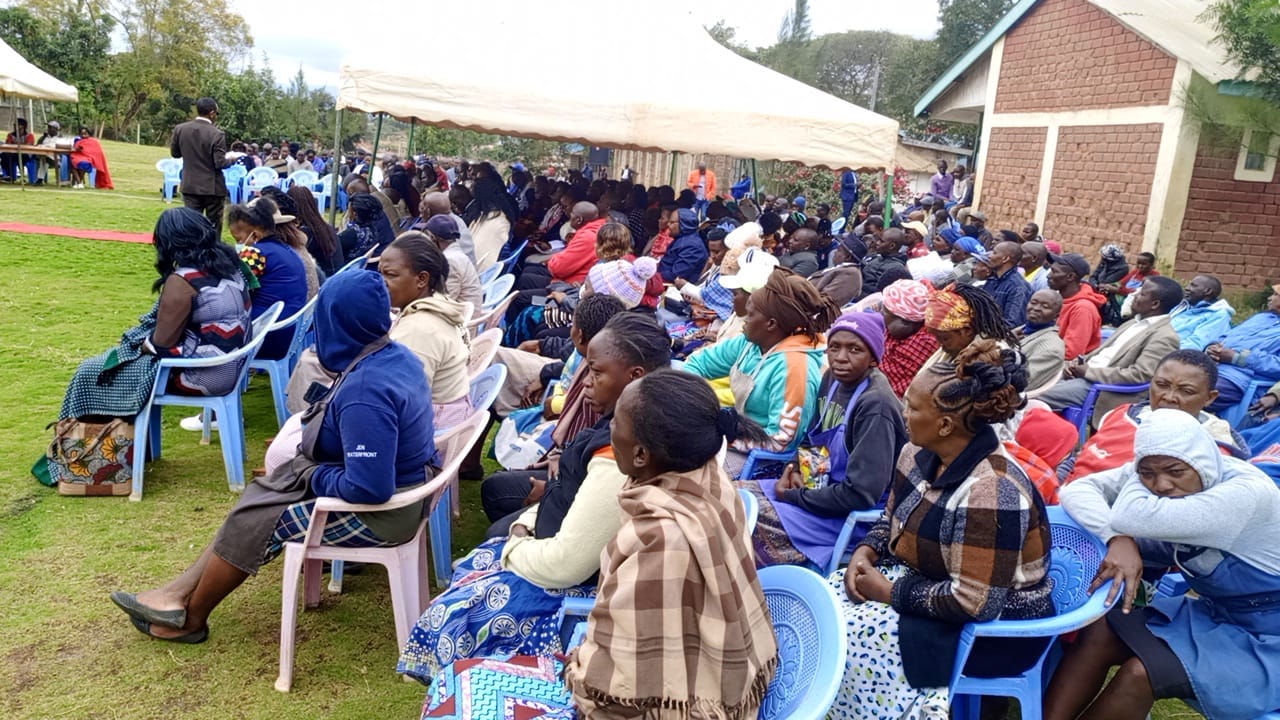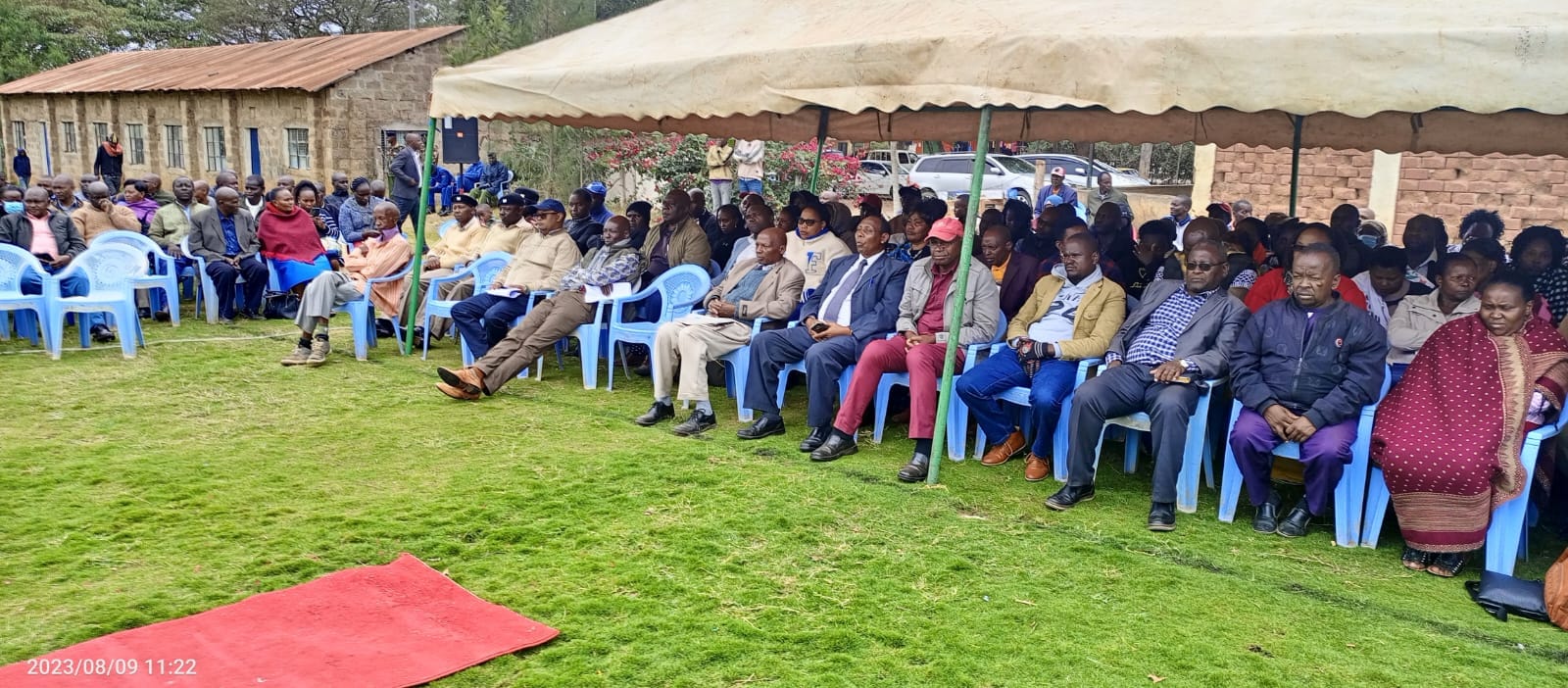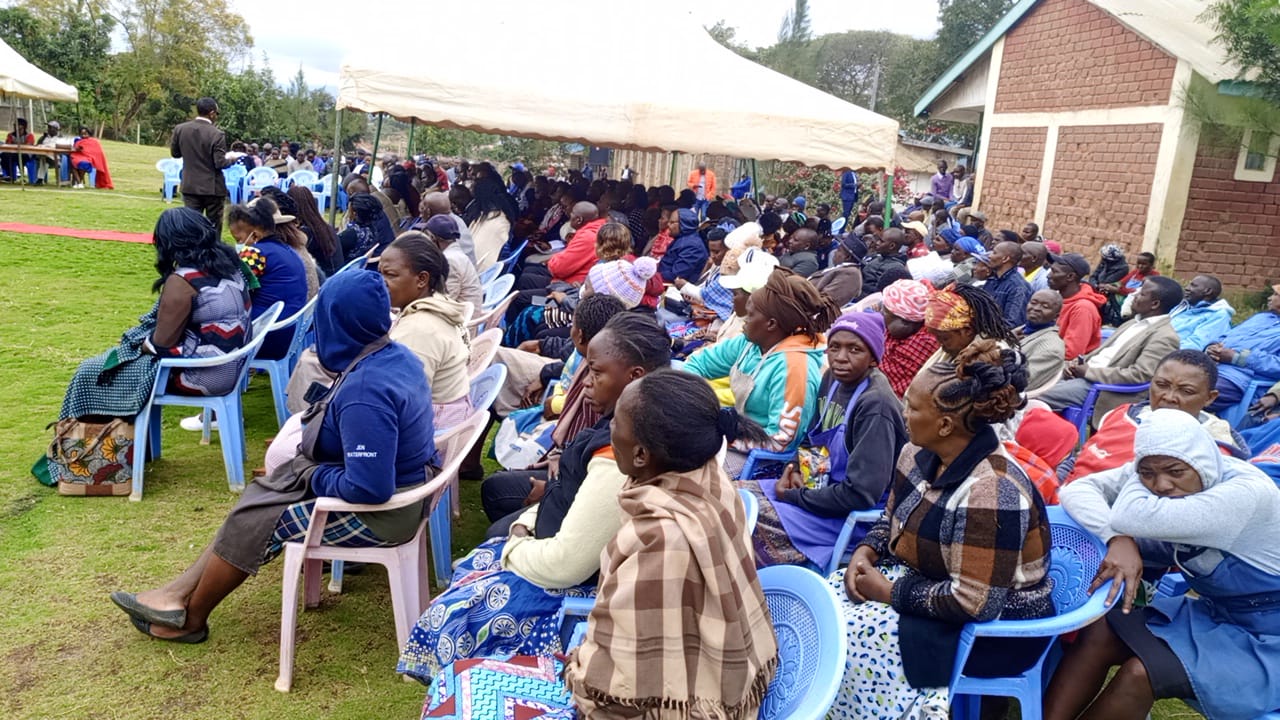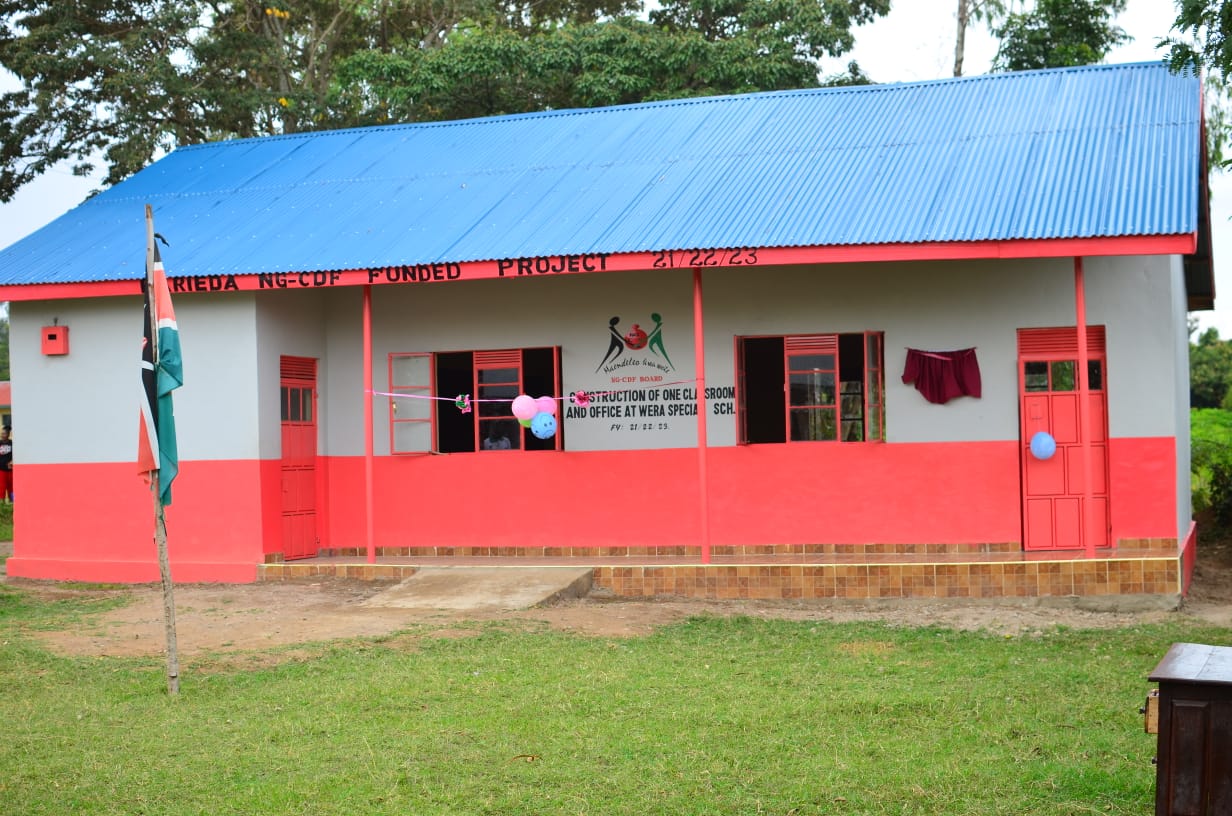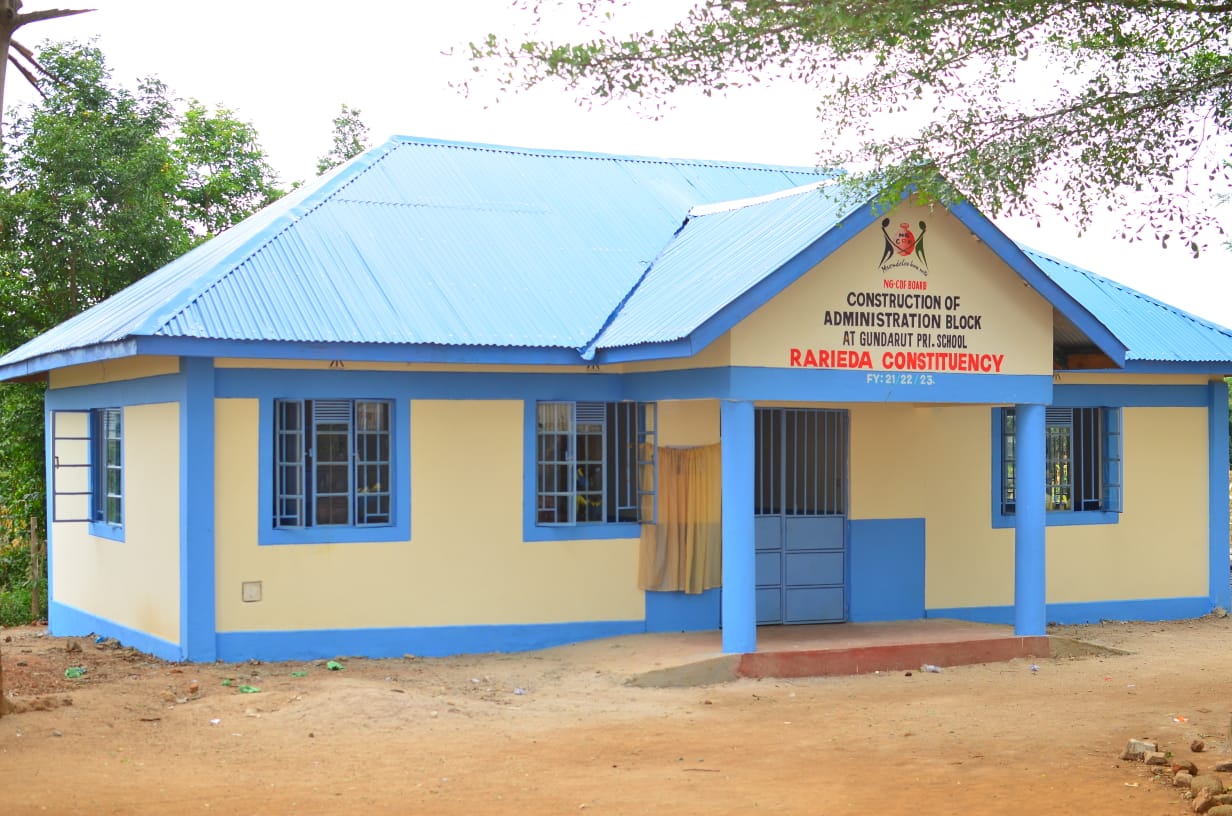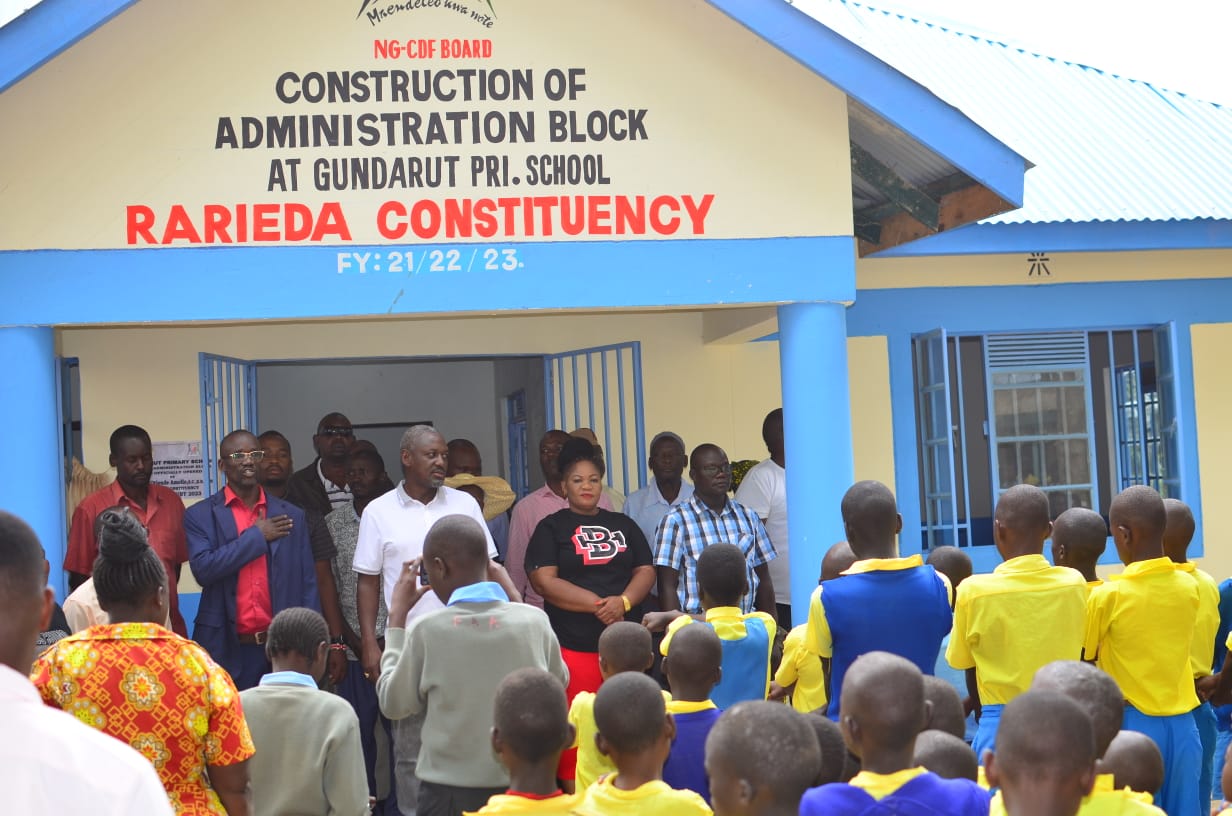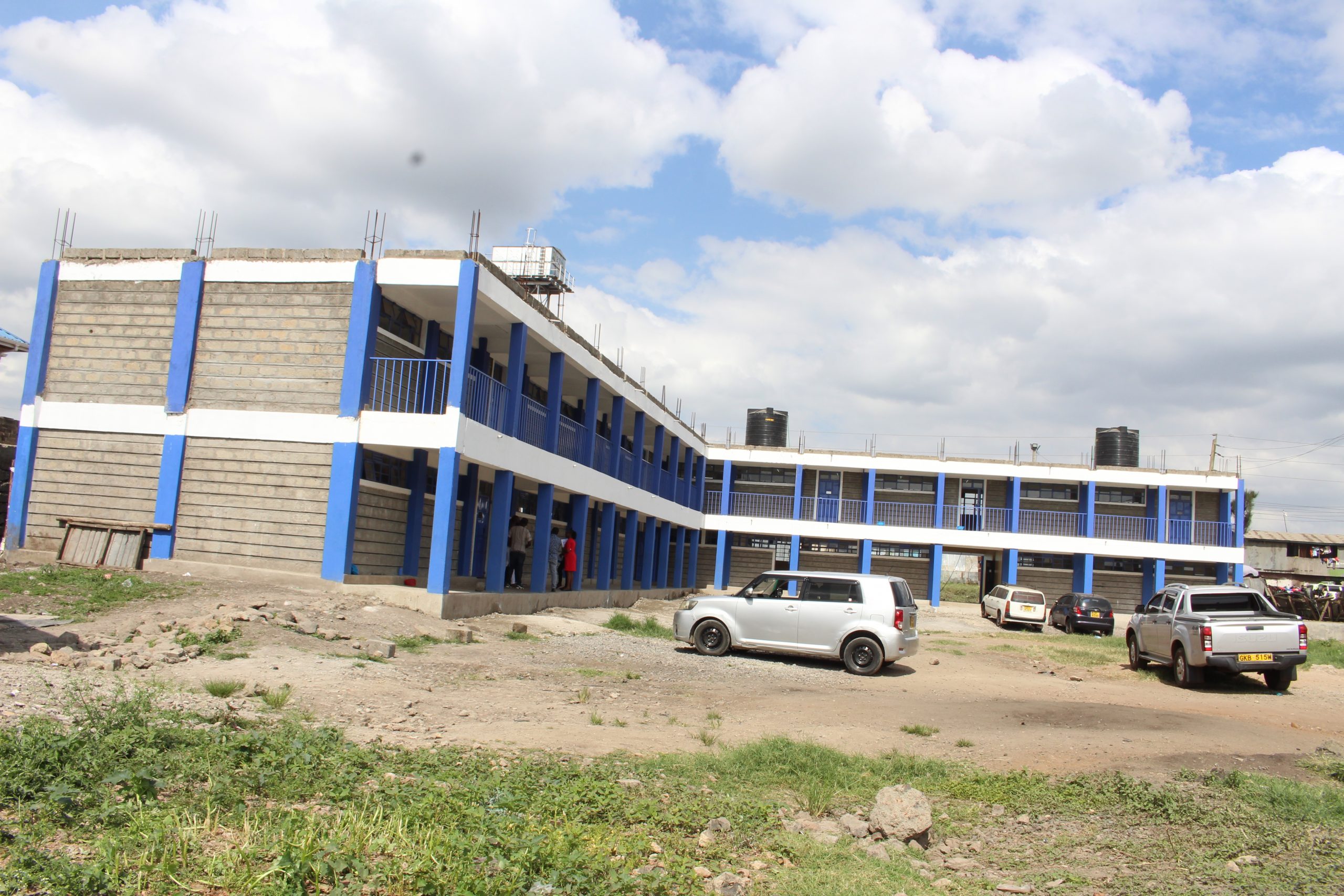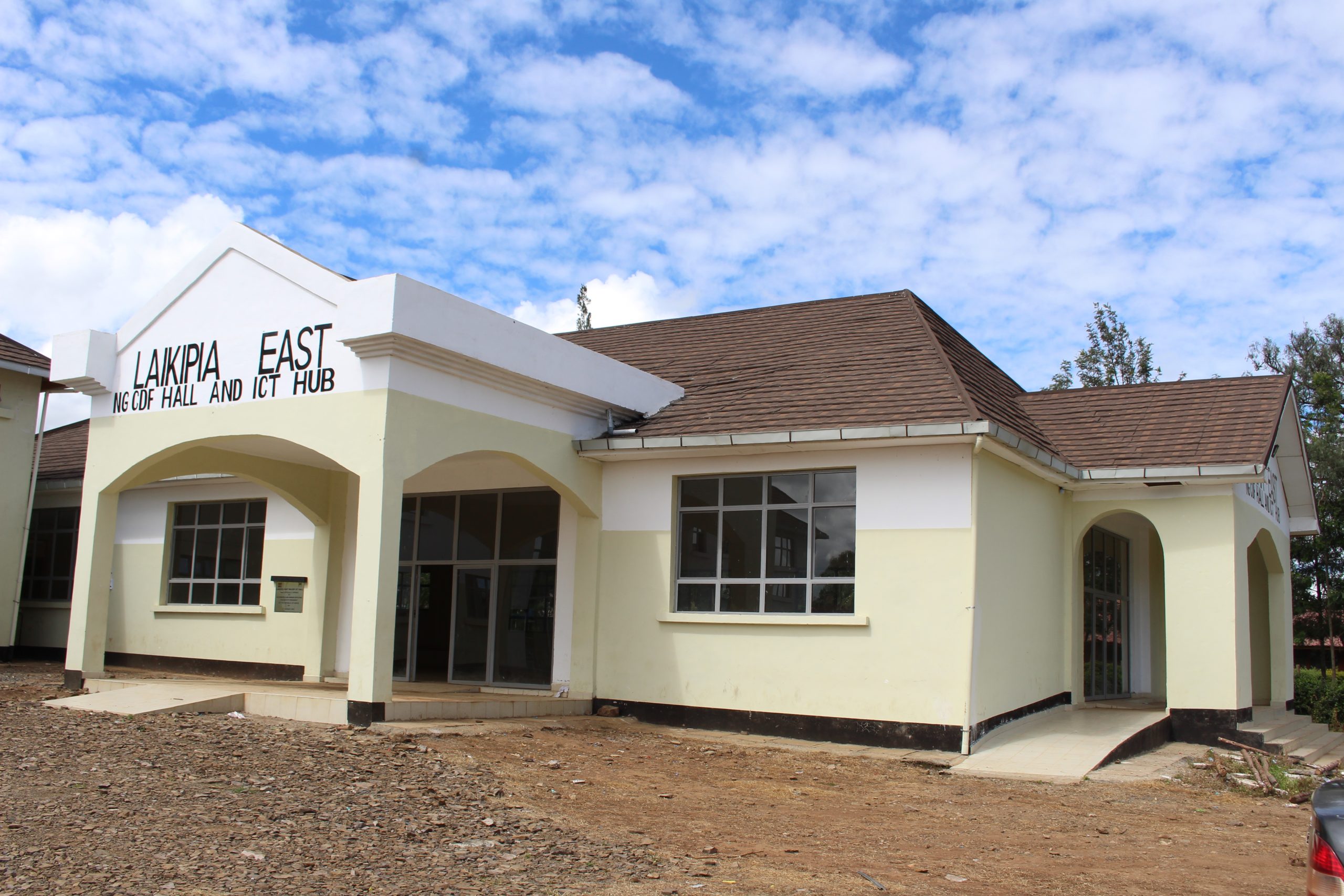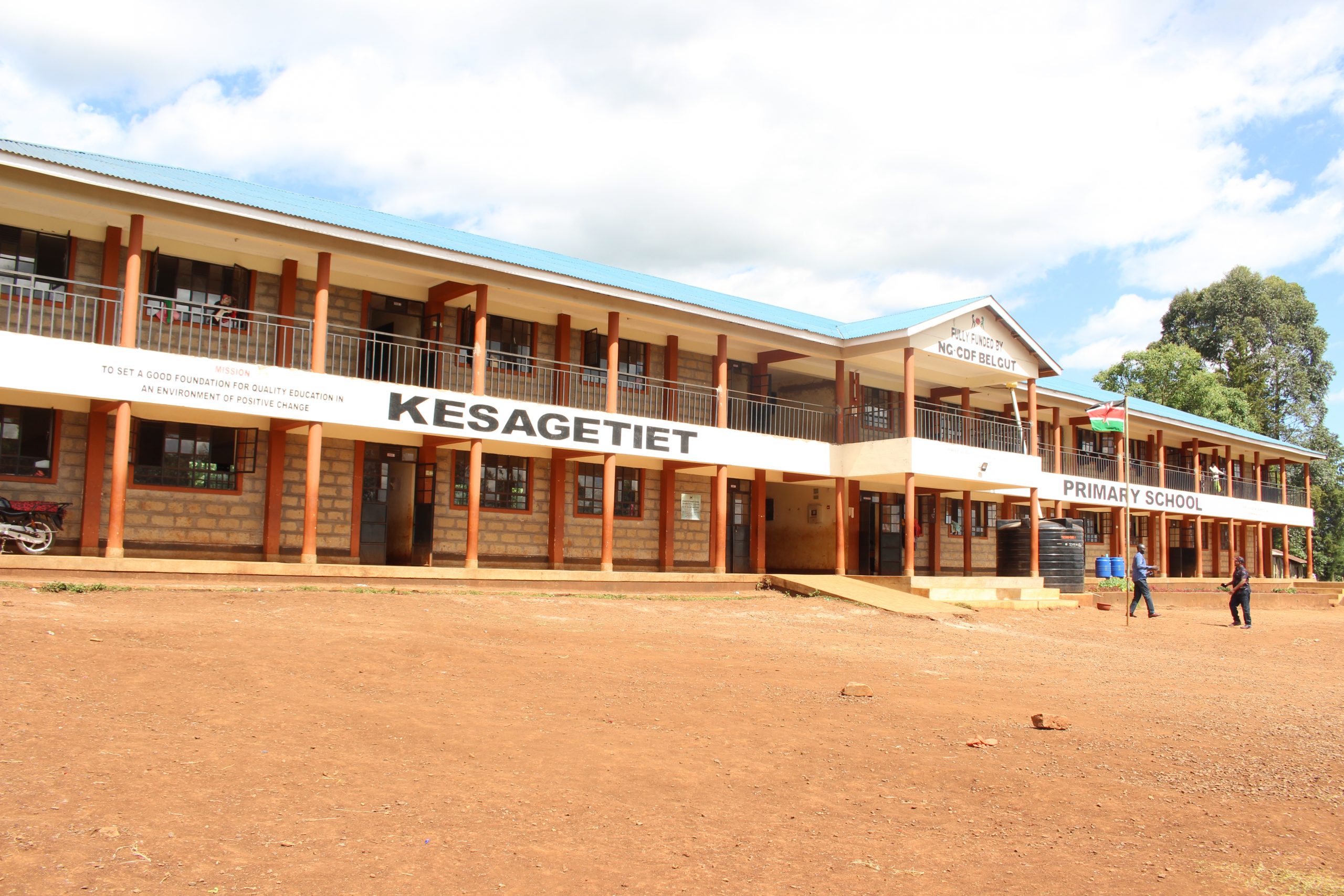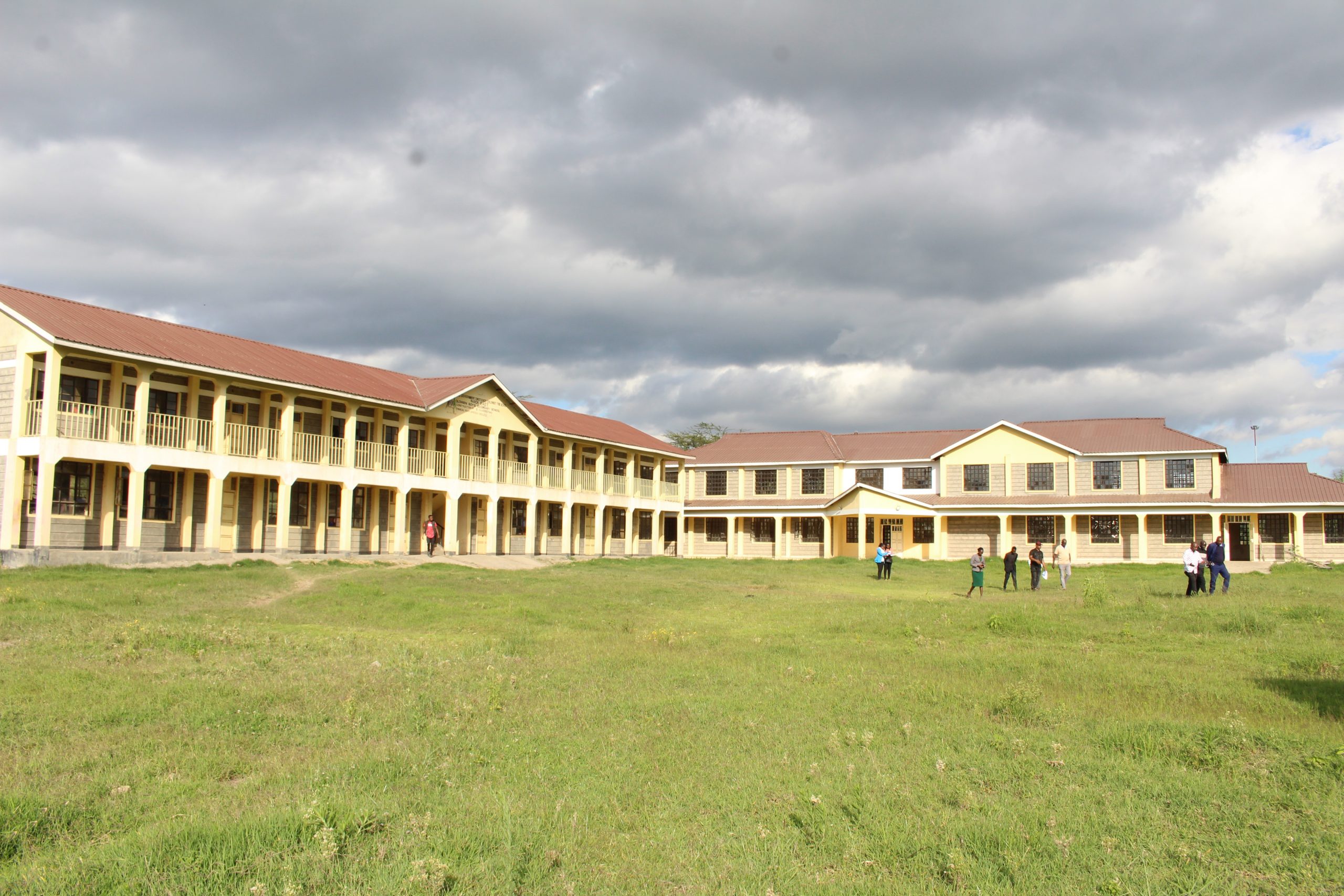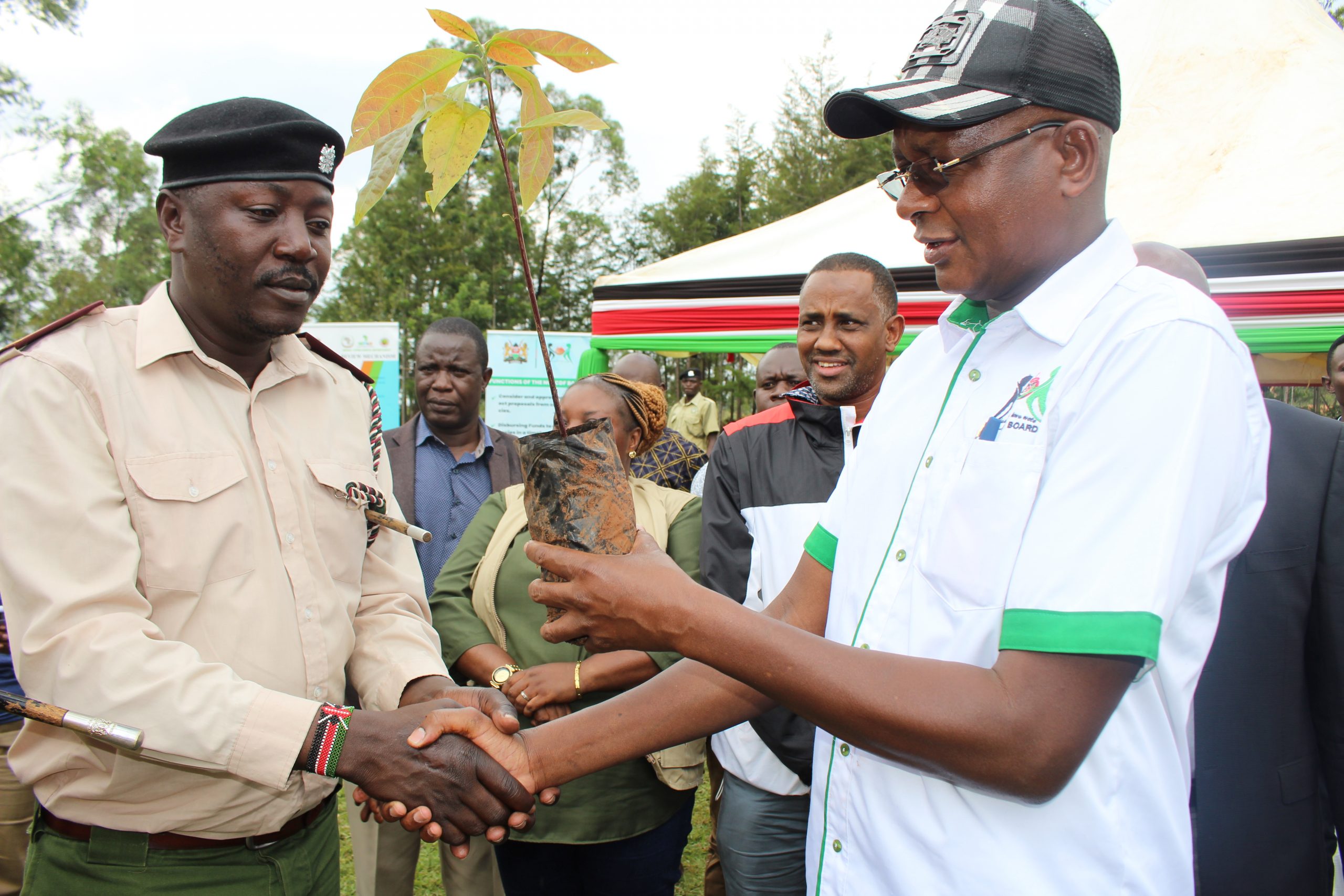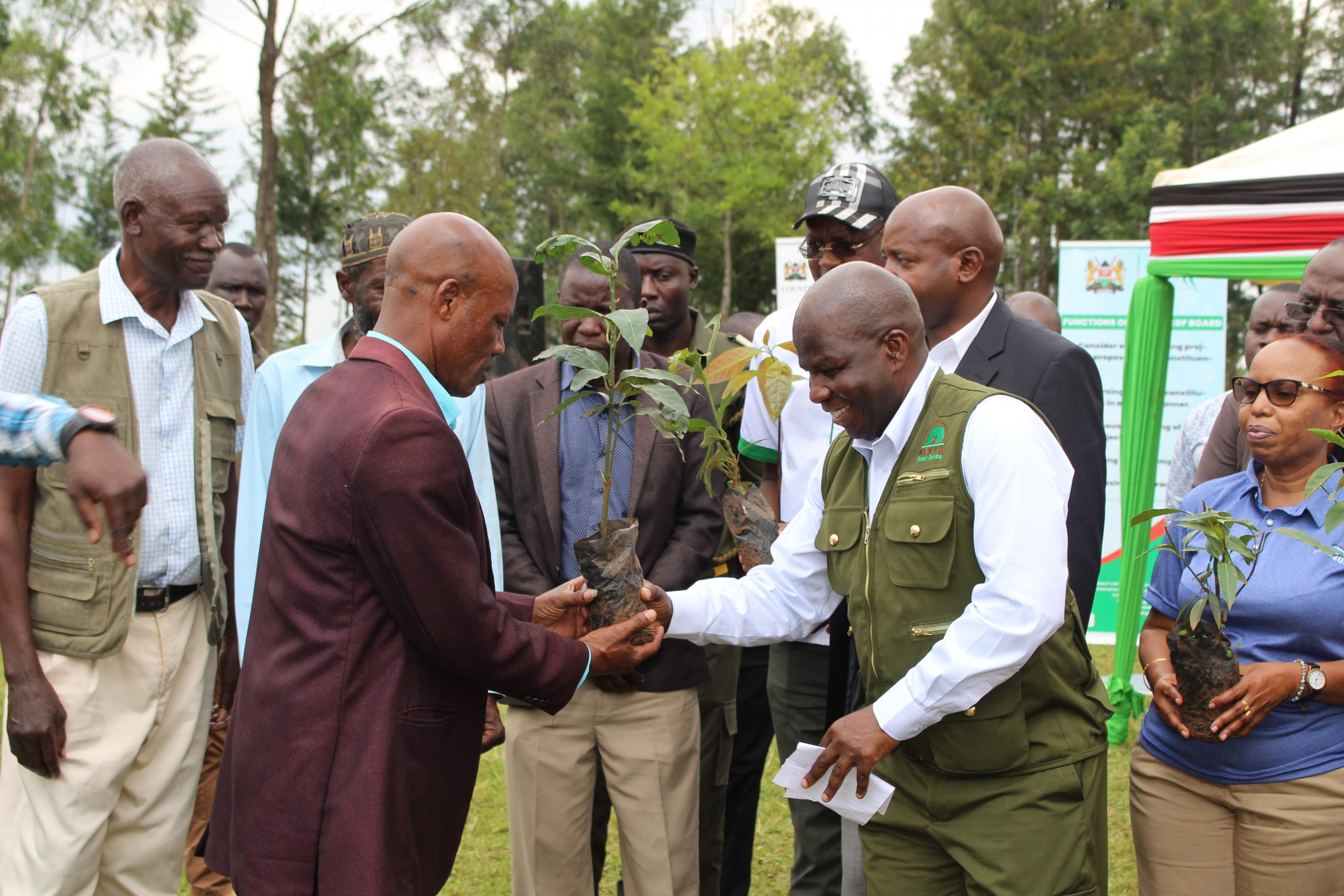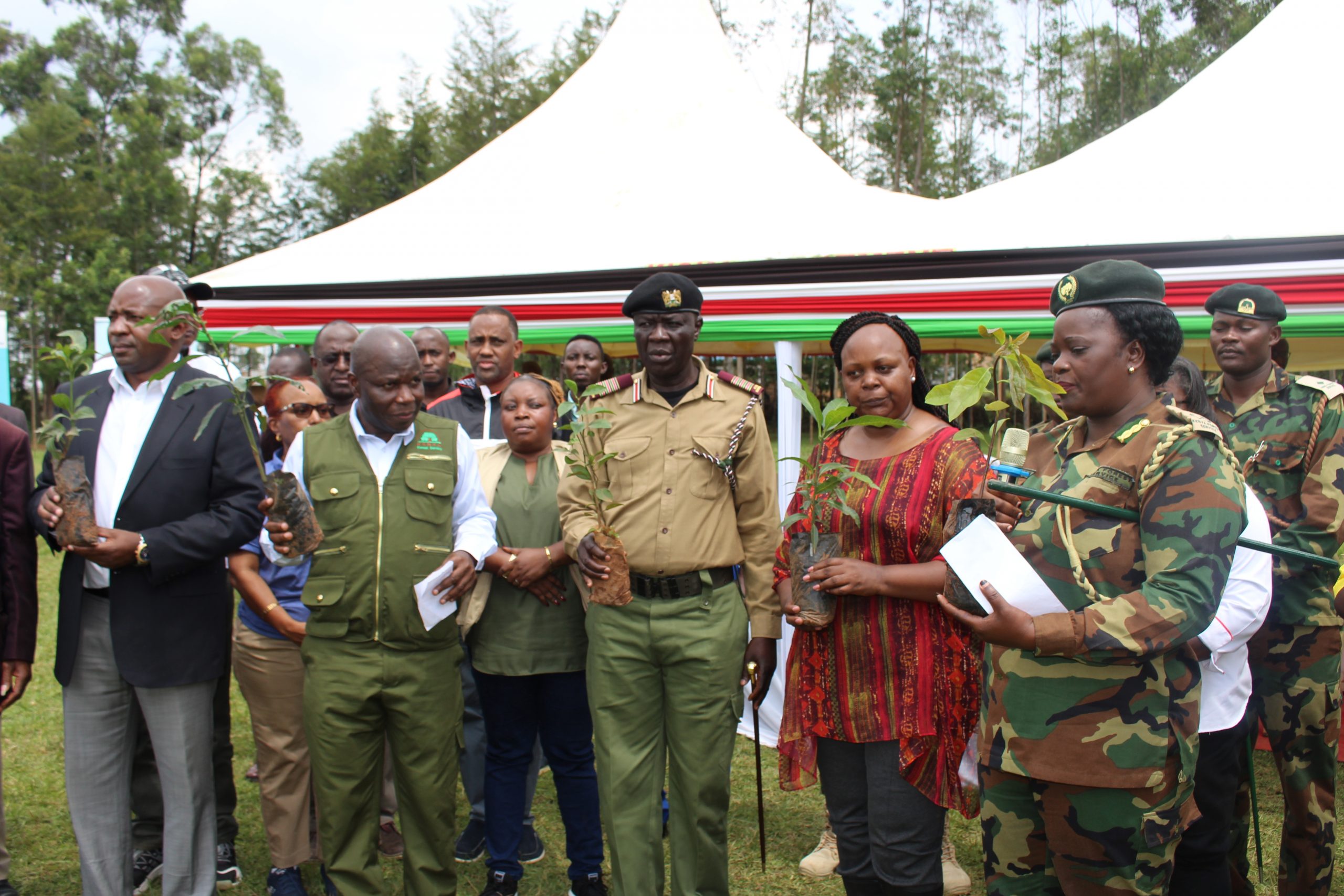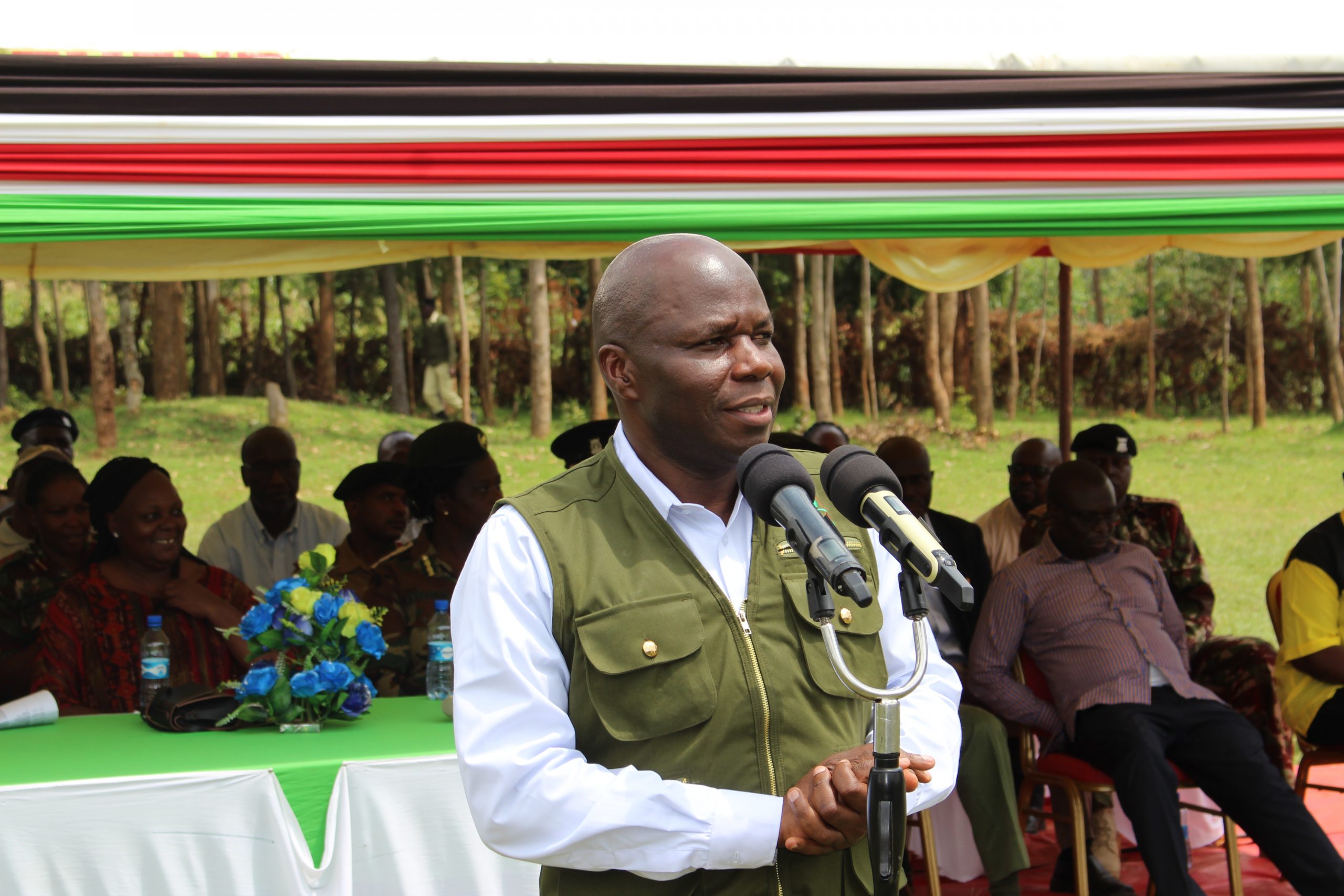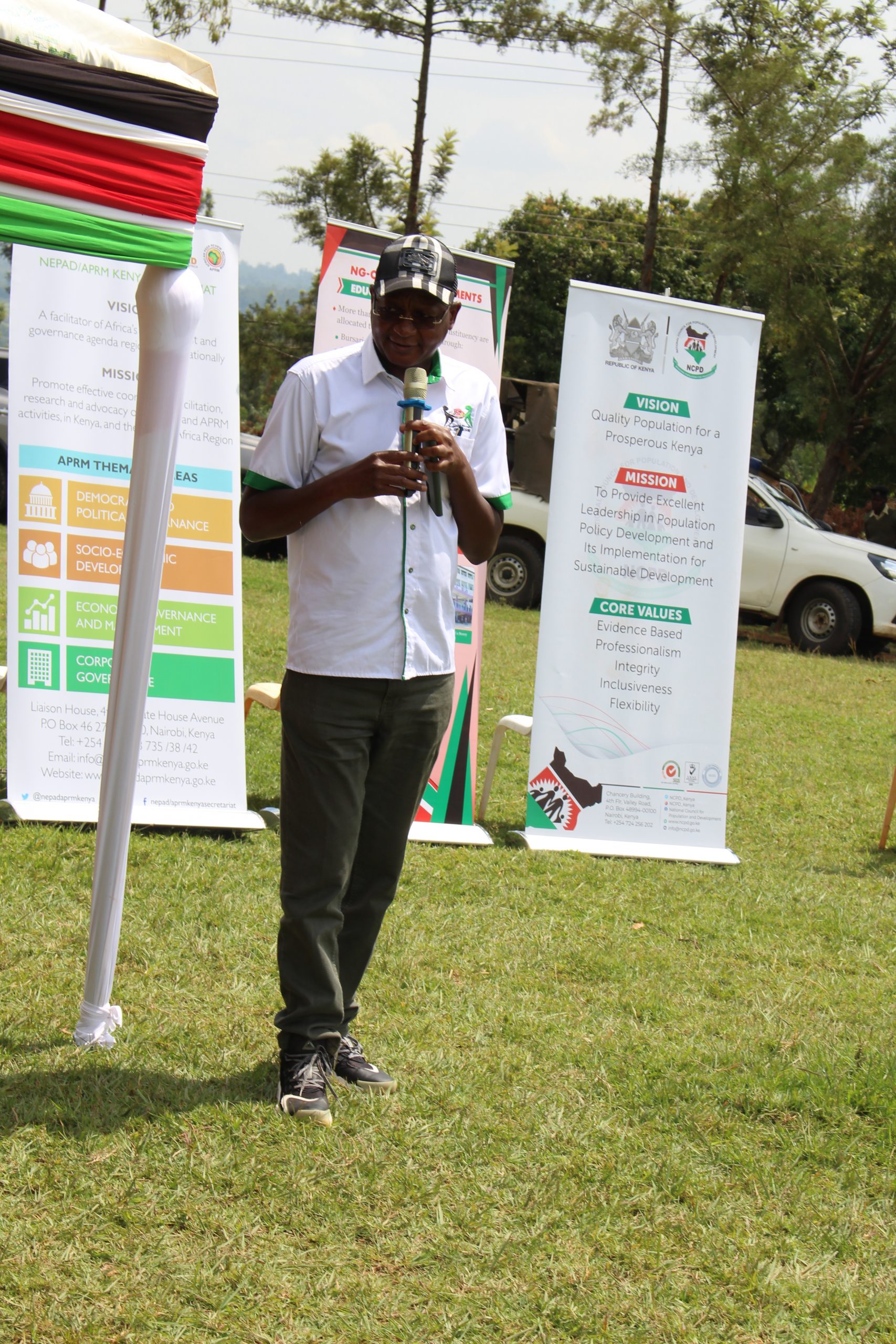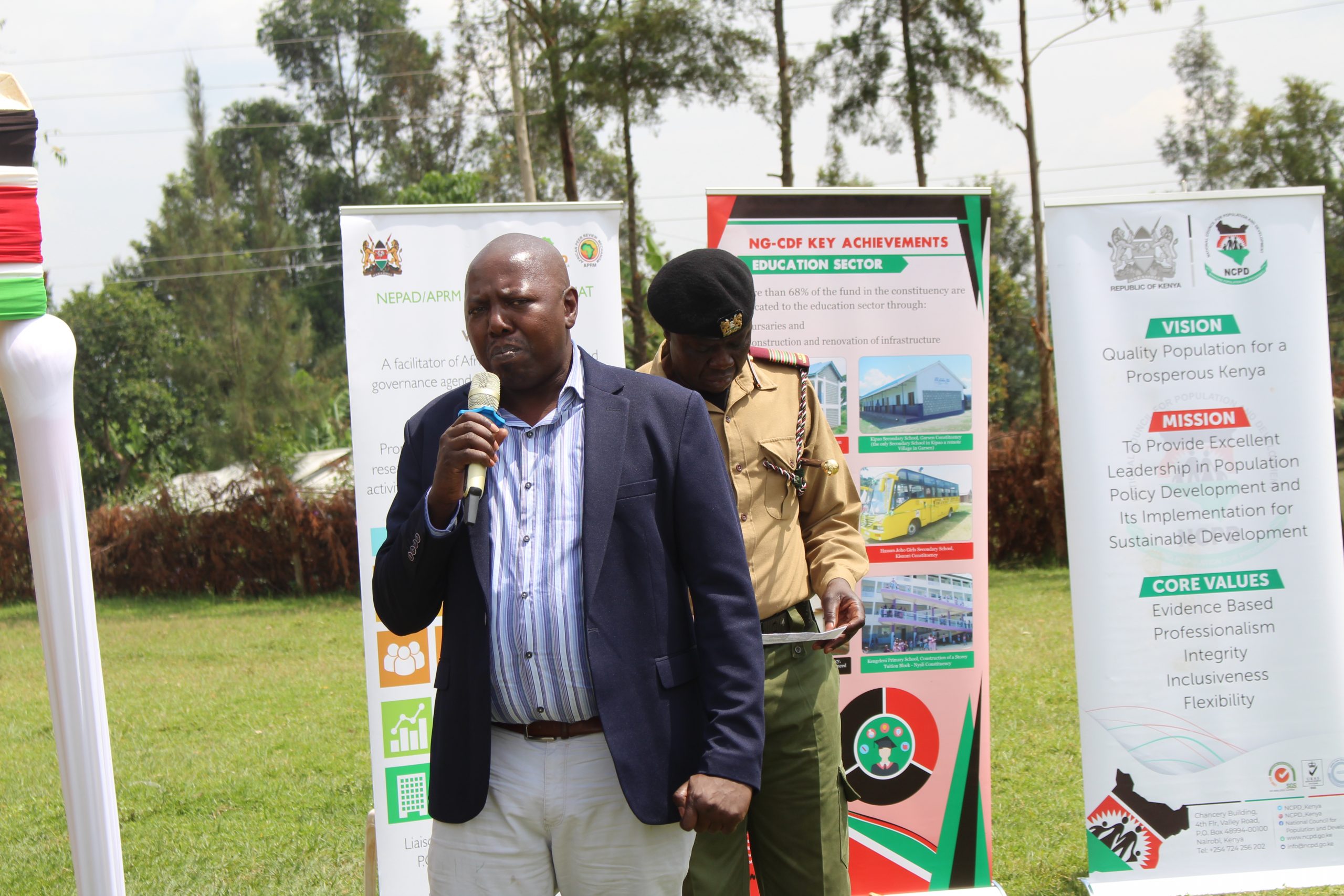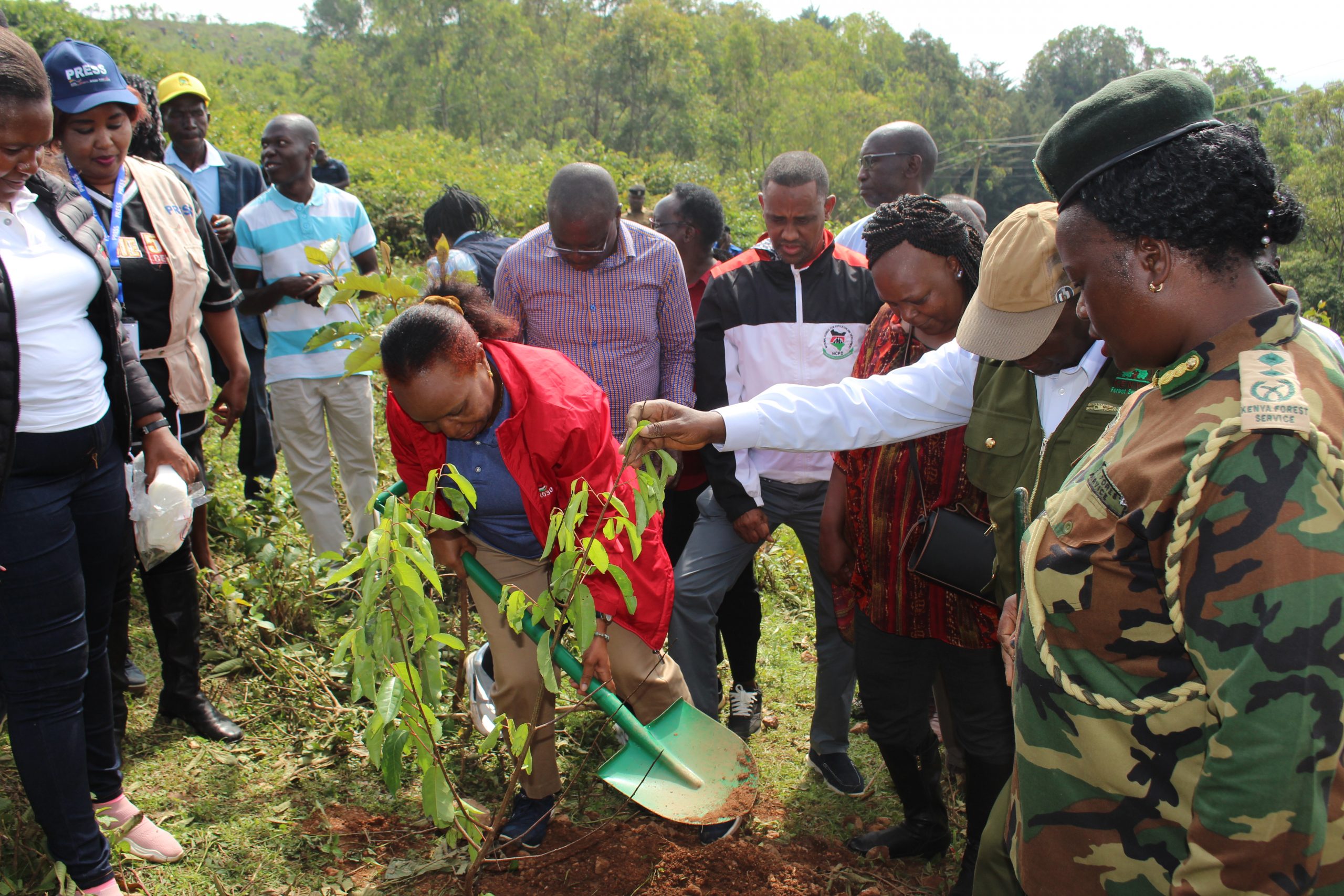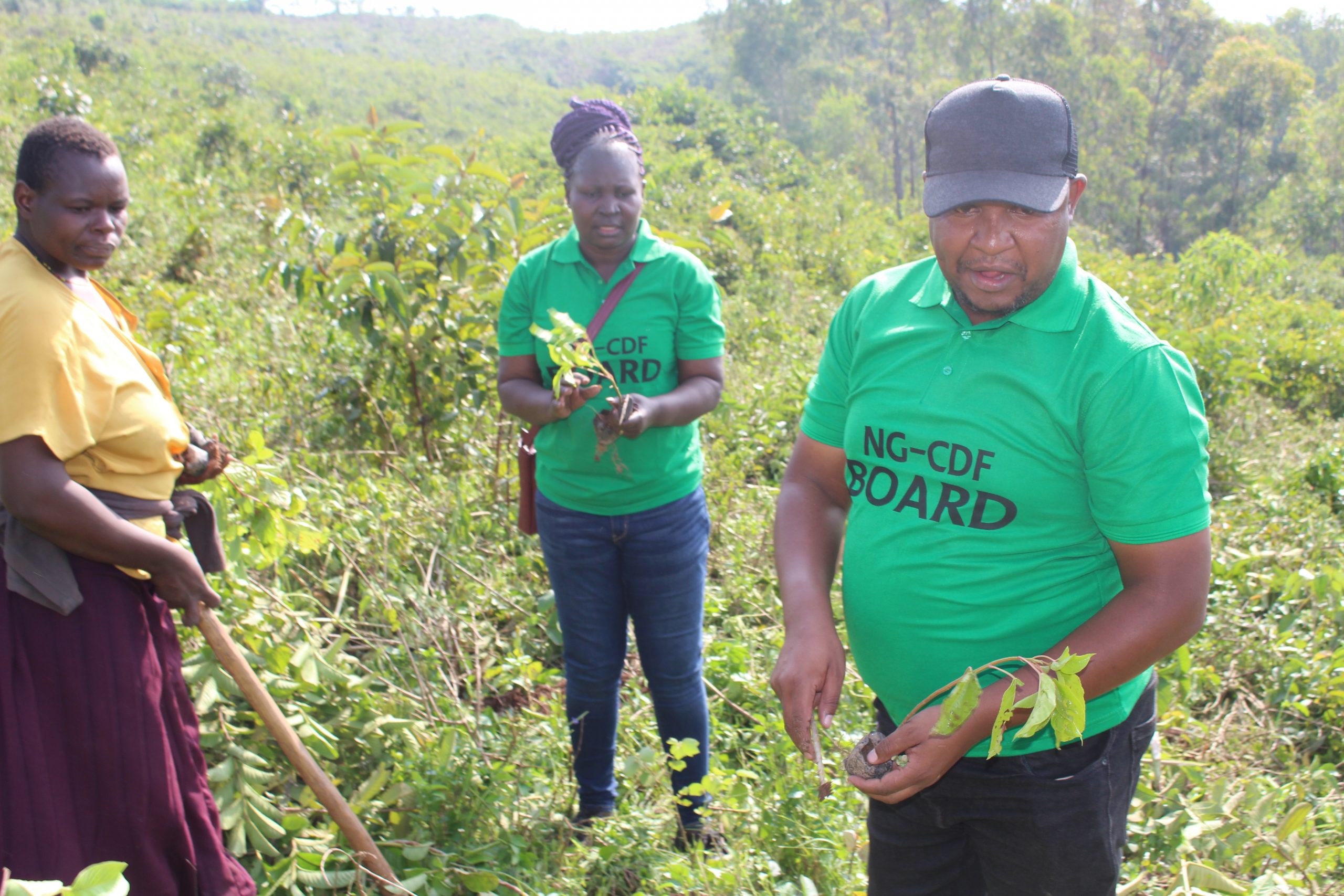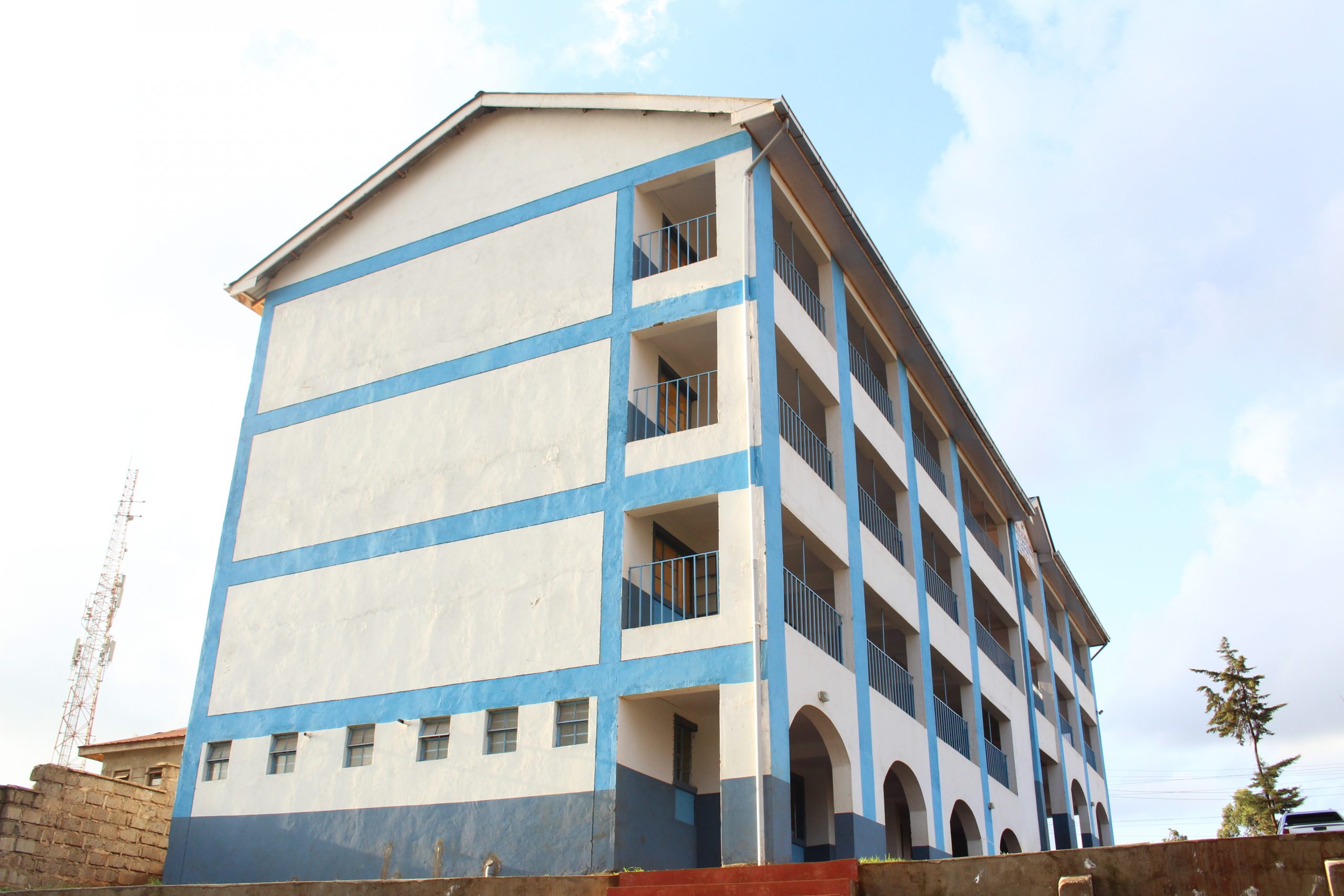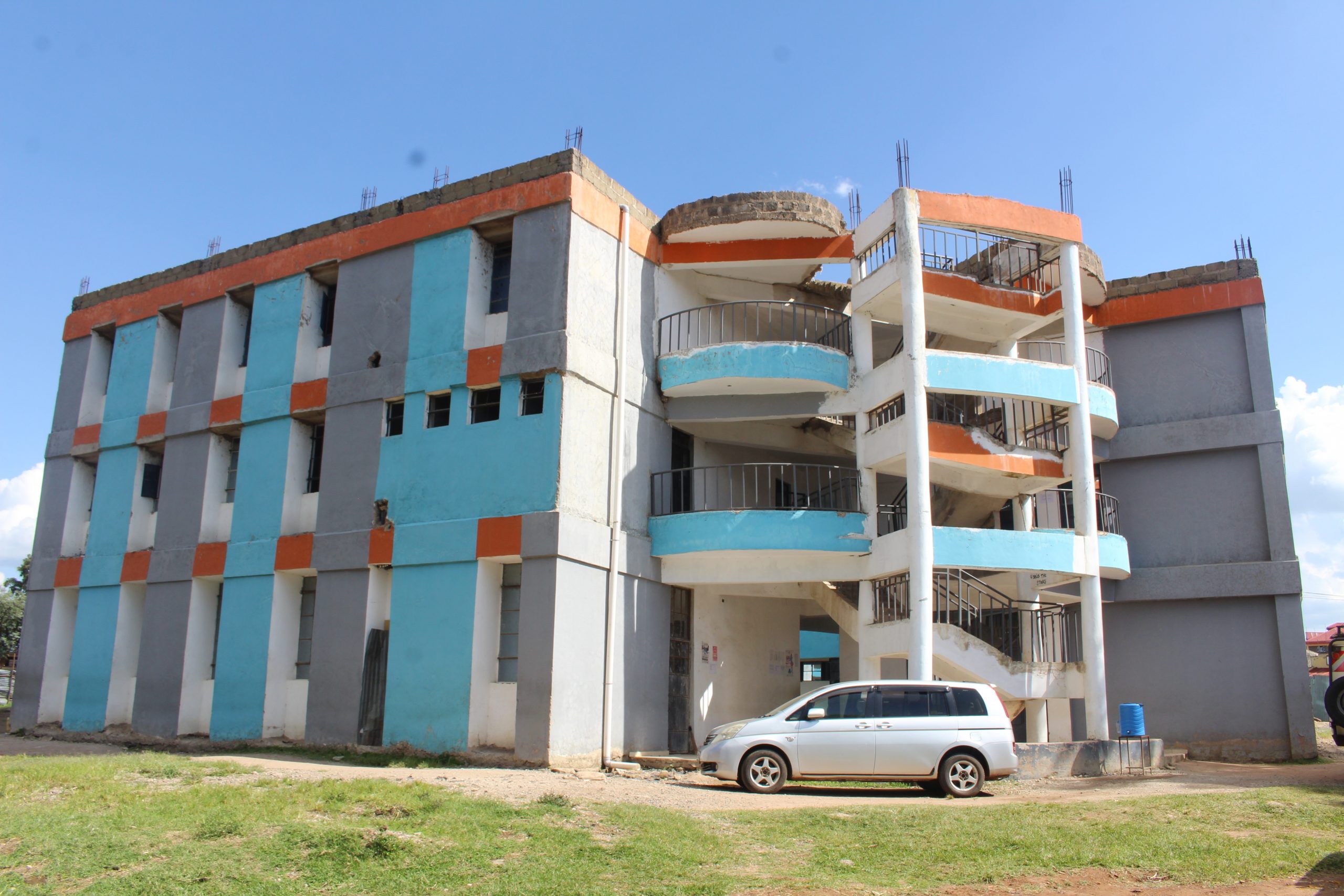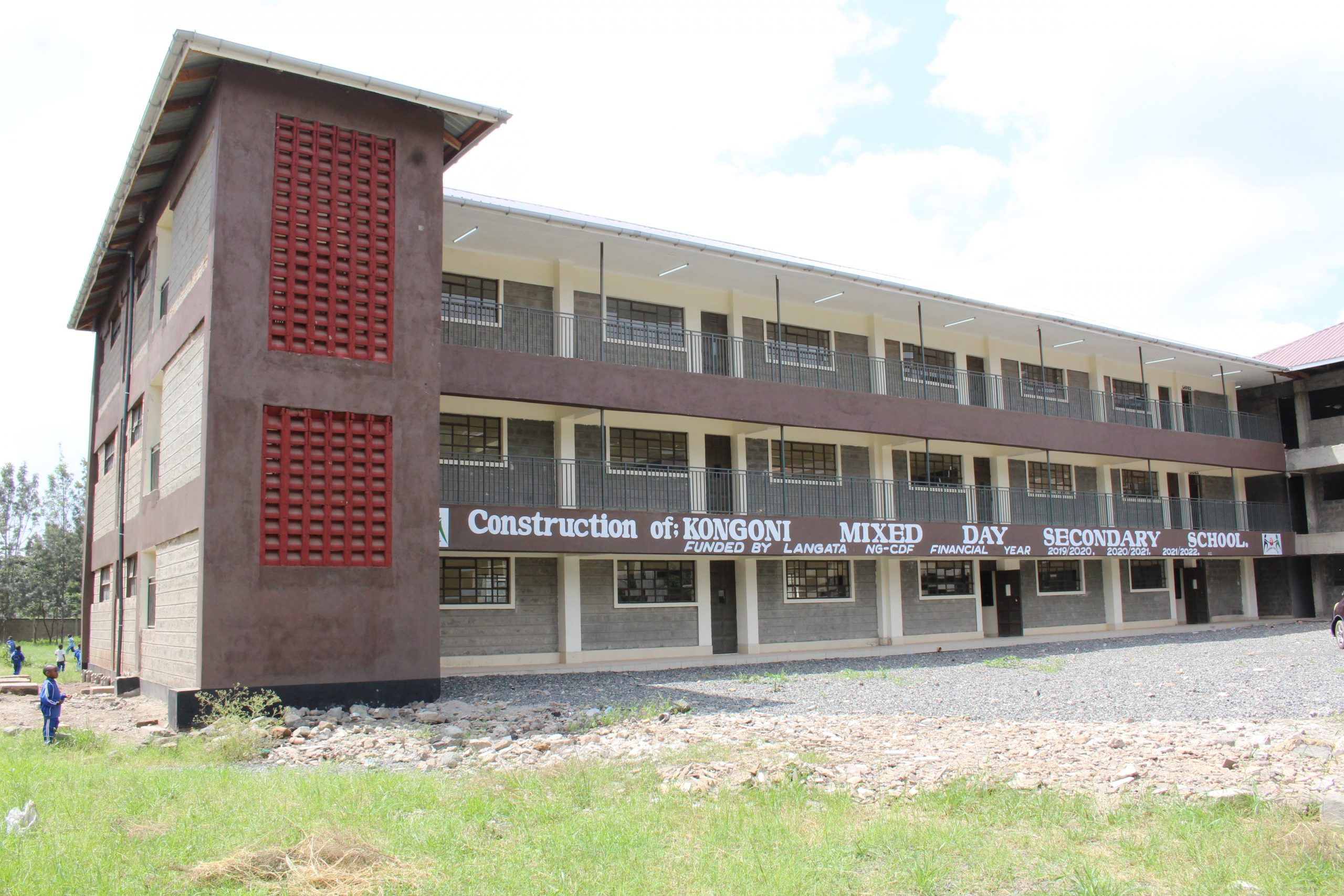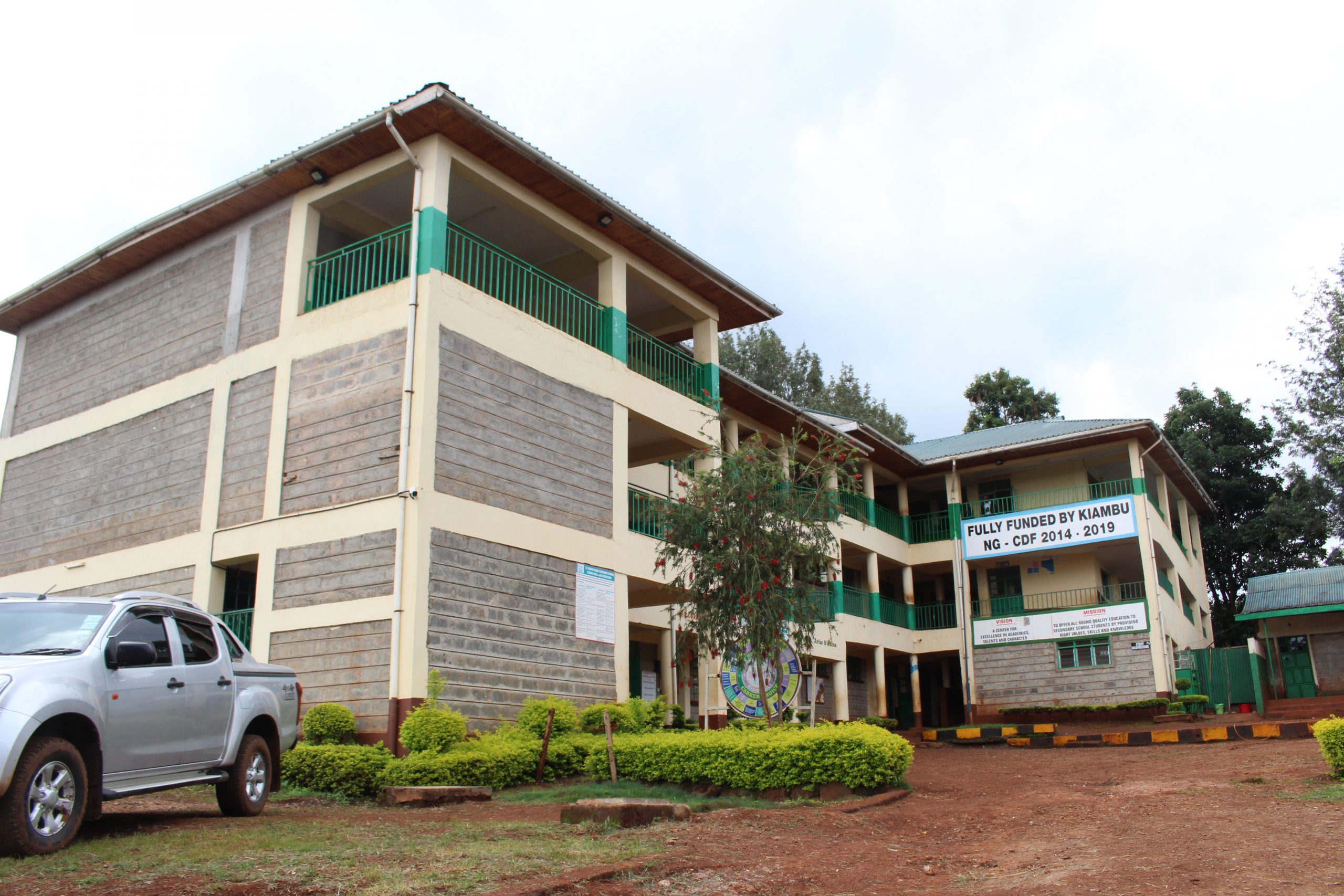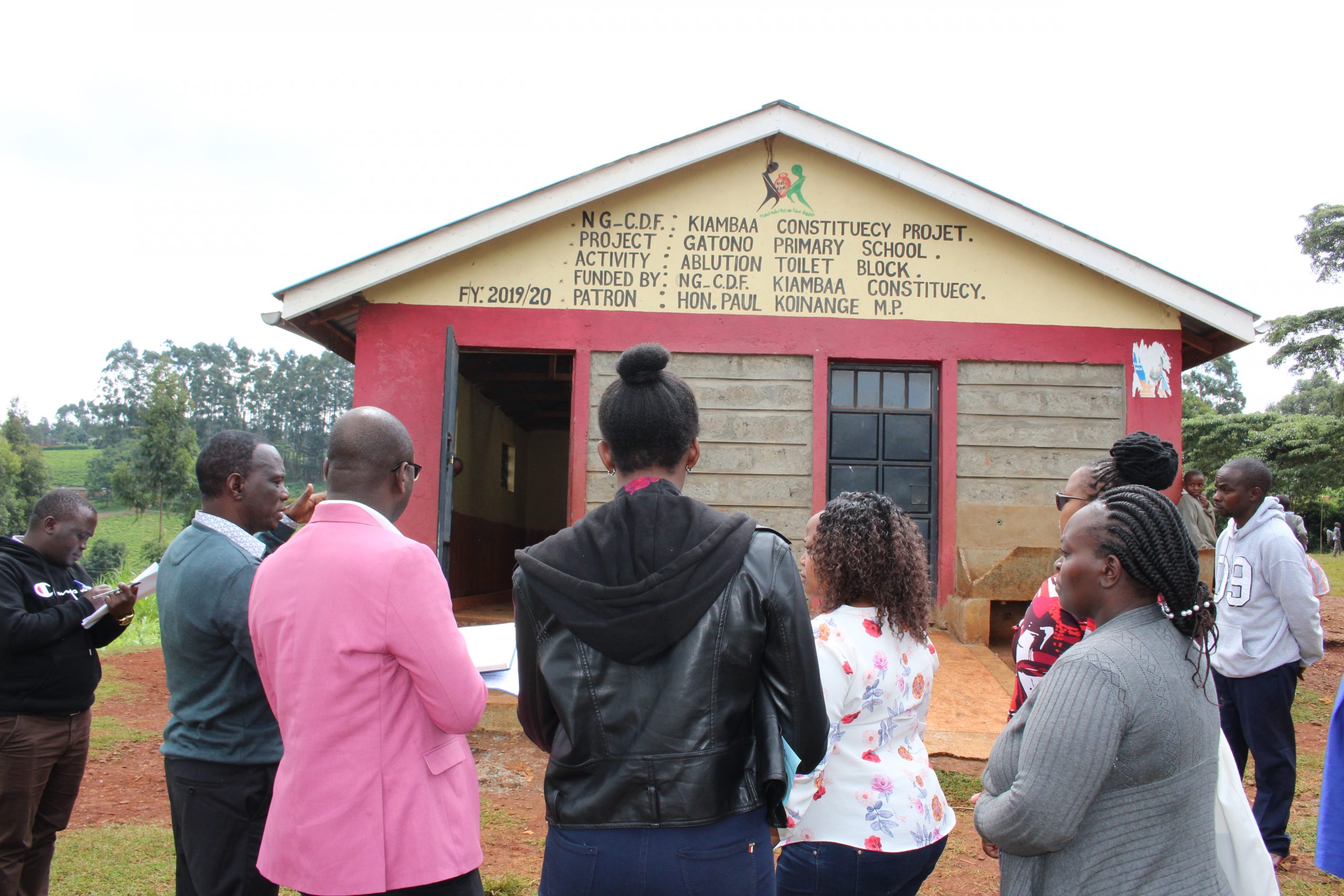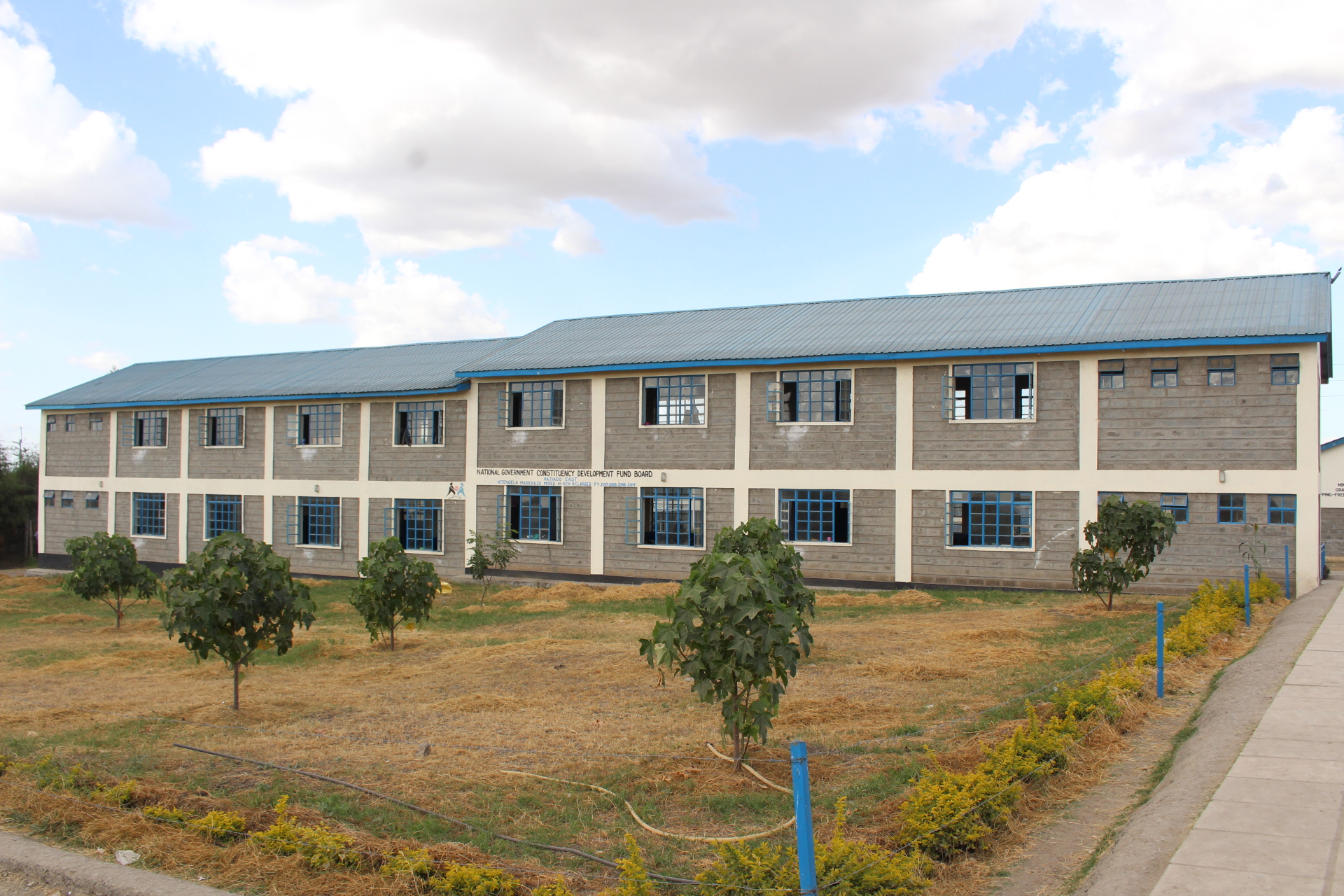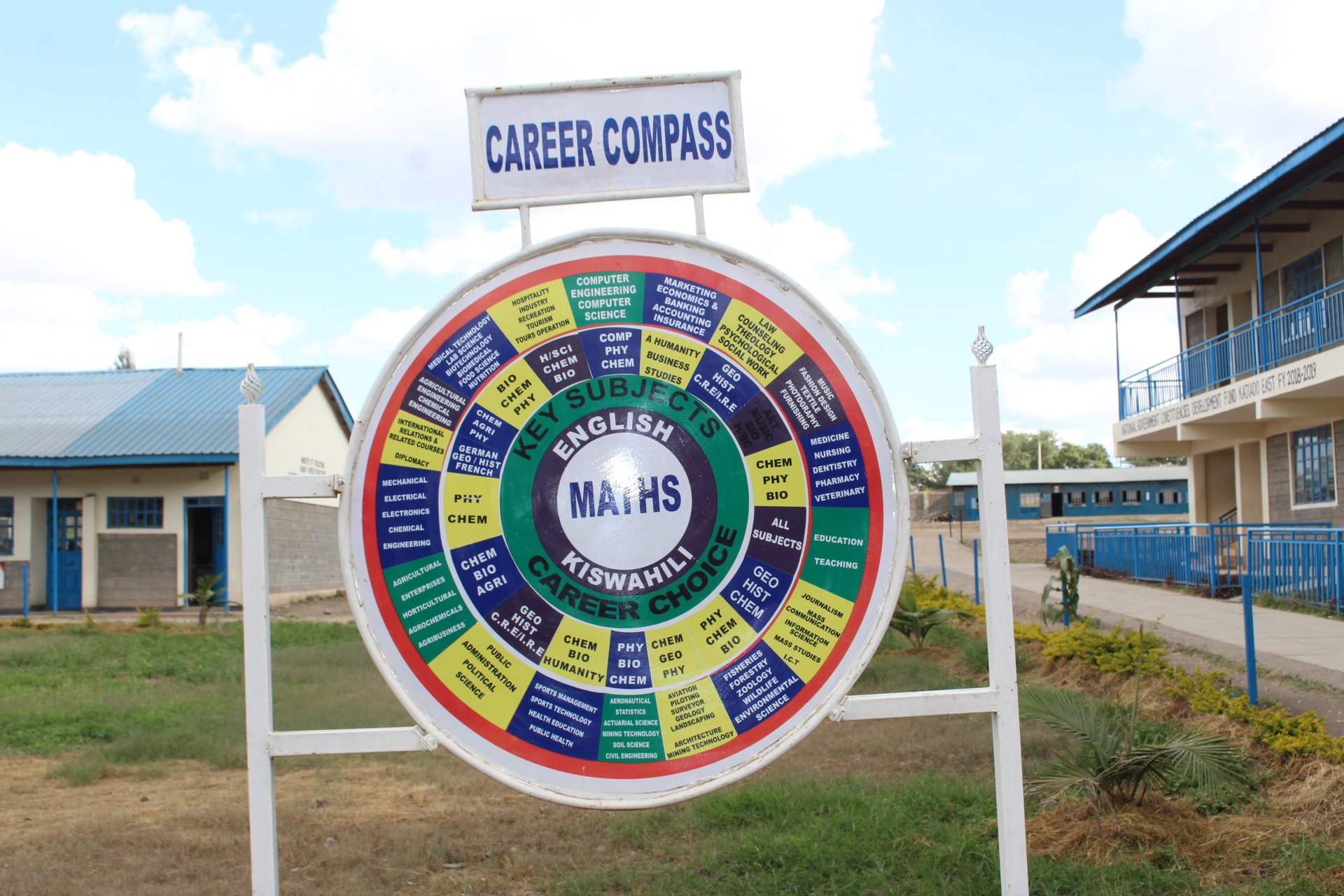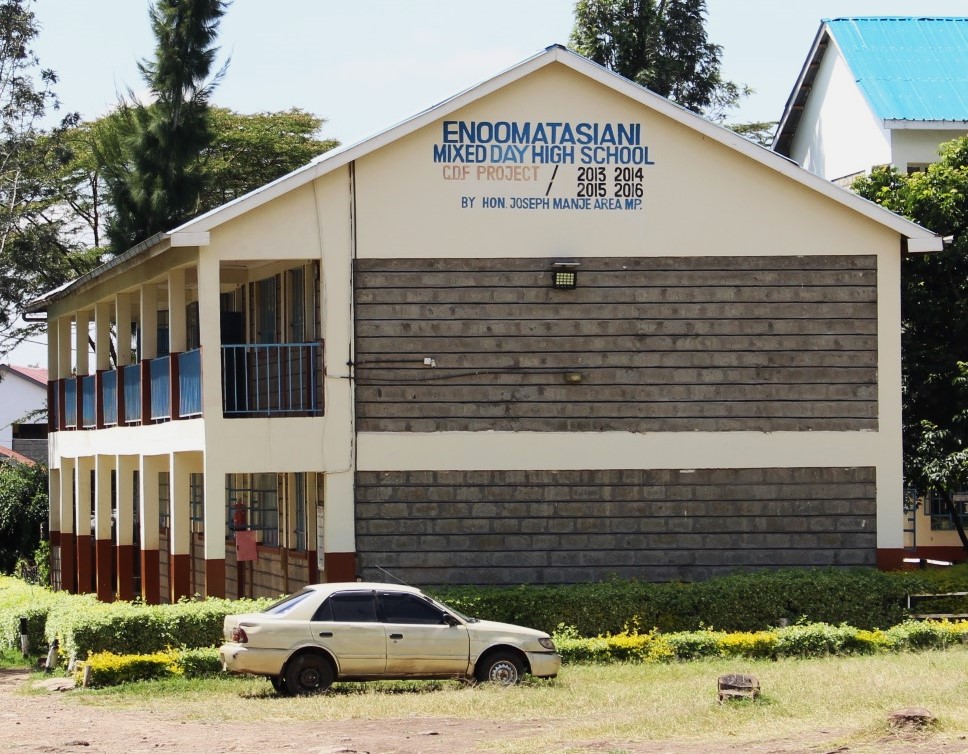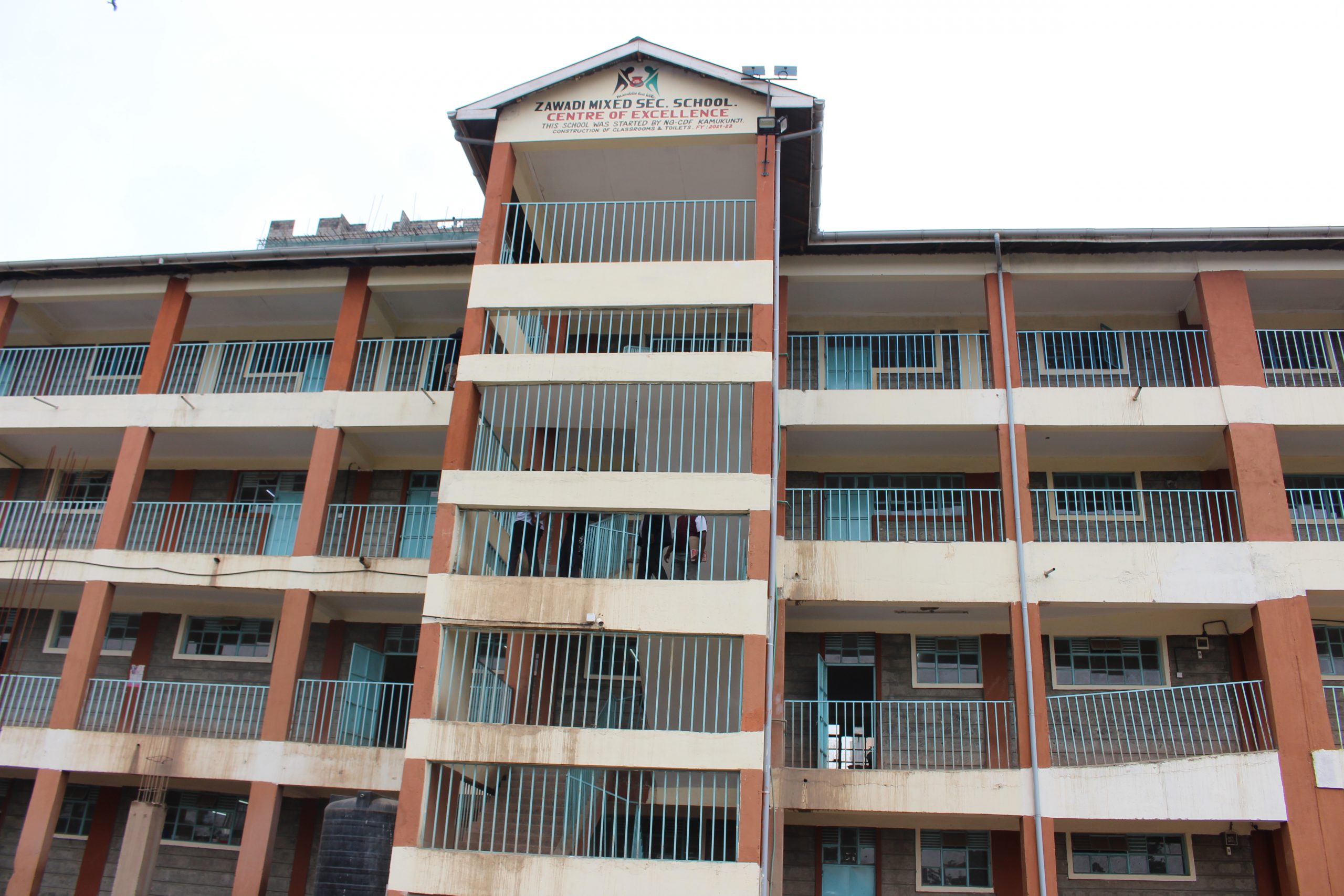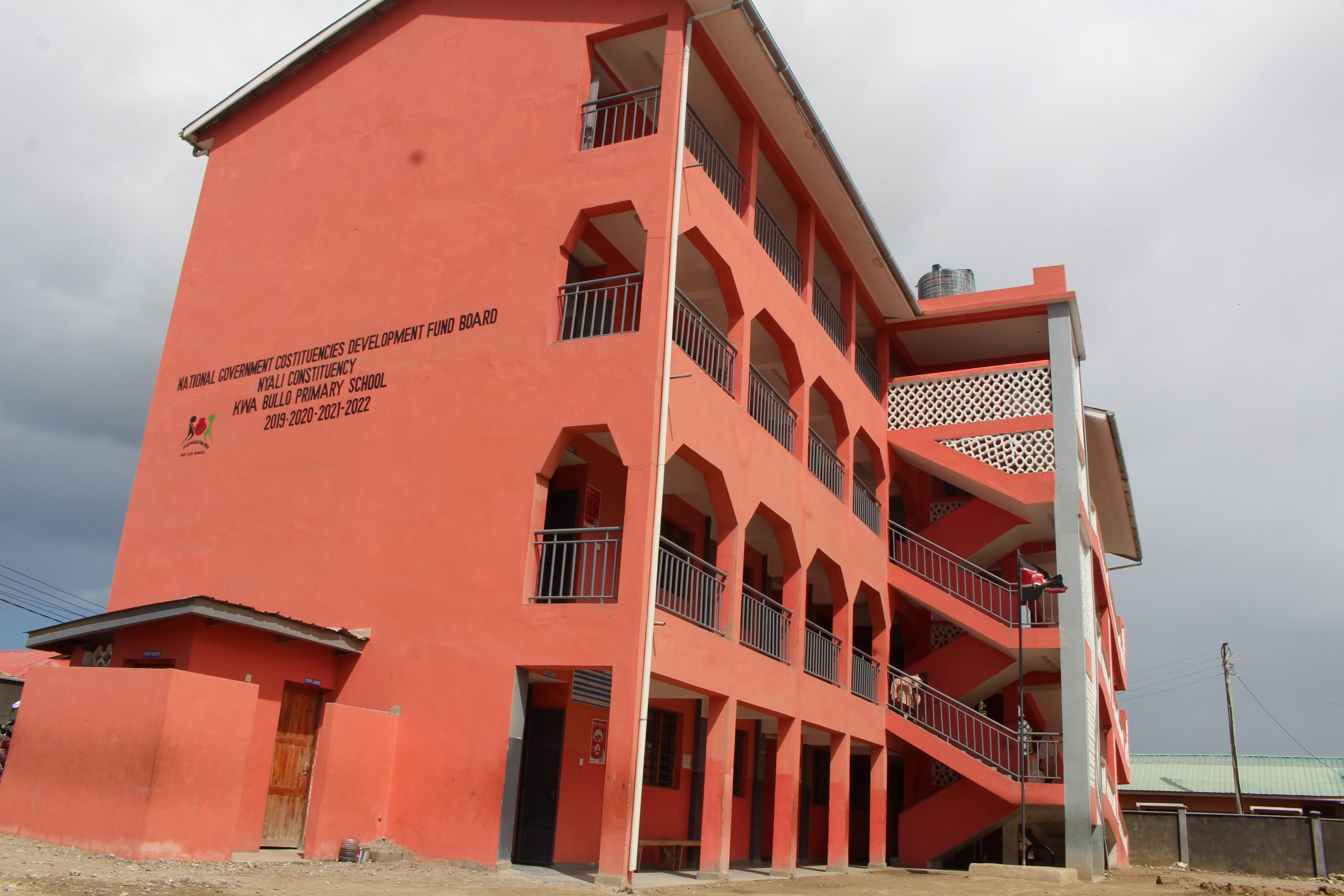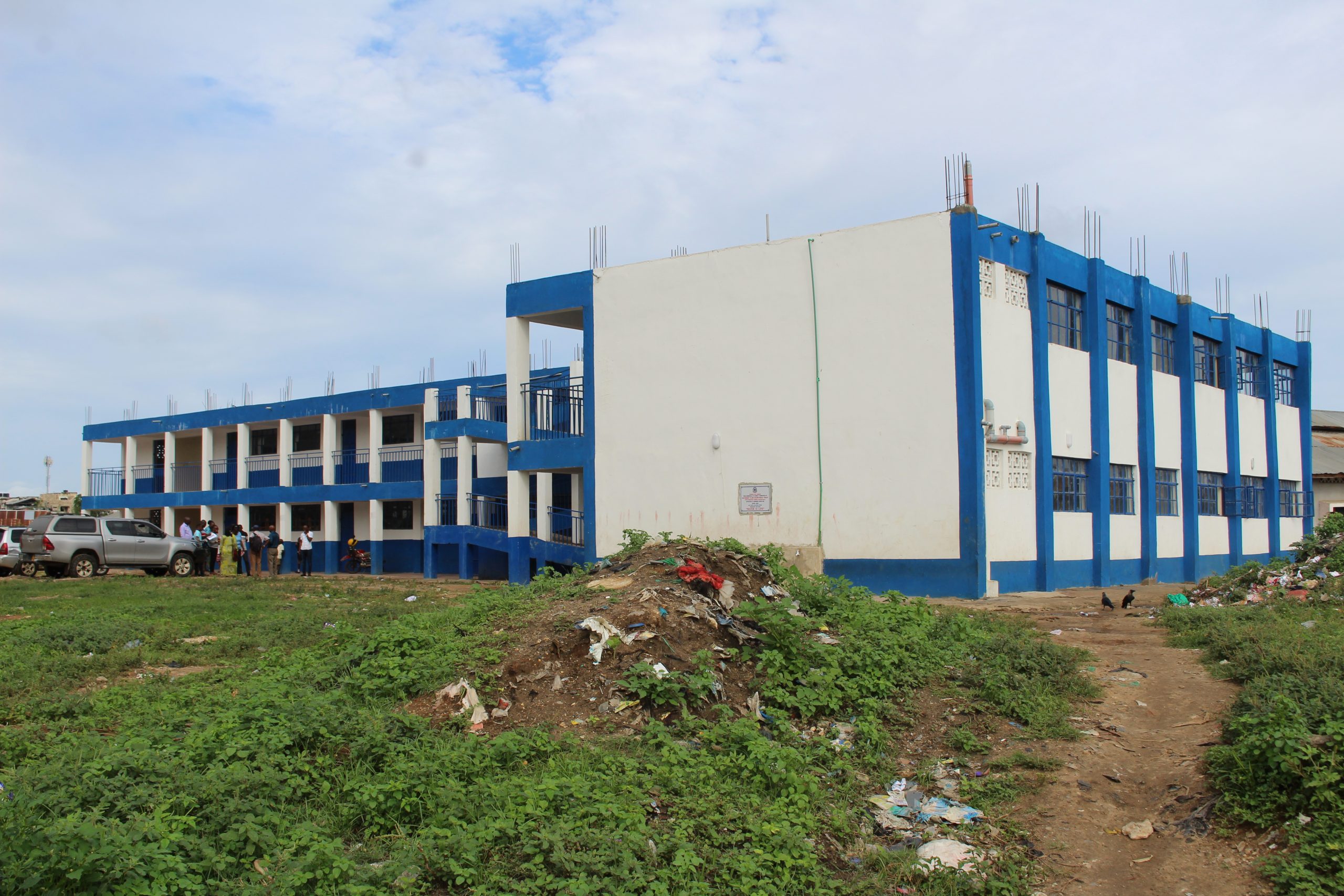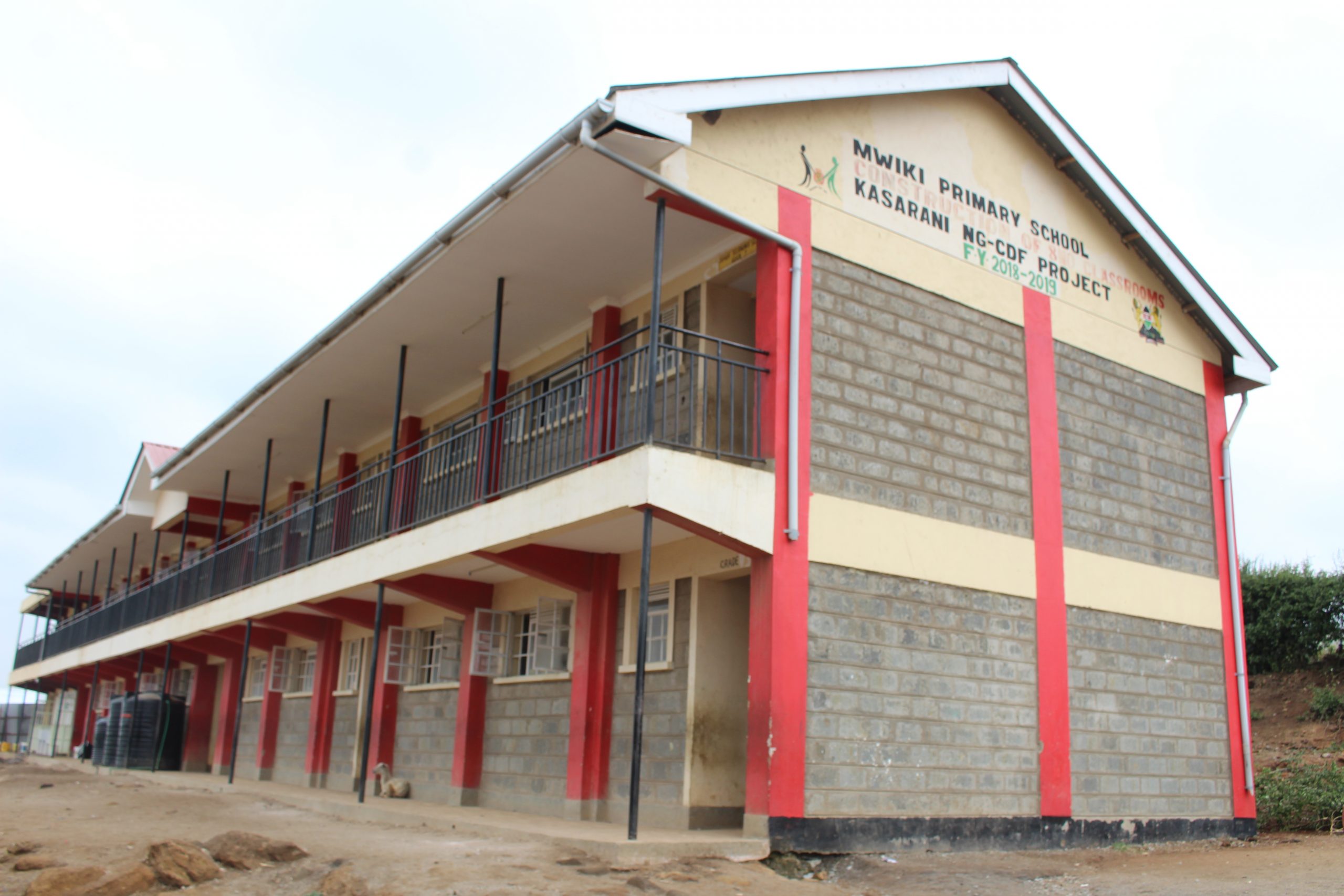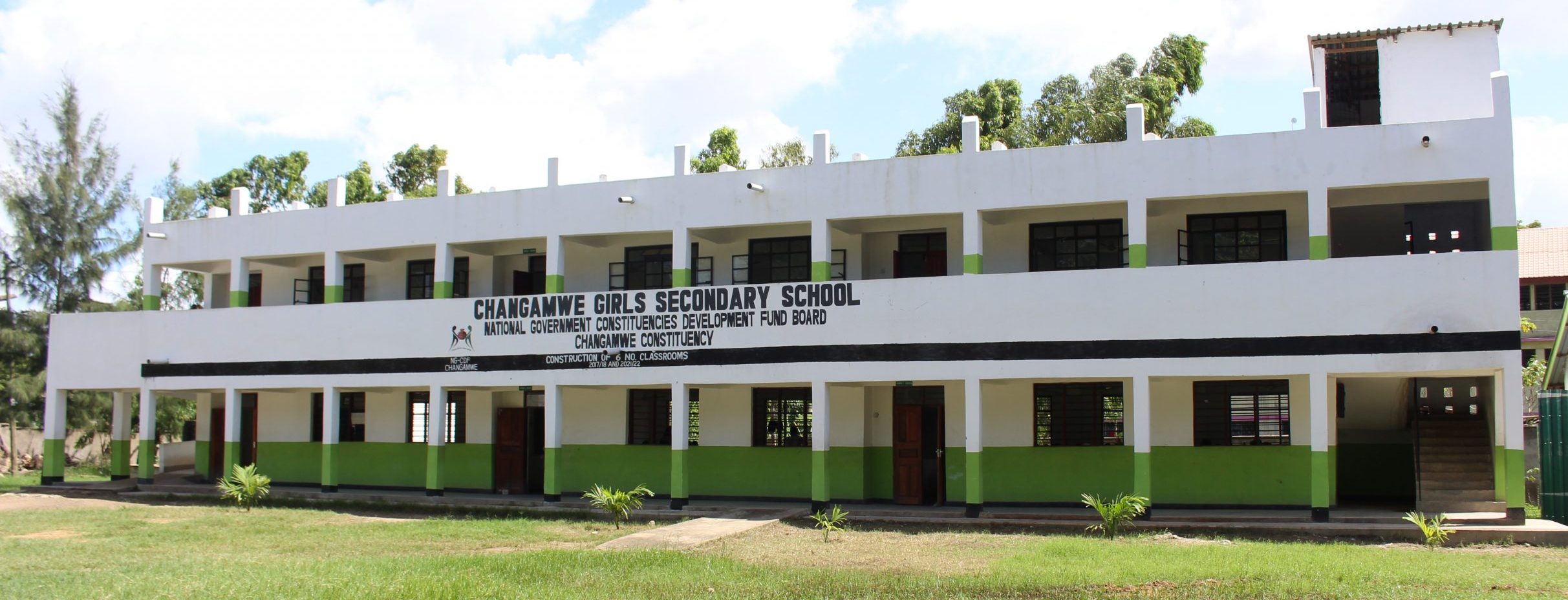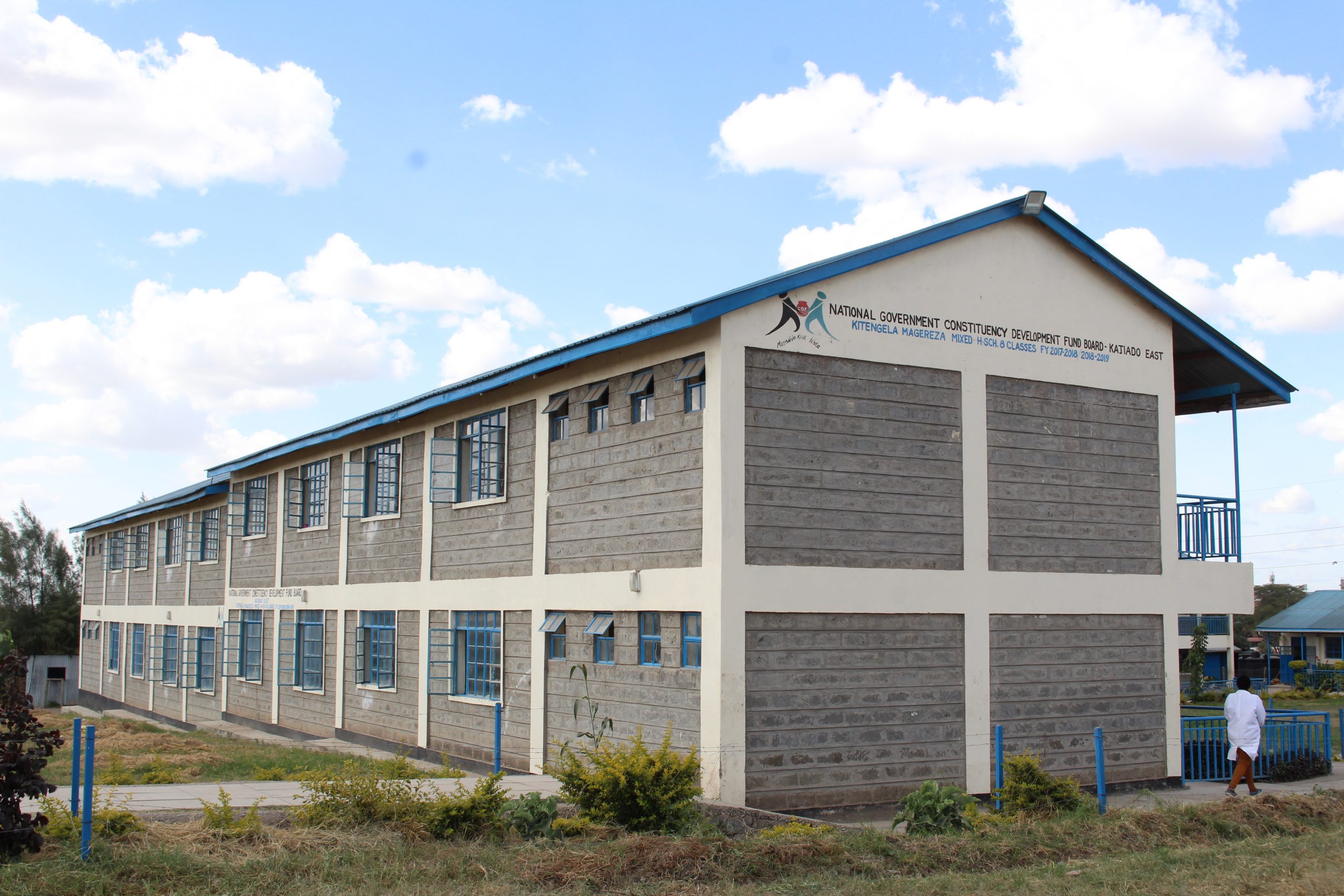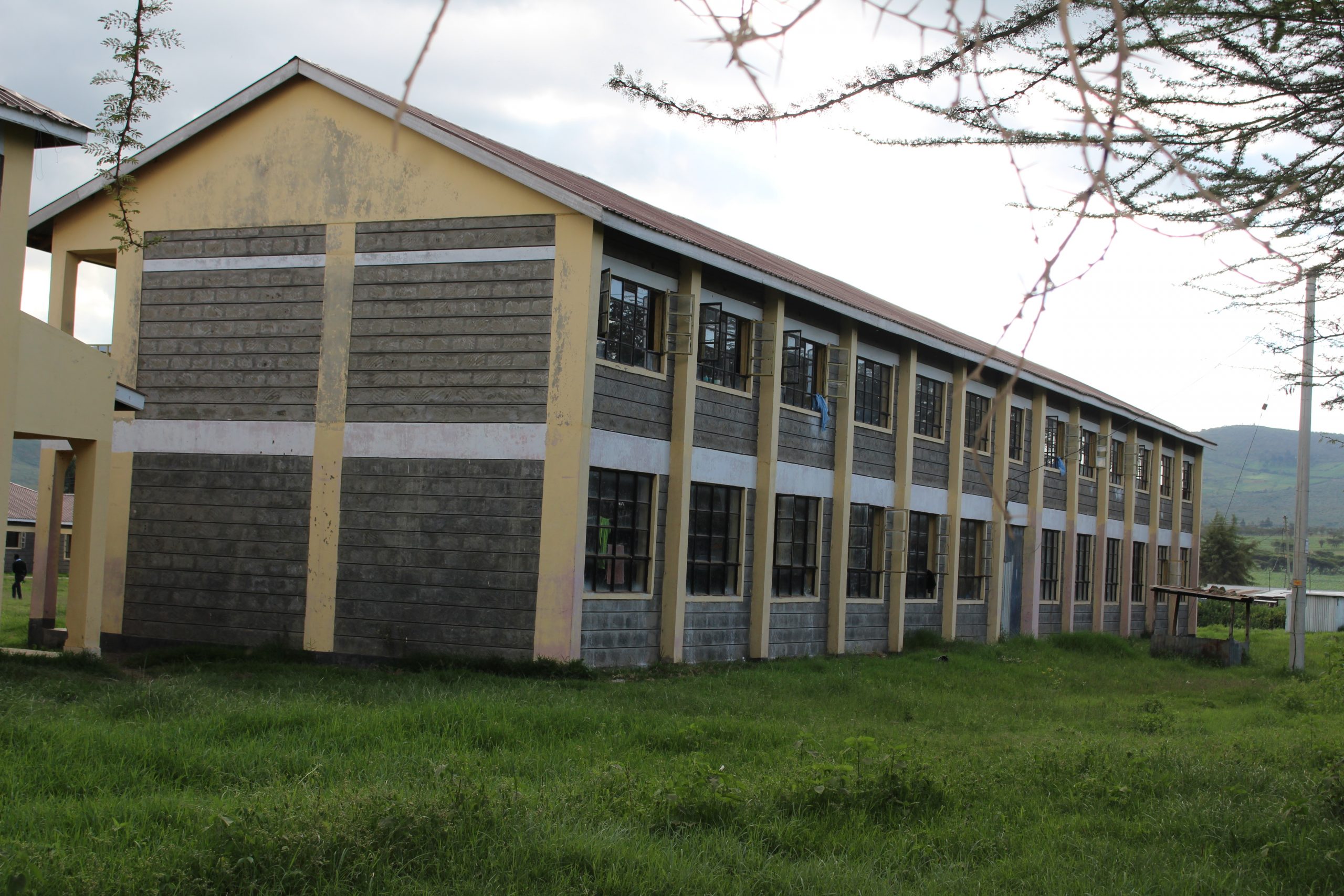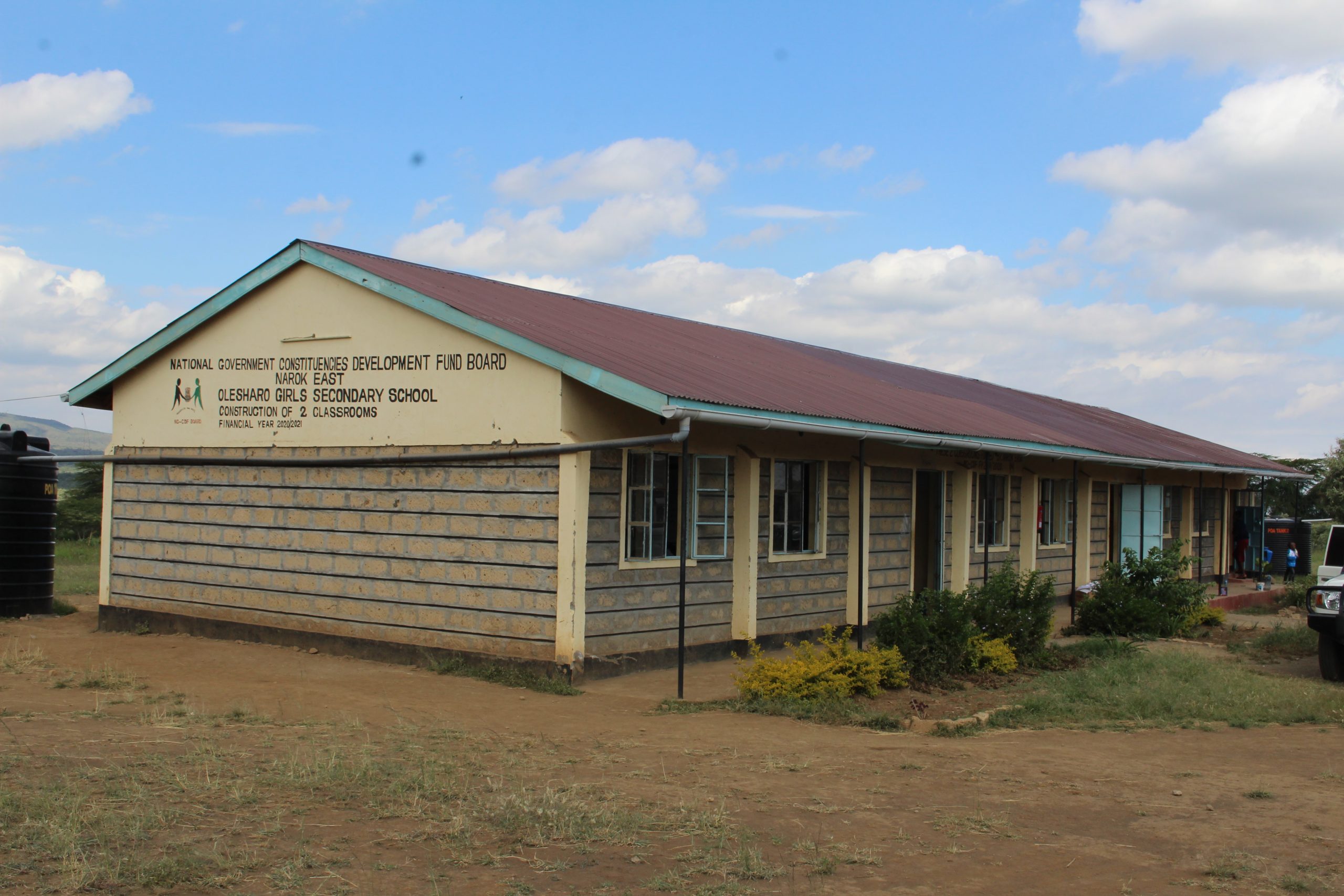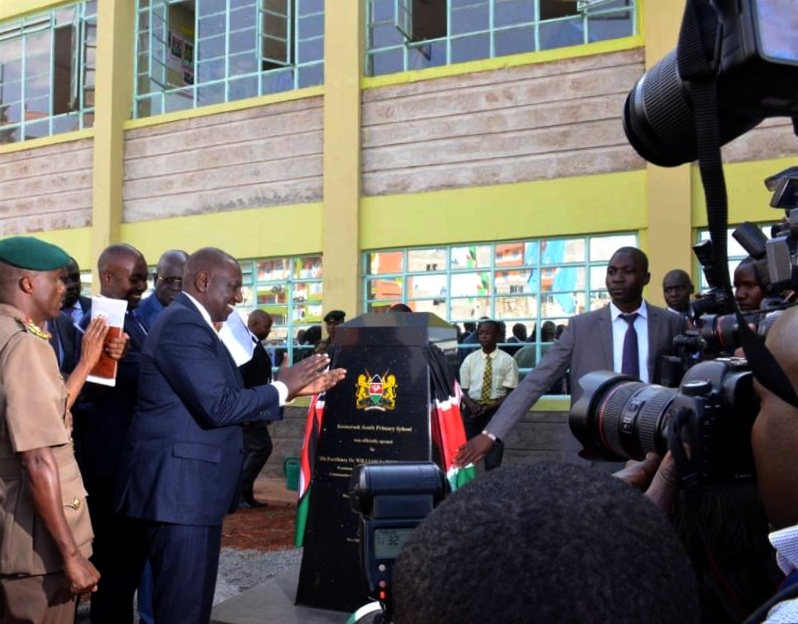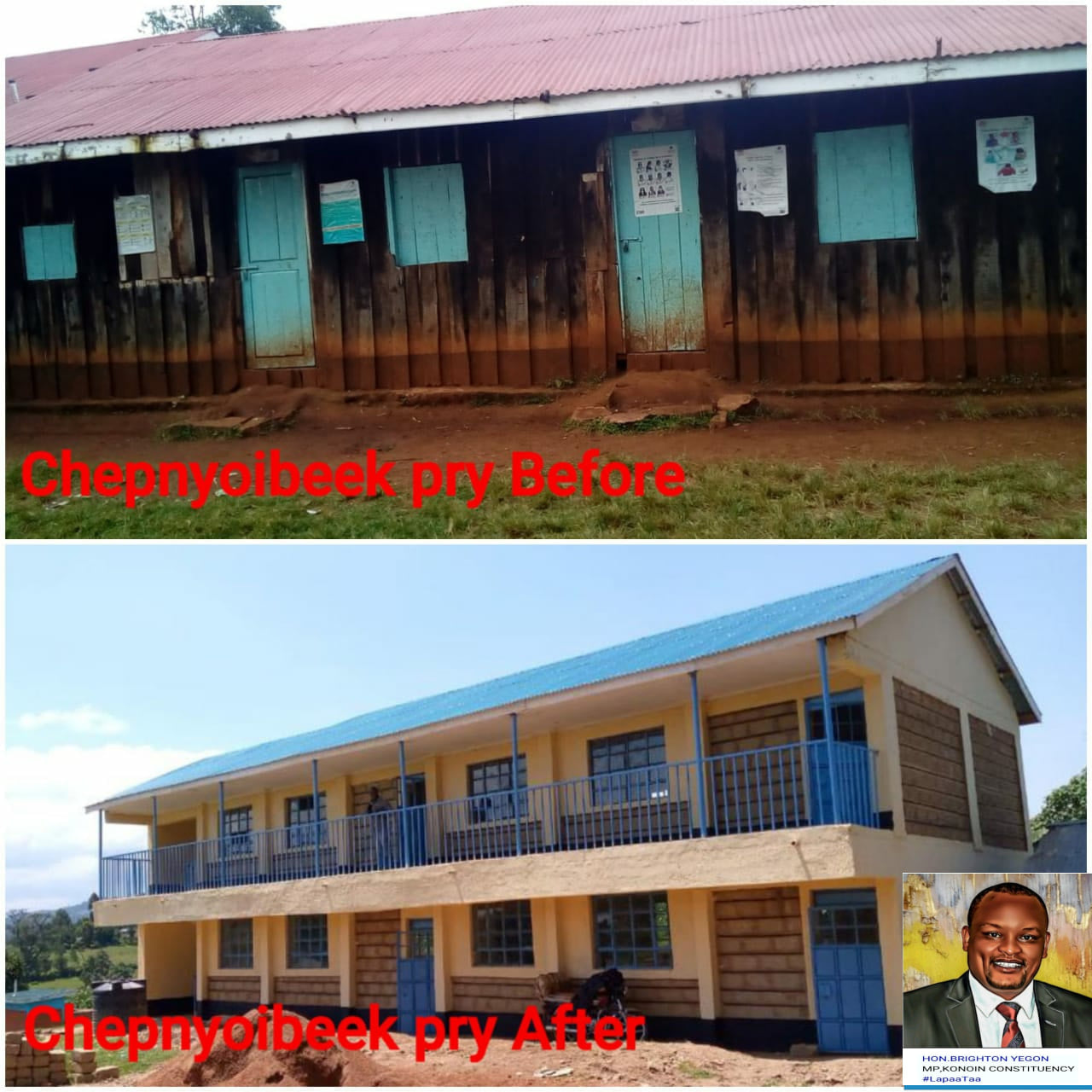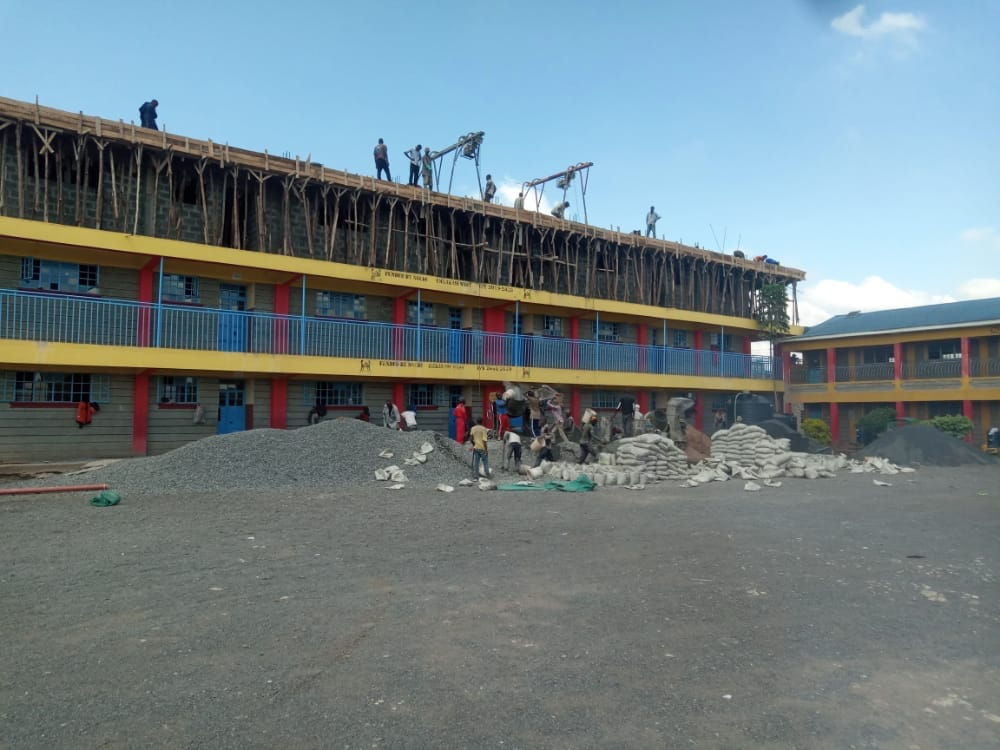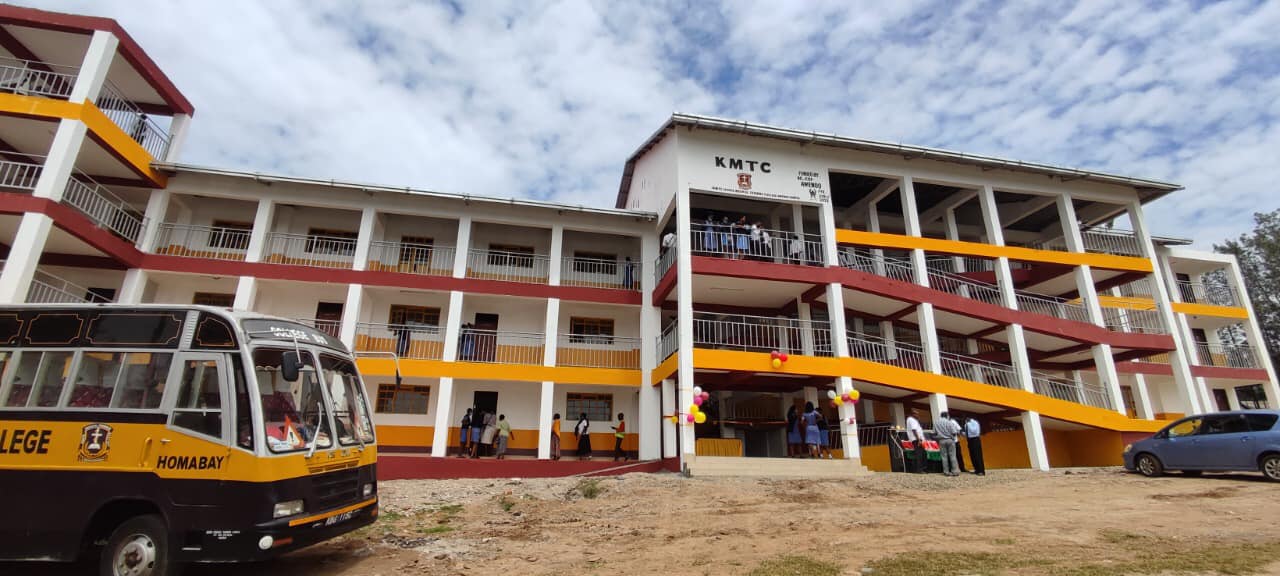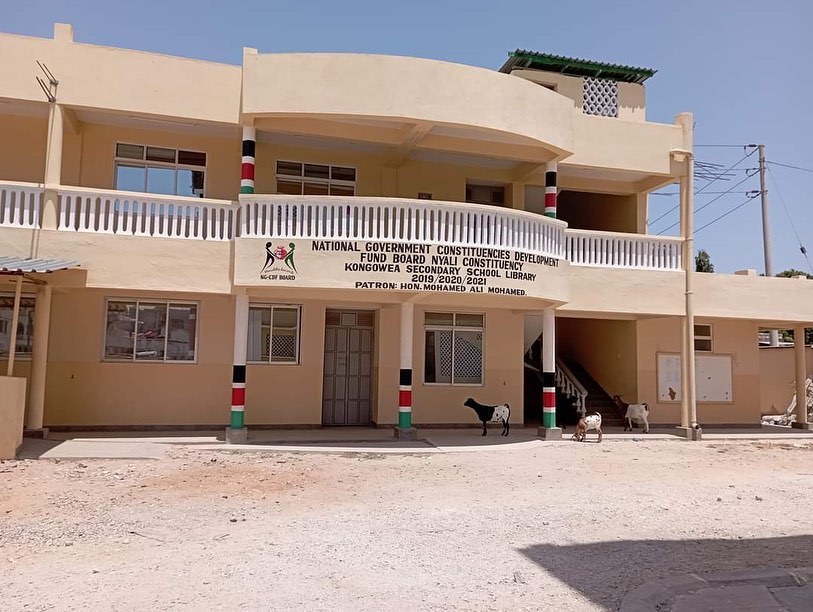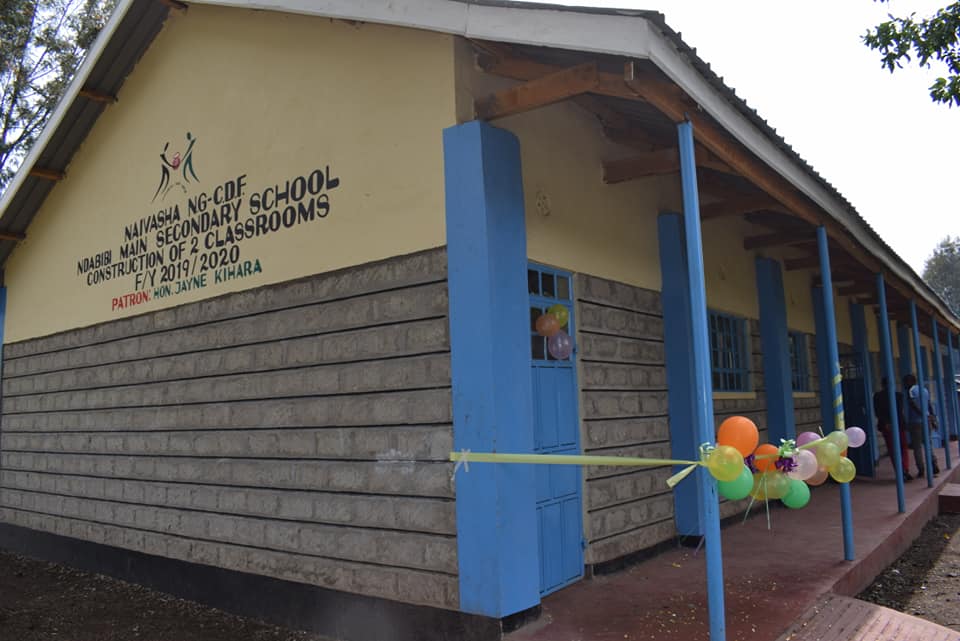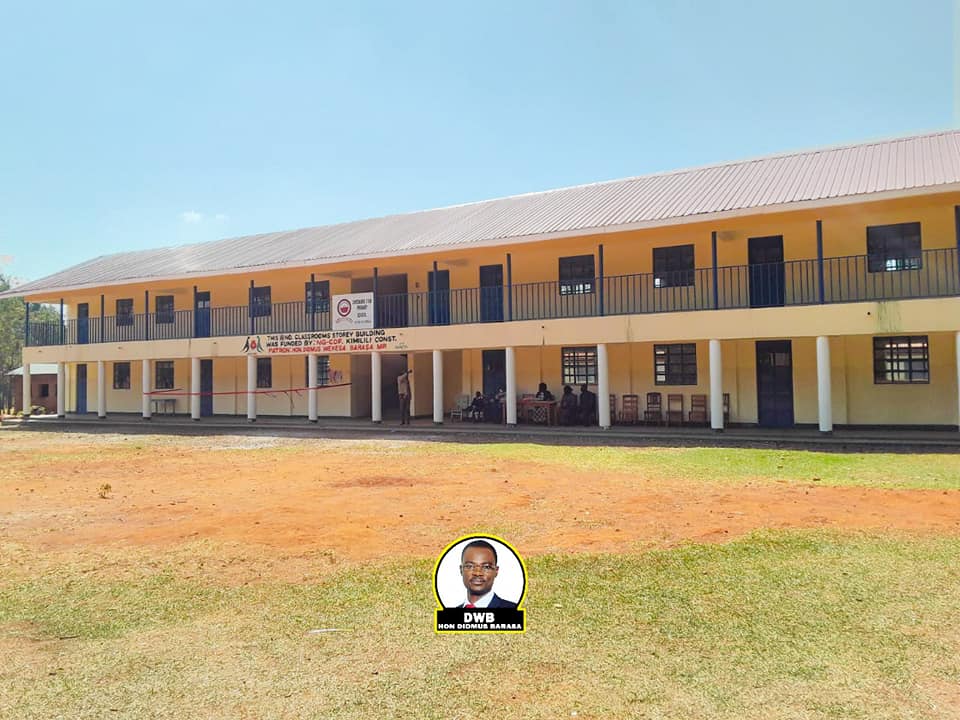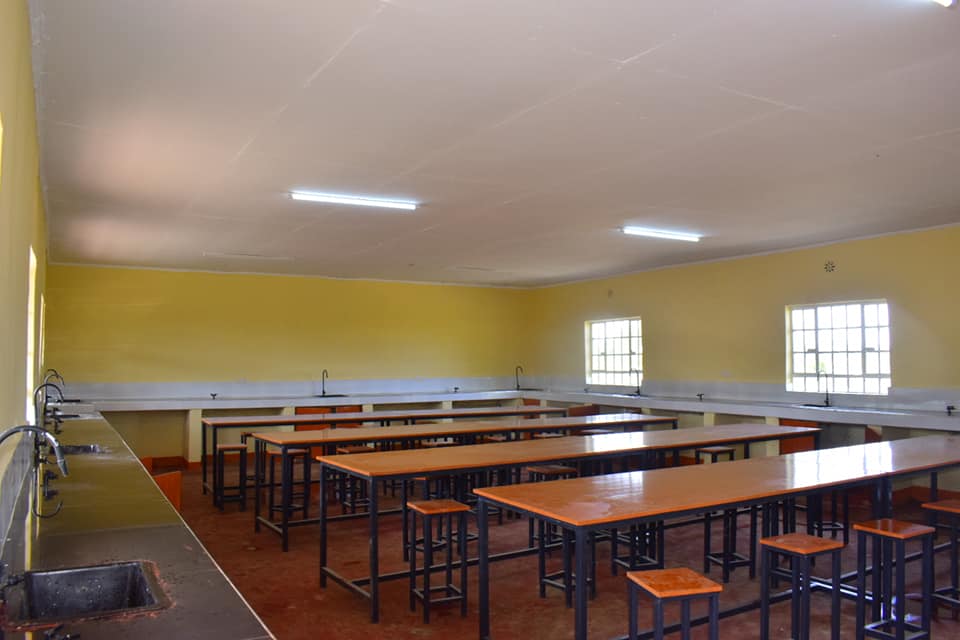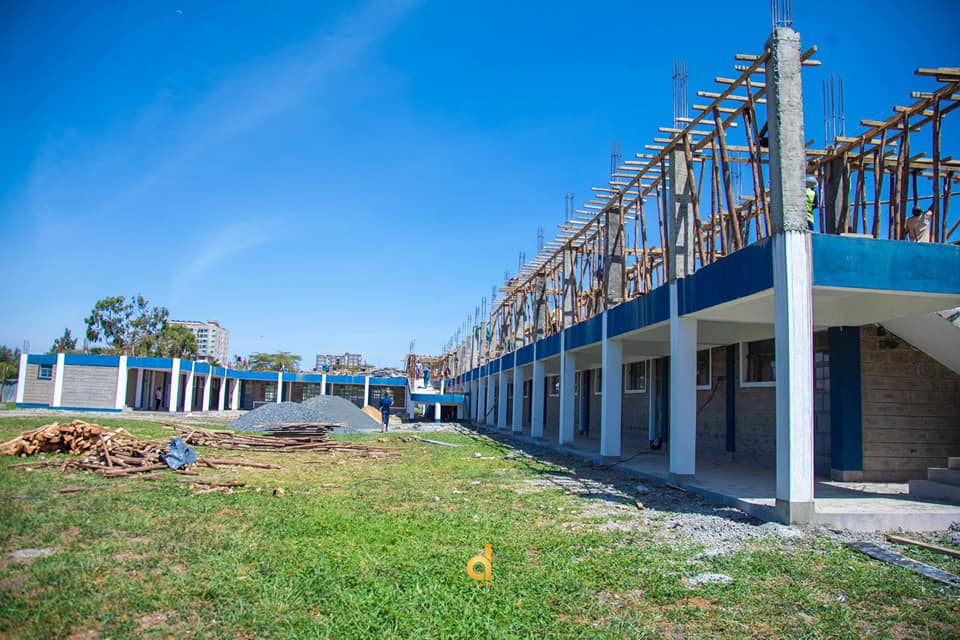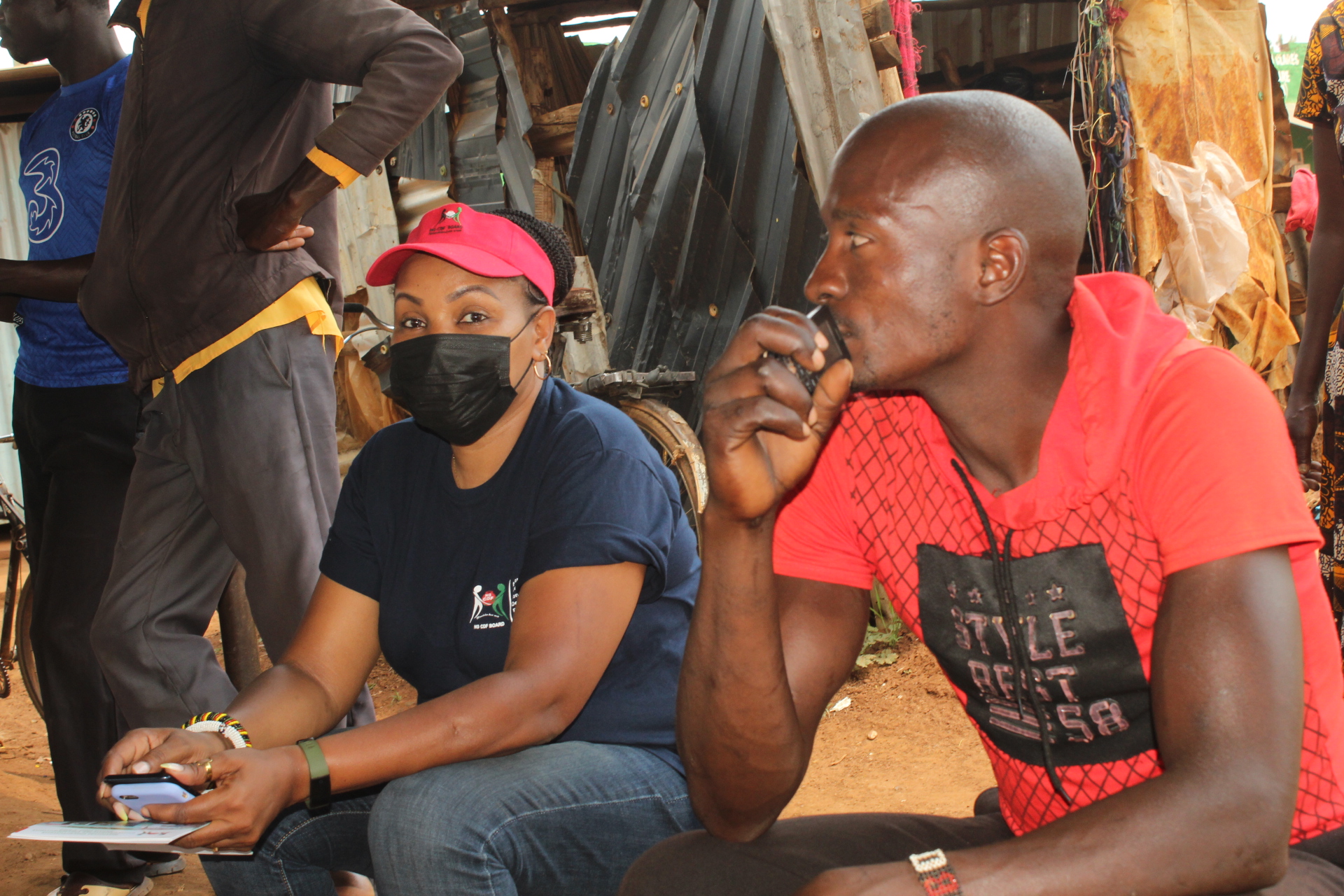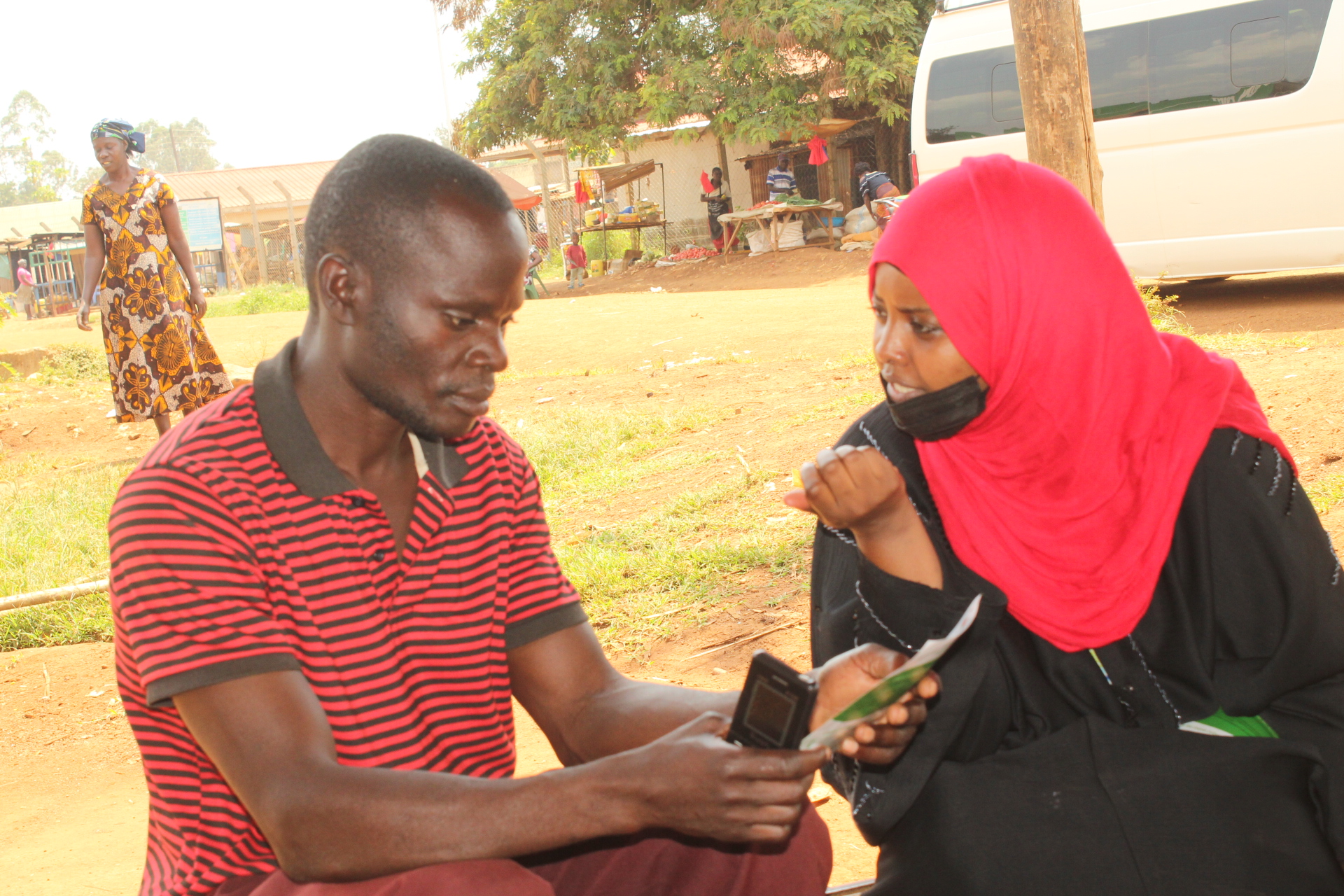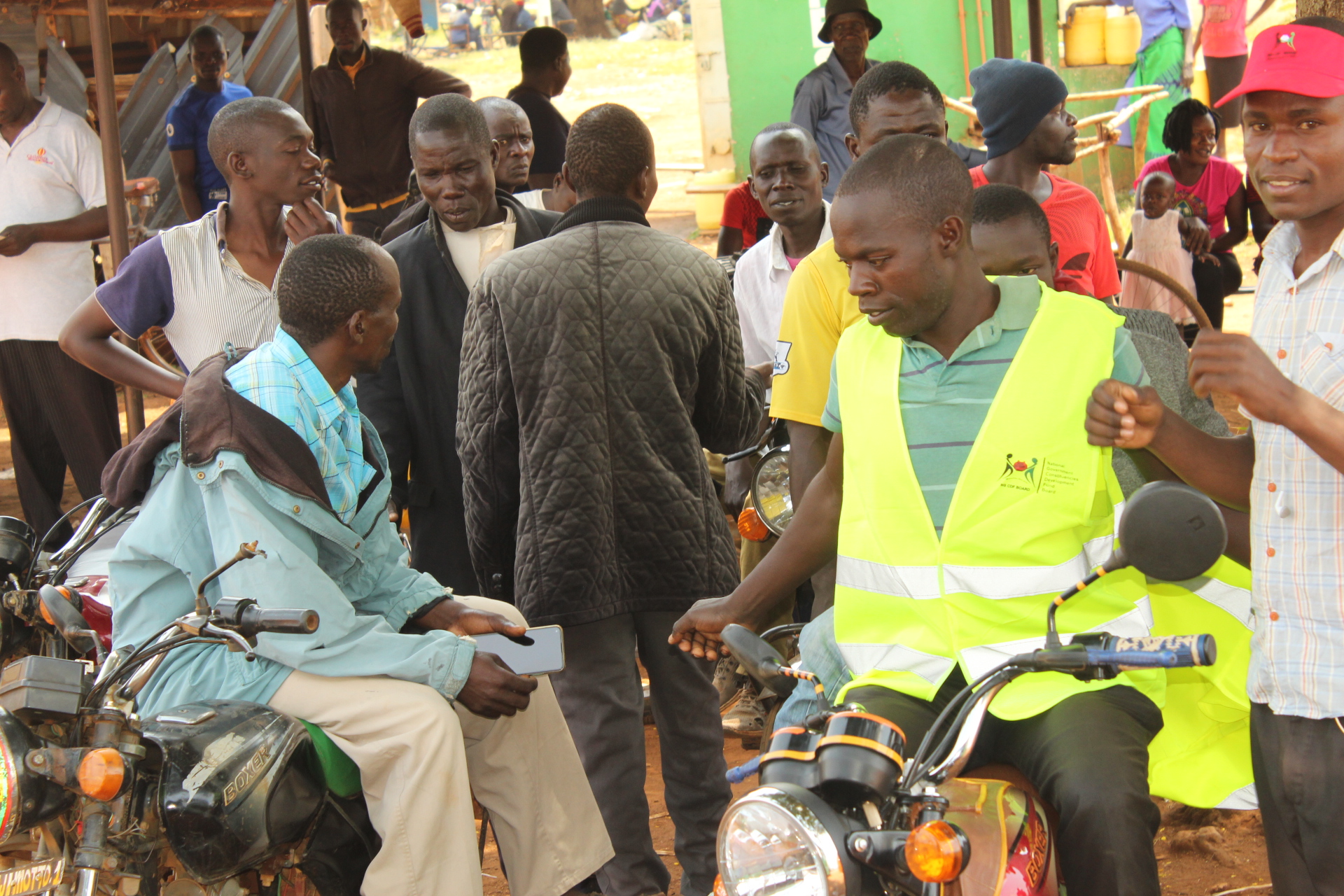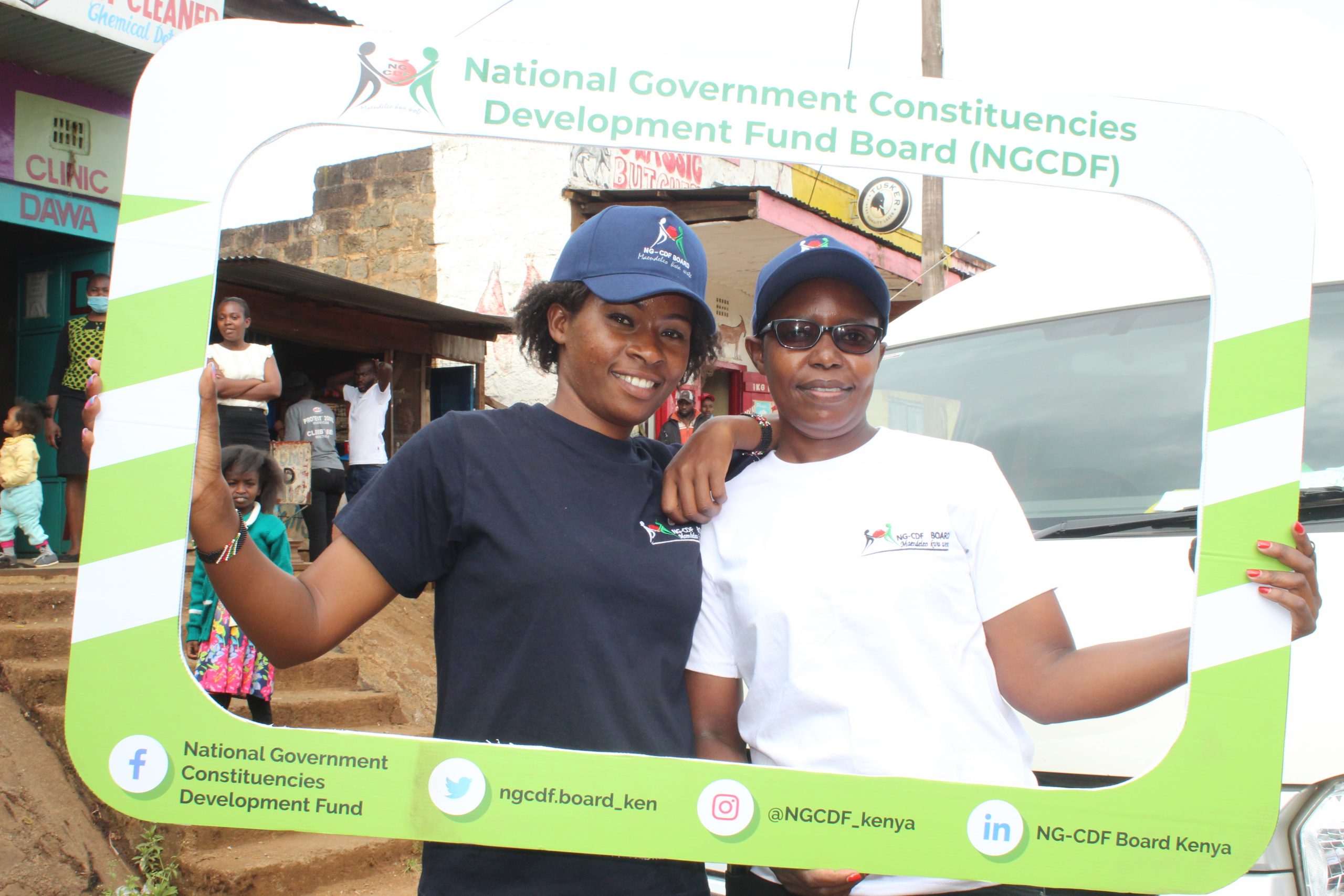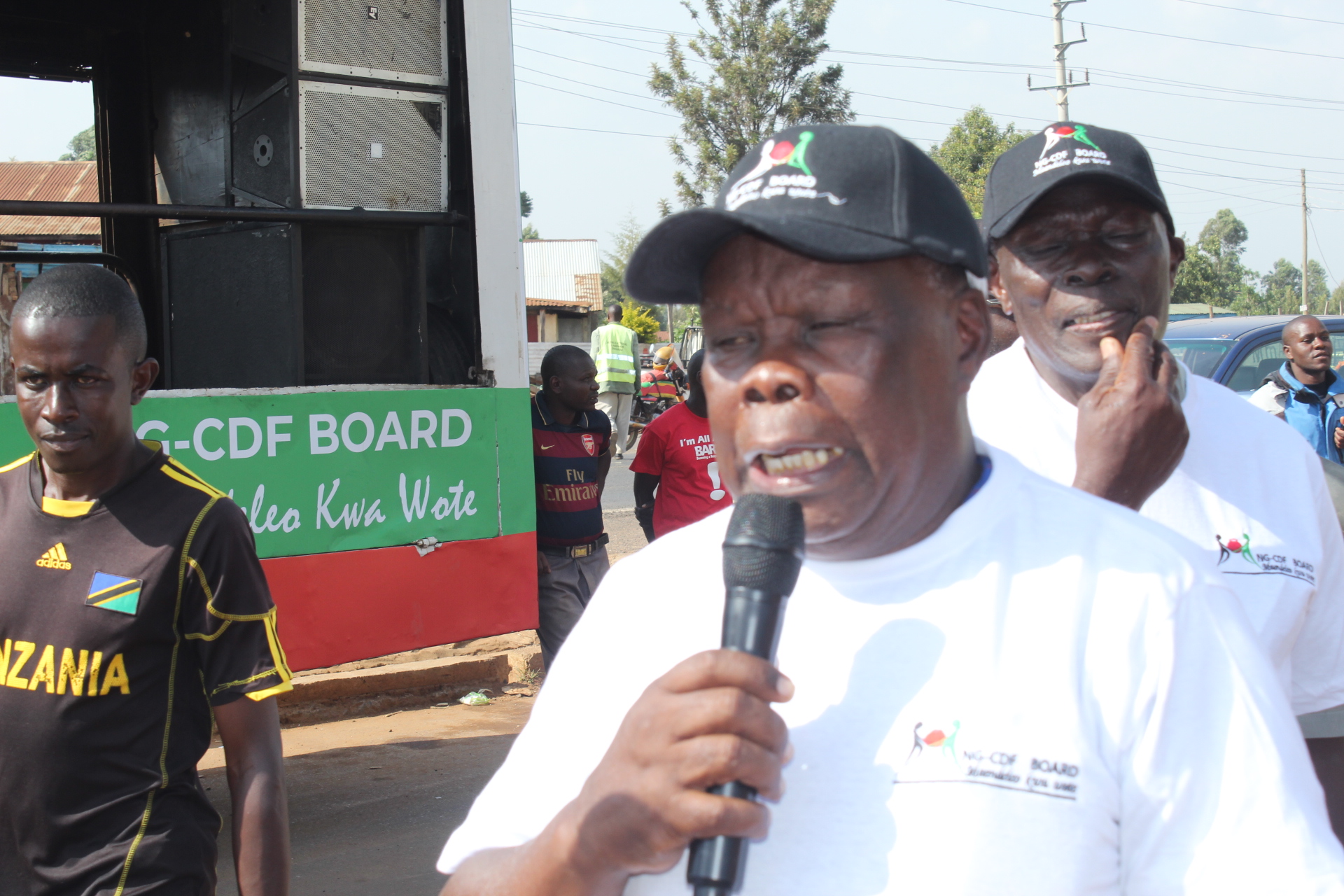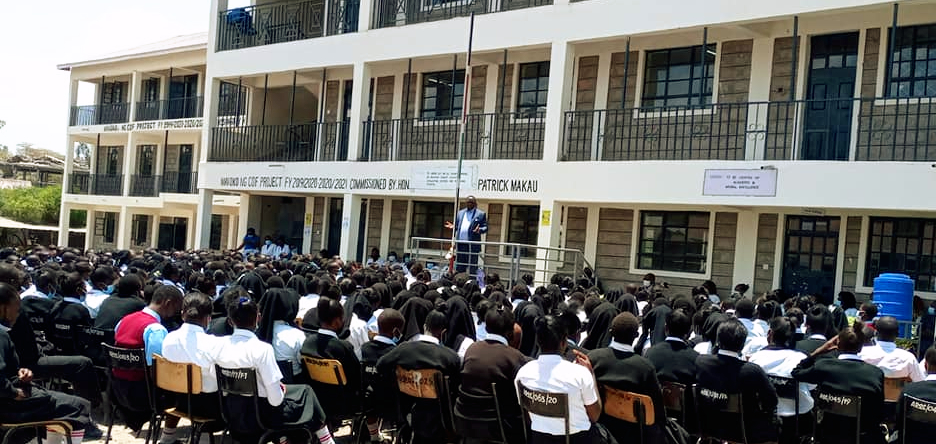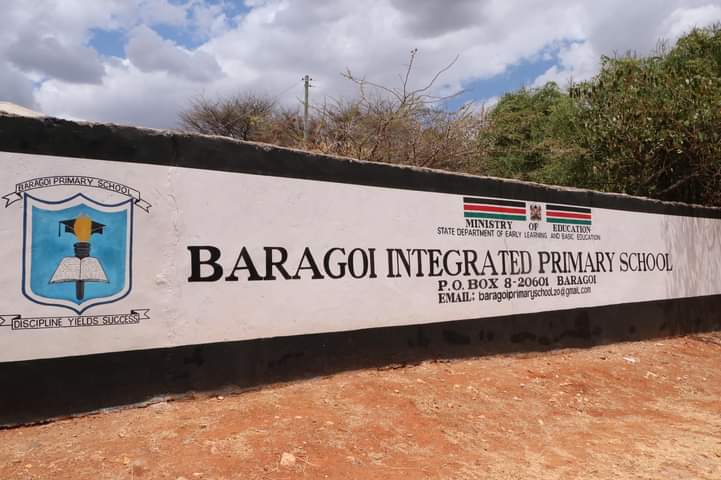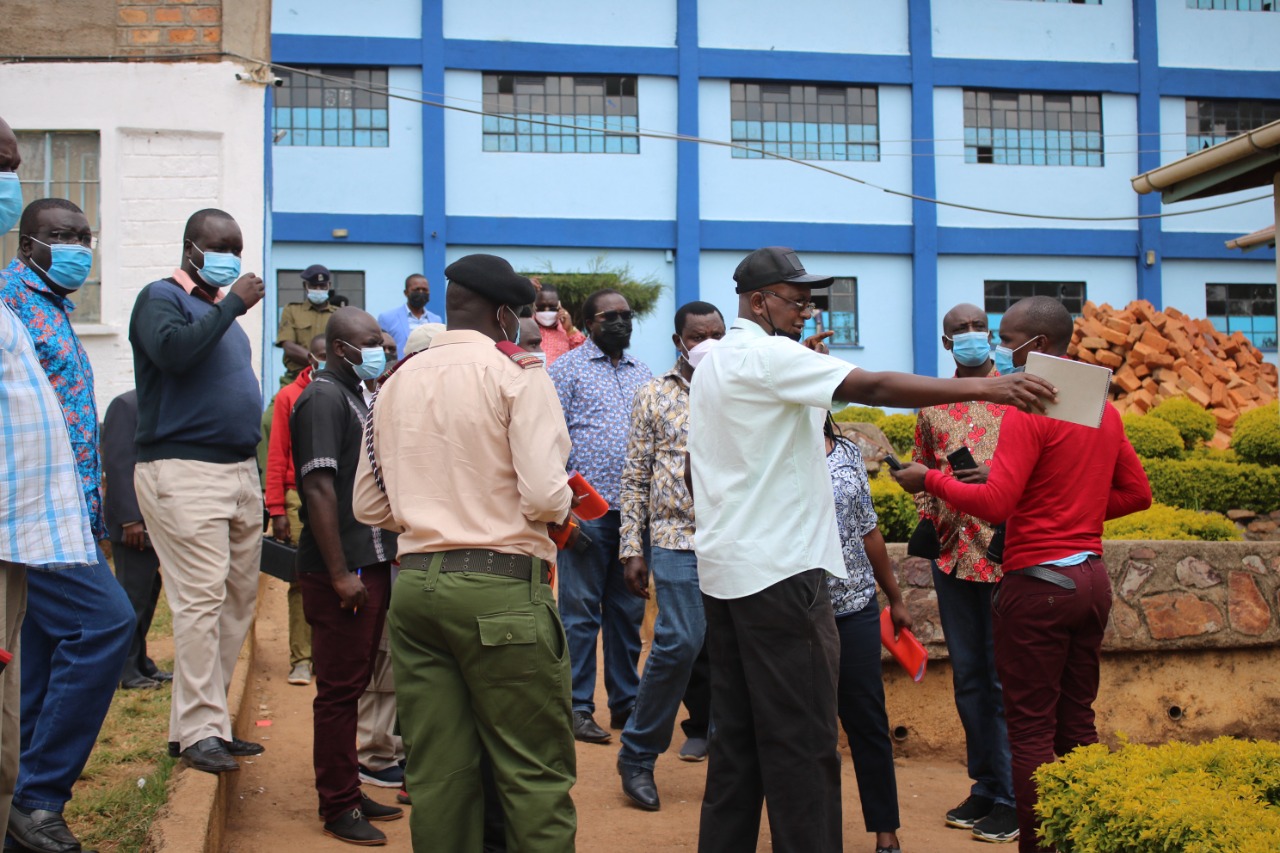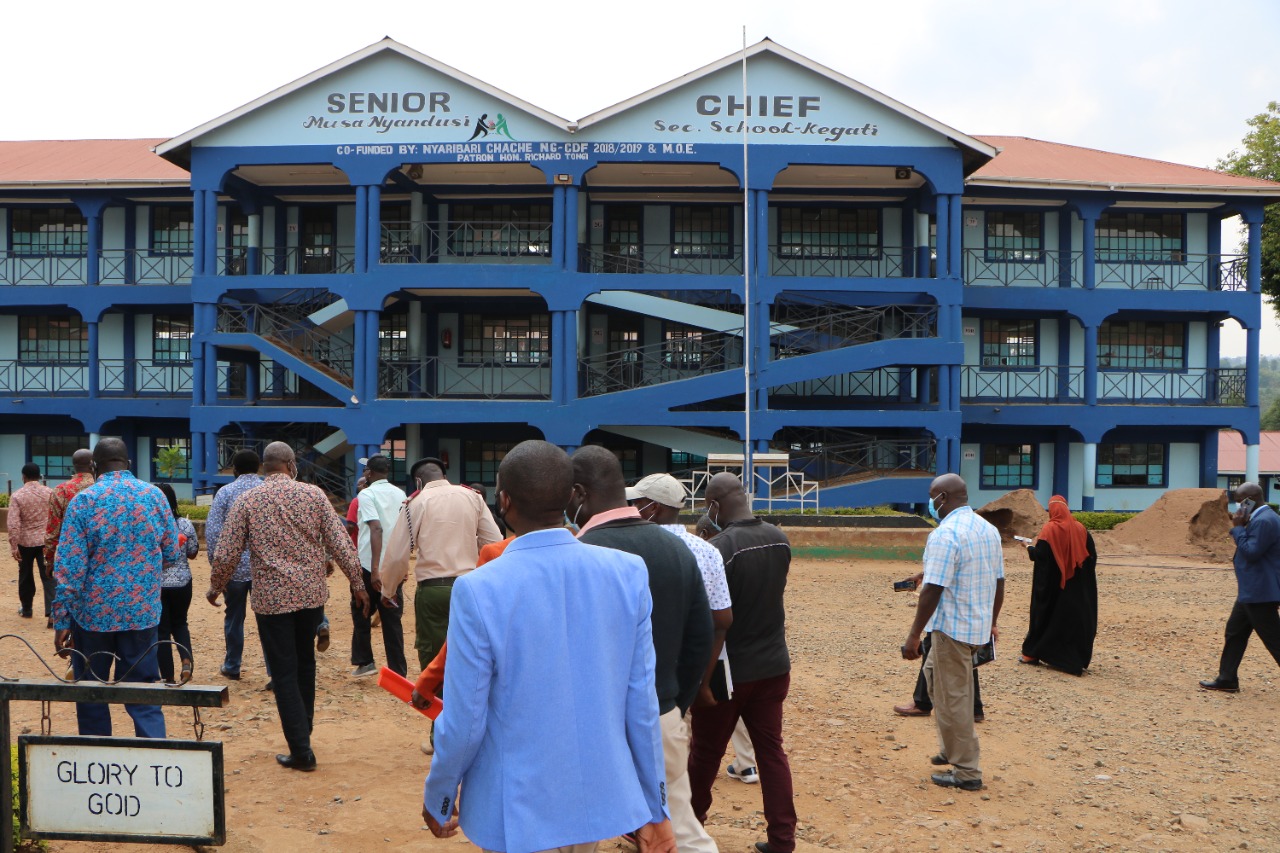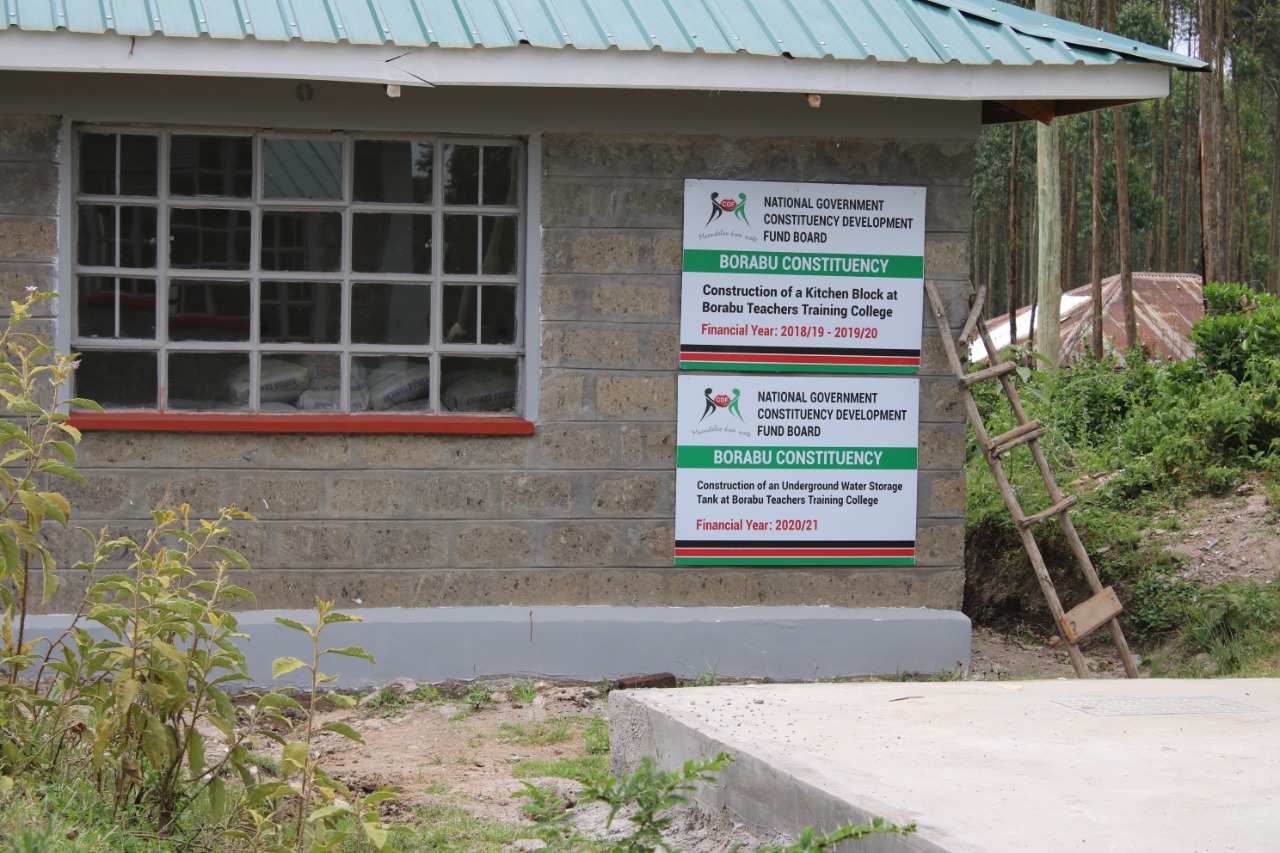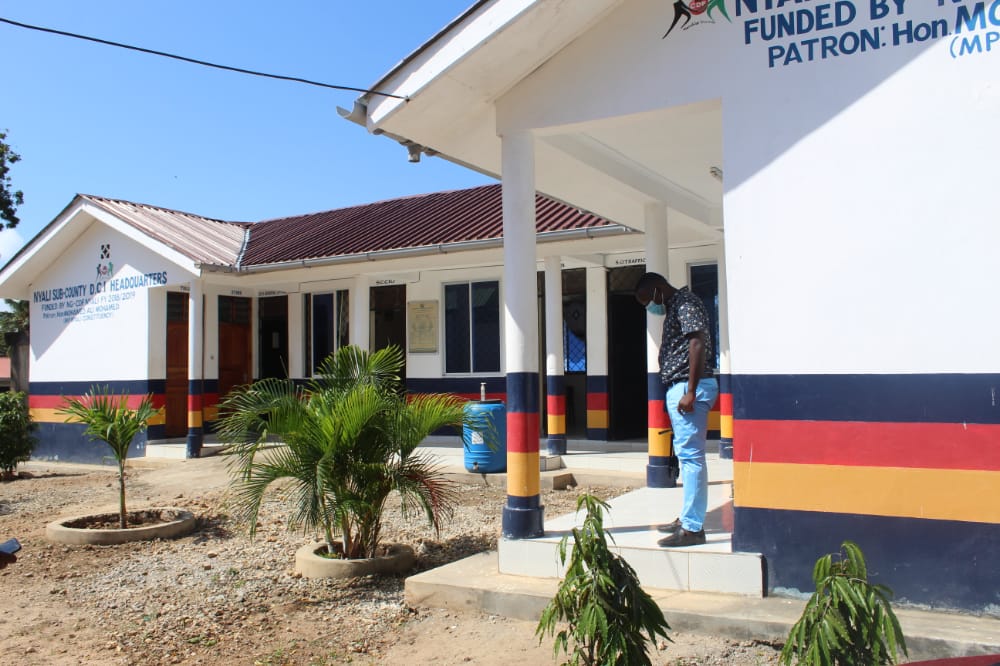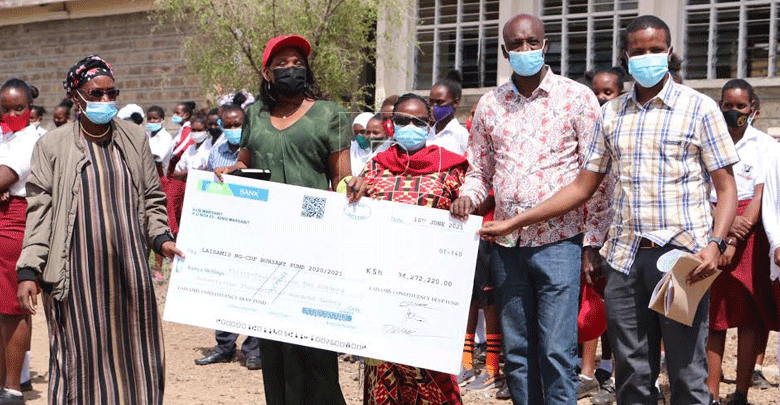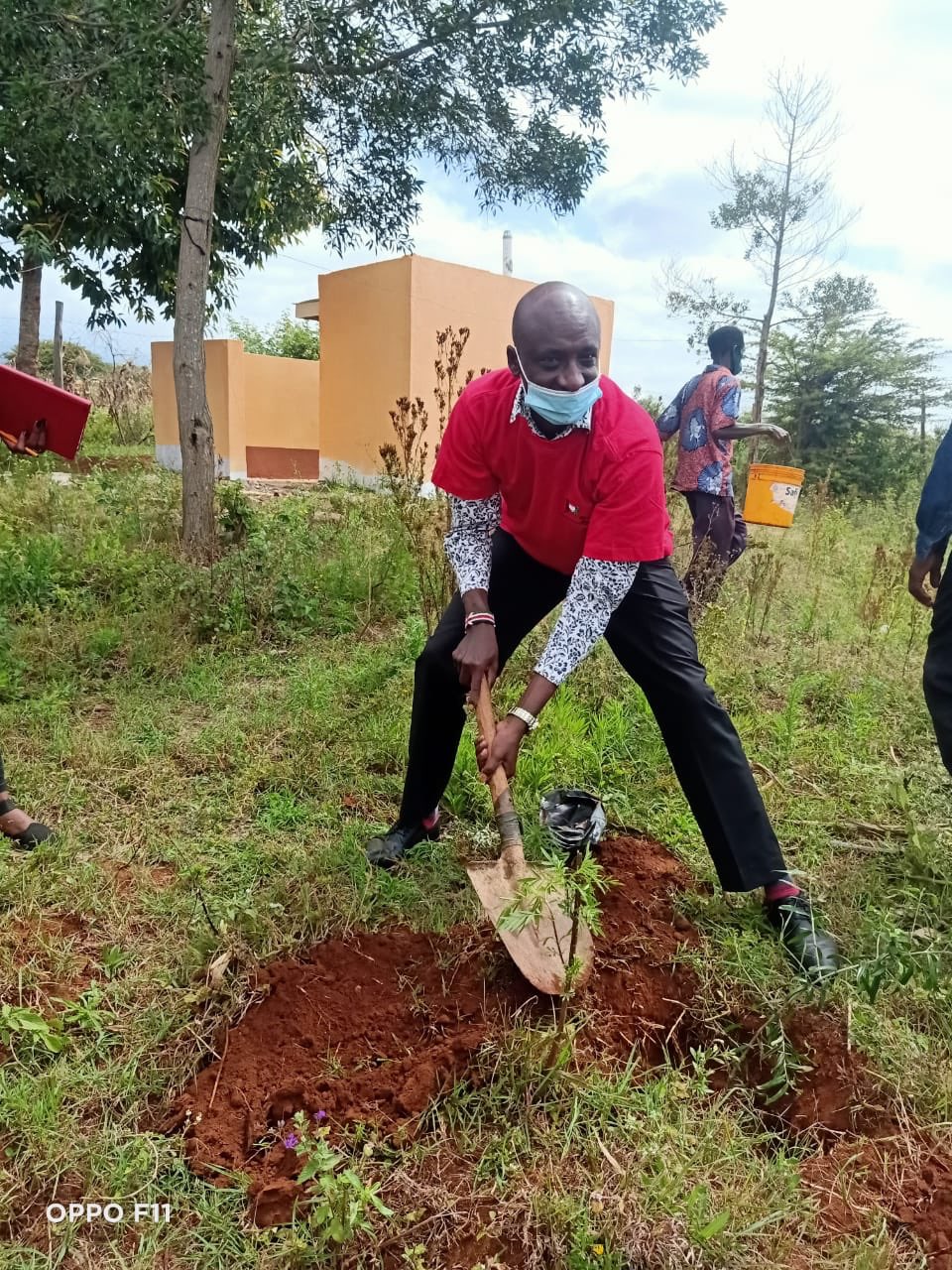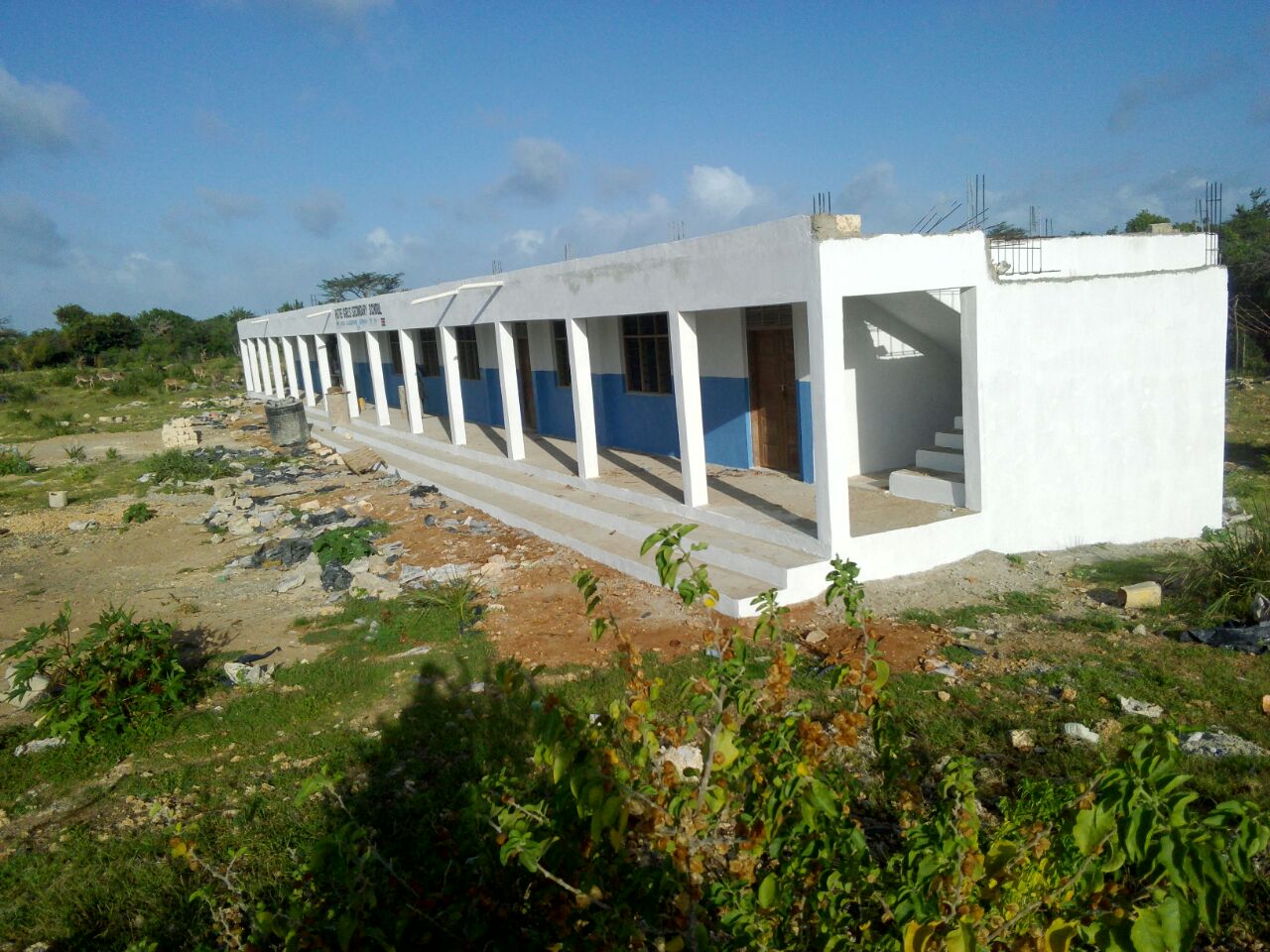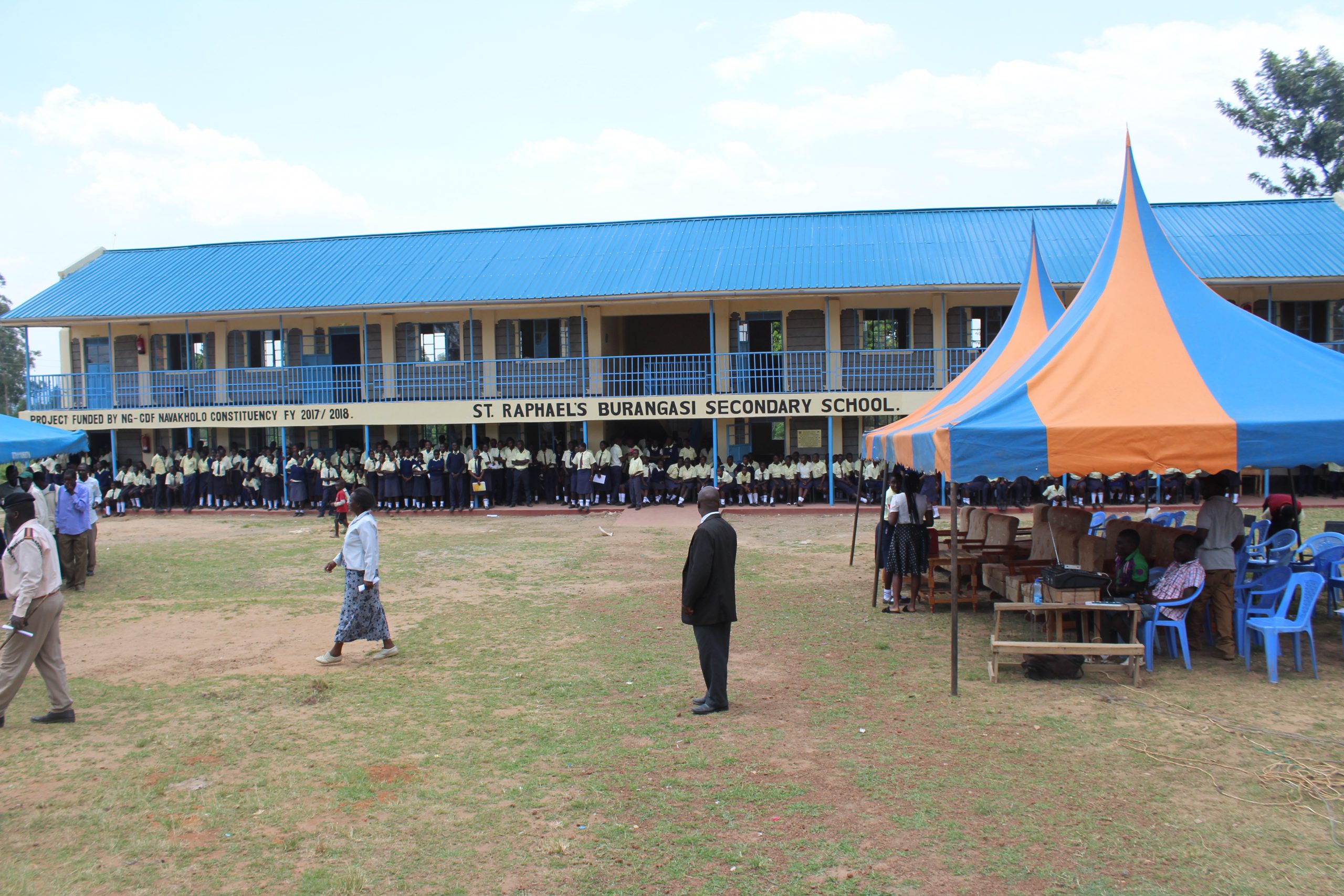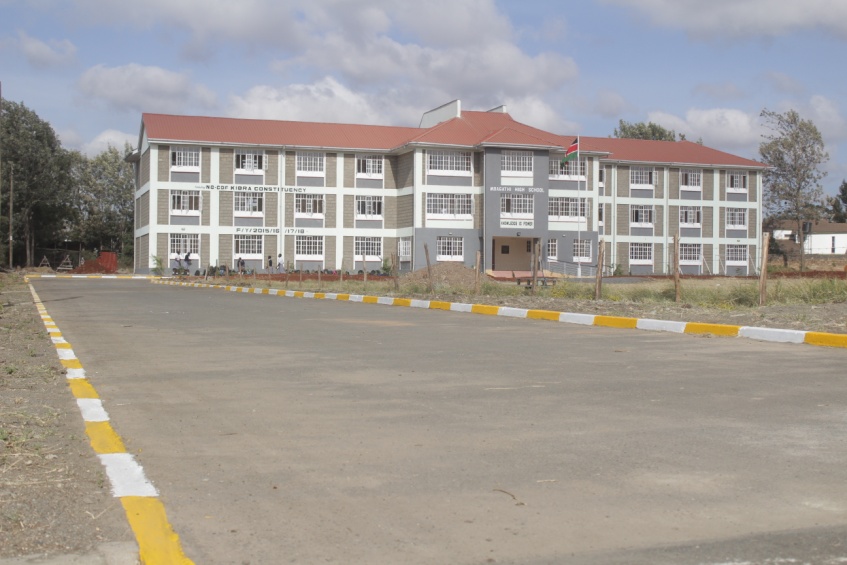- Vision,Mission & Core Values
- Establisment of the Fund
- Implementation structure
- Mandate & Functions of the Board
- Committees of the Board
- Our Service Charter
- Audit Structure
- Representation, Legislation and Oversight structure
- Eligible & Ineligible Projects
- Project Management Process
- Roles of Citizens
- Impact/Successes of the Fund
- NG-CDF Management Structure
- Management Team
- NG-CDF and Risk Management
- Complaint Process
Vision
Equitable socio-economic development coutrywide.
Mission
To Provide Leadership and Policy direction for effective and efficient management of the Fund.
Core Values
- Transparency and Accountability
- Professionalism and Integrity
- Commitment and Teamwork
- Neutrality and Objectivity
- Timeliness and Excellence
- Advocacy For Citizen Participation
Overview
The National Government Constituencies Development Fund (NGCDF) is established under the NG-CDF Act, 2015 as amended in 2016. The main purpose of the Fund is to address socio-economic development of the people at the constituency level in order to reduce poverty and enhance regional equity. The NG-CDF Act 2015 aligned the operations of the Fund to the new constitutional dispensation especially in terms of ensuring that the law strongly embraces the principles of participation of the people, separation of powers, and delineation of functions between National and County governments.
The Fund is domiciled within the ministry in charge of National Economic Policy & Planning, currently The National Treasury and Planning & Managed by The National Government CDF Board at the National level, the NG-CDF committees at the constituency level and the project Management Committees(PMC) at the constituency level.
Implementation Structure
- The Fund is managed by the National Government CDF Board at the National level, the NG-CDF committees at the constituency level and the Project Management Committees (PMC) at the community level
- The NG-CDF Board is a body corporate falling under the National Treasury and Planning. The Ministry ensures budgetary provisions and offers policy direction to the Fund
- The National Treasury finances the NG-CDF budgets and provides financial guidelines for effective and efficient management of the Fund
- The National Government CDF committees develops project proposals in consultation with wananchi through periodic ward level open forums, submits them to the NG-CDF Board for approval and facilitates the PMCs in the planning, implementation, and sustenance of the projects once completed
- The project Management committees and the NG-CDF committees collaborates for efficient project management through technical support of relevant government department within the sub-county
COMMITTEES OF THE BOARD
Audit Committee
Conventionally, it was noted and resolved that the Internal Audit Department shall report to the Board through this committee.
Terms of Reference (ToRs)
It was resolved that the committee’s ToRs would include the following:
- Report to the Board on Committee activities, emerging issues and recommendations thereto;
- Consider, deliberate, guide and make recommendations to the Board on reports presented to the Committee;
- Provide an open avenue of communication between Internal Audit, the External Auditors and the Board;
- Consider the effectiveness of the Board`s internal control system;
- Conduct or authorize investigations into any matter within its scope of responsibility;
- Review risk management structures, processes and compliance and provide assurance to the Board;
- Ensure maintenance of accountability, high audit standards and proper development and supervision of staff in the Organization;
- Deliberate and make appropriate recommendations on governance matters affecting the Board.
Finance, Human Resource & Administration Committee
It was determined that the following departments/division shall report to the Board through this committee:
- Finance;
- Human Resource and Administration; and
- Procurement.
Terms of Reference (ToRs)
It was resolved that the Committee ToRs would include the following:
- Finance
- Review the priority financial needs for the Organization;
- Review and monitor Corporation’s performance against financial benchmarks established by the Board in compliance with statutory requirements;
- Receive, review and advice the Board on Corporation’s annual budget;
- Authorize on an annual basis, expenditure against Corporation’s annual work plan developed in accordance with the projections of the yearly performance contract;
- Review quarterly financial reports and, where appropriate, provide advice to the Board on the their implication;
- Advice the Board on the control, supervision and administration of the assets of the Organization;
- Consider and make appropriate recommendations to the Board on matters having significant financial impact on the Organization;
- Review and recommend for approval of the Board, financial policies and procedures formulated by the Management;
- Review and recommend for approval of the Board, estimates of the income and expenditure of the Organization for the ensuing financial year;
- Review quarterly, annual and other statutory financial estimates/statements and recommend for their forwarding to the Treasury and National Assembly;
- Advise the Management in overseeing the implementation of the Corporation’s Financial/Accounting Regulations and procedures; and
- Ensure that financial/accounting regulations are in place as required by the law.
- Deliberate and make appropriate recommendations on governance matters affecting the Board.
Human Resources & Administration
- Consider matters relating to Human Resource Policies and Procedures;
- Consider reports on Recruitment of Staff and where necessary undertake preliminary screening of candidates (heads of departments) and participate in actual recruiting process, as it may be necessary and as provided by Human Resource Procedure Manual;
- Recommend to the Board on renewal of contracts for employees and other related matters, as appropriate;
- Recommend to the Board on approval of training plans and capacity building for staff;
- Undertake and consider management reports on staff disciplinary matters and make appropriate recommendations to the Board;
- Make recommendations to the Board on appointment of Corporation’s senior officers;
- Evaluate disciplinary cases of senior officers of the Board;
- Review and promote employment equity, skills development and succession planning;
- Any other policy matter that may arise in relation to HR & Administration; and
- Deliberate and make appropriate recommendations on governance matters affecting the Board.
Procurement
- To consider and recommend to the Board approval of the Annual Procurement Plan;
- Consider and recommend to the Board on all procurement and assets disposal planning;
- Advise on capacity building on NG-CDFC on procurement matter to the constituencies including issuance of applicable circulars and guidelines;
- Monitor on proper inventory and asset management; and
- Deliberate and make appropriate recommendations on governance matters affecting the Board.
- Programs, Risk and Performance Management Committee
It was determined that the following departments/division shall report to the Board through this committee:
- Programs & Field Coordination;
- Corporate Planning and Strategy; and
- Risk Management.
Terms of Reference (ToRs)
It was resolved that the Committee ToRs would include the following:
Programms
- Consider project proposals submitted from various constituencies in accordance with the Act and recommending to the Board for approval and funding;
- Undertake monitoring of projects, deliberate on findings and table report and recommendations to the Board;
- Recommend to the Board on issuance of policy guidelines to constituencies on pertinent project matters and make follow up;
- Advise the Board on strategies to be adopted for showcasing best practices in the implementation of projects;
- Recommend to the Board on capacity building for NG-CDFCs and other stakeholders;
- Consider any other technical matter referred to Committee by the Board; and
- Deliberate and make appropriate recommendations on governance matters affecting the Board.
Corporate Planning and Strategy (CPS)
- Guide in development, implementation, monitor and review of Corporation’s strategic plan;
- Ensure a performance system that is linked to Corporation’s mandate and aligned to national development plans and sector performance standards;
- Review and guide the management in setting performance targets that will form basis of performance contract approval and evaluation;
- Participate in evaluation of Organization’s annual performance contract;
- Vet Organization’s annual work plan;
- Review implementation of policies, strategies and plans and make appropriate recommendations to the Board;
- Ensure up to date data and statistics of Corporation’s key operations; and
- Deliberate and make appropriate recommendations on governance matters affecting the Board.
Risk
- Ensure Enterprise Risk Management (ERM) processes and culture are embedded throughout the organization including effectiveness of risk identification and management, and compliance with internal guidelines and external requirements;
- Ensure development of a policy on risk management and the risk management framework;
- Delegate to the management the responsibility to implement the risk management plan;
- Ensure that the implementation of the ERM Framework is occurring in a systematic, timely and effective manner;
- Review, monitor, interrogate and report to the Board on the risk management information, with particular reference to the set tolerance and appetite levels;
- Review the implementation of the risk management framework on a quarterly basis;
- Receive assurance from Management that the risk management framework is integrated in the daily activities of the organization;
- Escalate critical risks to the Board, as required; and
- Deliberate and make appropriate recommendations on governance matters affecting the Board.
Governance, Complaints and Publicity Committee
It was determined that the following departments/division shall report to the Board through this committee:
- Legal;
- Corporate Communication; and
- ICT
It was resolved that the Committee ToRs would include the following:
Complaints
- Review and make appropriate recommendations on all governance matters affecting the Corporation;
- Address complaints that may arise from the implementation of the Act;
- Analyze complaints raised by the public, media and other NG-CDF stakeholders and make appropriate recommendations to the Board;
- Resolve emerging disputes from the constituencies and advise the Board accordingly.
- Receive reports on the implementation of the Act and Regulations and make appropriate recommendations to the Board.
Corporate Communication
- Boosting public awareness on NG-CDF and especially the public expected role in the fund management;
- Enhancing positive NG-CDF image by routinely updating the public on the activities of NG-CDF vis-à-vis its set objectives;
- Profile NG-CDF Board in the media;
- Develop strong links with the media;
- Position NG-CDF Board as a reliable source of information on Constituencies or national development matters;
- Providing direction on the communications strategic planning process;
- Review and make recommendations to the Board on NG-CDF communications needs and priorities through appropriate consultation;
- Assessing and evaluating the delivery of communications periodically against the needs and/or expectations of the NG-CDF Board;
- Recommending communications initiatives to the Board for approval, as appropriate;
- Providing oversight on the implementation of the internal and external communications programs of the NG-CDF Board; and
- Reviewing and making recommendations to the Board on awareness creation activities scheduled.
Information Communication Technology (ICT)
- Approve and monitor the Corporation’s ICT policies and practices to ensure that they continue to remain effective and accurate; and
- Seek to ensure and oversee major enterprise information technology projects considered of significant importance.
You can download our service charter by clicking on this link charter
Representation, Legislation and Oversight Structure
National Assembly allocates Funds to NG-CDF through the Vote Head of the National Treasury and planning in line with the annual budgetary cycle
- The National Assembly ensures appropriate legal framework is in place for effective management of the Fund
- Through the National Assembly Select Committee on NG-CDF oversees the policy framework for efficient management of the Fund
- Through the Auditor General’s annual report to the Parliamentary Accounts Committee (PAC) and the Parliamentary investment committee (PIC) oversees efficient Financial management of the Fund.
Eligible Projects
Projects falling within the functions of the National Government as outlined in the constitution of Kenya will be funded.
Projects that are community based in order to ensure that the prospective benefits are availed to a widespread cross-section of the inhabitants of a particular area.
Ineligible Projects
- Funds should not be used to finance religious bodies/activities and political bodies/activities.
- Projects falling within the devolved functions such as water & Health.
- Projects that are recurrent in nature.
- Projects benefiting individuals and or small groups of people.
- Projects involving personal awards whether in cash or kind.
View by clicking on the link below
NG-CDFprojectmanagement
Roles of Citizens
- The Constitution of Kenya advocates for community participation in project formulation and implementation for ownership and sustainability.
- In this regards the NG-CDF expects its implementing agencies to put community at the forefront in the project cycle. The community is therefore expected to:
- Participate in open public meetings convened by the Chairperson of the NG-CDFC to deliberate on development matters in the ward and the constituency, to facilitate in prioritization of projects to be submitted to the NG-CDFC.
- To participate in project implementation through provision of locally available resources (land, materials, labour or skills) either voluntarily or for pay.
- Participate in nomination and formation of PMCs and NG-CDFC.
- To provide feedback to the Board, law enforcement Agencies & to the public on matters concerning the Fund.
- Witness the commissioning of projects and issuance of cheques and other disbursements by the constituency committee To takeover & sustain completed projects.
Education Sector
- NGCDF funding of schools has assisted in increased student enrollment and transition rate from primary to secondary.
- Reduced the distance travelled by school children to access education by building schools closer to home.
- NG-CDF Bursary has helped retain students from low income families in schools.
Security Sector
Establishment of police posts, installation of high mast security lights, security officers staff houses and local administration offices has enhanced security network throughout the country therefore:
- Reducing crime rates
- Improving the living standards of security officers,
- bringing services closer to the people
- Enhancing businesses
Citizens
Exercising their democratic rights to self-governance, through participation in the process of debating and identifying priority projects to be funded through NG-CDF.
Employment
The fund has accelerated the government’s effort of creating employment away from urban centers by engaging local labour, while supporting local entrepreneurs through purchase of services/materials from village suppliers.
Funding of Sports Activities
The fund has encouraged talent development by organizing sports tournaments in different fields leading to reduction of crime rates leading to a productive youth.
View by clicking on the link below
NG-CDF management Structure

YUSUF MBUNO-CHIEF EXECUTIVE OFFICER
Yusuf Mbuno holds Master of Arts degree in Economics, Bachelor of Arts in Economics and Certificate in Project Planning and Management. He also holds a certificate in Monitoring and Evaluation of Public Sector Projects and Programmes from Norwich, U.K. He holds a certificate in Policy analysis, formulation and management and also a certificate in poverty alleviation from Malaysia. He is a trained Integrity assurance officer.
Responsibilities: Providing direction for the day to day management of the affairs and staff of the Board. He has undertaken Strategic Leadership Development Programme in Kenya Institute of Administration.

SIMON NDWEKA- SECRETARY TO THE BOARD
Simon Ndweka has over 15 years experience in Legal, Board Management and Corporate Governance.
He holds Masters in Business Administration degree (Strategic Management) and Bachelor of Laws.
He is a Certified Secretary and a Certified Public Accountant and a member of the Institutes of Certified Secretaries (ICS), Certified Public Accountants, Kenya (ICPAK) and Law Society of Kenya (LSK), in good standing.
Responsibilities: providing professional advice to the National Government Constituencies Development Fund Committees (NGCDFCs) on Legal, Governance and Providing technical guidance and support to Constituencies on legal and governance matters.

JAMES CHEBII-MANAGER, FINANCIAL SERVICES
James Chebii holds Masters in Business Administration degree and Bachelor of Science in Education
He is a Certified Public Accountant and a member of the Institute of Certified Public Accountants, Kenya (ICPAK) in good standing He has undertaken Strategic Leadership Development Programme and Senior Management Courses in Kenya School of Government.
Responsibilities: Provide professional advice to the Board on technical financial and accounting matters. Lead in the consolidation of the organization’s budget and monitor its implementation and Preparation of financial statements for the headquarters.

ANNE THUMBI-MANAGER, HUMAN RESOURCE
Anne Thumbi holds Masters of Science in Human Resource Management, Bachelor of Science in Communication and Public Relations, Higher Diploma in Human Resource and Diploma in Personnel Management.
She is a member of the Institute of Human Resource Management (IHRM) in good standing. She has undertaken Strategic Leadership Development Programme and Senior Management Courses in Kenya School of Government
Responsibilities: providing professional advice to the National Government Constituencies Development Fund Board and staff on Human Resource matters and providing technical guidance and support to Constituencies in management of human capital.

ELIZABETH KITUNDU- CHIEF MANAGER, PROGRAMME AND FIELD SERVICES COORDINATION
Elizabeth Kitundu holds a Master in Education degree in (Economics of Education) and Diploma in Project Management.
She has also undertaken Advanced Strategic Leadership Programme Course from Kenya Institute of Management and Strategic Leadership Development Programme Course in Kenya School of Government.
Responsibilities: Coordination Project planning, implementation and continuous monitoring of implementation of projects by the National Government Constituencies Development Fund and Project Management Committees.

CPA ROBERT MAINA- MANAGER, RISK & COMPLIANCE DIVISION
Robert Maina holds Masters of Science degree in Risk Management and Bachelors of commerce finance option.
He is a member of Institute of Certified Public Accountant of Kenya (CPA(K) He has undertaken Strategic Leadership Development Programme from Kenya Institute of Management and Senior Management Course in Kenya School of Government
Responsibilities: Co-ordinate and monitor the implementation of risk management framework at the Board secretariat and the constituencies.

RAPHAEL NDUATI- CHIEF MANAGER CORPORATE PLANNING AND STRATEGY
Raphael Nduati holds Masters and Bachelor’s degrees in Economics.
He has undertaken Strategic Leadership Development Programme and Senior Management Courses in Kenya School of Government
Responsibilities: coordinating the policy preparation and review in strategic planning, performance management, research and statistics.

ALICE WACHIRA- CHIEF INTERNAL AUDITOR
Alice Wachira Mbatia holds an executive MBA degree on Strategic Management. She is a Certified Public Accountant (CPA K) and Certified Public Secretary (CPS K).
Alice is a member of Institute of Certified Public Accountants (ICPAK, Kenya), Institute of Certified Public Secretaries (ICPS) and Kenya
Institute of Internal Auditors (IIA) Kenya Chapter.
Responsibilities: Providing assurance on effectiveness of Risk Management, Internal controls, and governance processes within the organization to the National Government Constituencies Development Fund Board (NGCDFB).

JACK ODHOCH- MANAGER, ICT
Jack Odhoch holds Master in Information Systems and Bachelor of Science (Statistics & Computer). He has undertaken Prince 2 Foundation and Practitioner course at Computer Learning Center and he is a member of the Association of Computing practitioners Kenya in good standing. He has undertaken Strategic Leadership Development Programme and Senior Management Courses in Kenya School of Government
Responsibilities: Provide an interface between the Board’s needs, user requirements, and the information and communication technology (ICT) used at the Board to achieve its goals of streamlining internal operations and improve customer experience. By setting and implementing suitable ICT objectives & strategies.

SHAFFE YAQUB- MANAGER, SUPPLY CHAIN
Shafee Yakub holds Masters of Science in procurement and Logistics, Bachelor of Commerce (Finance), Diploma – Purchasing & Supply (CIPS). He is a member of the Institute of Supply management in good standing. He has undertaken Strategic Leadership Development Programme and Senior Management Courses in Kenya School of Government
Responsibilities: Provide professional advice to NGCDF Board on procurement of goods, supplies and Services and work.

BRENDA ONYINO- MANAGER, CORPORATE COMMUNICATION
Onyino Ruth Brenda holds a Master degree in corporate Communication and Bachelors in Communication and PR
She is a honourable member of the Public Relations Society of Kenya (PRSK);
She has also undertaken Strategic Leadership Development Program (SLDP)and Senior Management Course (SMC) at Kenya School of Government (KSG) and is also a certified Public Relations Analyst.
Responsibilities: create and maintain a favourable public image for the NG-CDF Board by communicating programs and achievements; advising the Board and the constituencies on corporate branding and media relations.

CHARLES MUGITA GESONGO- MANAGER ,MONITORING & EVALUATION
Charles Gesongo holds Masters of Arts in Economics and Bachelor of Arts (Economics)
He has Post-Graduate Diploma in Management, M & E of Agricultural and Rural programmes, ILO, Turin, Italy Institute of Economic Affairs, He has undertaken Senior Management Course in Kenya School of Government.
Responsibilities: Monitoring and reporting the performance of the programs in the constituencies and suggest measures to improve the monitoring system, coordinating with constituencies, service providers, and all other stakeholders in both county and national governments to ensure a long-term approach to participatory monitoring and evaluation process.

BEATRICE OTIENO – MANAGER, FIELD FINANCIAL COORDINATION
Beatrice Otieno holds Master of Business Administration (Finance) Bachelor of Arts in Economics. She is a Certified Public Accountant and a member of the Institute of Certified Public Accountants, Kenya (ICPAK) in good standing. She has undertaken Senior Management Course from Kenya School of Government
Responsibilities: providing professional advice to the National Government Constituencies Development Fund Committees (NGCDFCs) and Fund Account managers on financial management and Providing technical guidance and support to Constituencies in Preparation of Constituencies financial statements.

ANN MULEA-MANAGER, RESEARCH AND STATISTICS
Ann Mulea holds Master of Arts in Economics, Bachelor of Arts in Economics, Certified Public Accountant Part II, Statistical package for Social Sciences, Computerized Accounting-Pastel, Sage and Quick books, Project Monitoring and Evaluation, Public Policy Process Analysis, Research Methods, Econometrics and Macro modelling, Monitoring and Evaluation, Tools for Policy Analysis, Inclusive Green Economy in Practice, Policy and Economic Measures as Tools for Local and Regional Sustainable Development. She has a Certificate in Computer applications, Strategic Leadership Development Program and Senior Management Course from Kenya School of Government. She has also undertaken Integrated Environmental impact assessment & Audit Course. She is a member of Economists Society of Kenya.
Responsibilities: Coordinating research, collecting, collating and analyzing data for operational, planning and evidence-based decision making purposes as well as reporting of data/information for improved research and programme management.
NG-CDF and Risk Management
There is a strong relationship between risk management and service delivery at NG-CDF Board. Effective risk management is an important route towards securing the right service to be delivered to the public, and also maximizing the level of service provision which can be achieved within the Board.
Why Risk Management at NG-CDF?
- Compliance
- To ensure effective and efficient Management of the Fund
- Enhance service delivery
Roles of NG-CDF Committee in Risk management
- Coordinate and monitor the implementation of Risk management initiatives within the constituency
- Conduct Risk assessment and develop monitoring systems of the risks
- Monitoring risks in the constituency
Complaint Process
- The Management Receives Compliant
- Information is sought from relevant Fund Account by virtue of section 24(10) of the NG-CDF Act.
- The matter is taken to the relevant committee of the Board which makes appropriate recommendation/s to the Board by virtue of Section 6(1)(e).
- Arbitration is commenced.
- The matter is taken to court.
Board Members

Hon.John Olago Aluoch

Ms.Grace Kimitei

Ms.Josephine Kanyi

Ms.Karen Rono

Mr.Paul Kibet

Mr.Abdiaziz Bulle Yarrow

Hon.Janet Teiyaa

Ms.Maria Lekoloto

Mr.George Kasatua Ole Meshuko

Hon. Masitsa Naomi Shiyonga

Hon.Gabriel Kago Mukuha

Mr.Yusuf Mbuno


